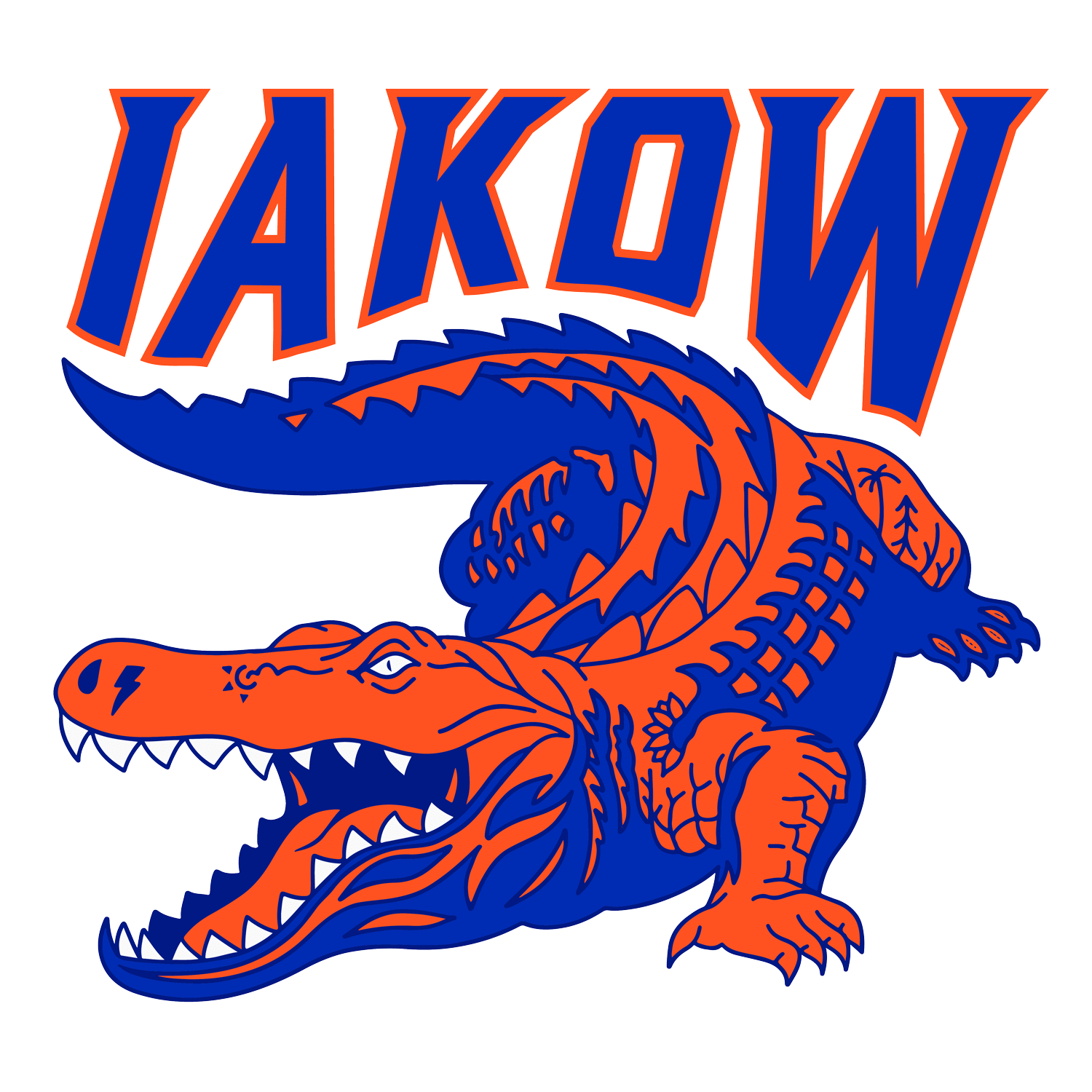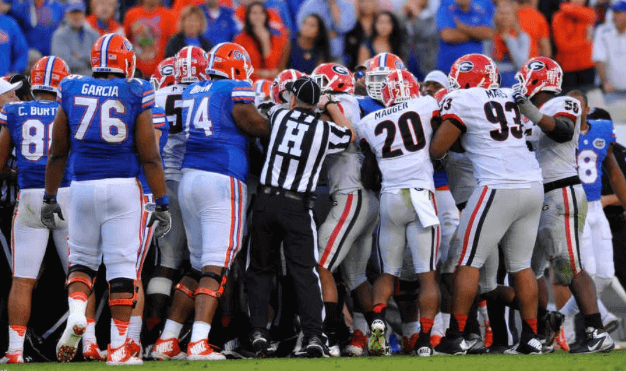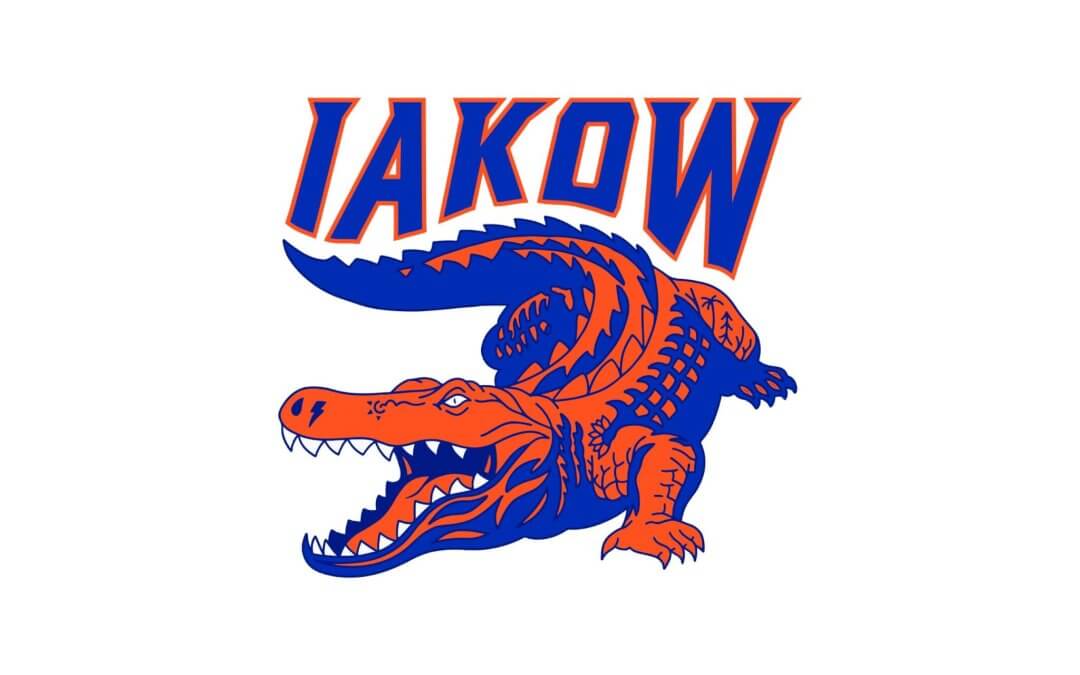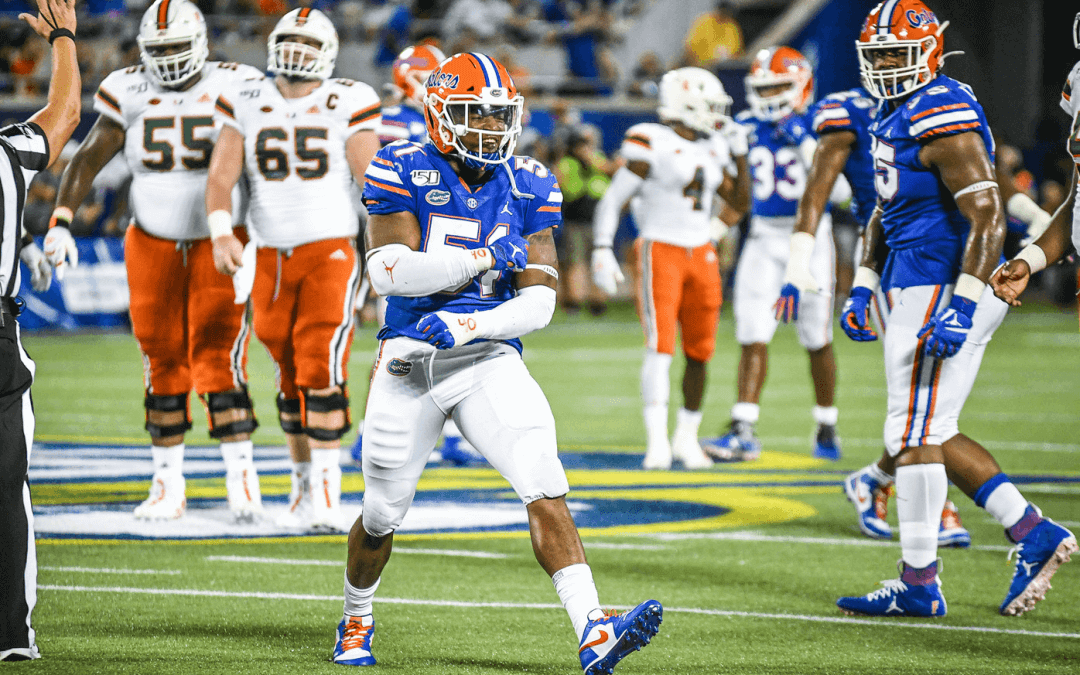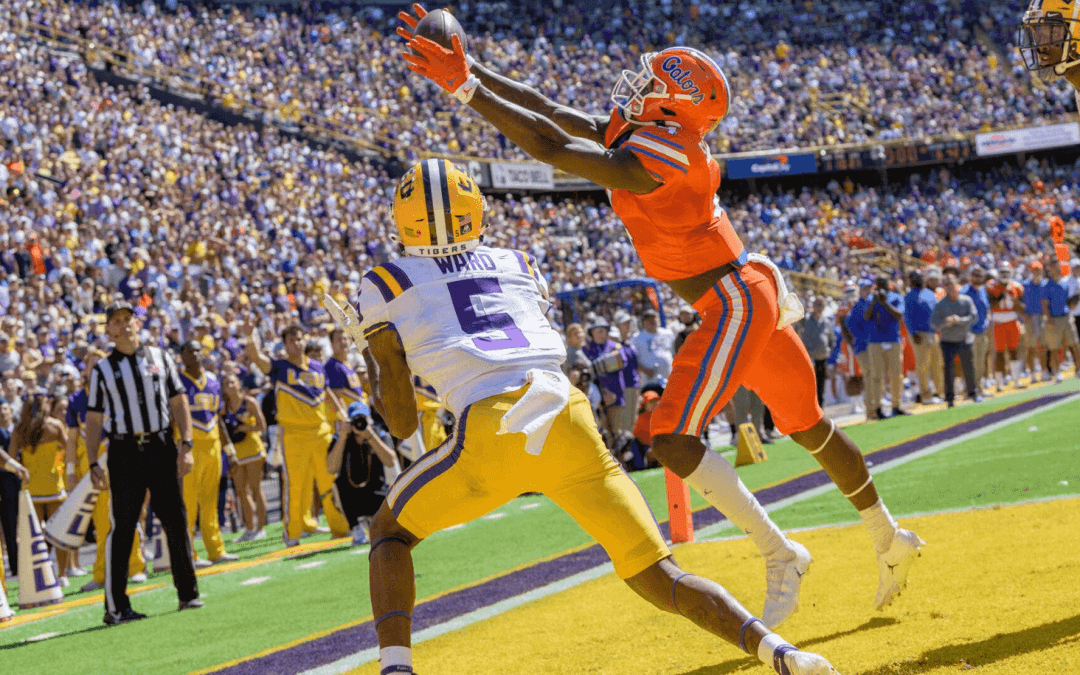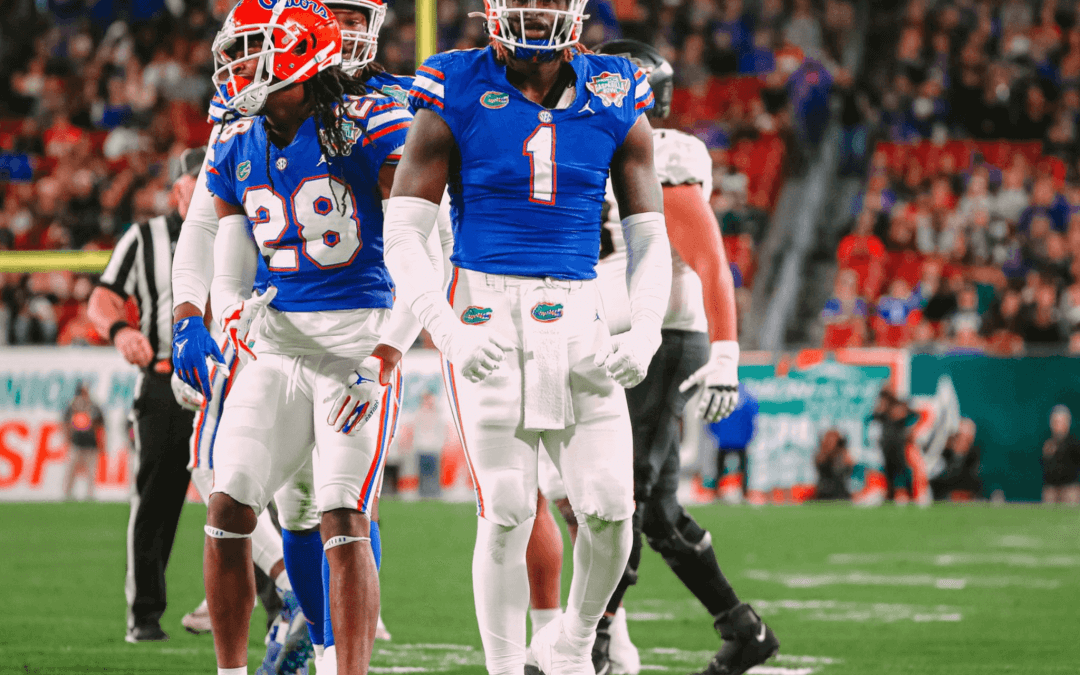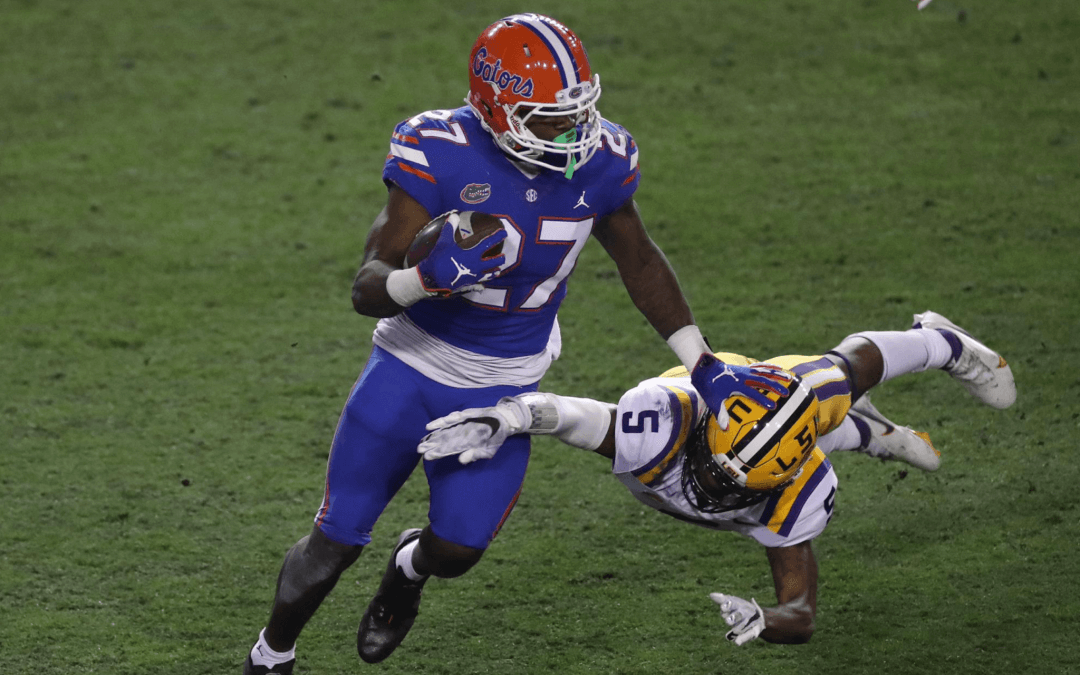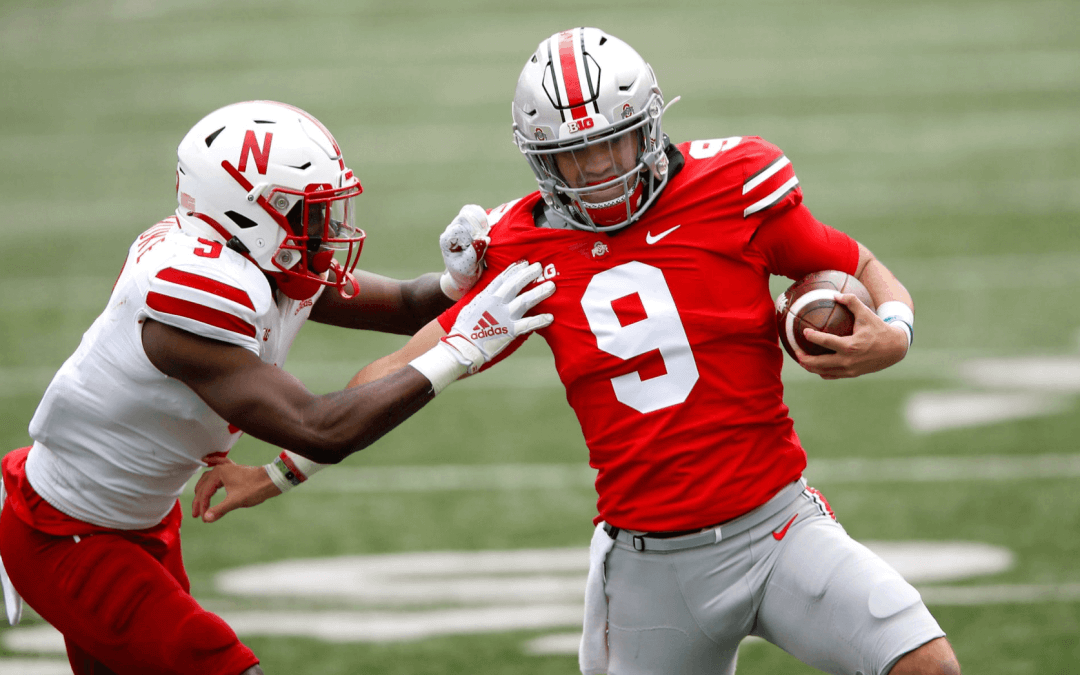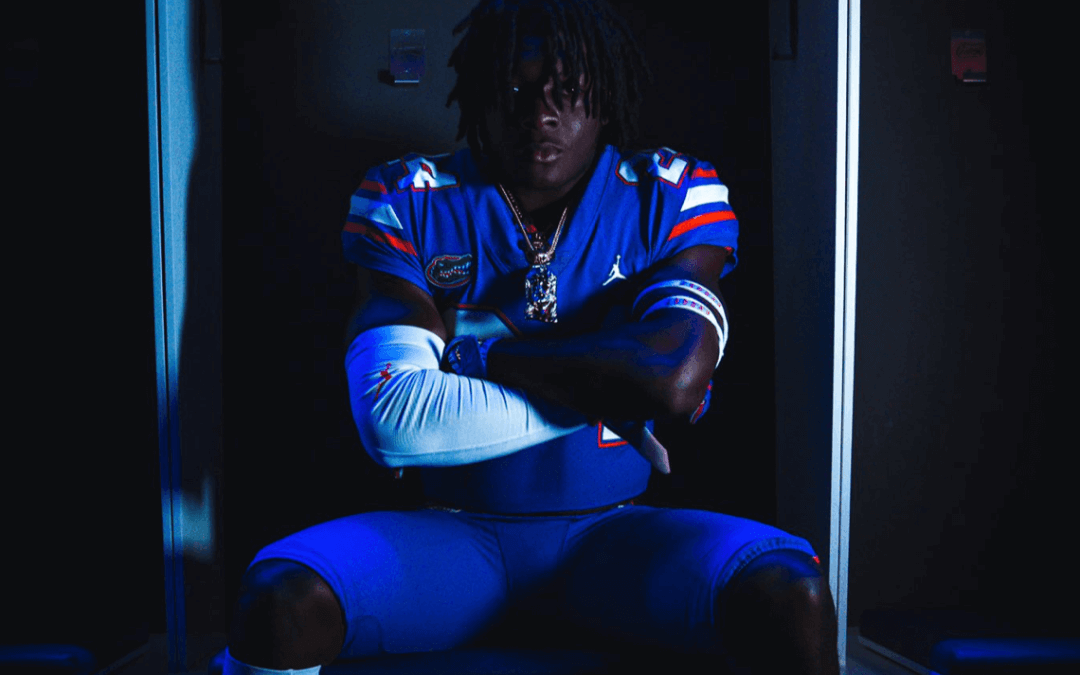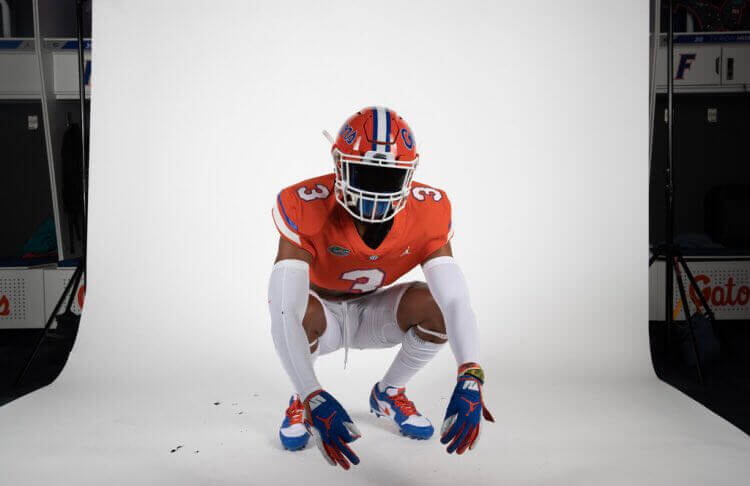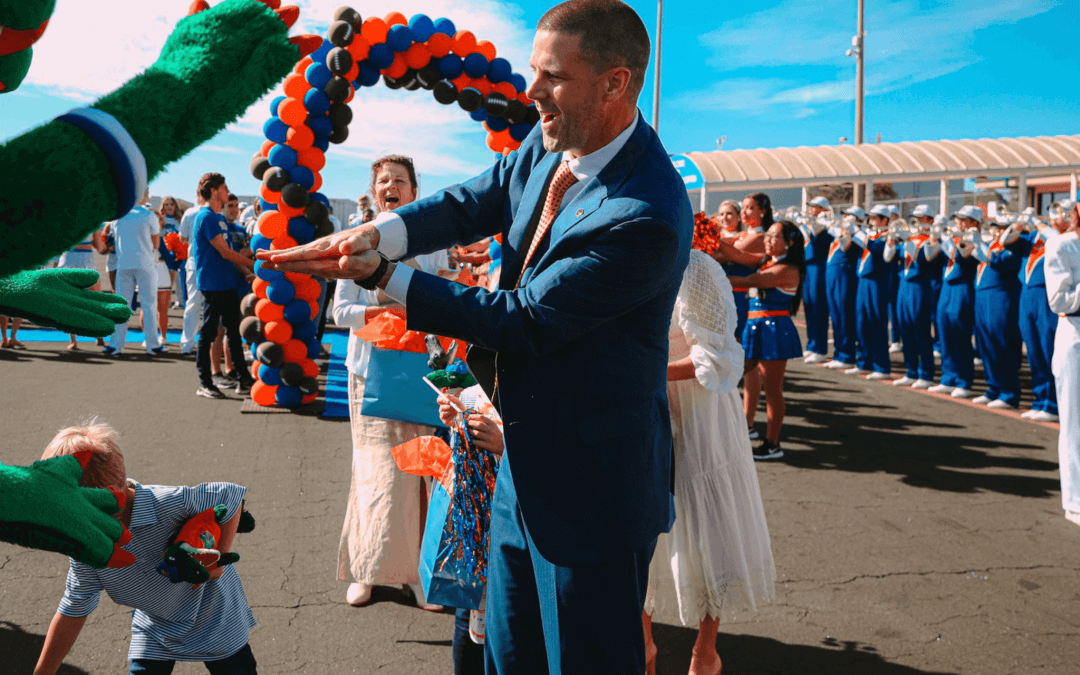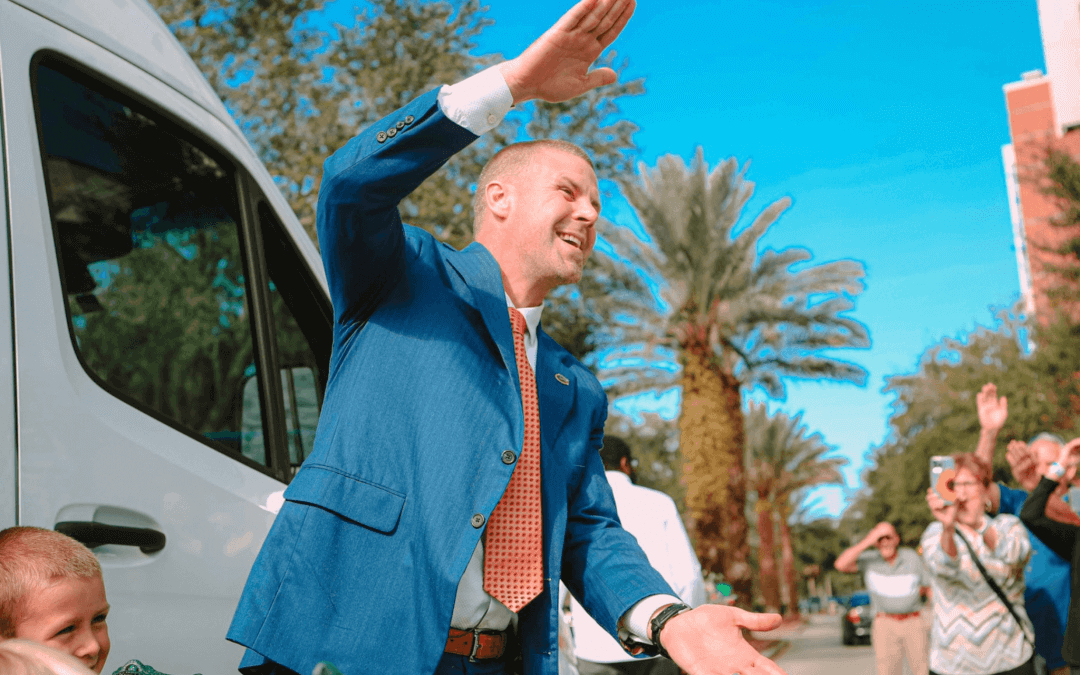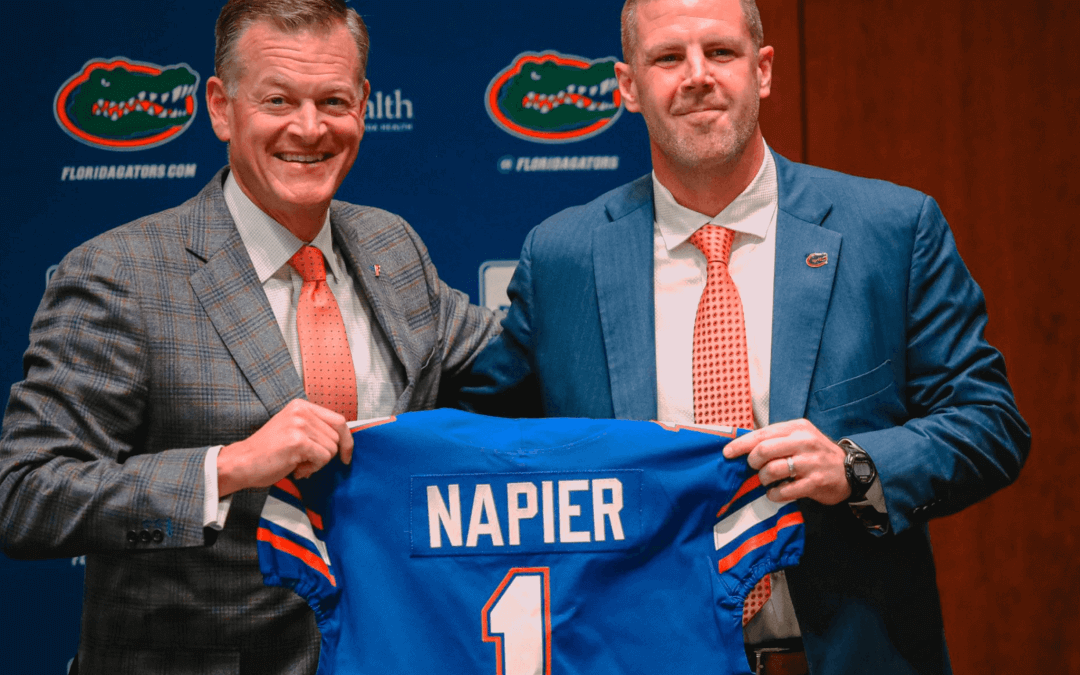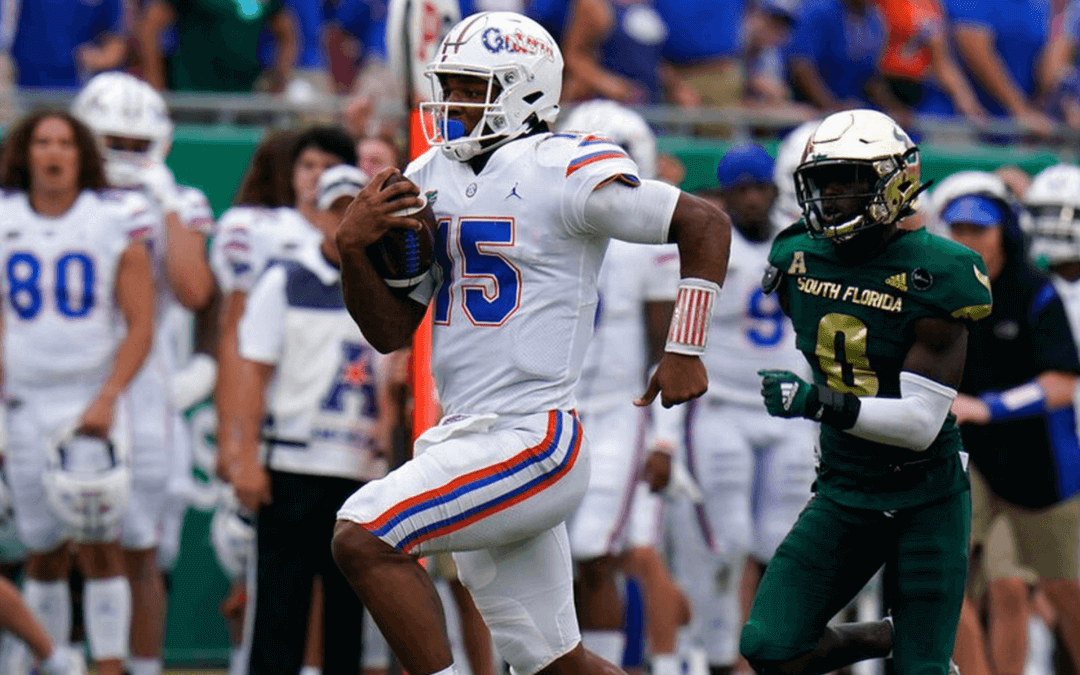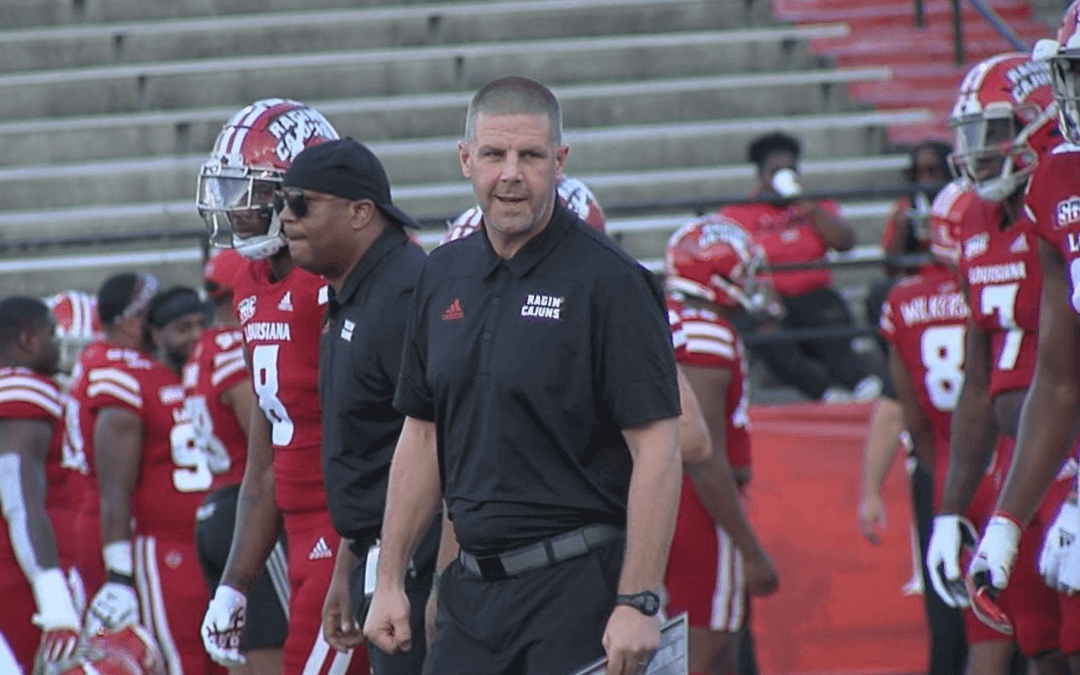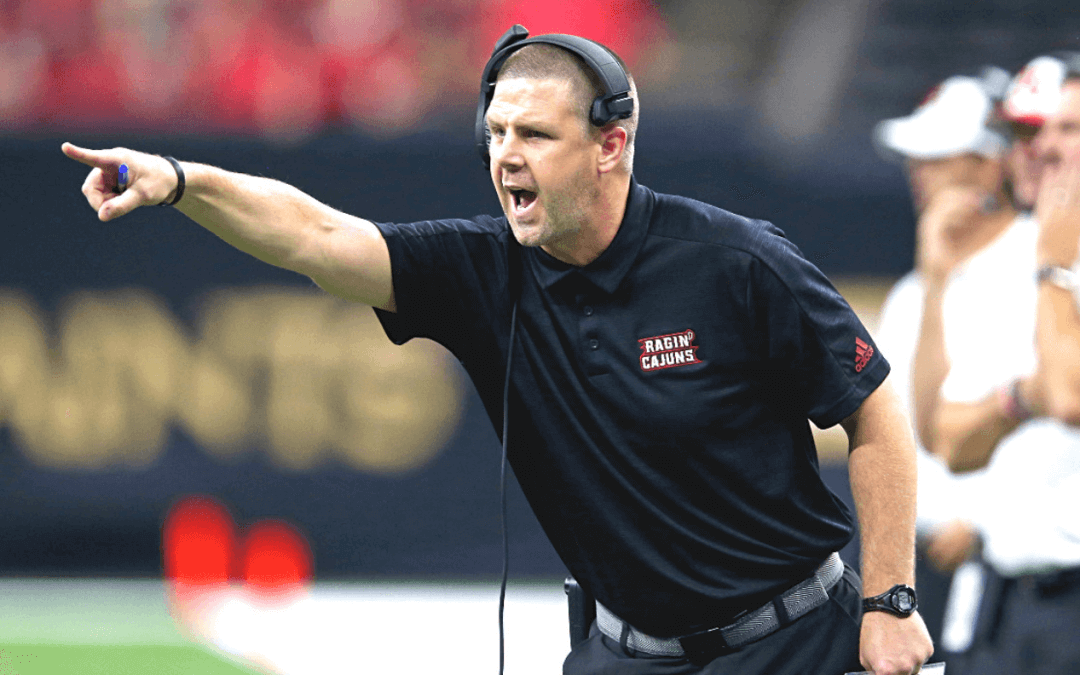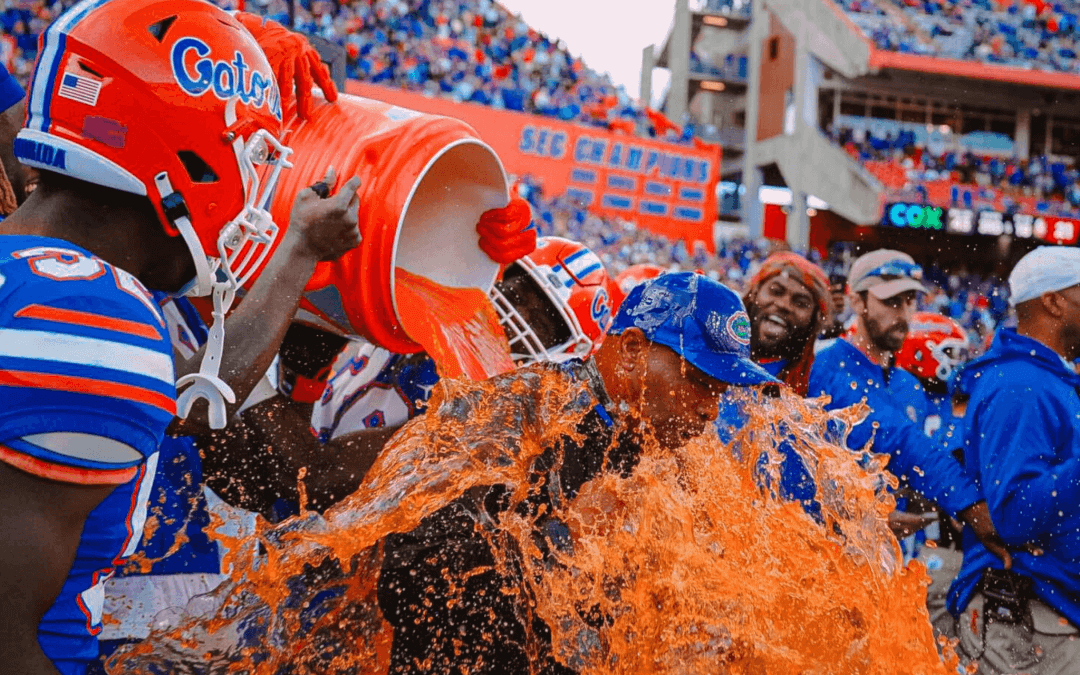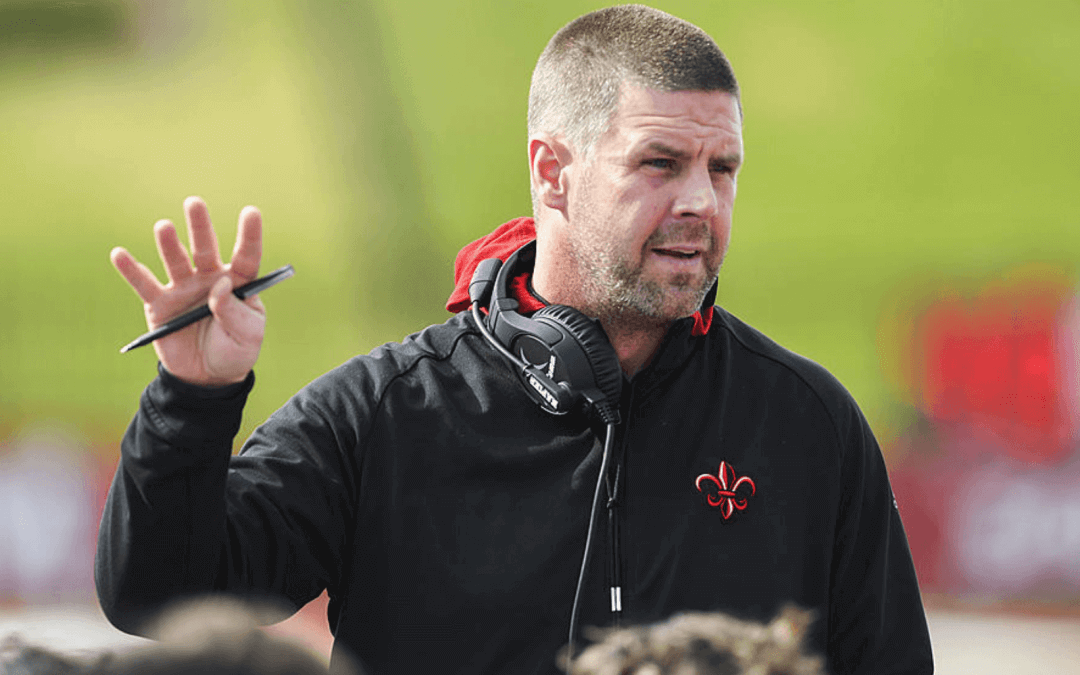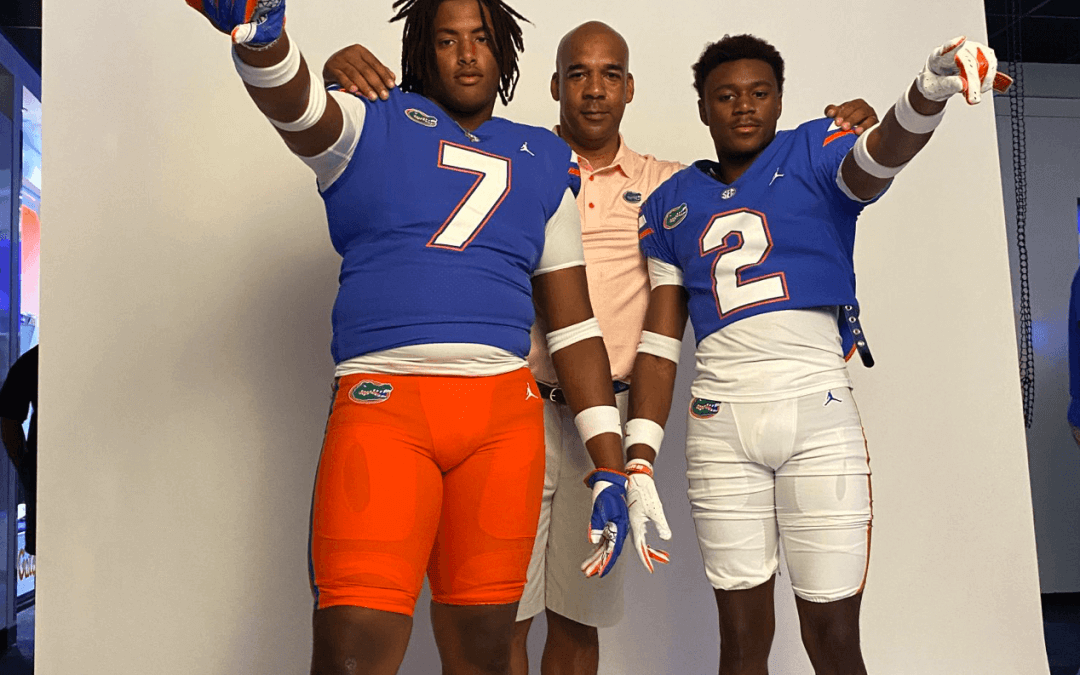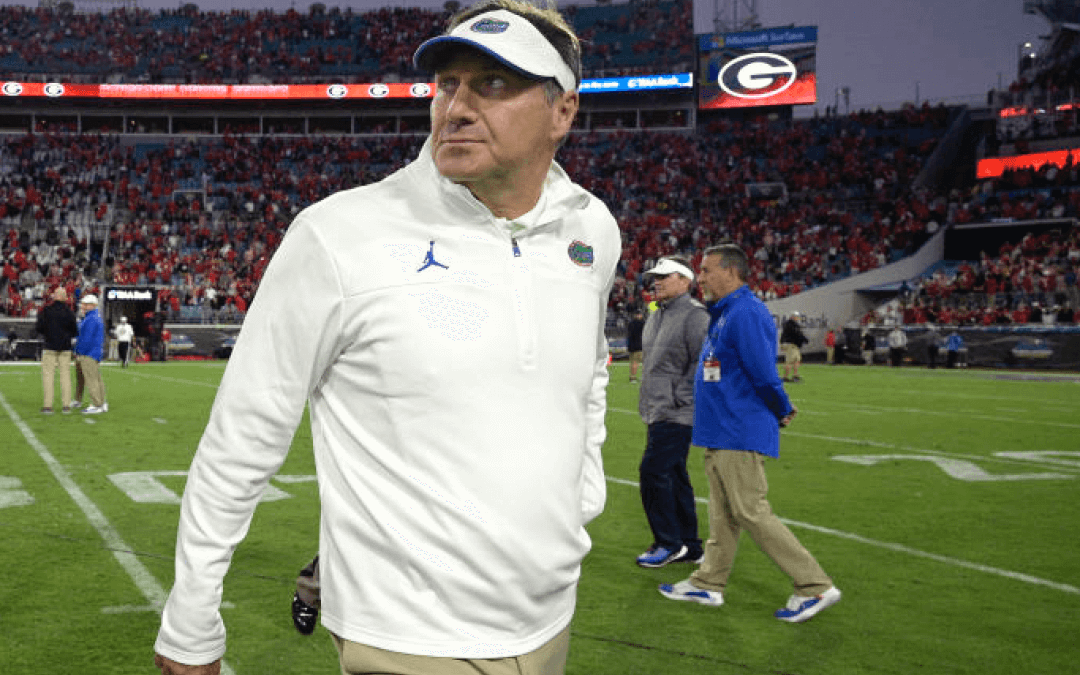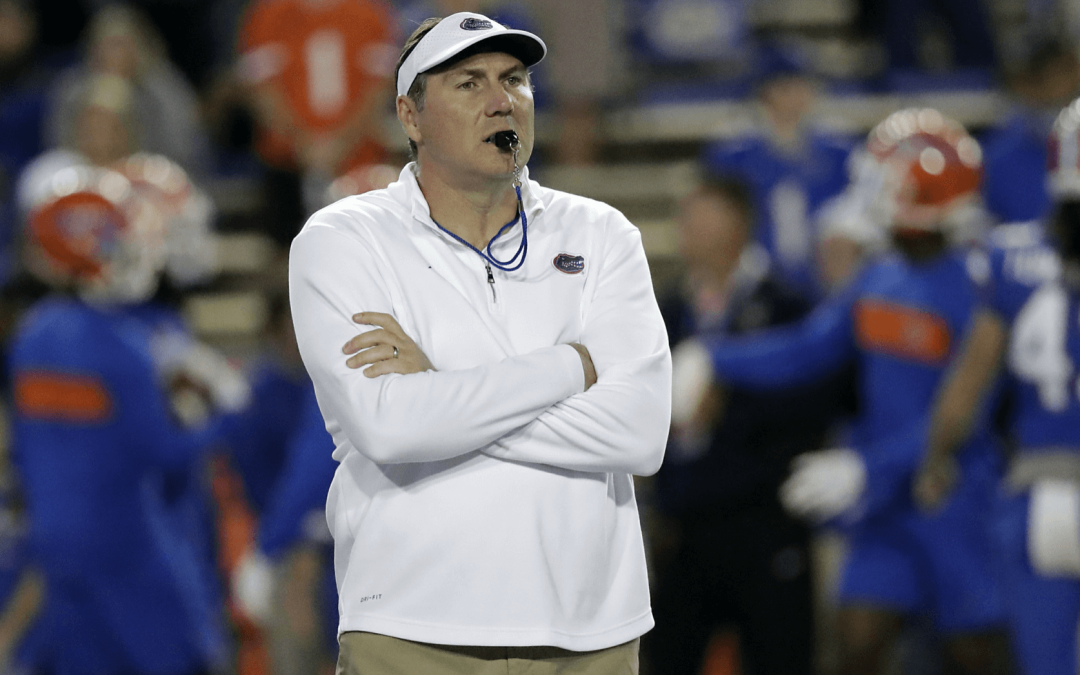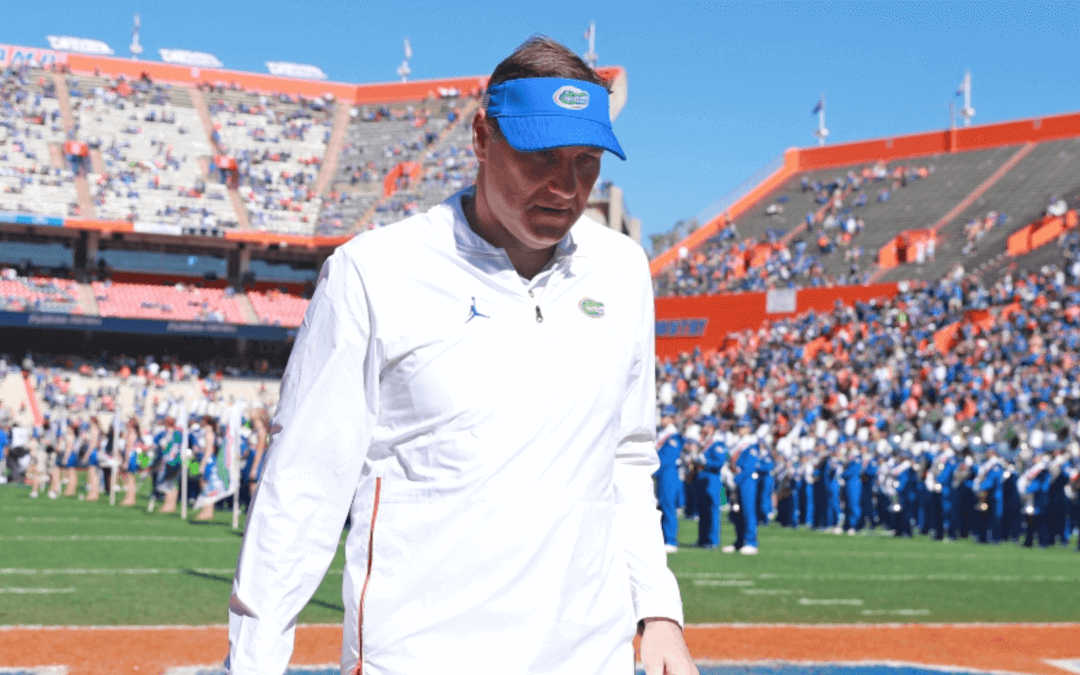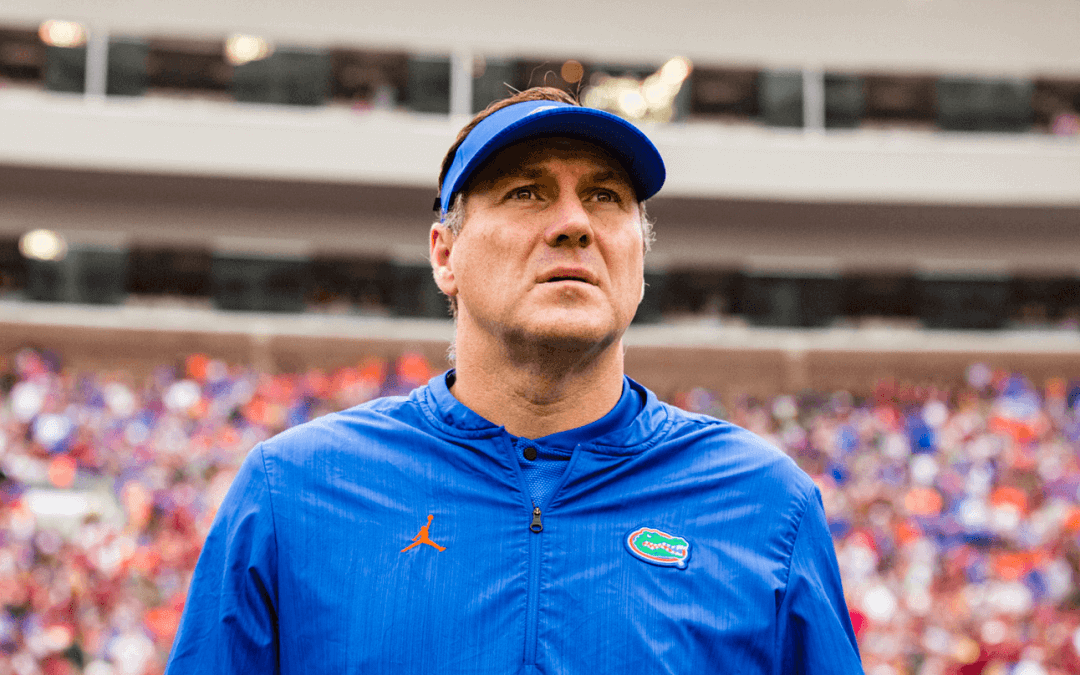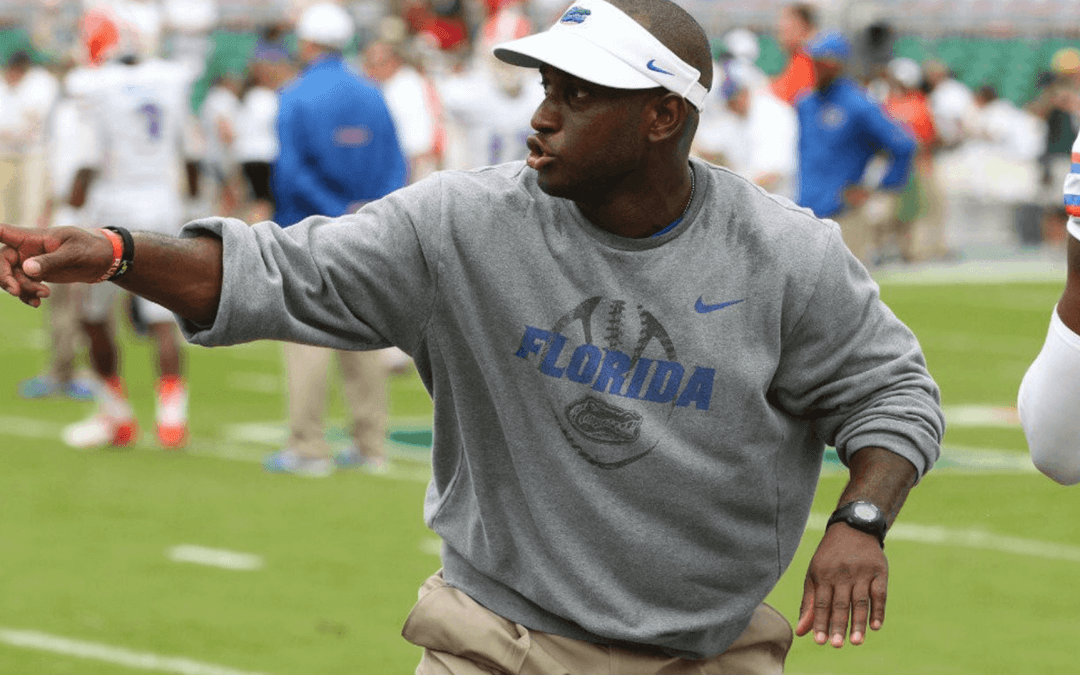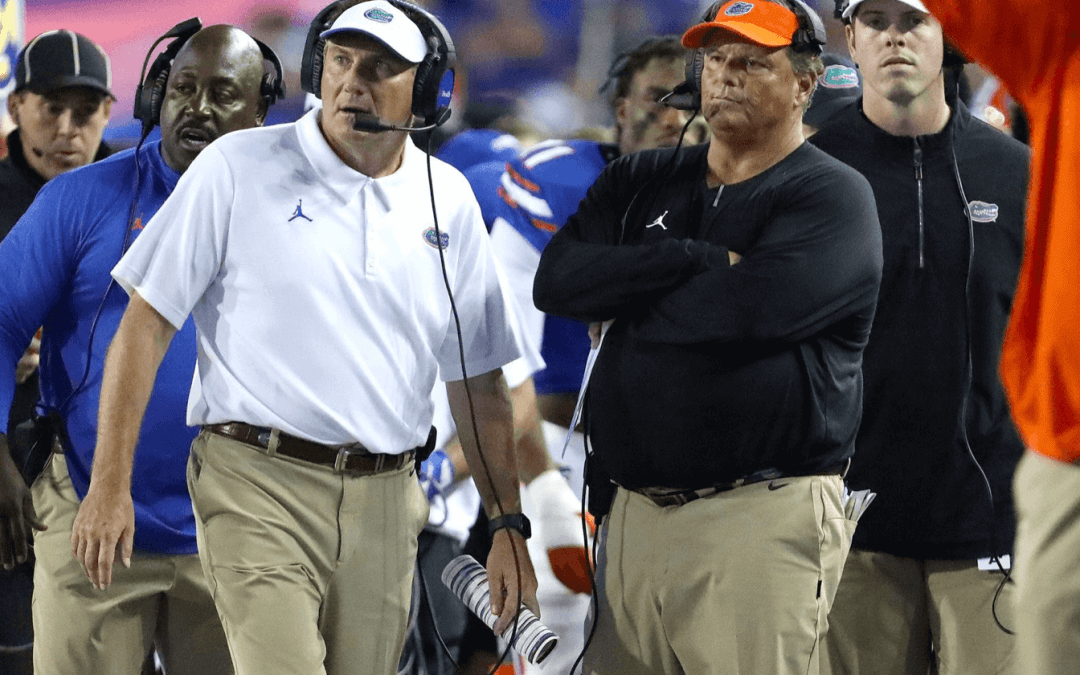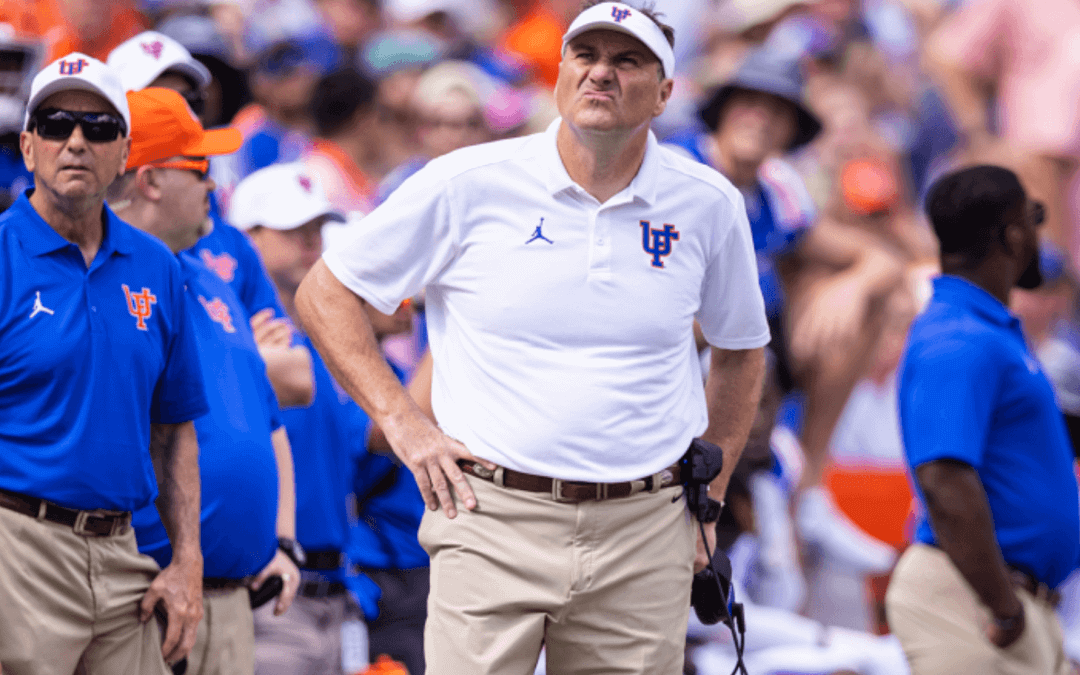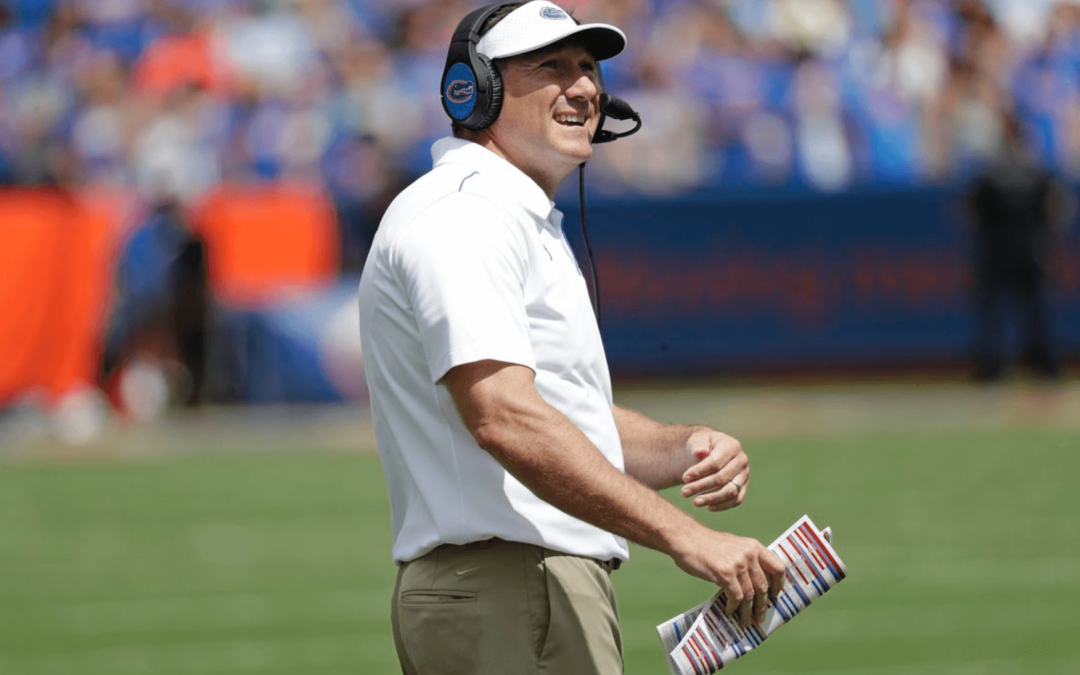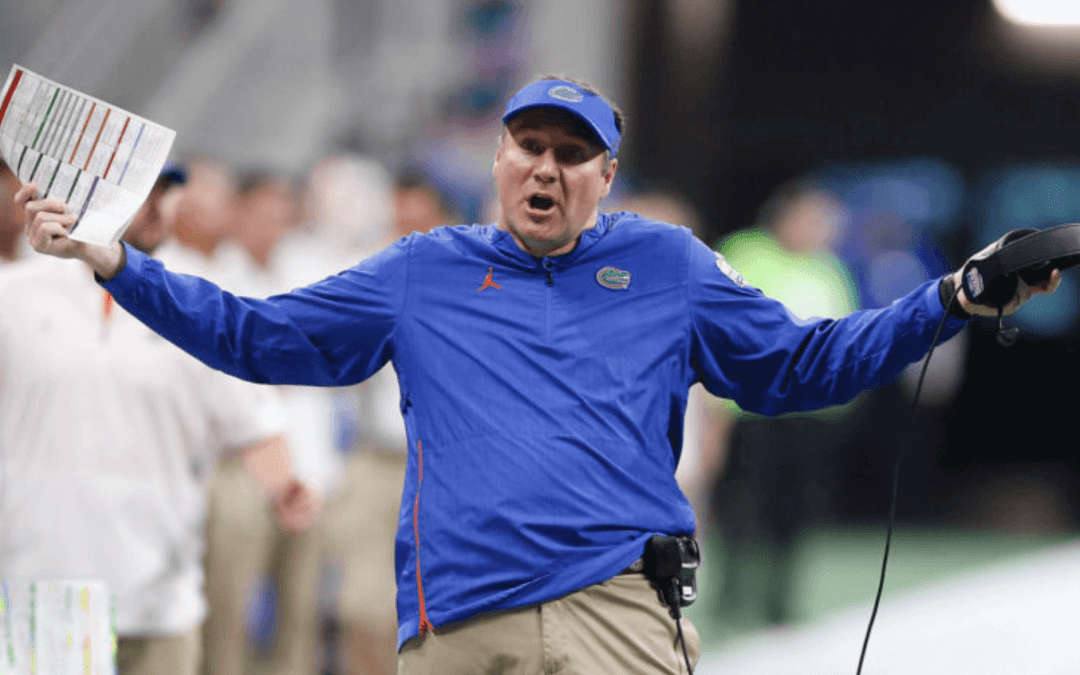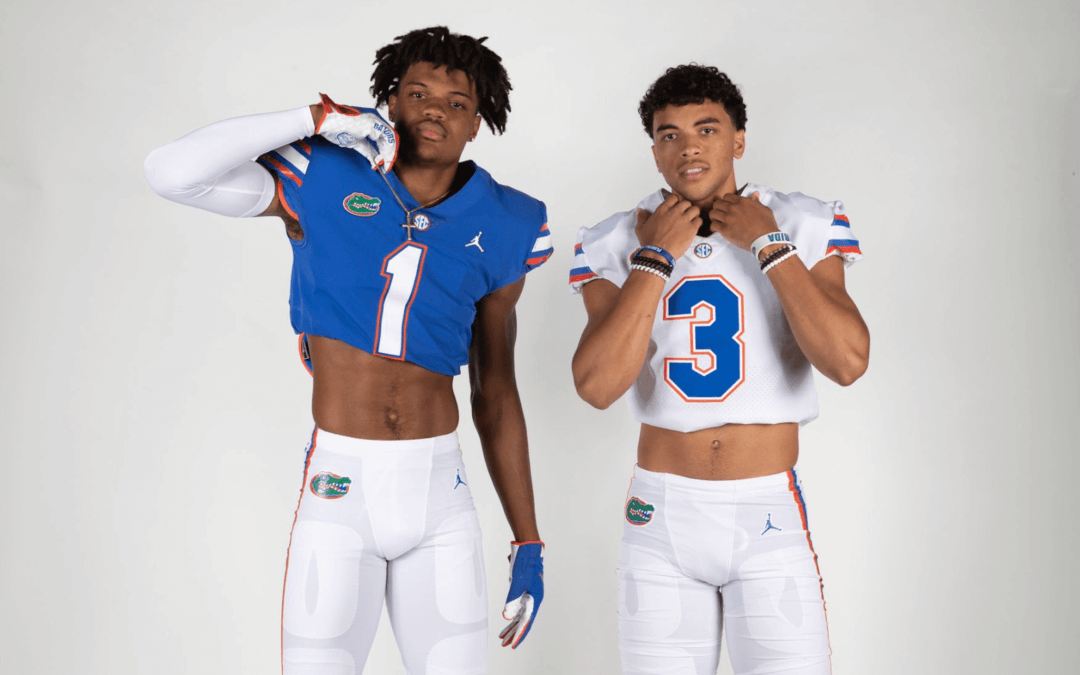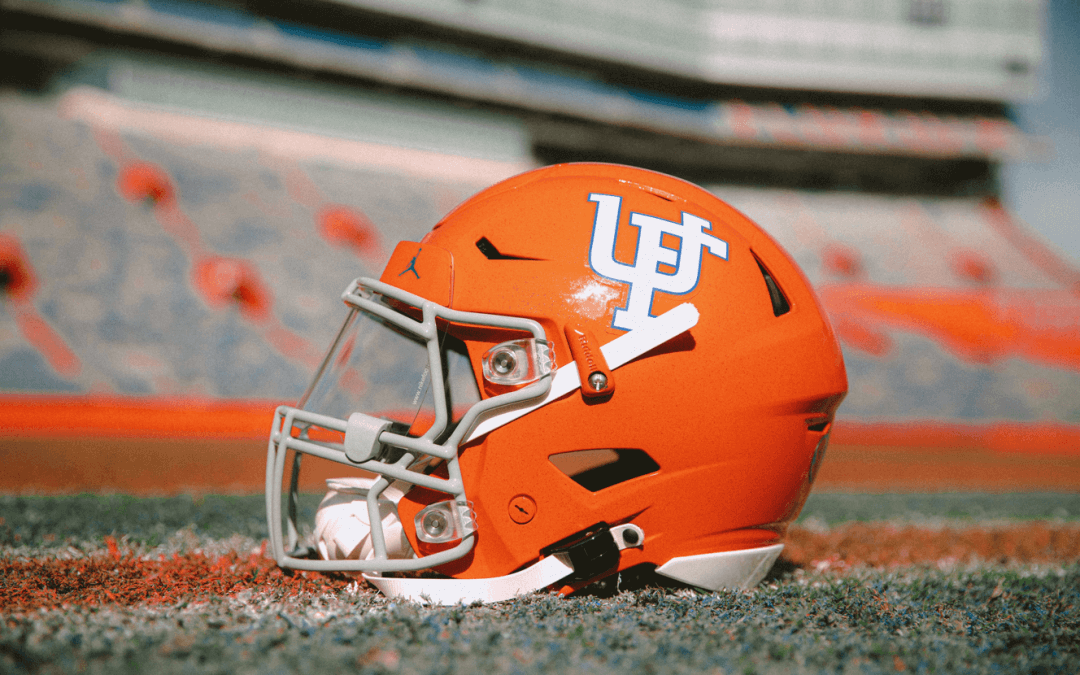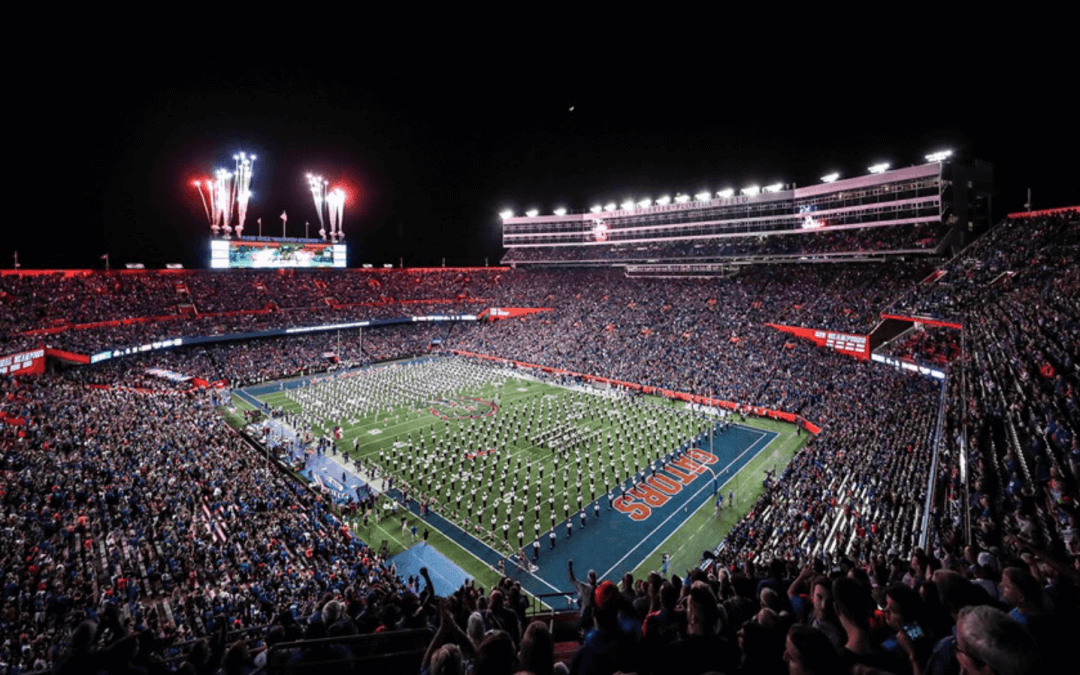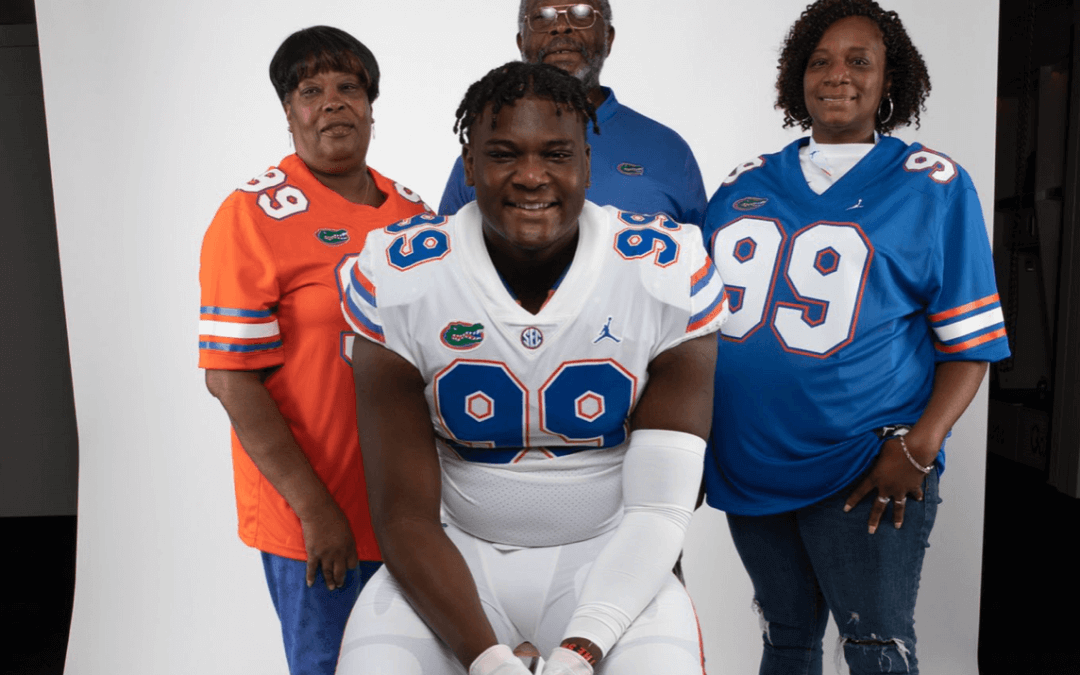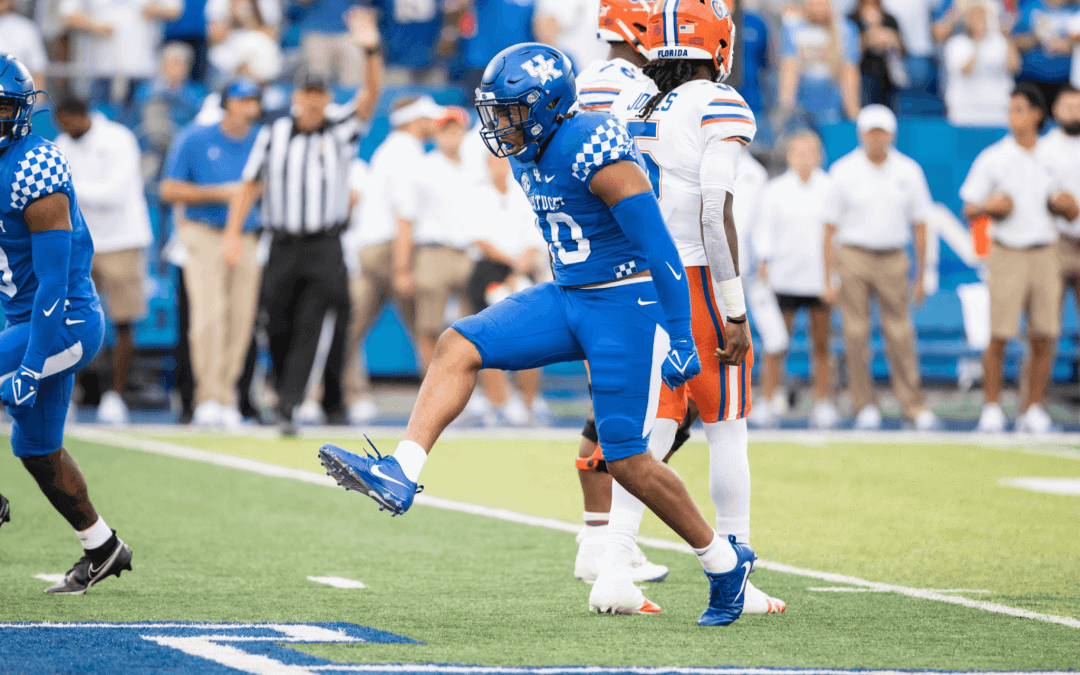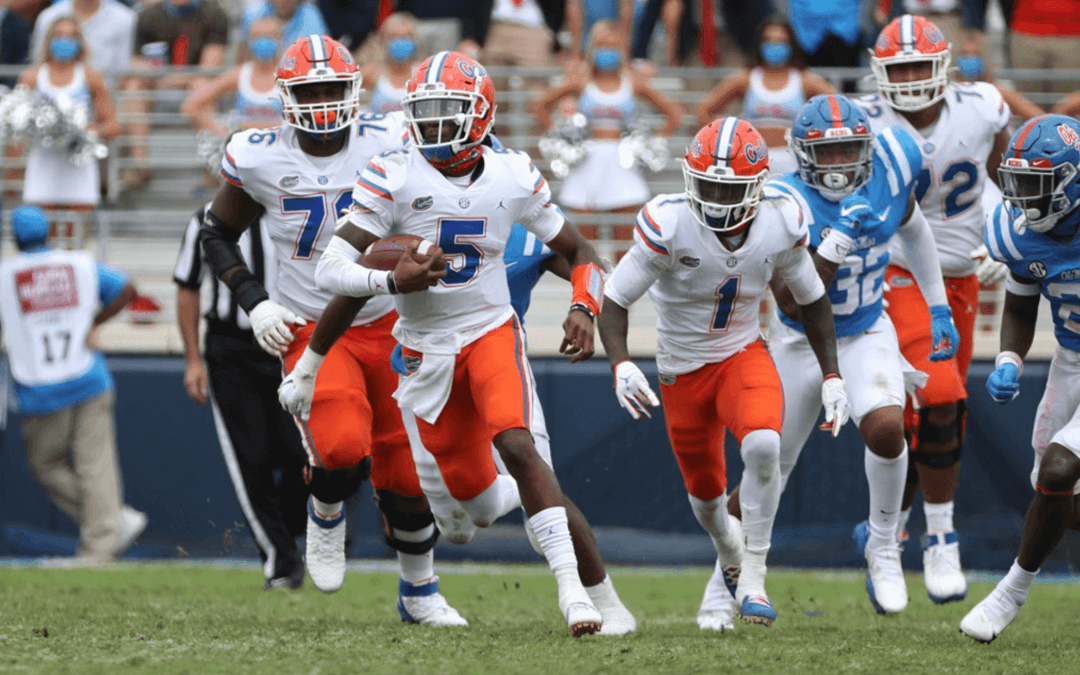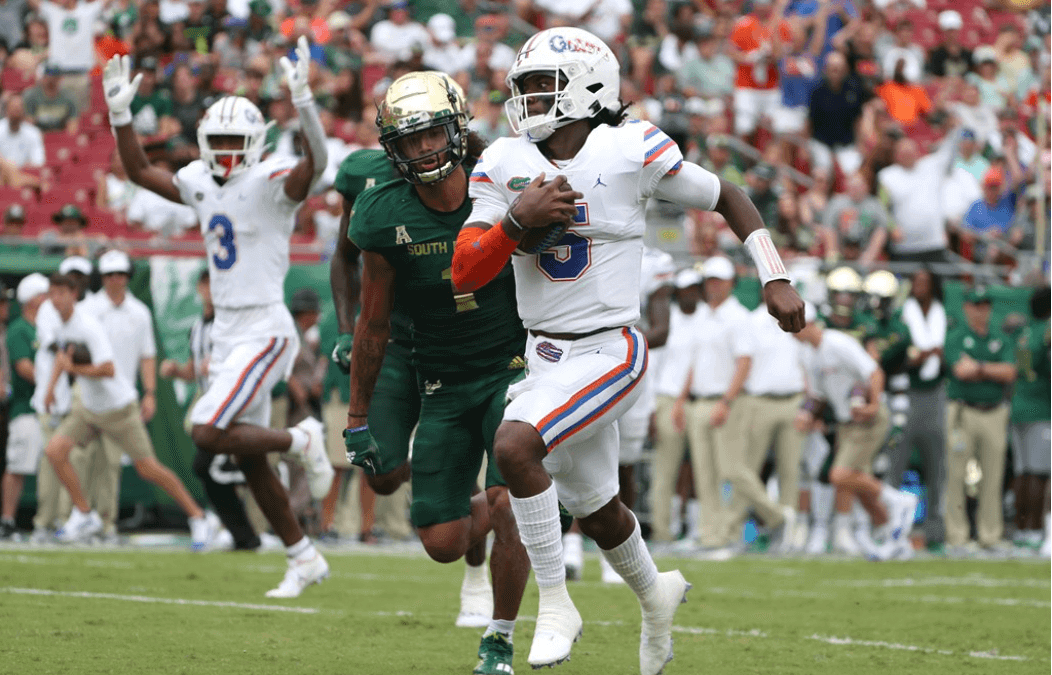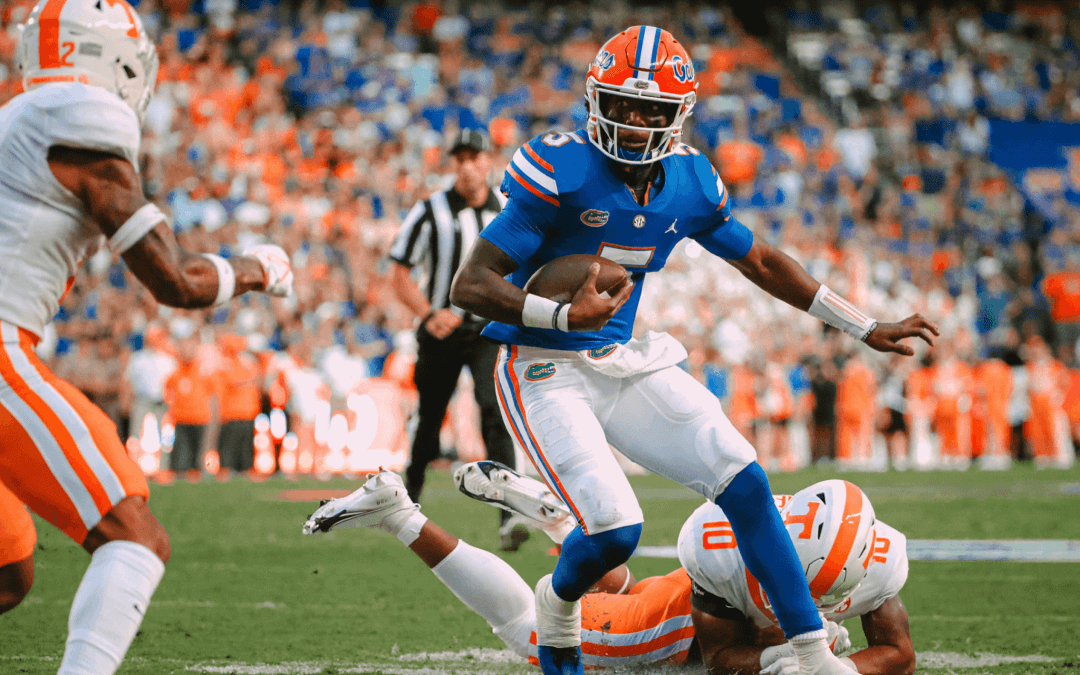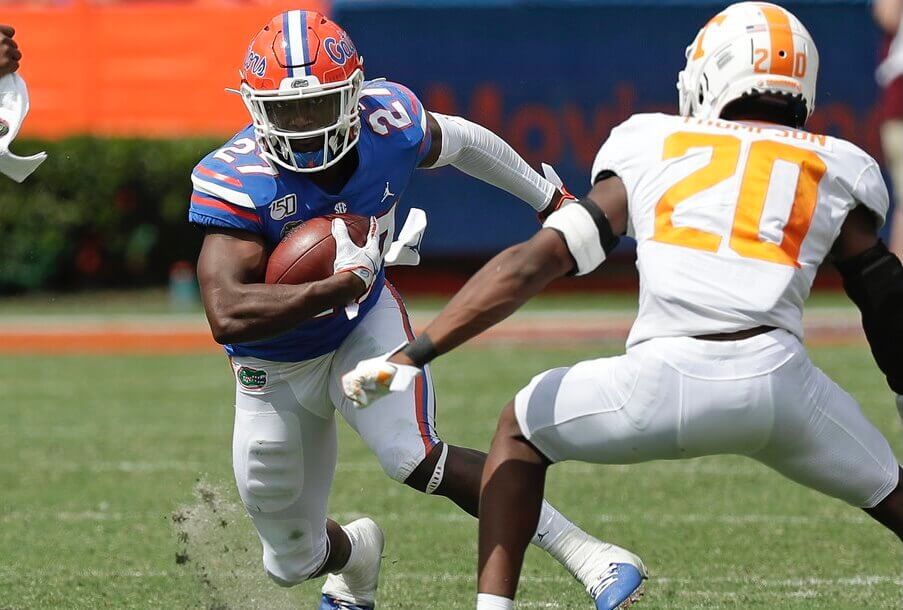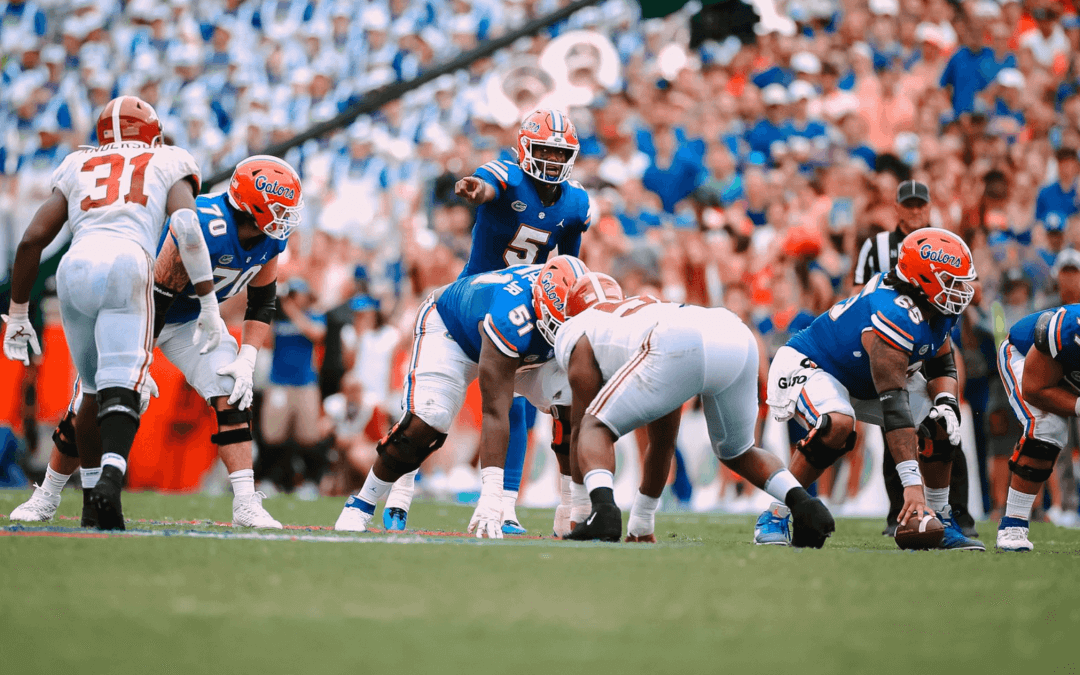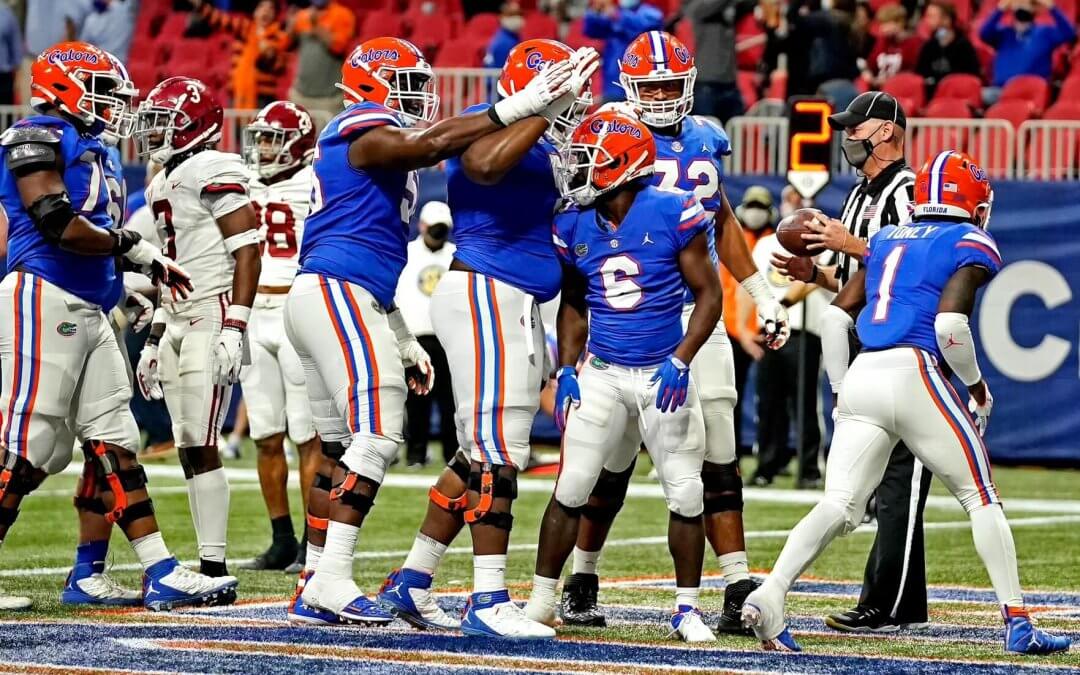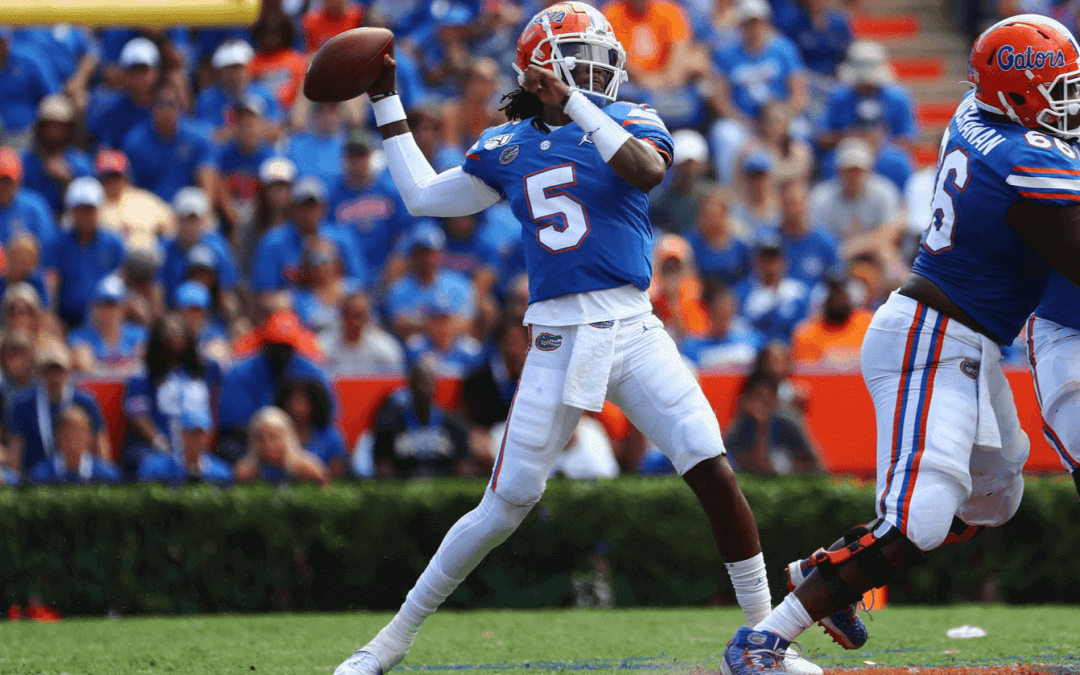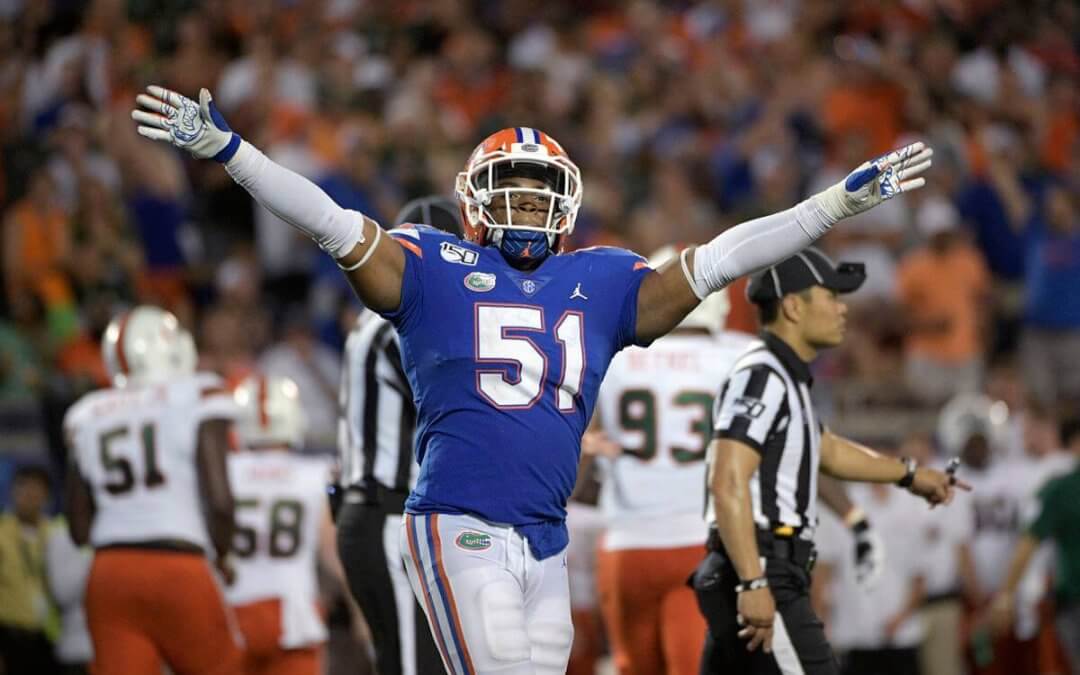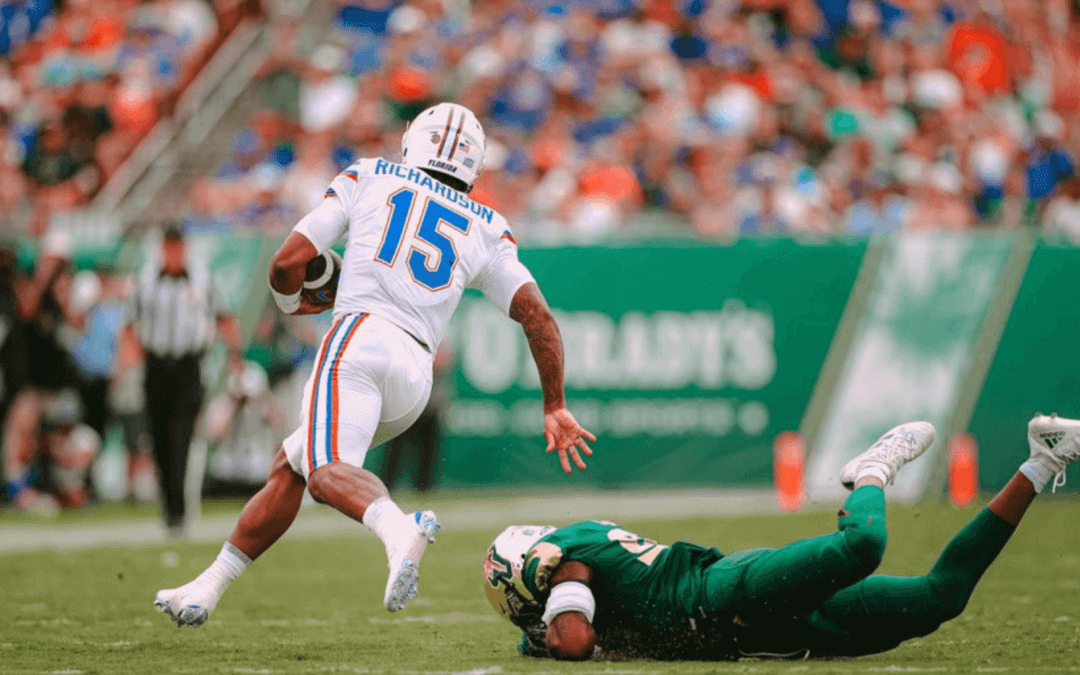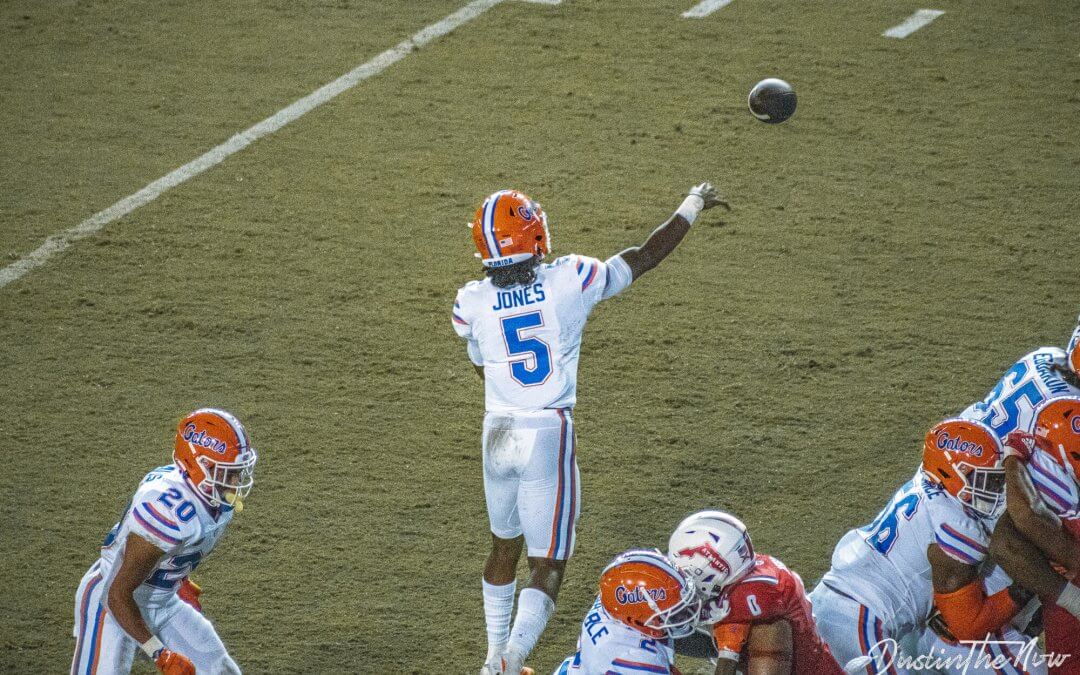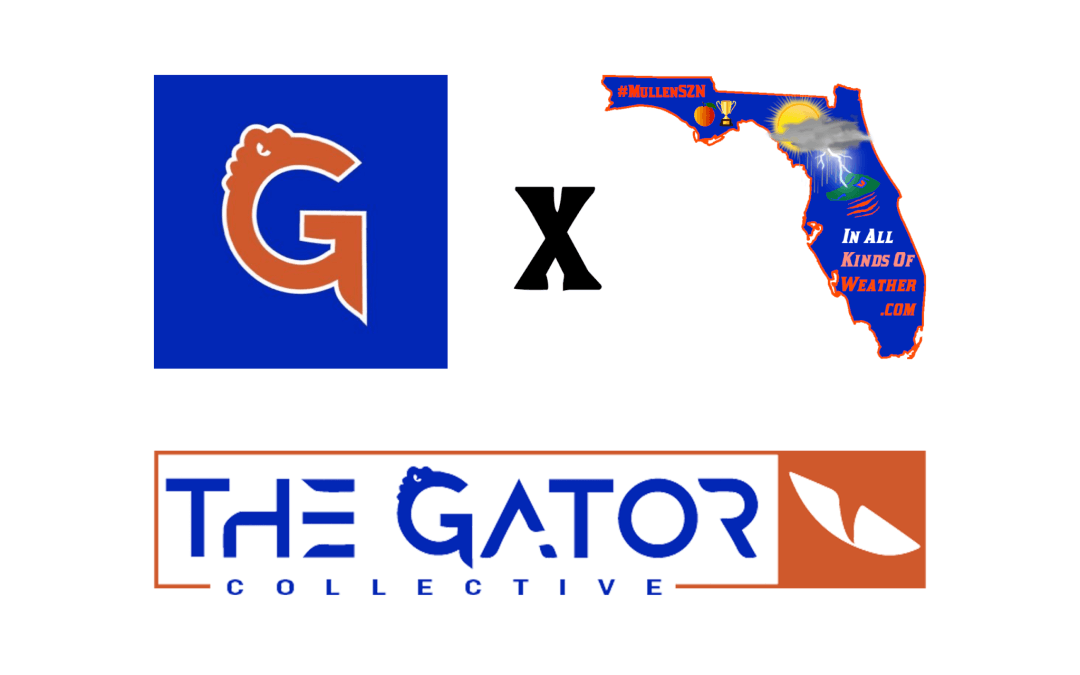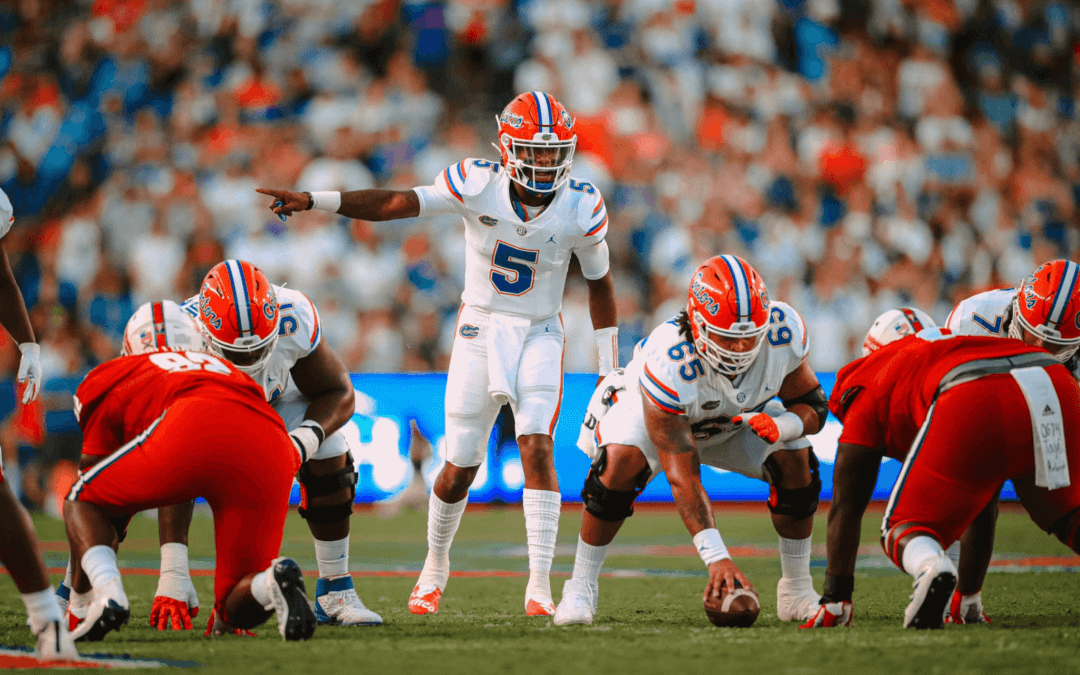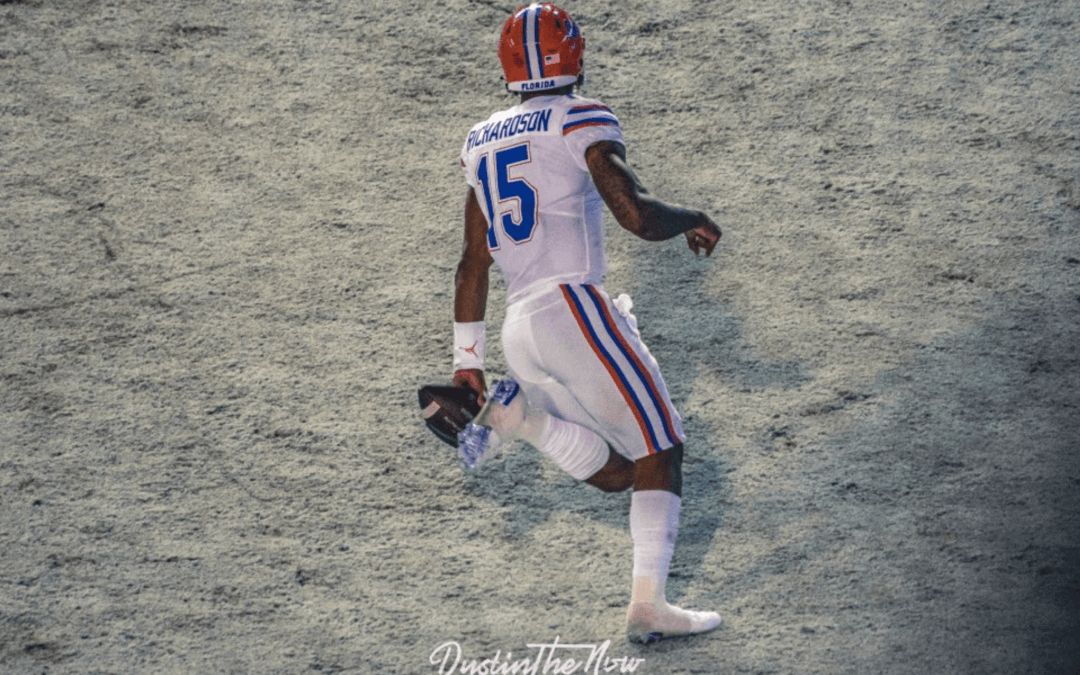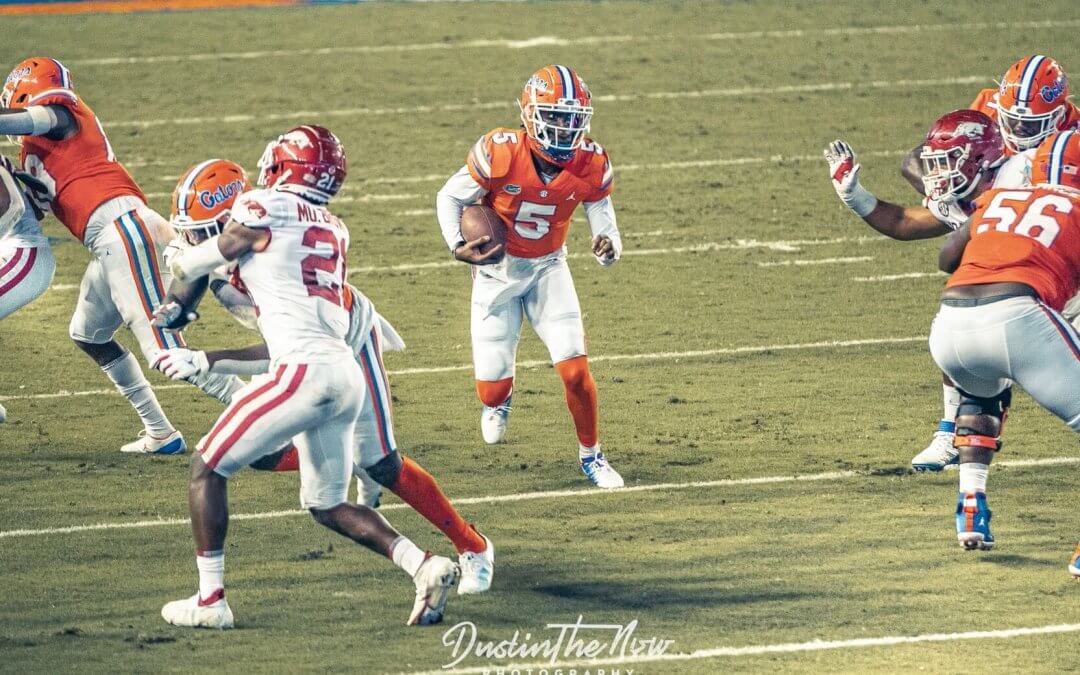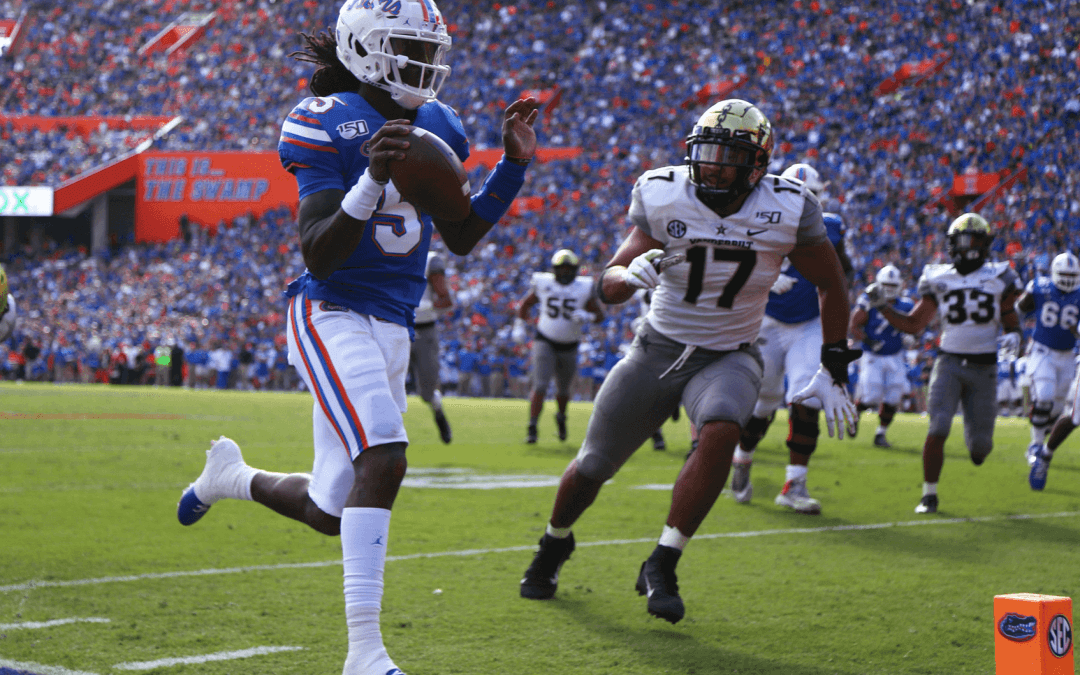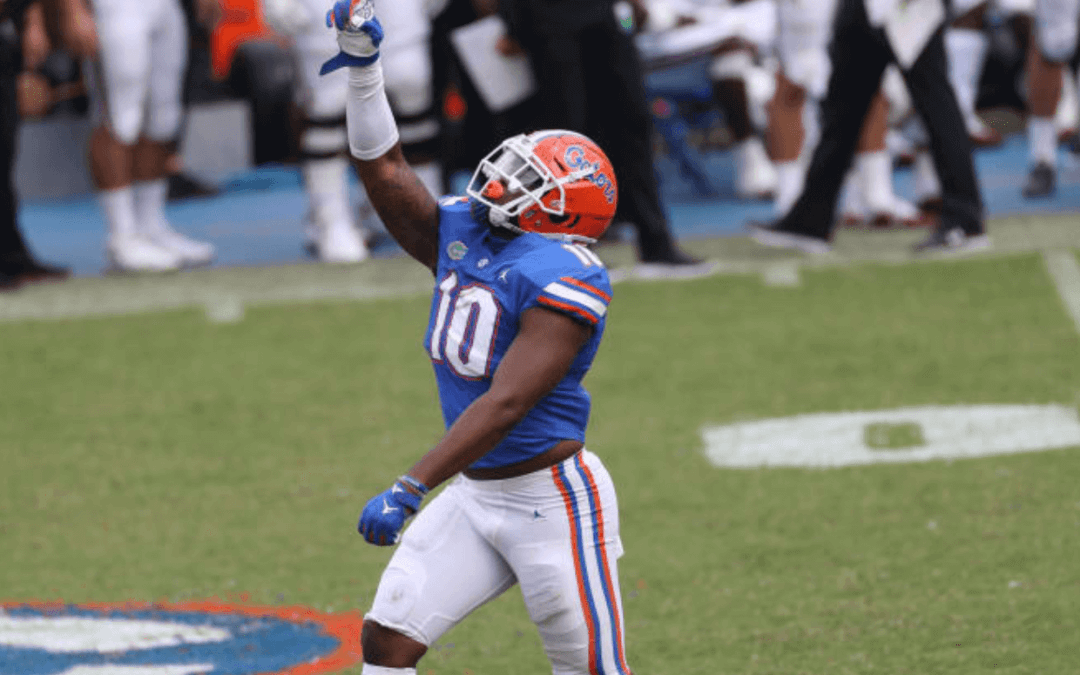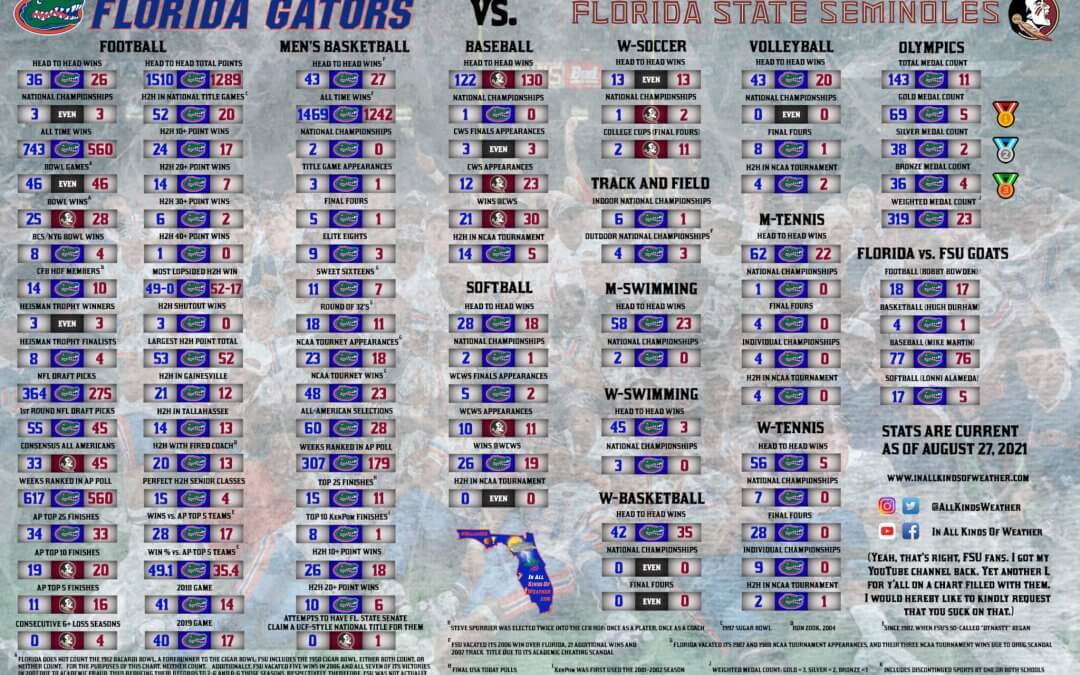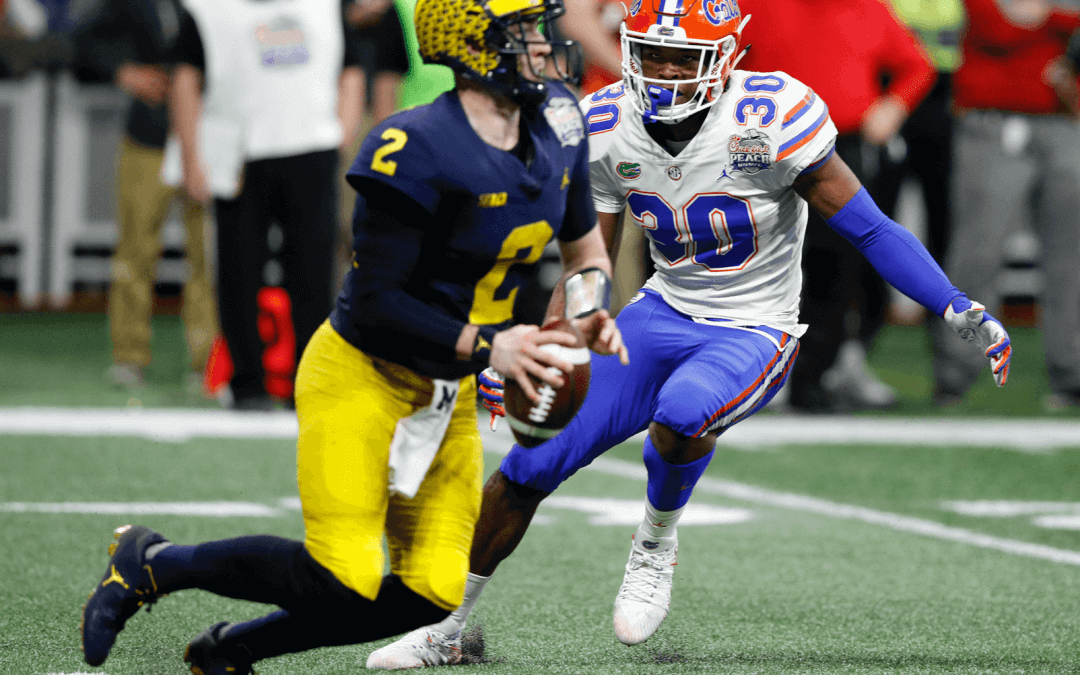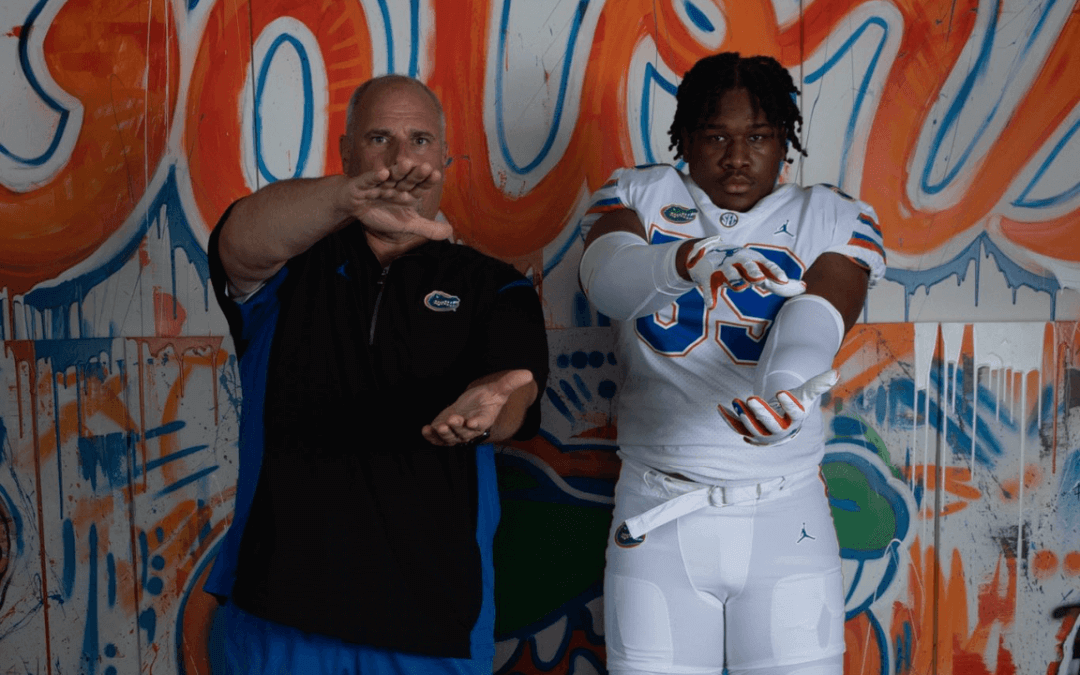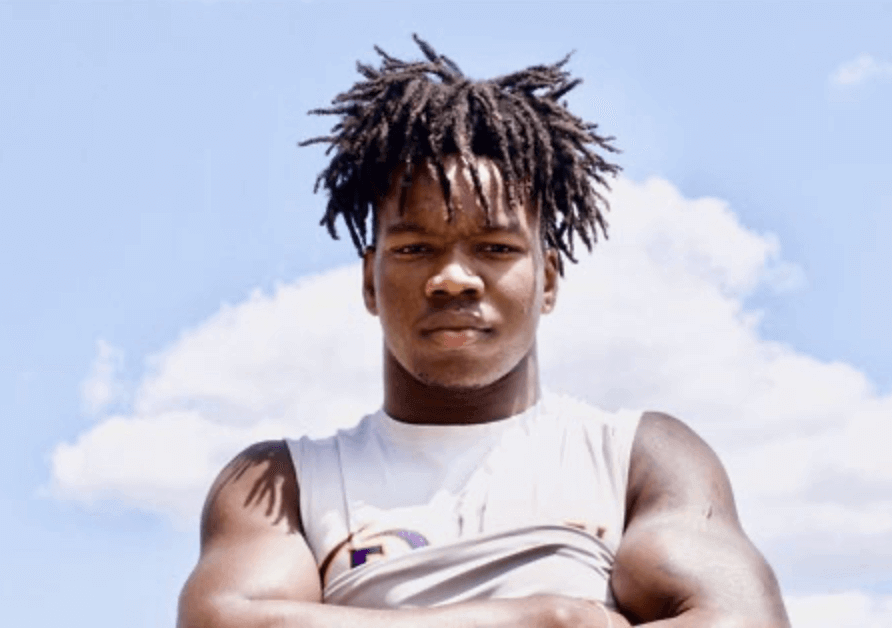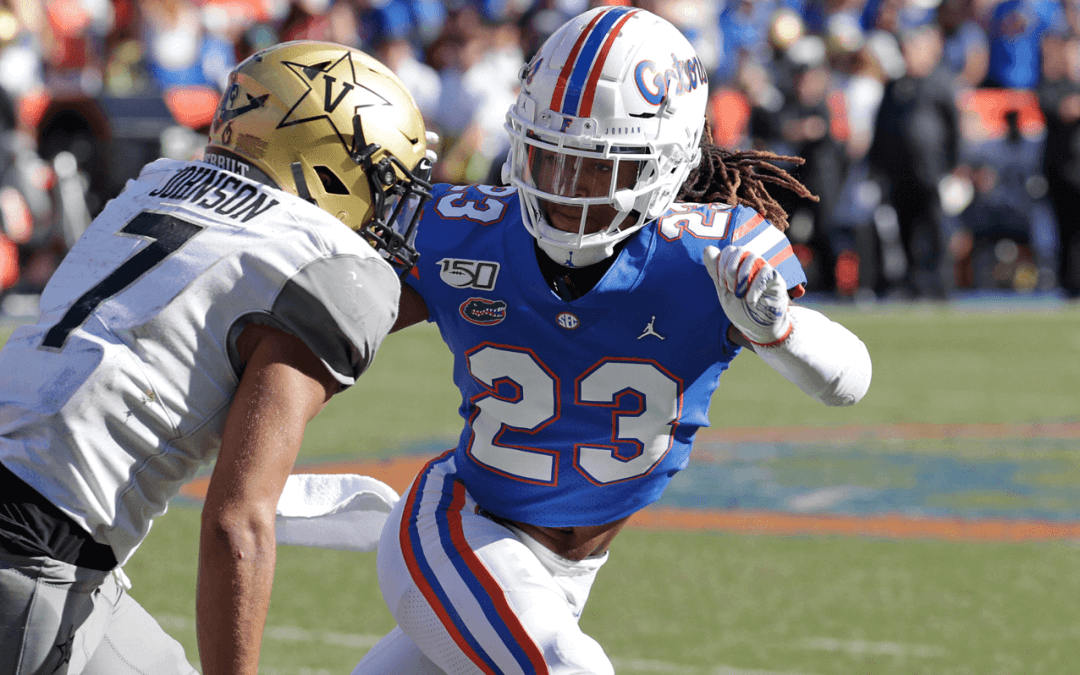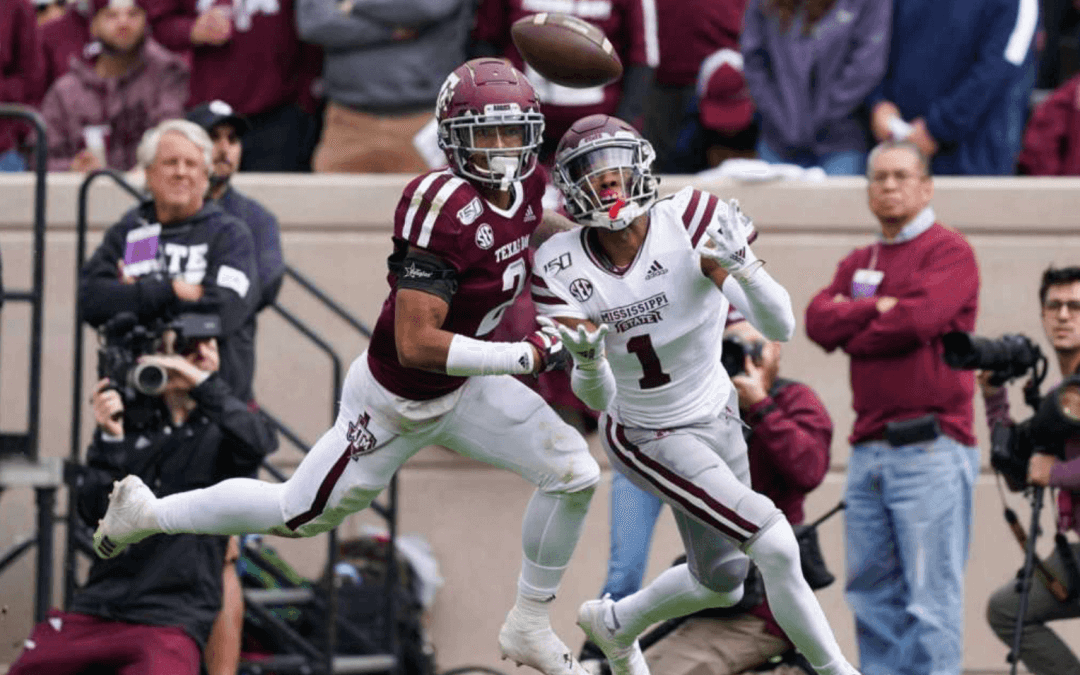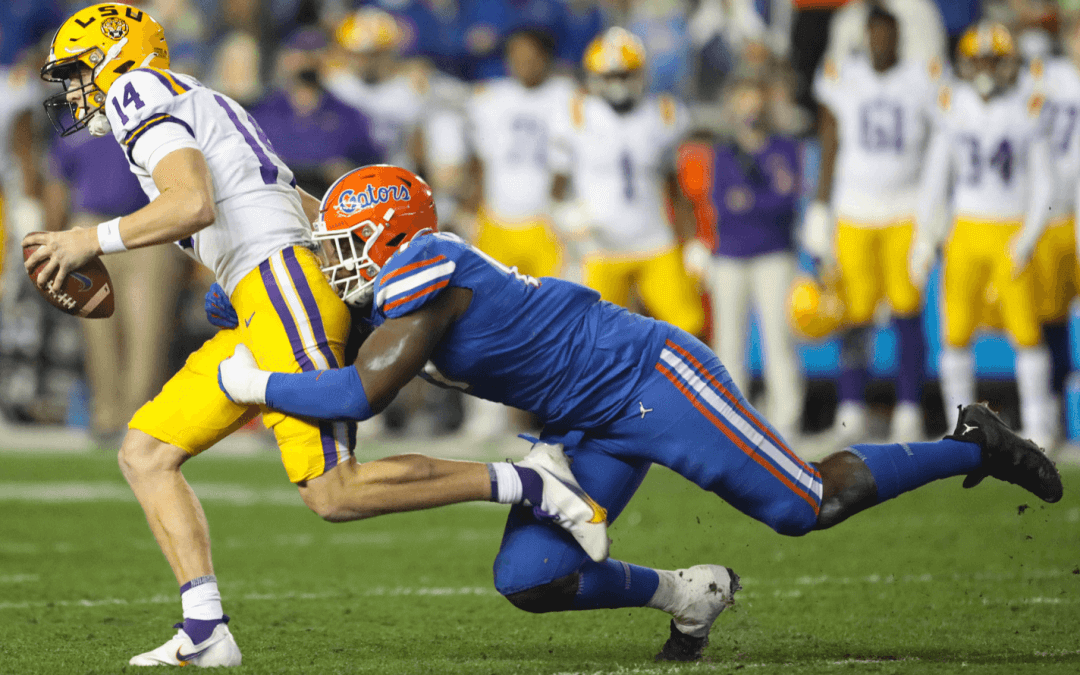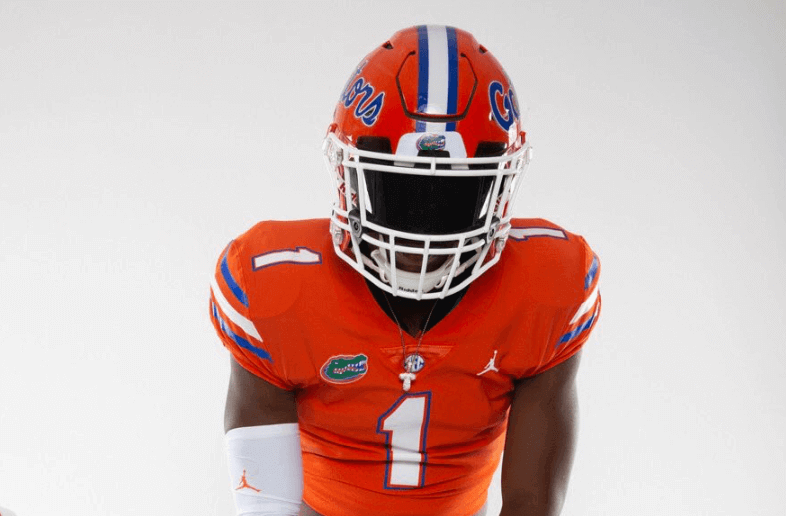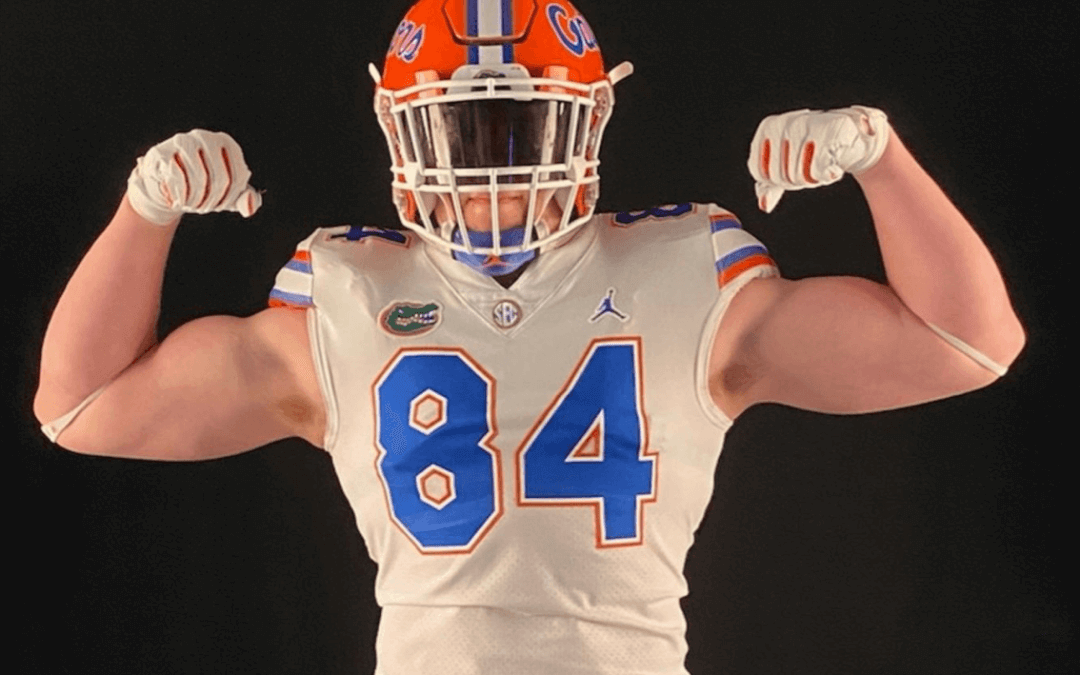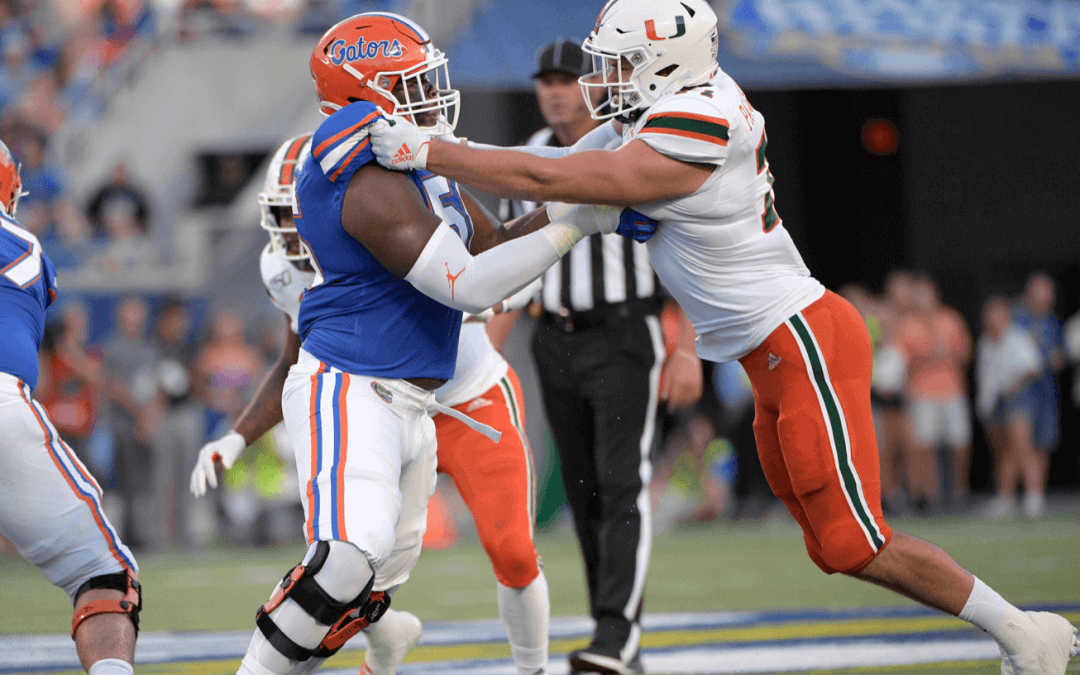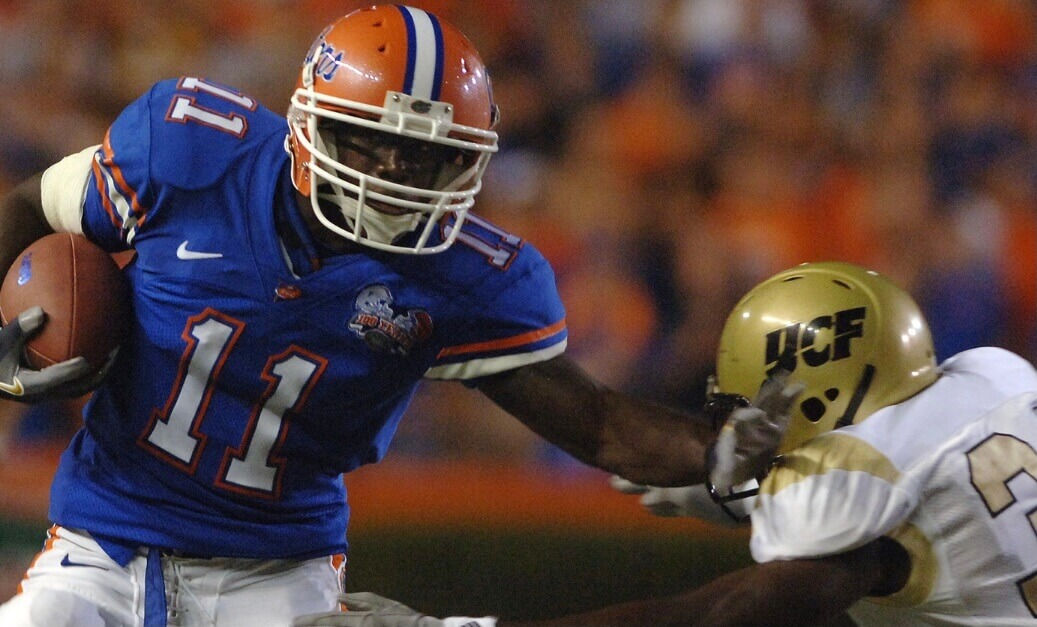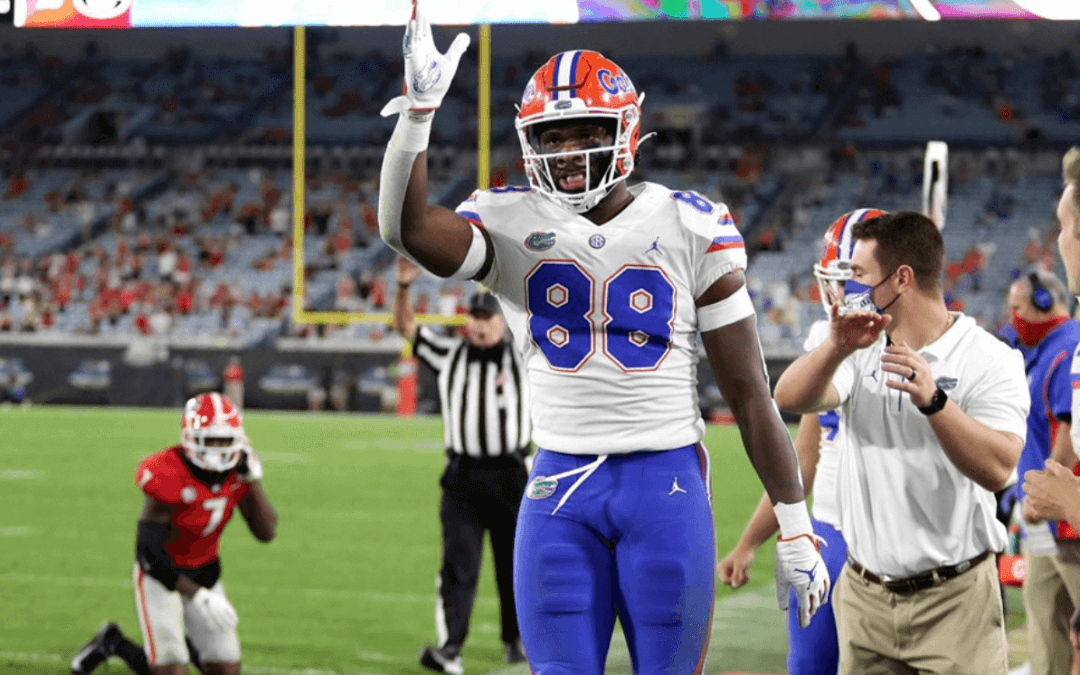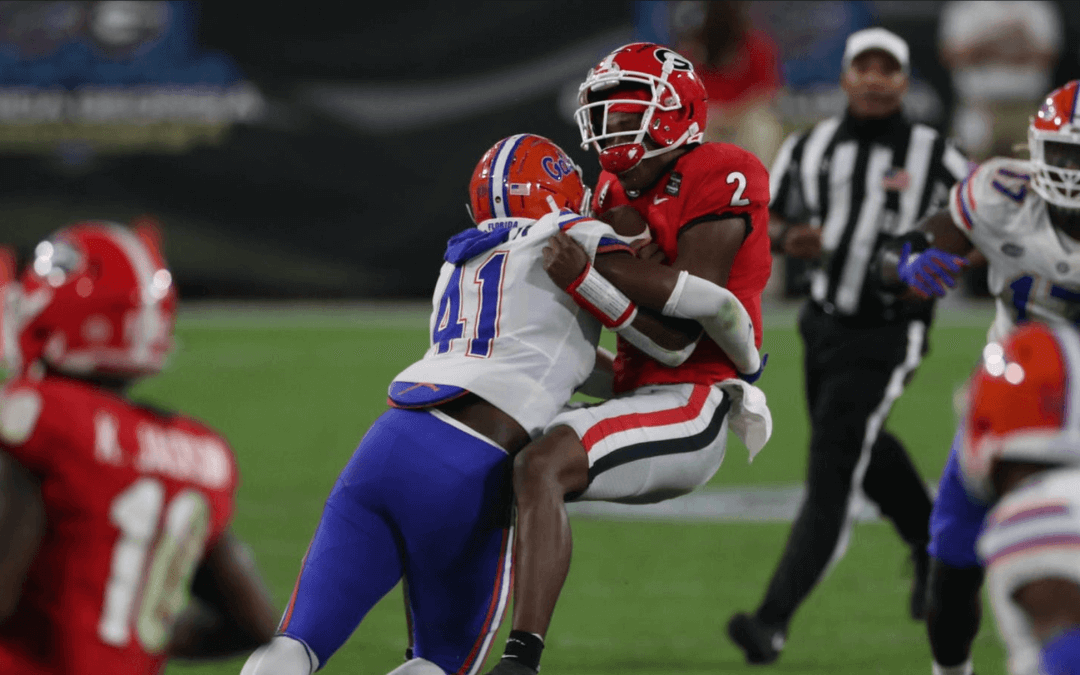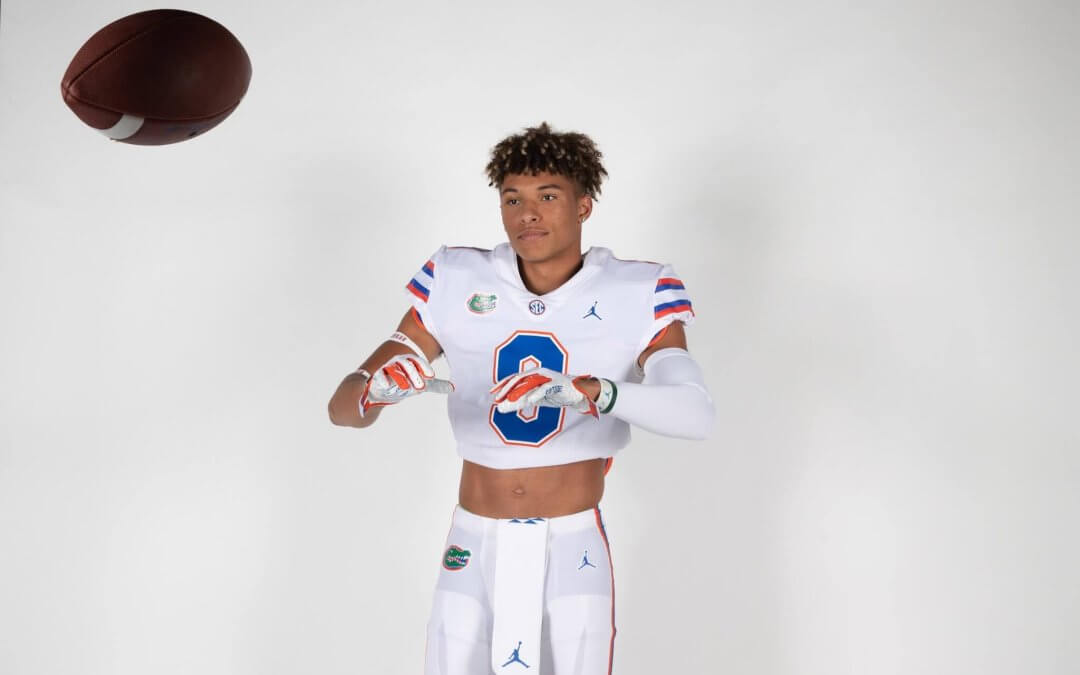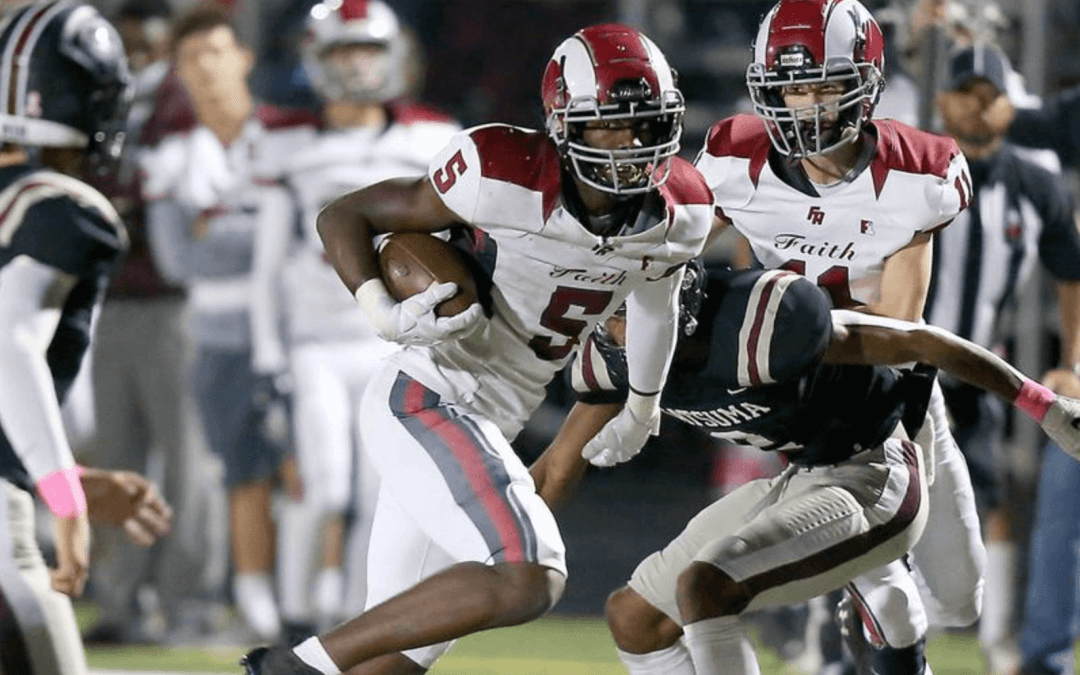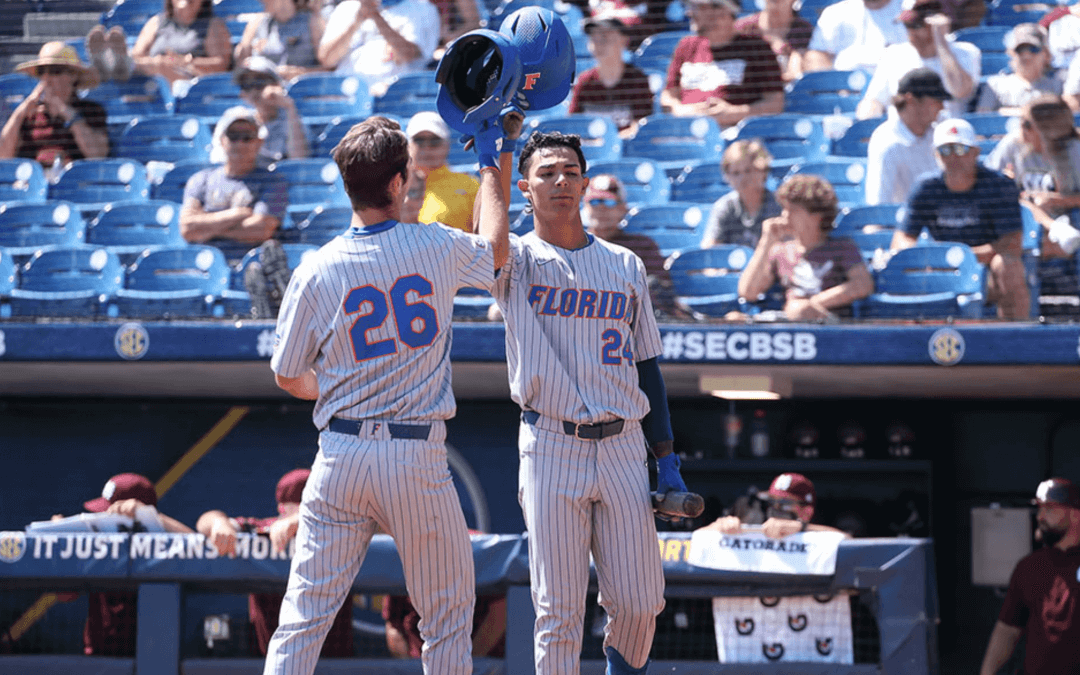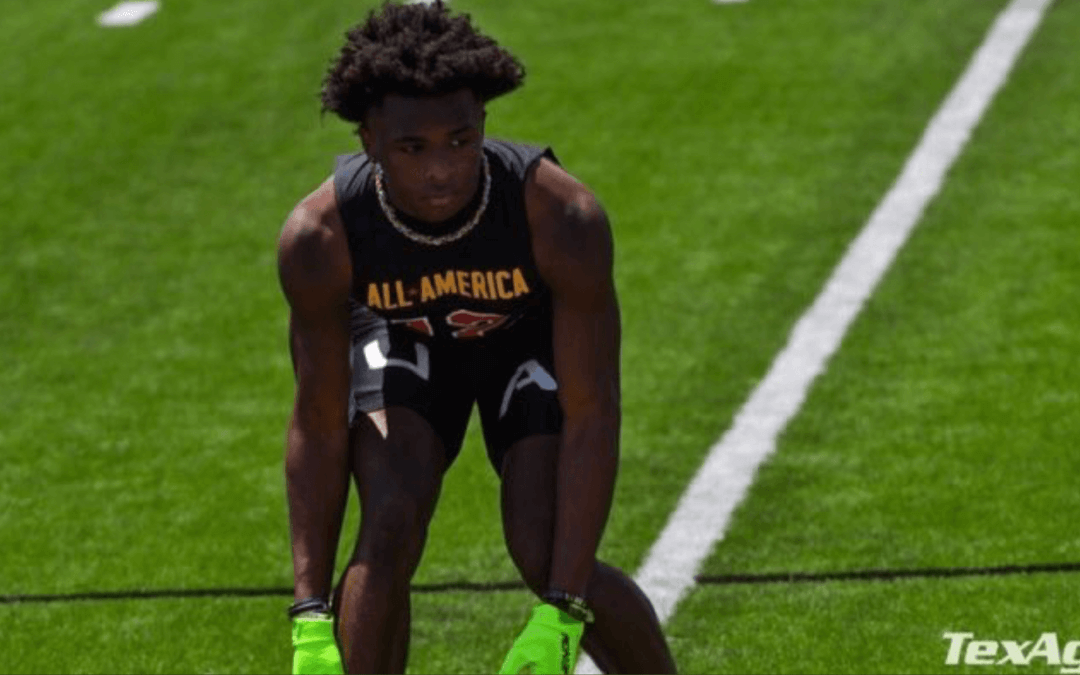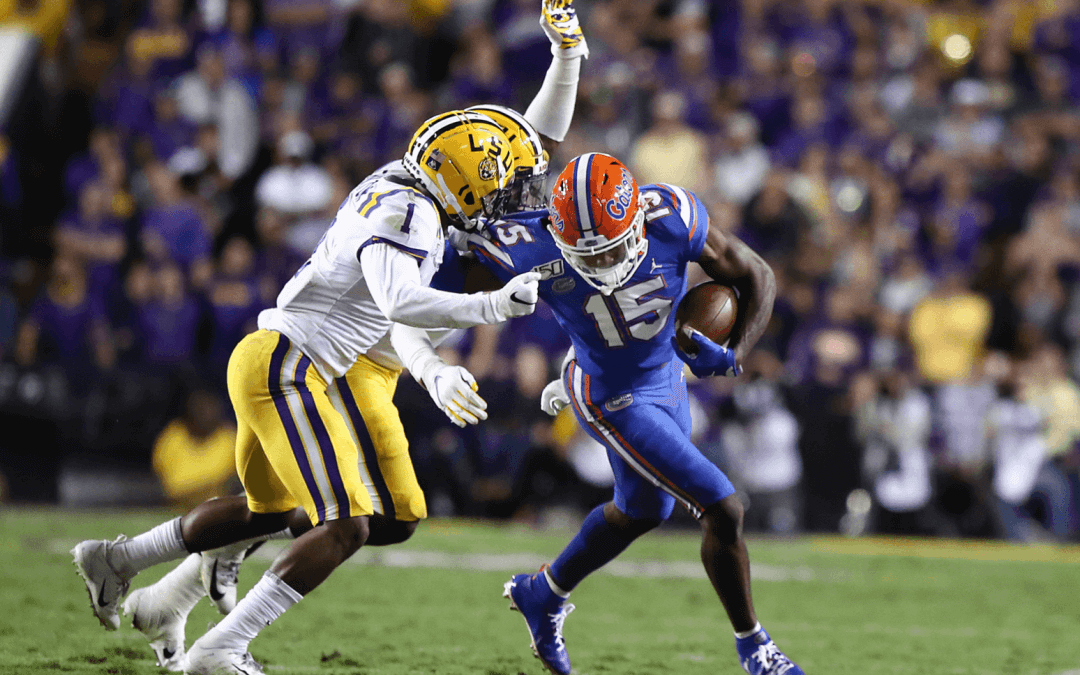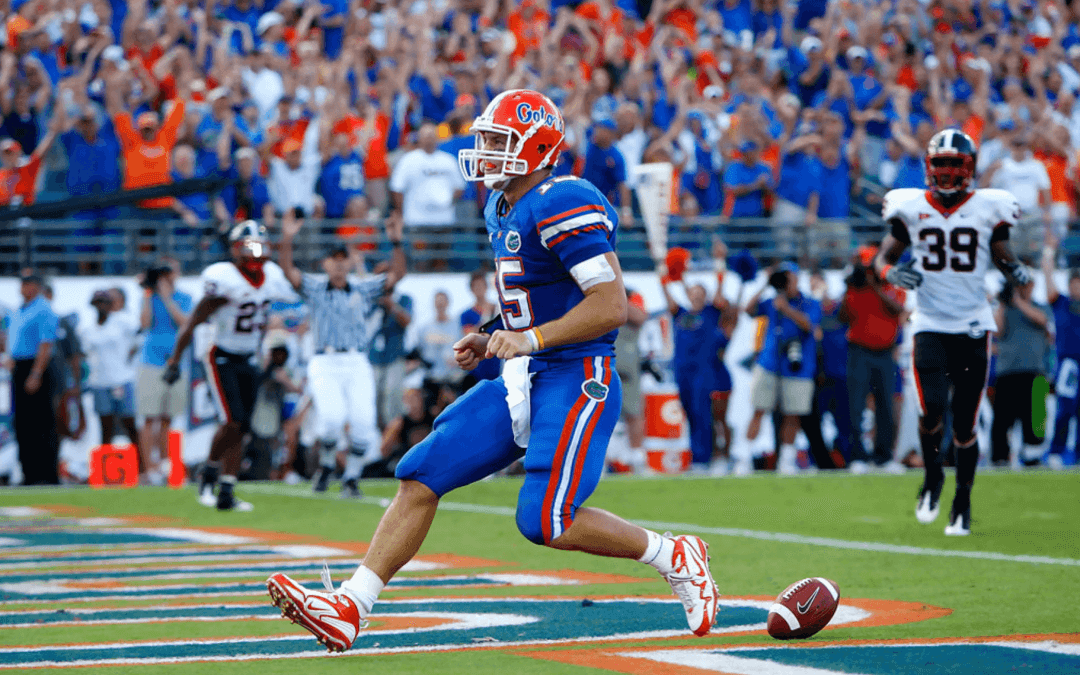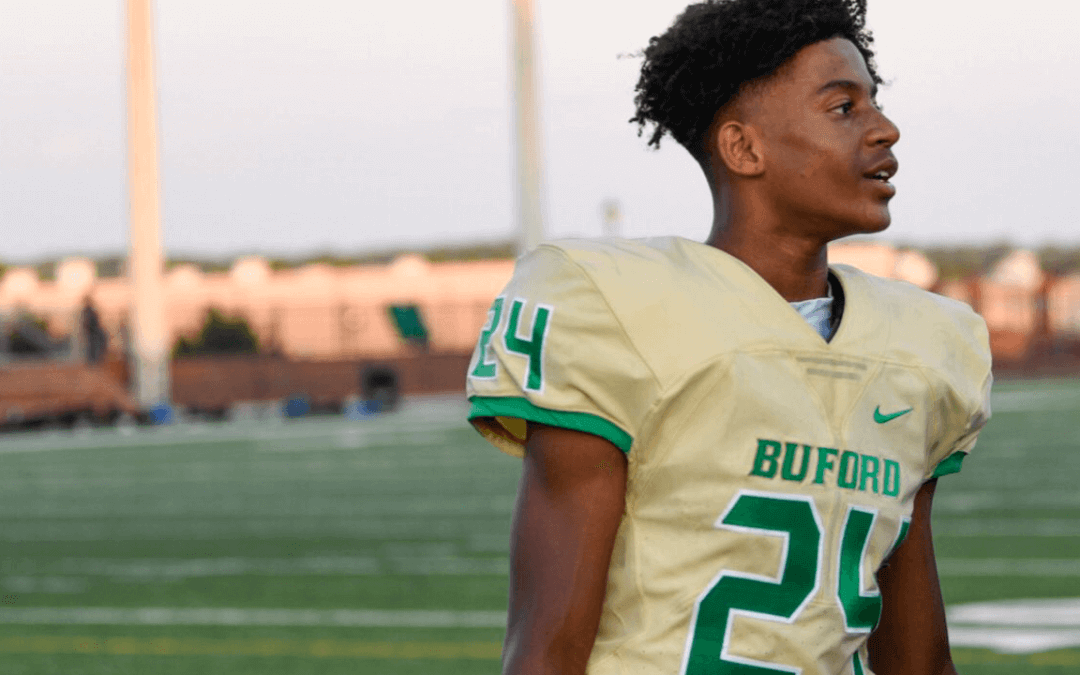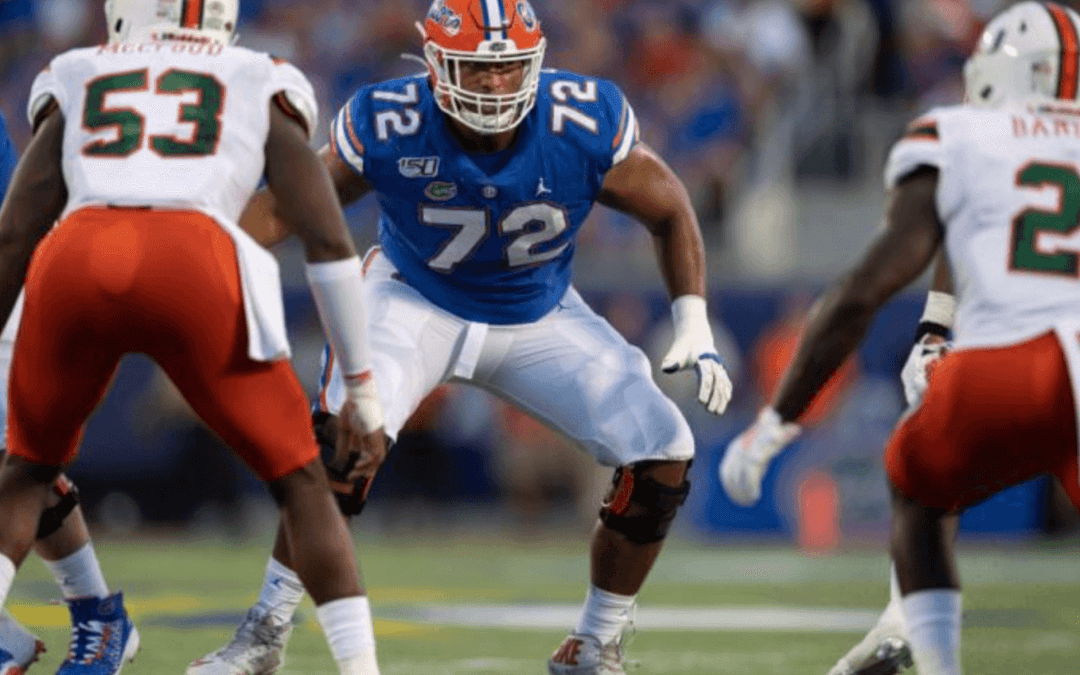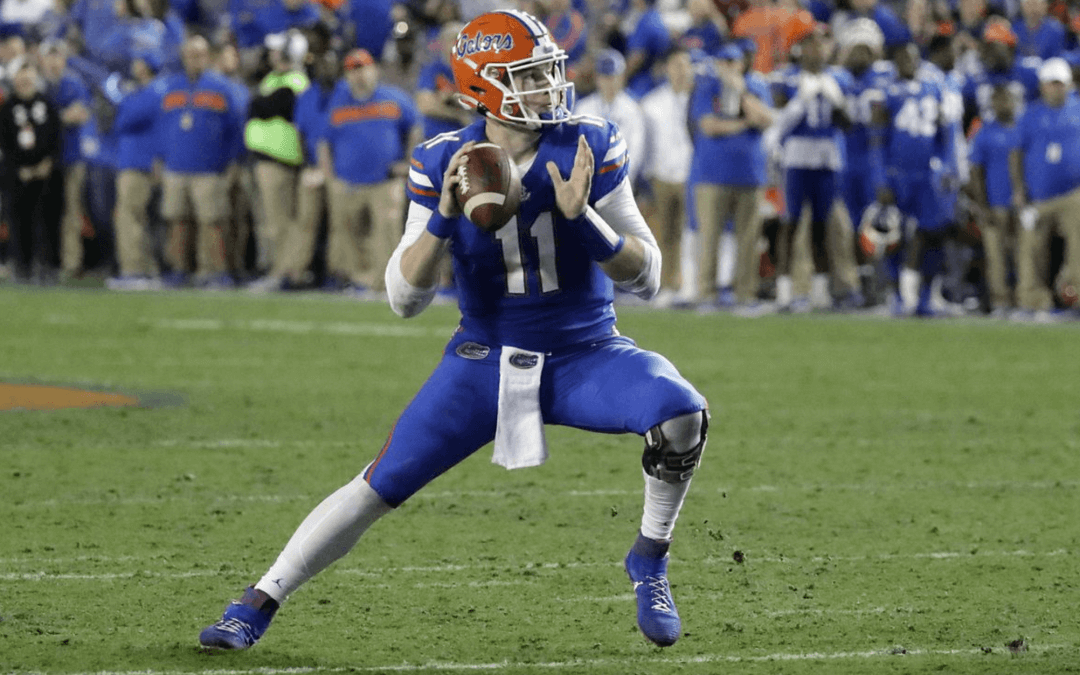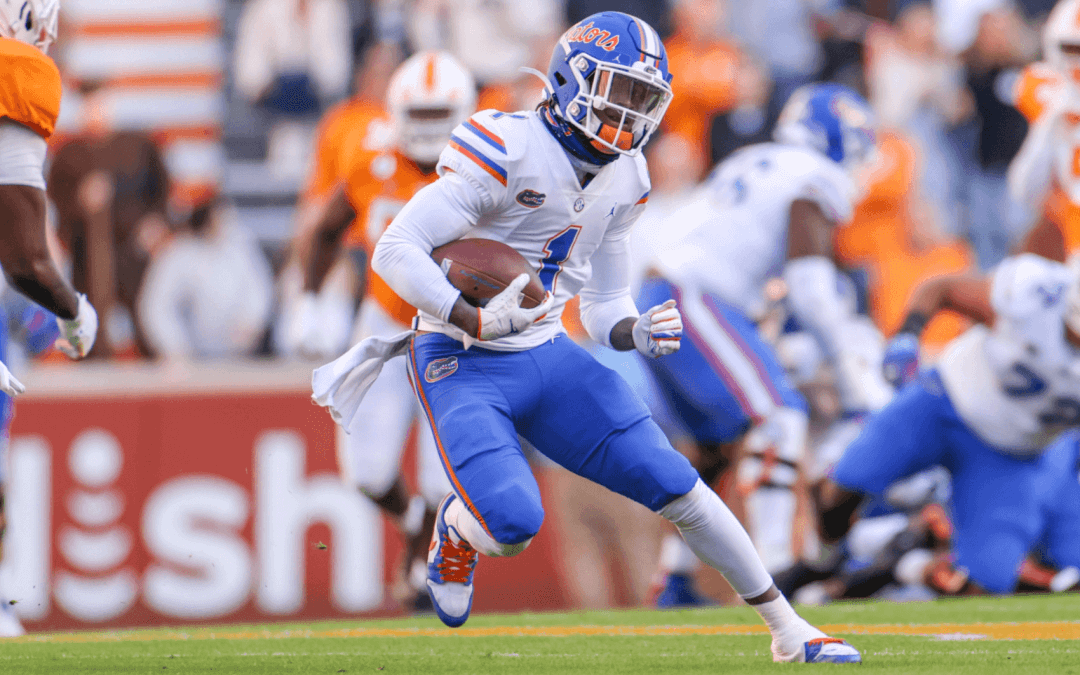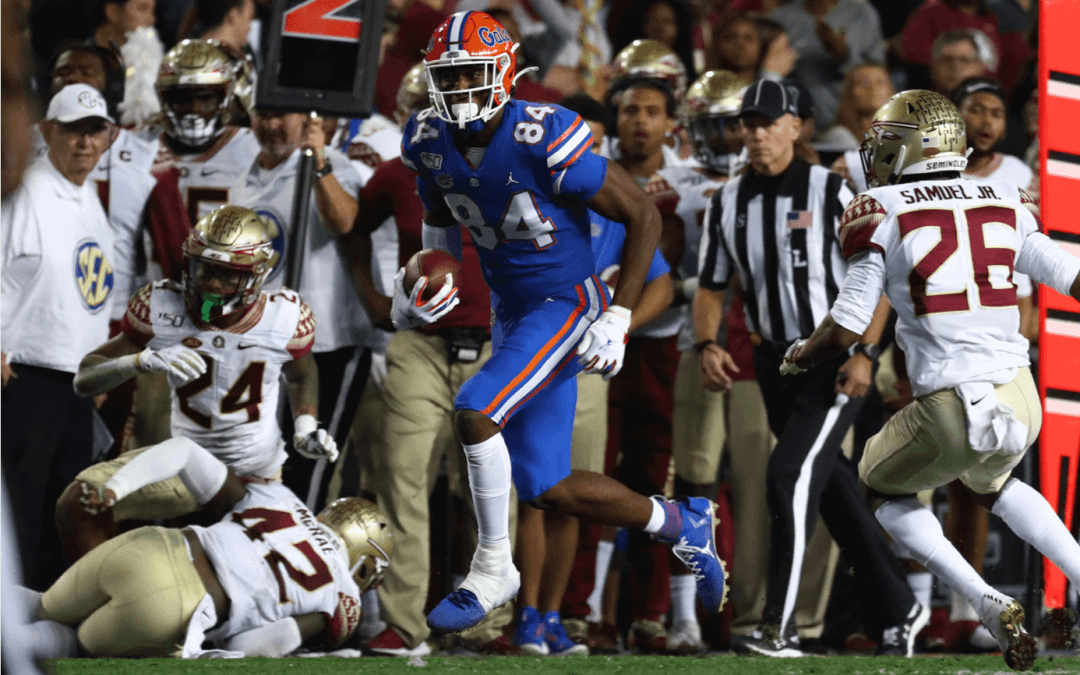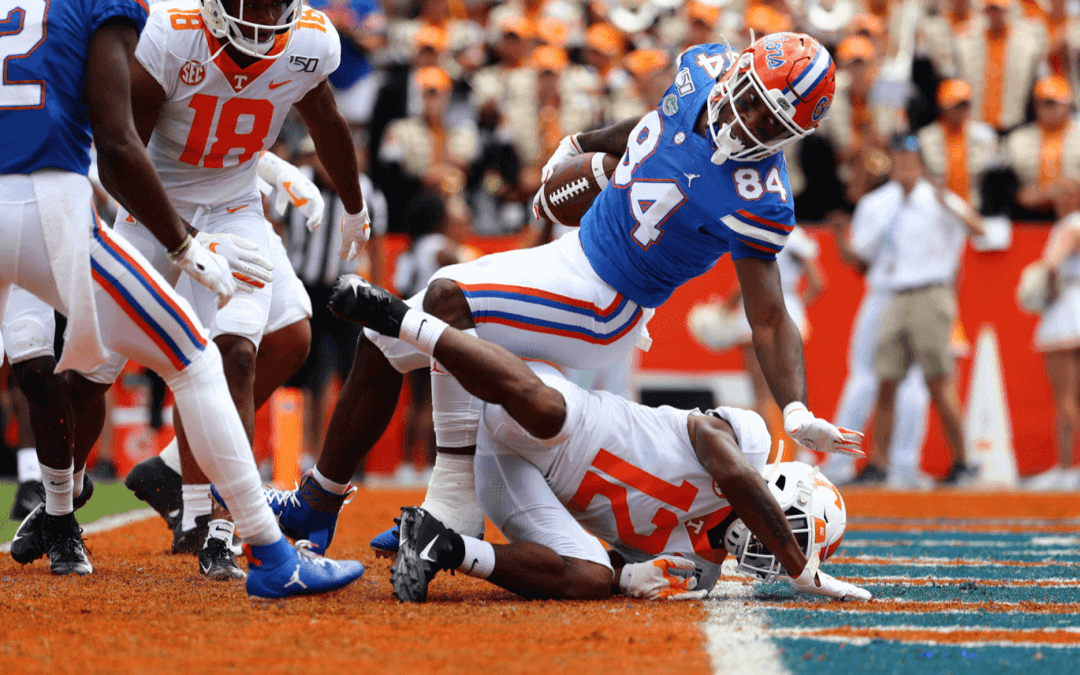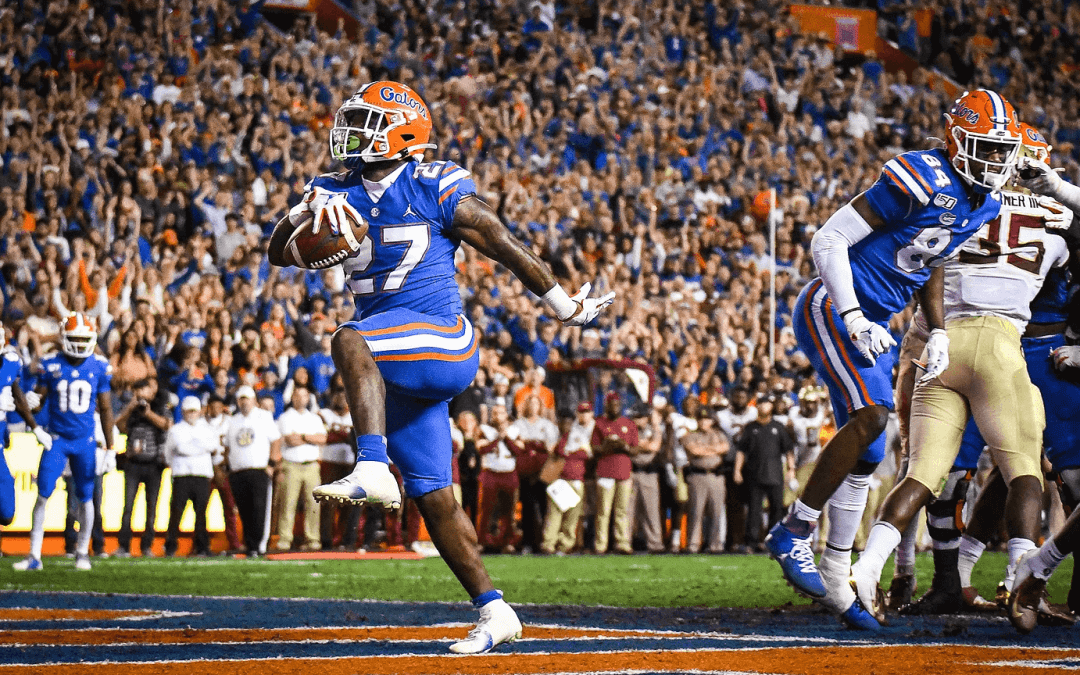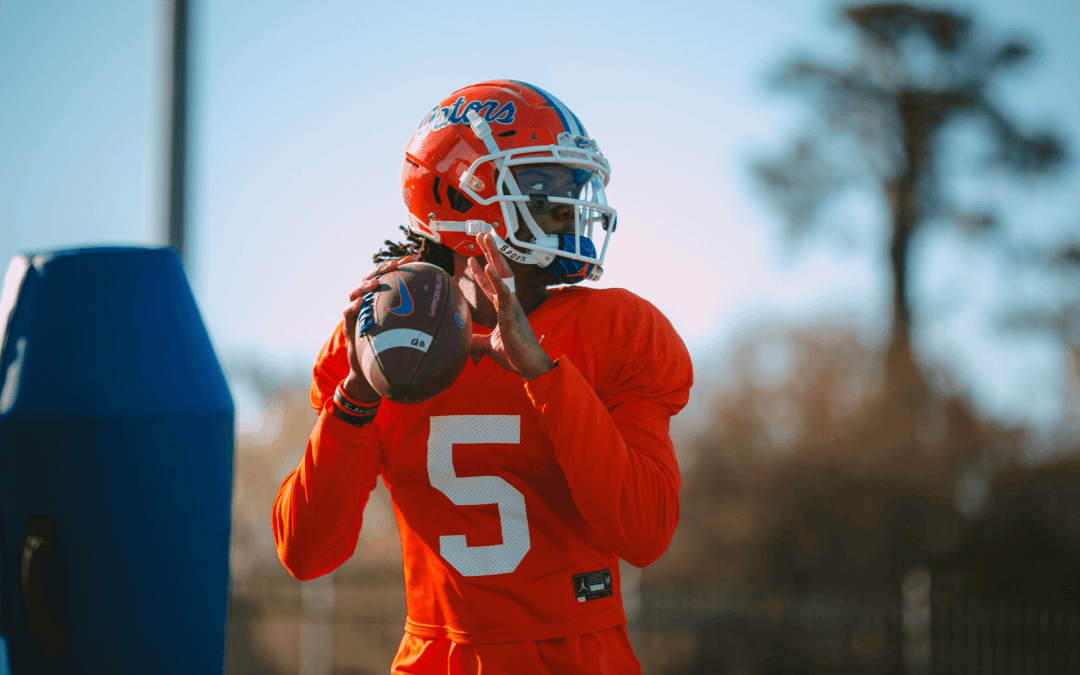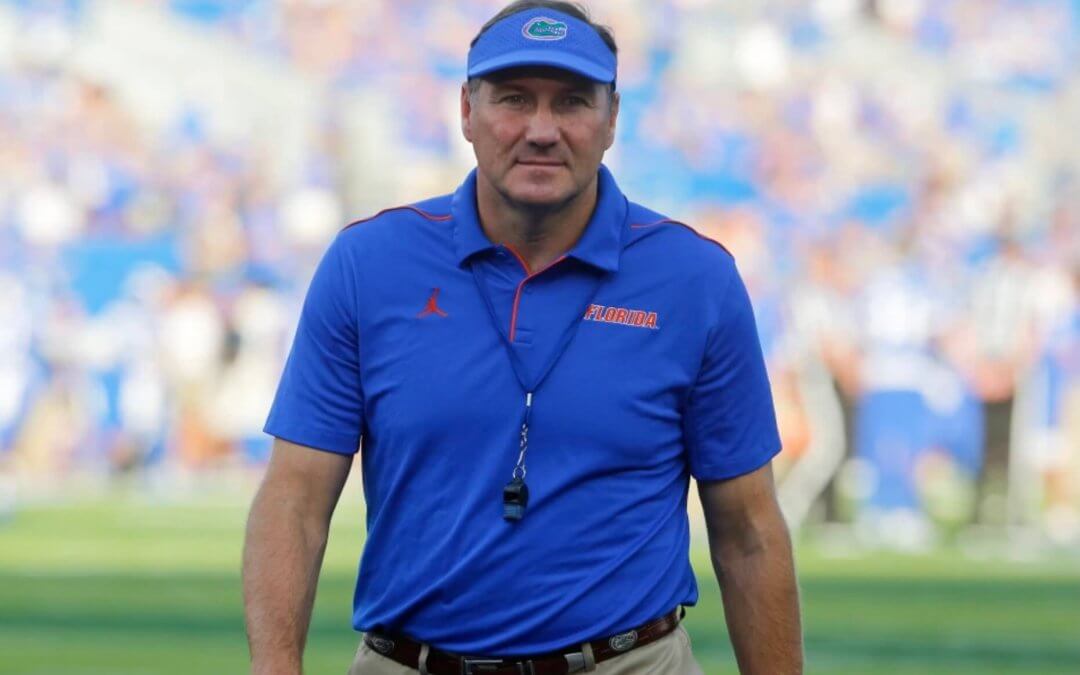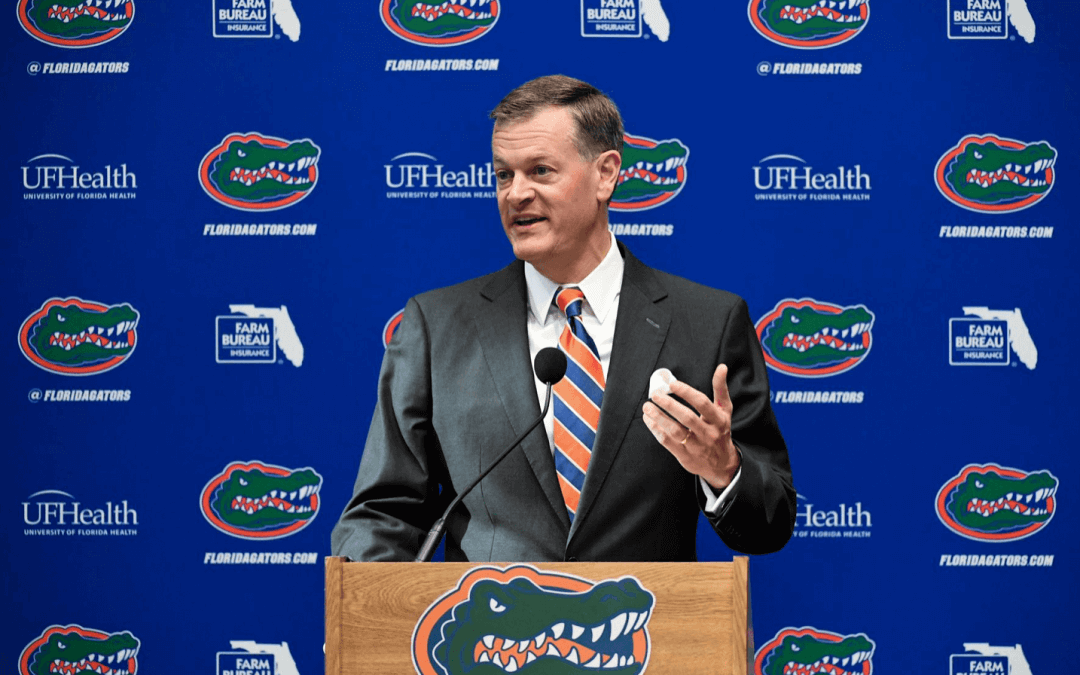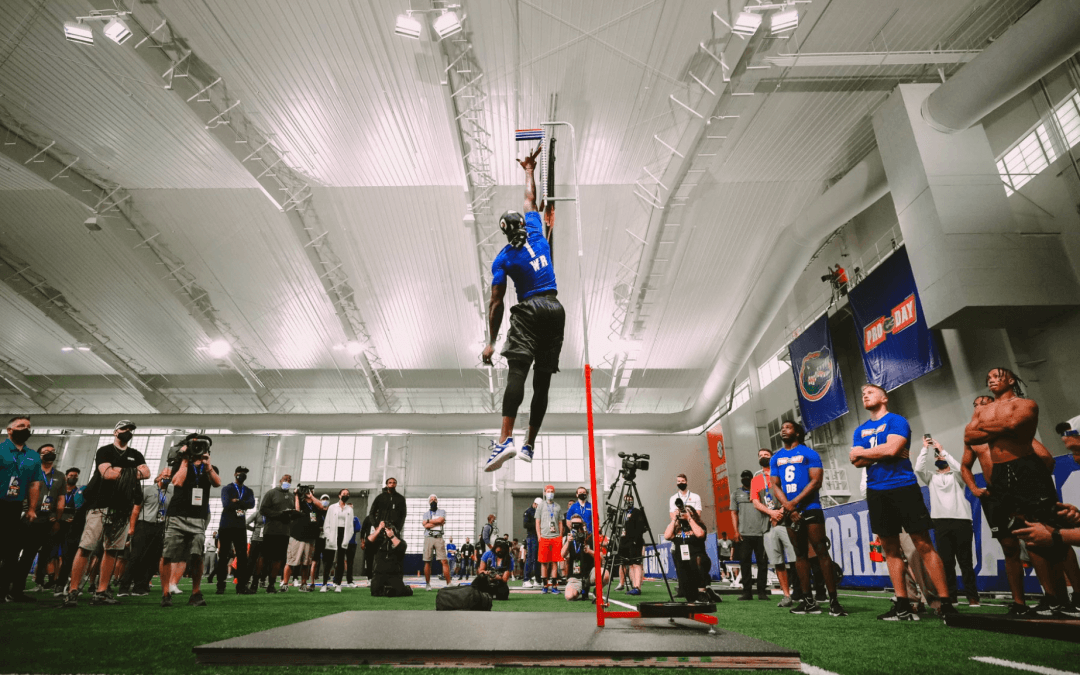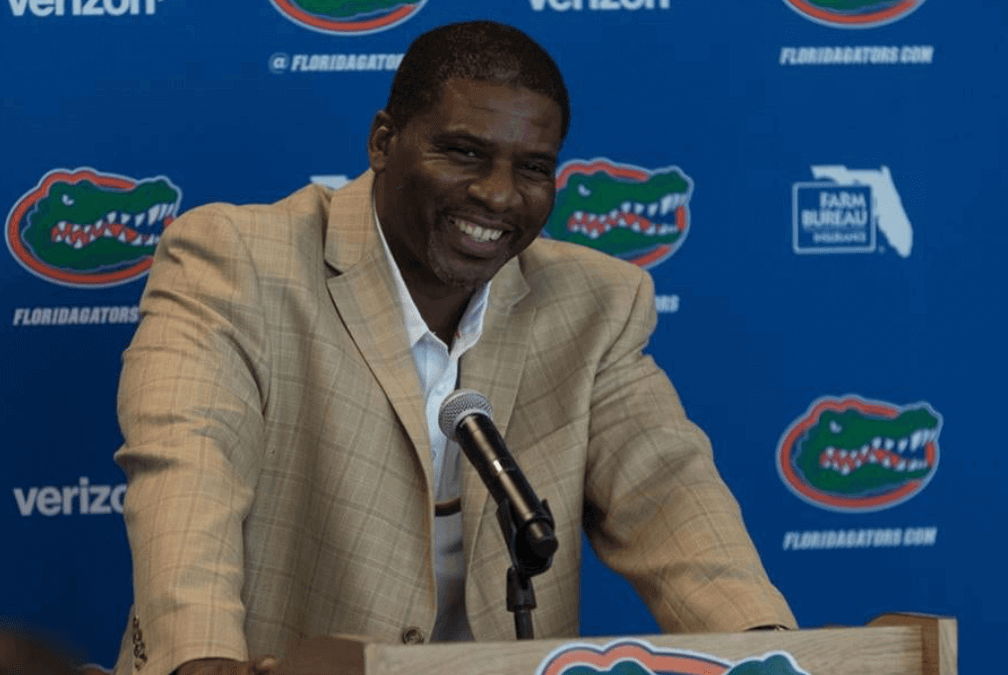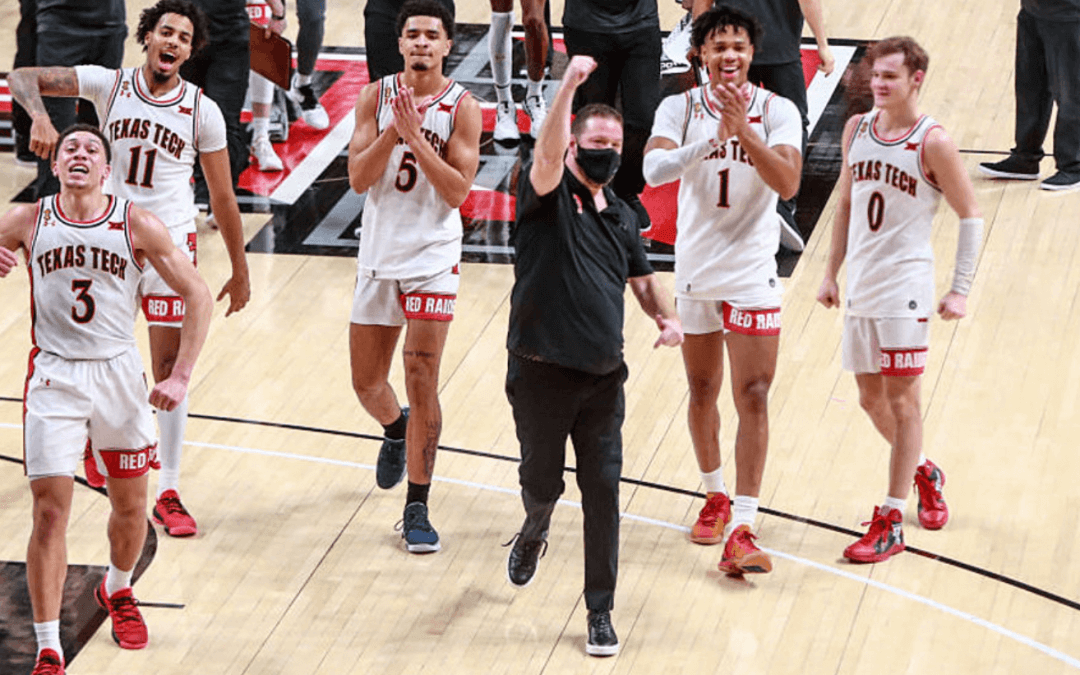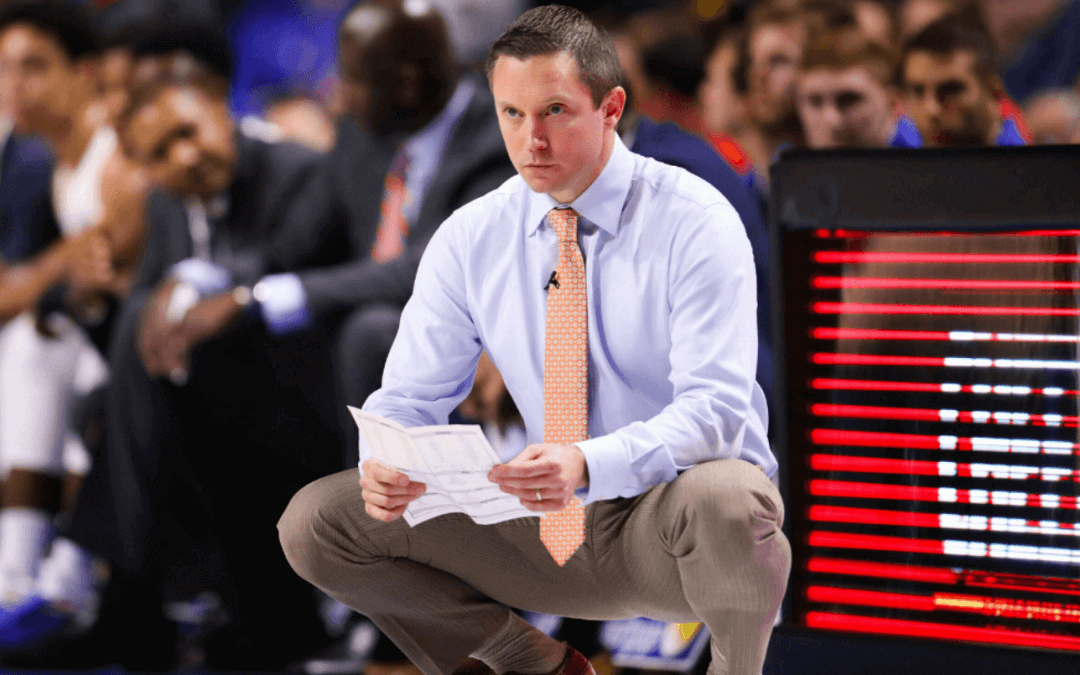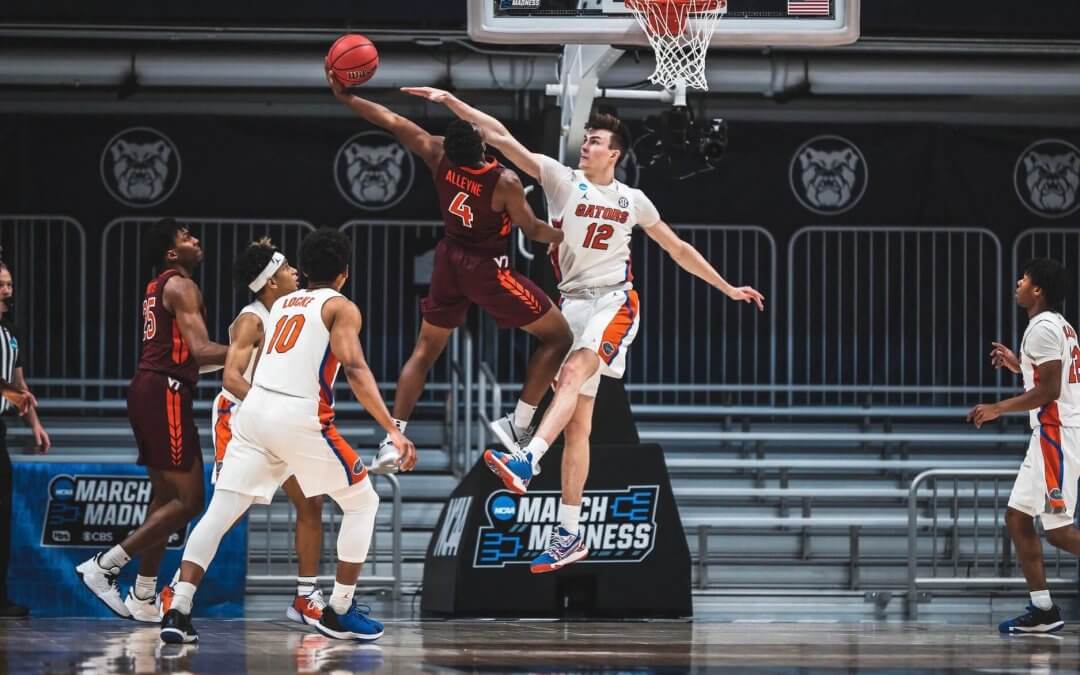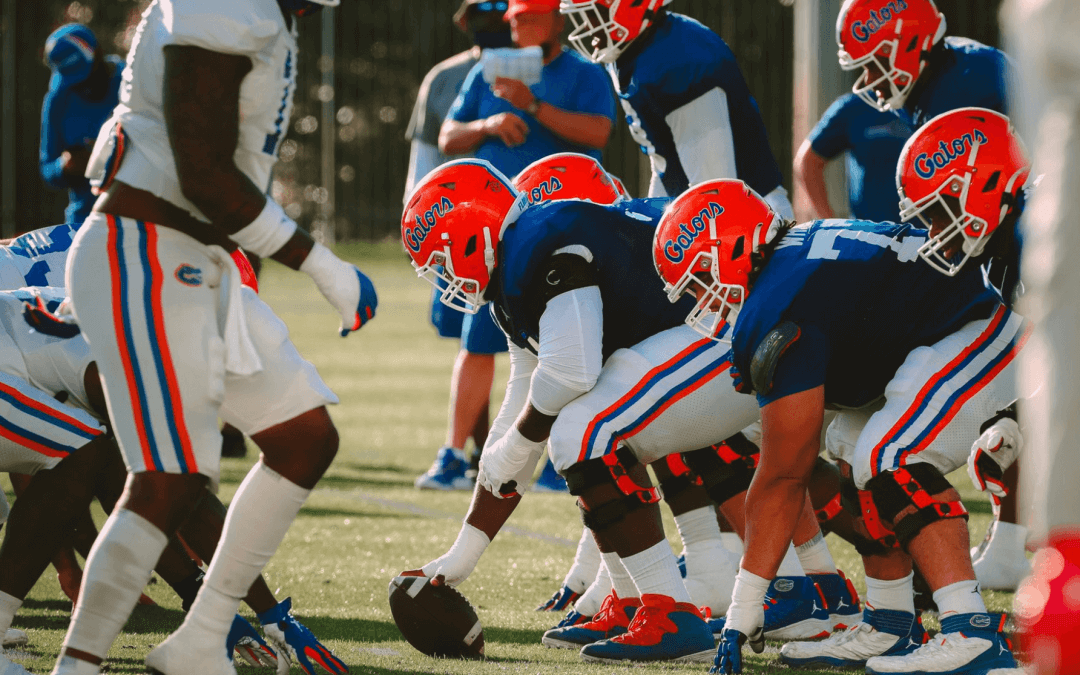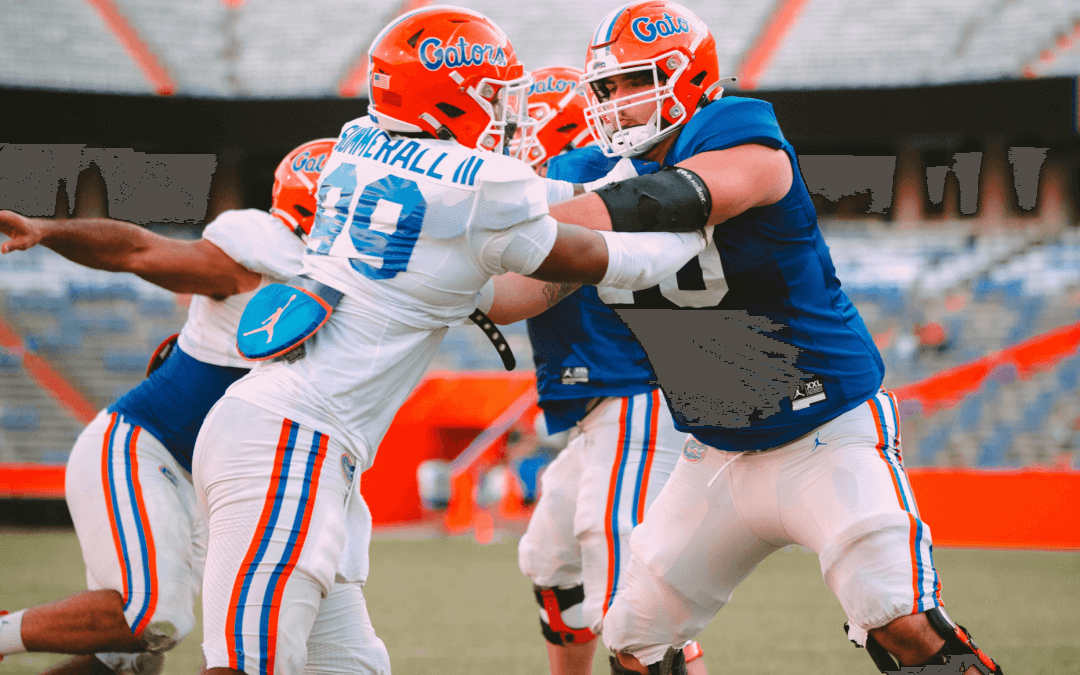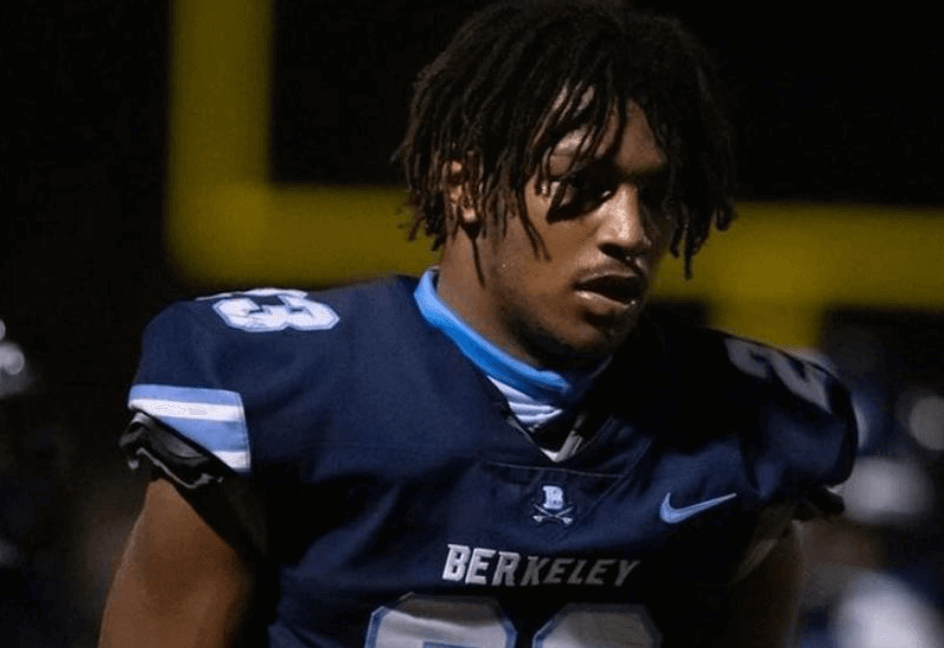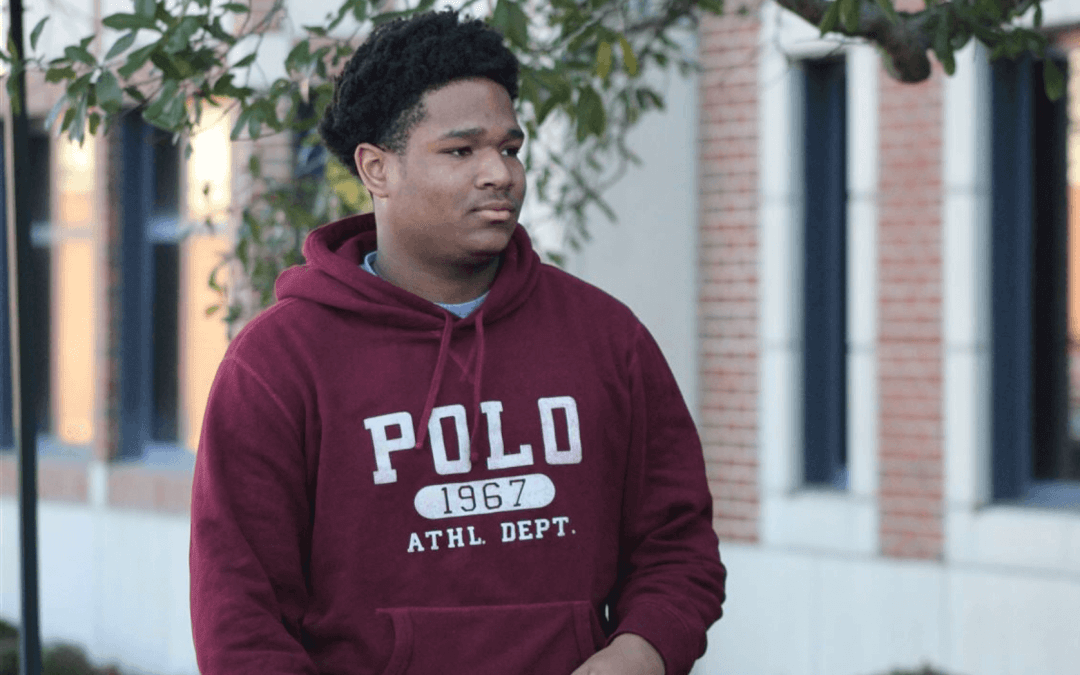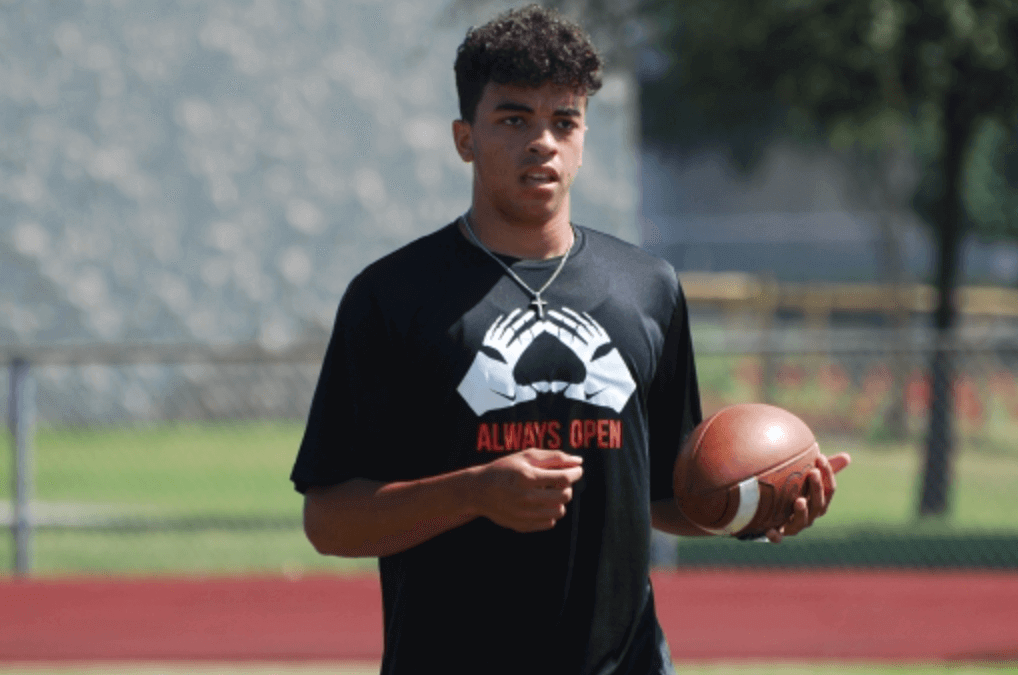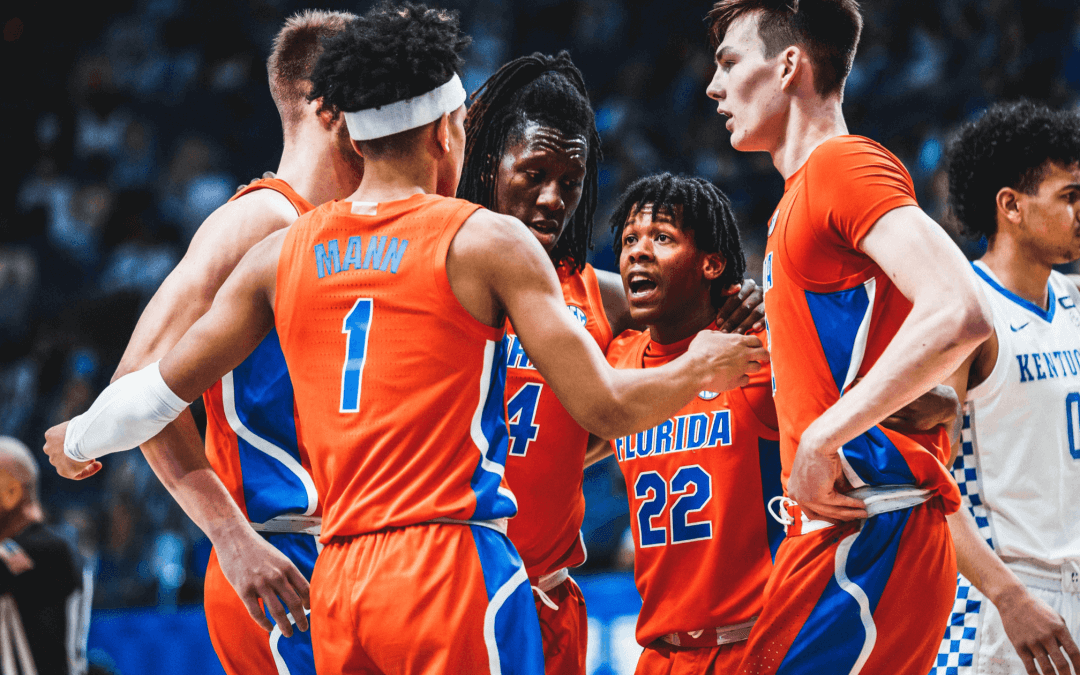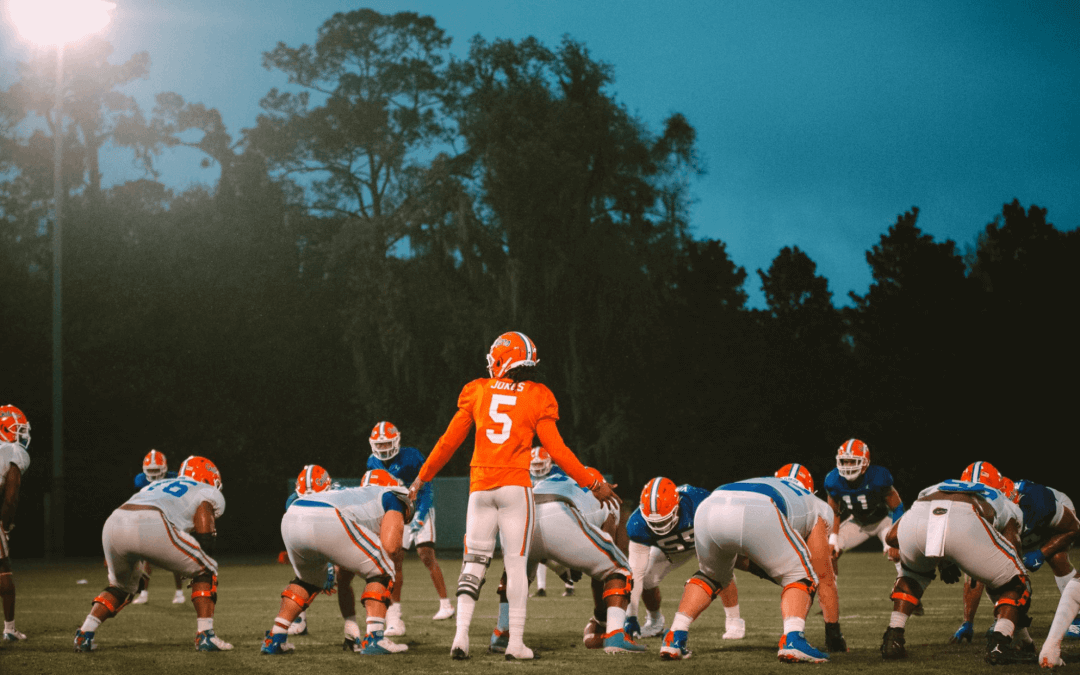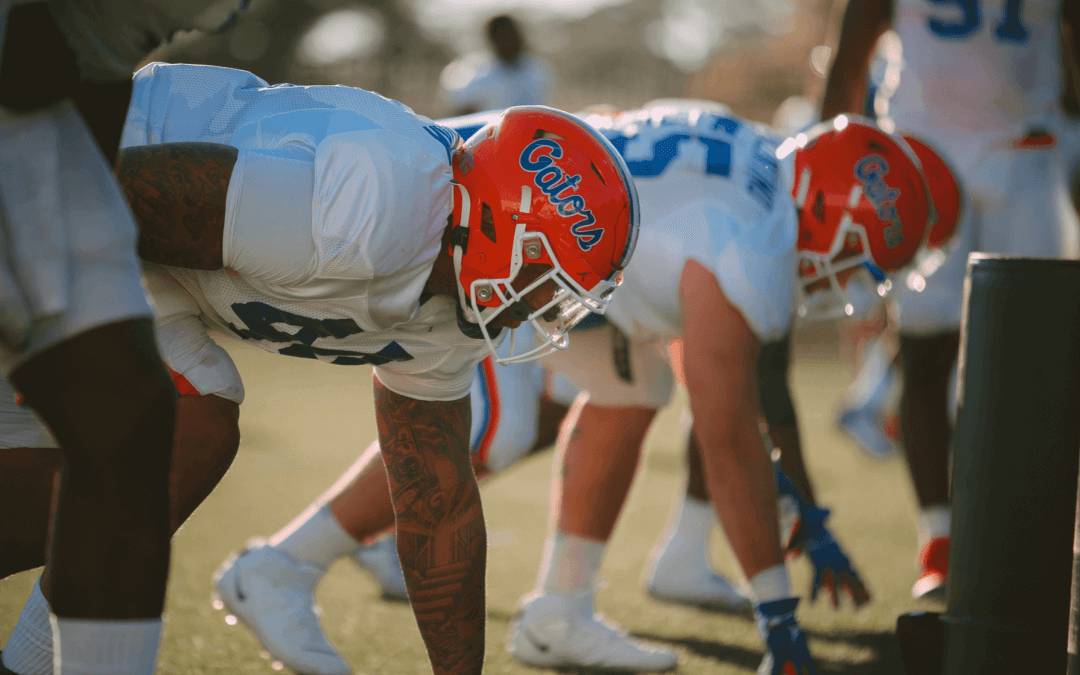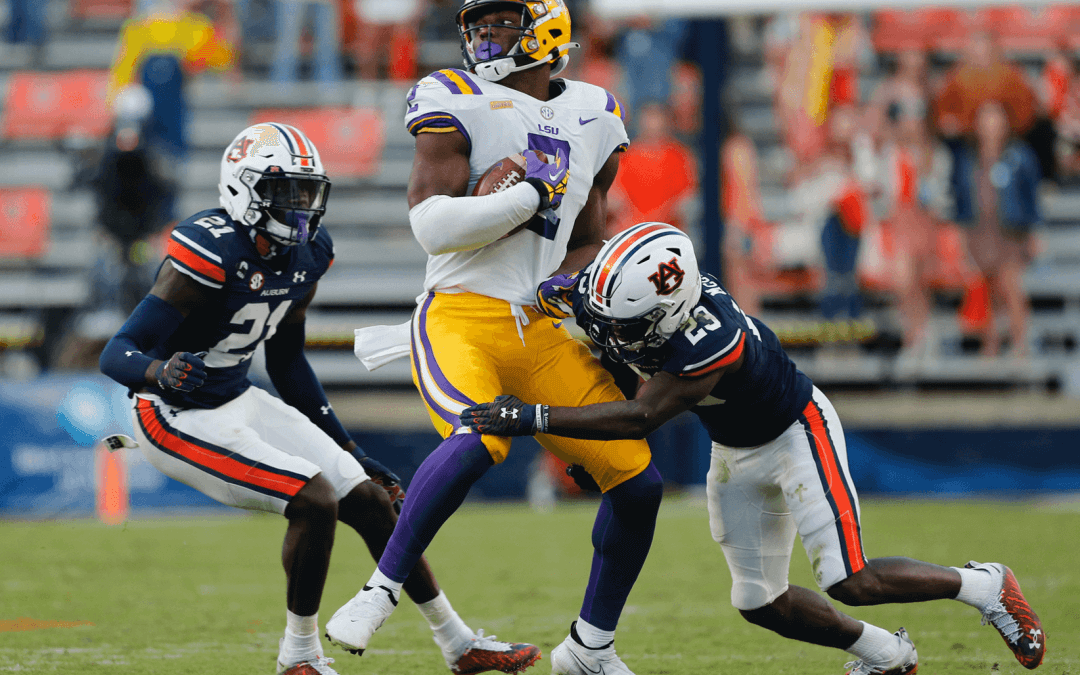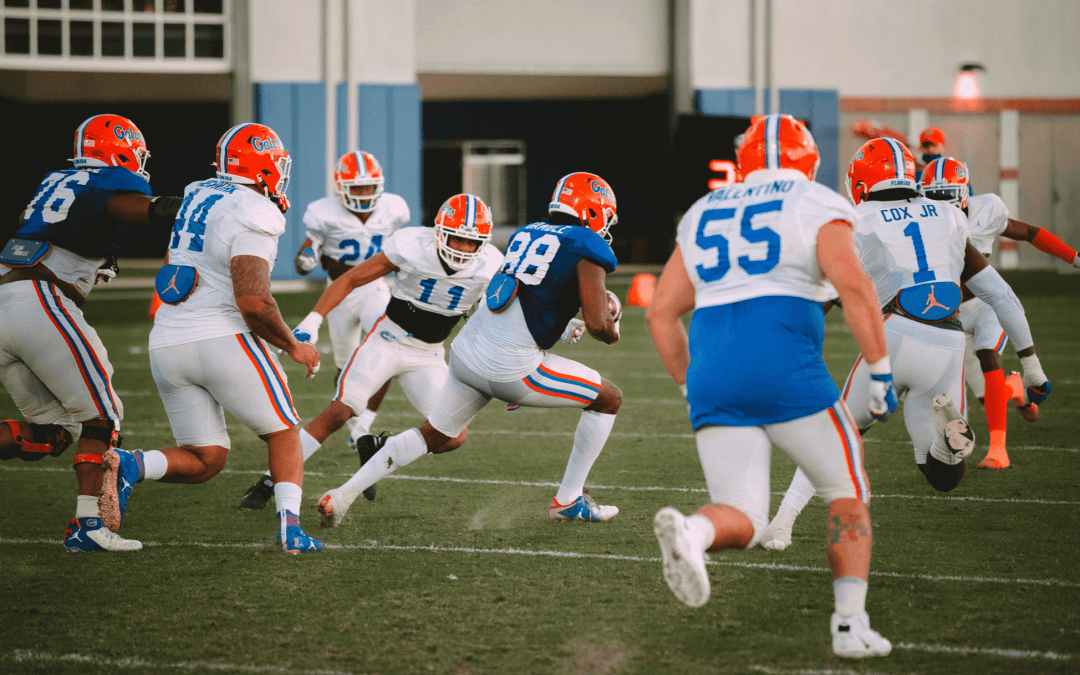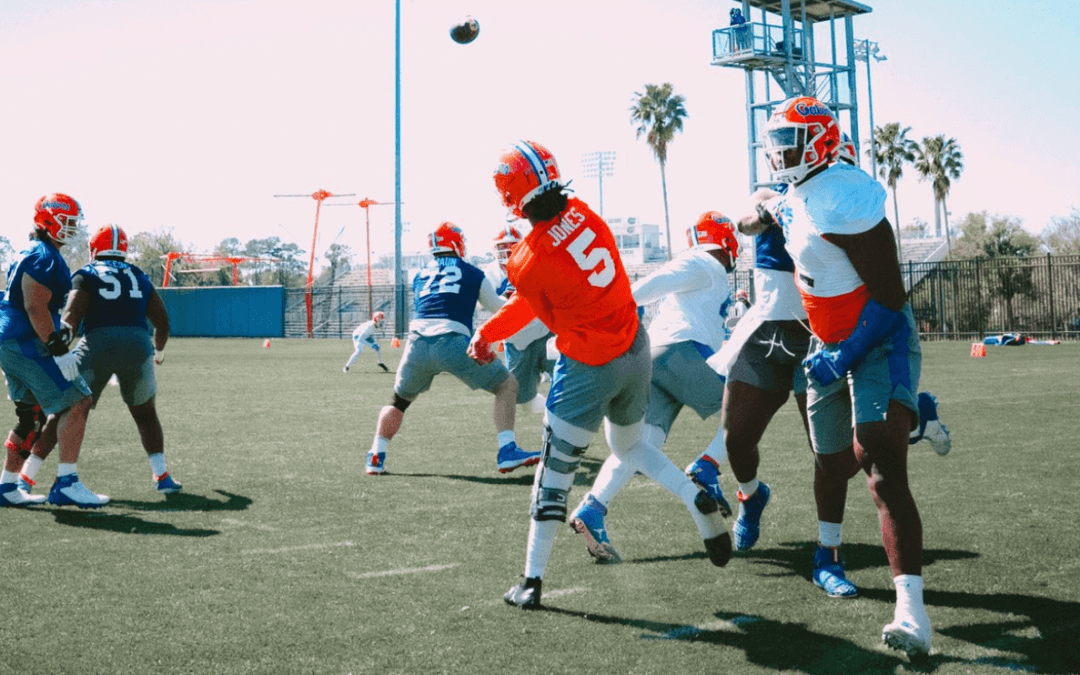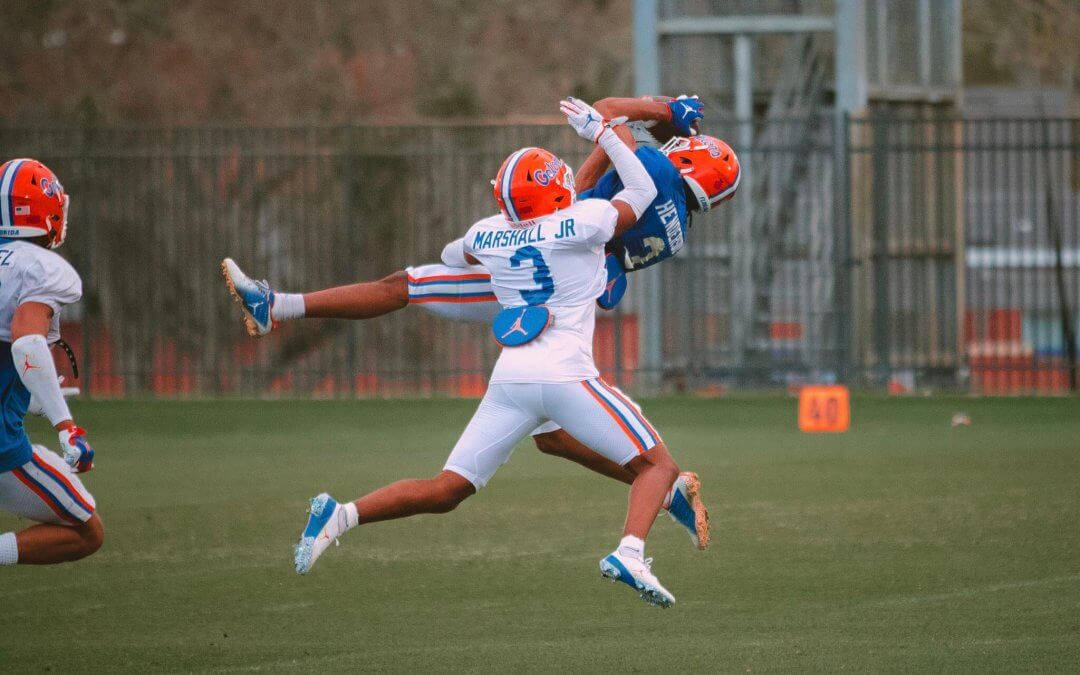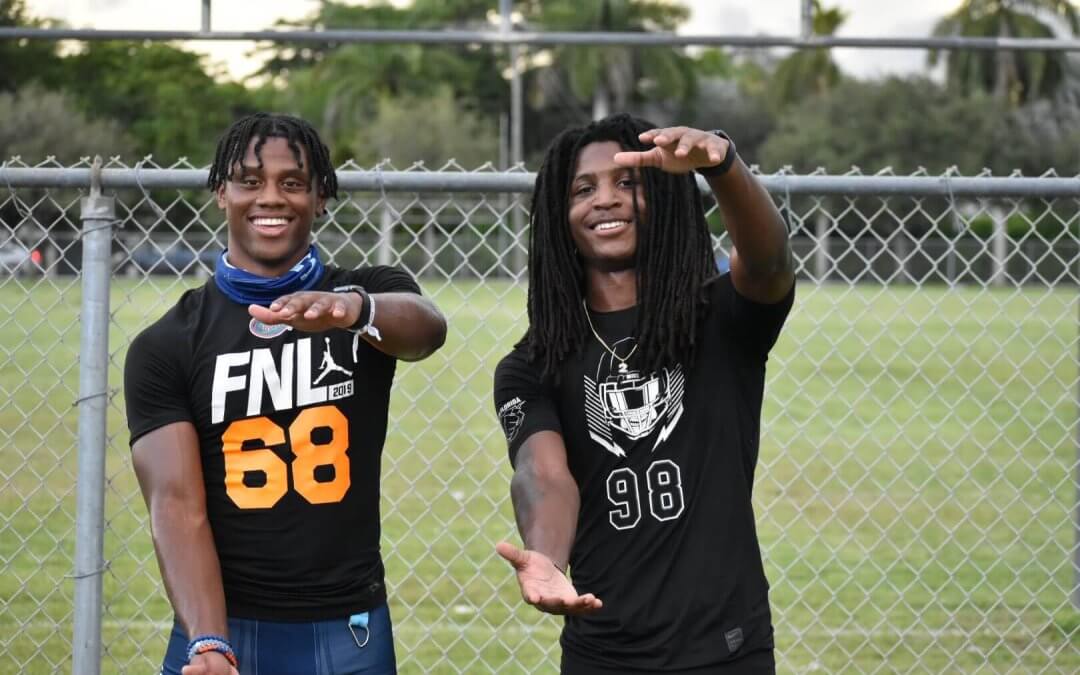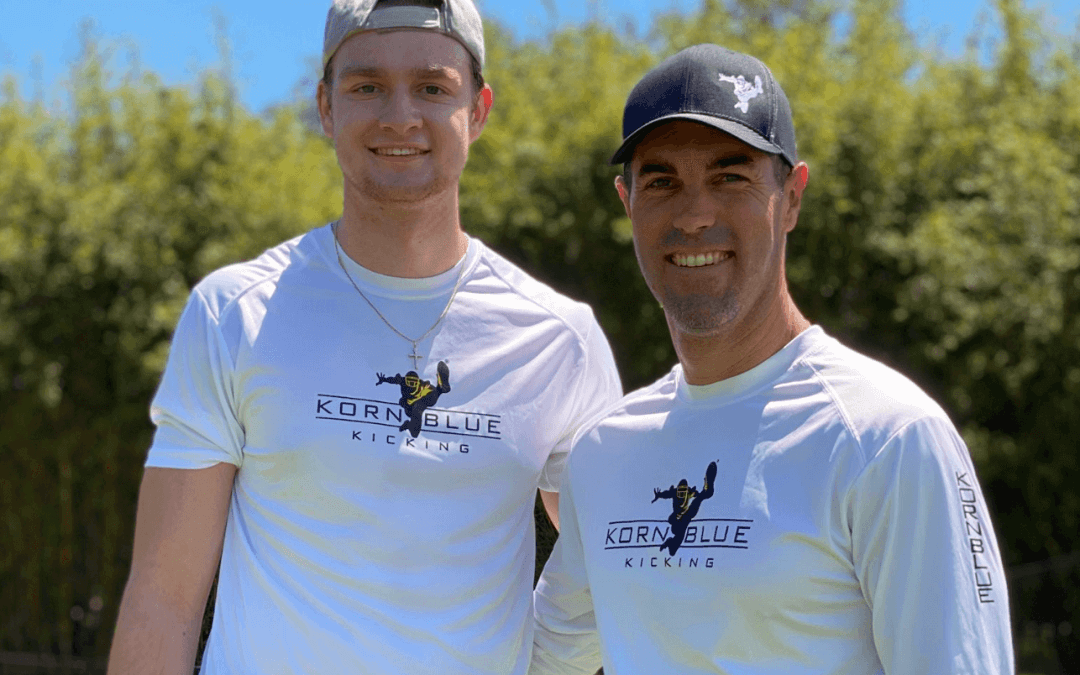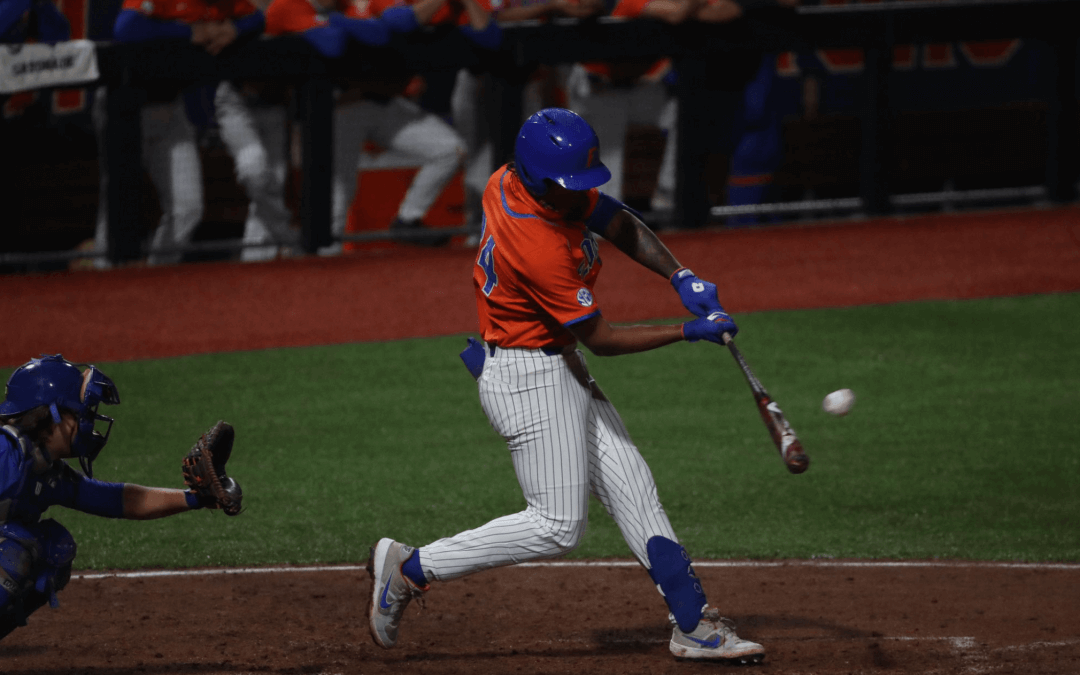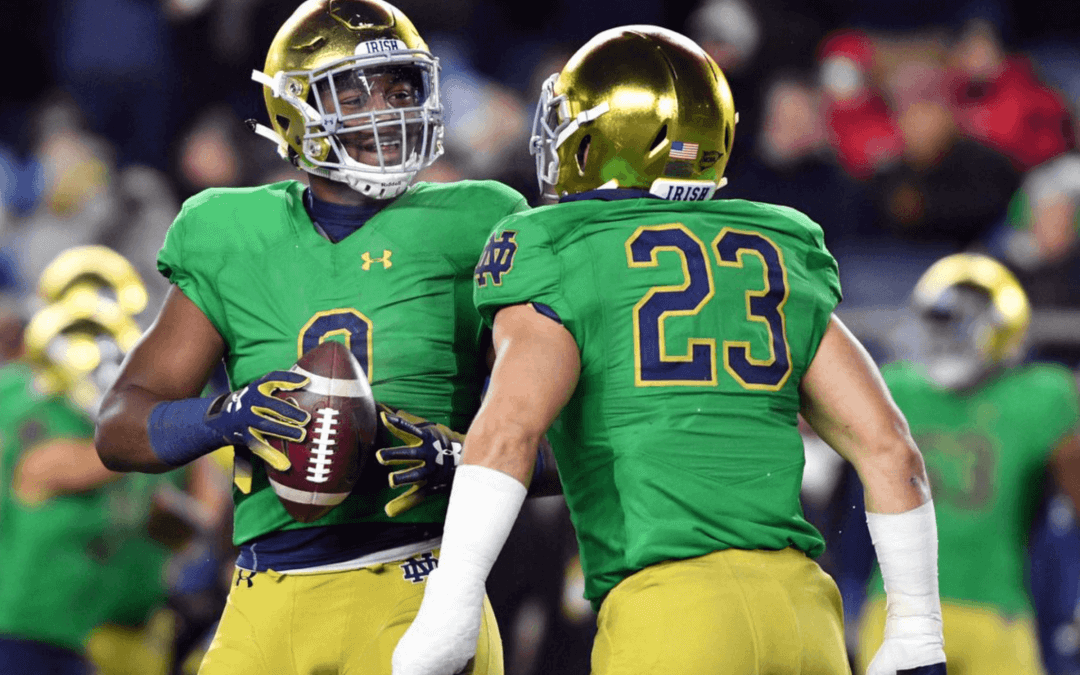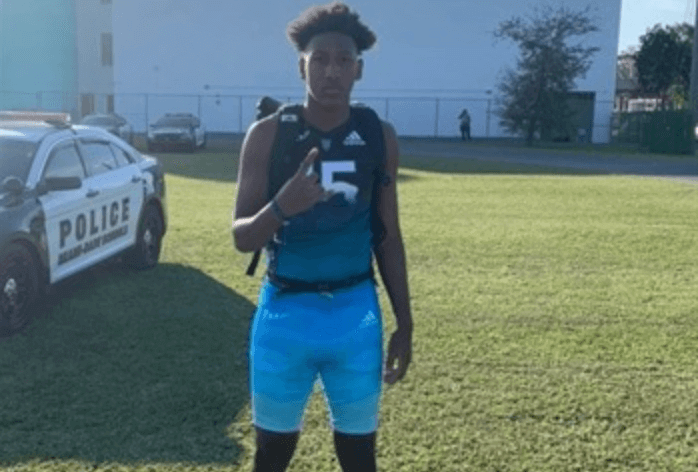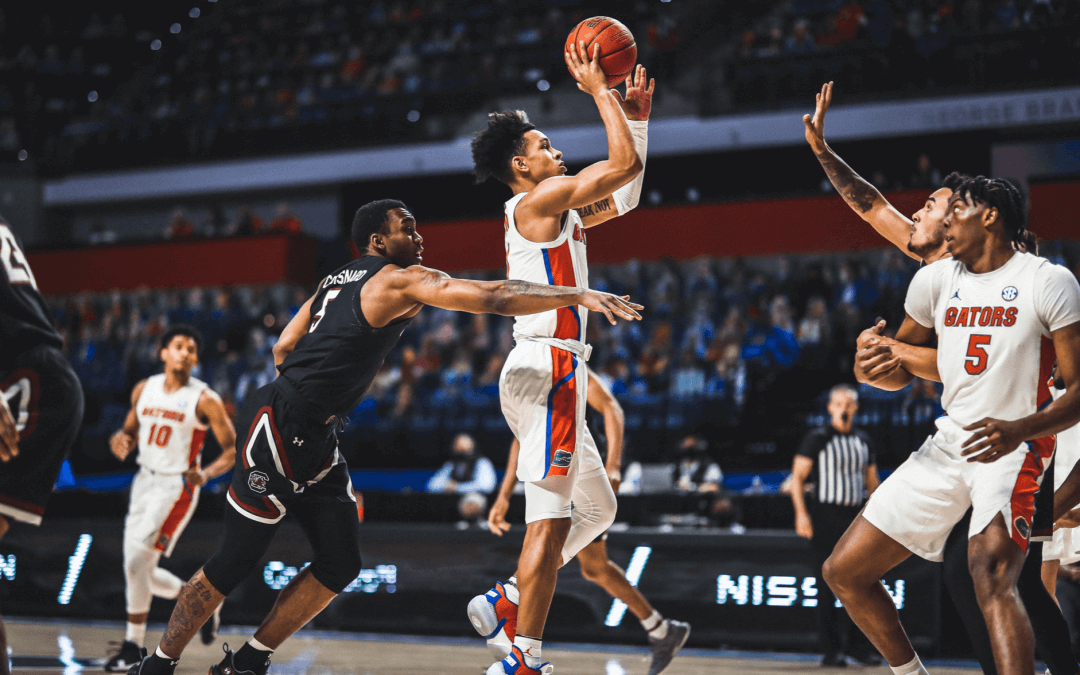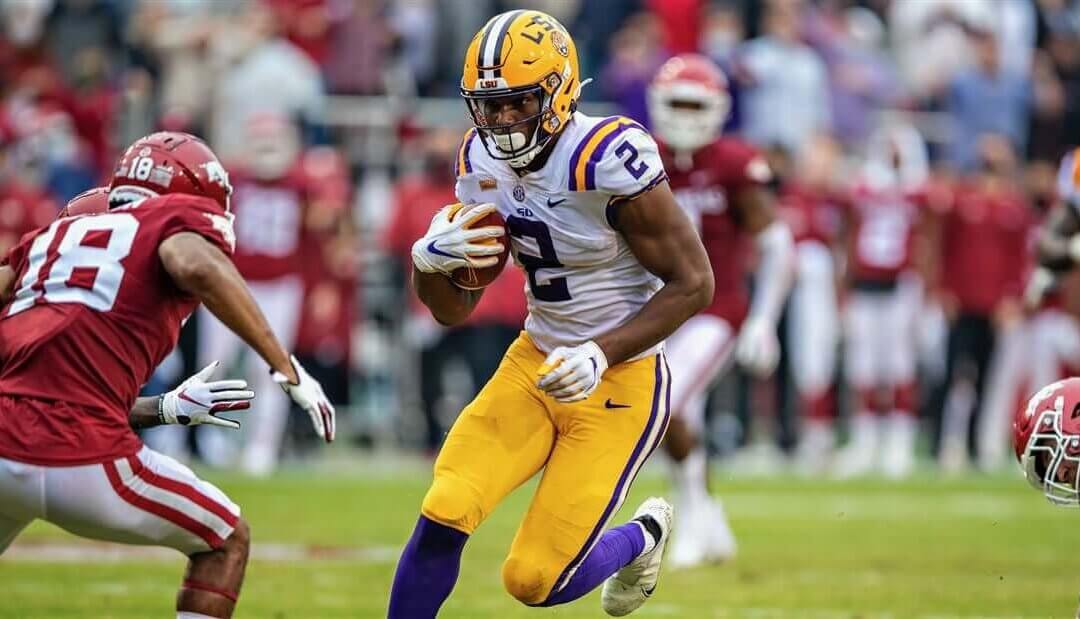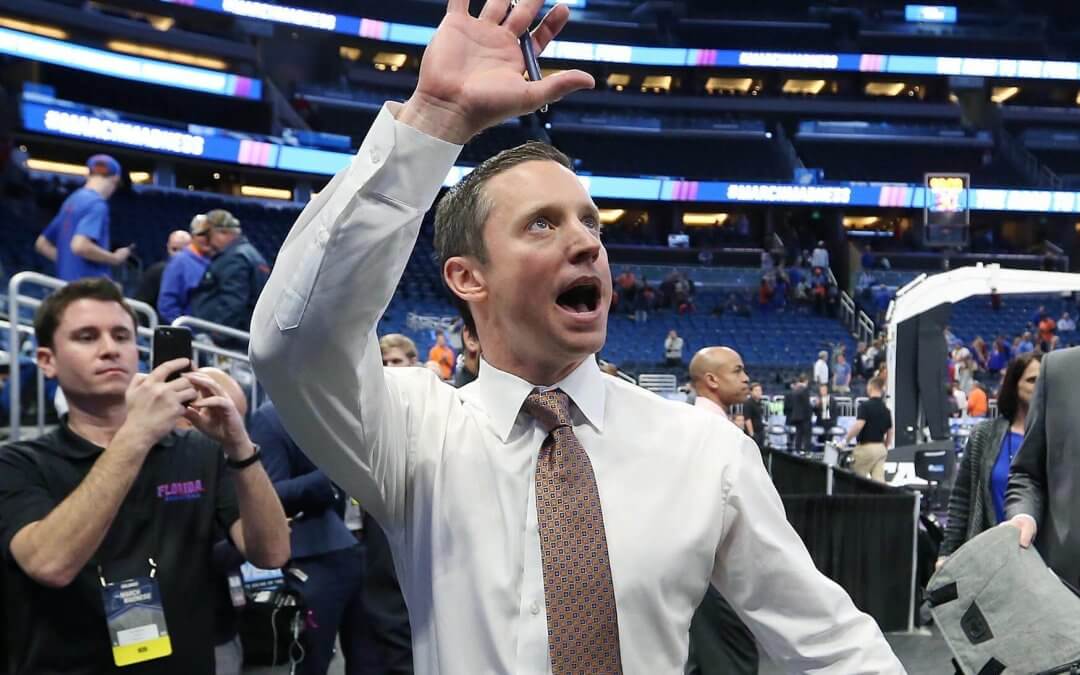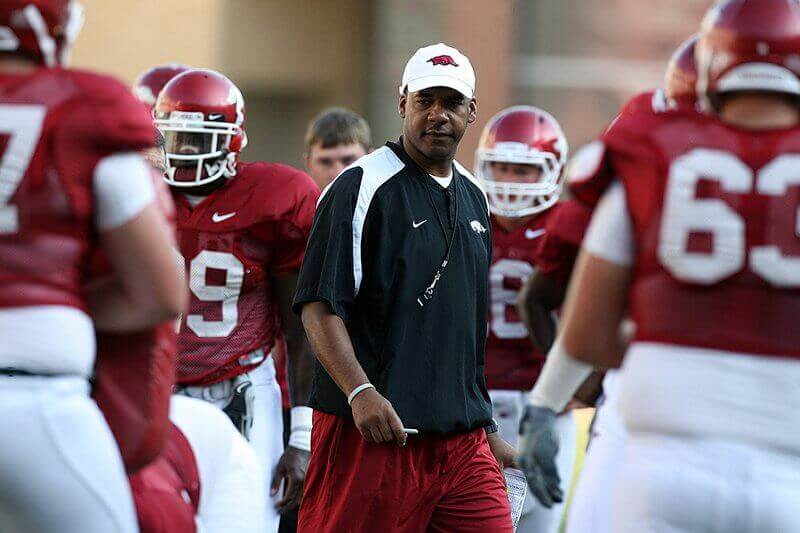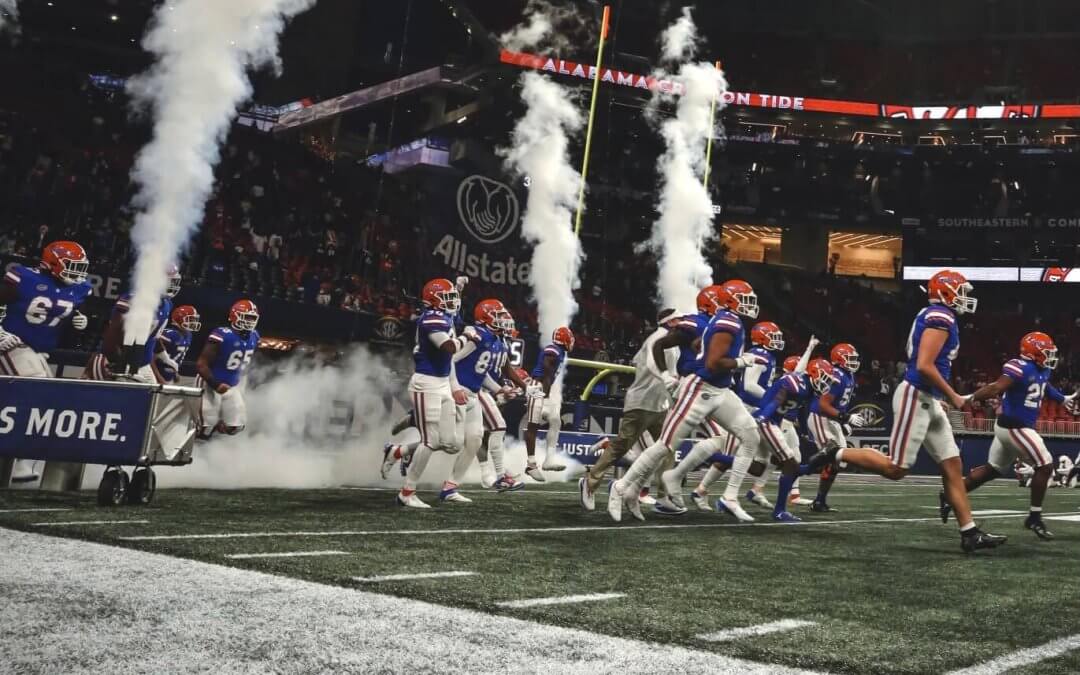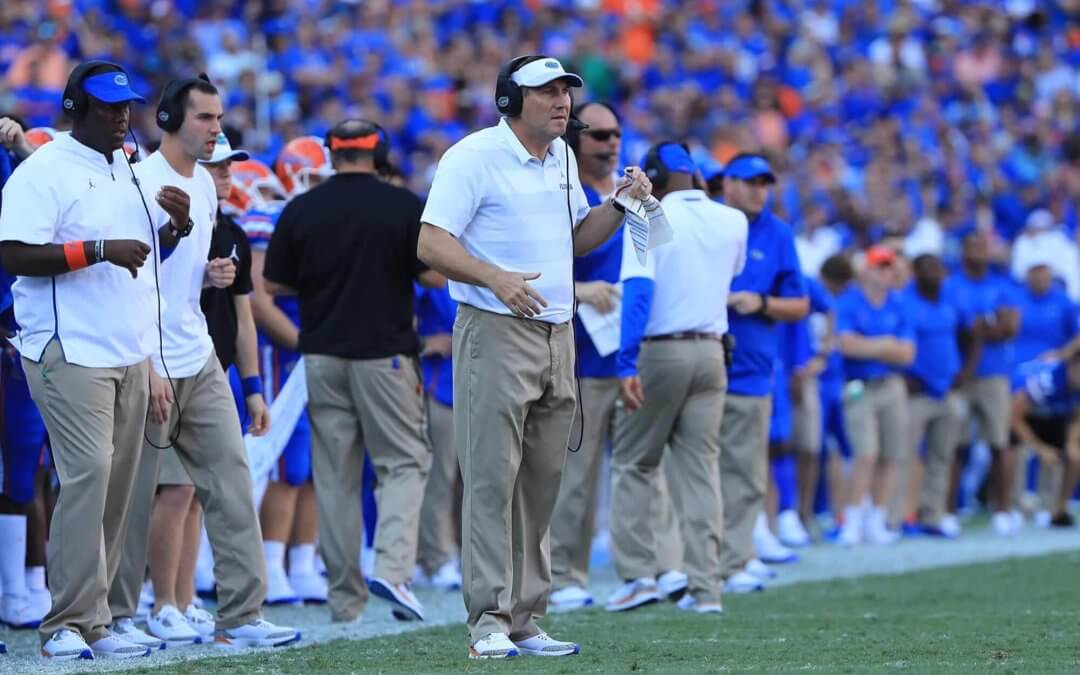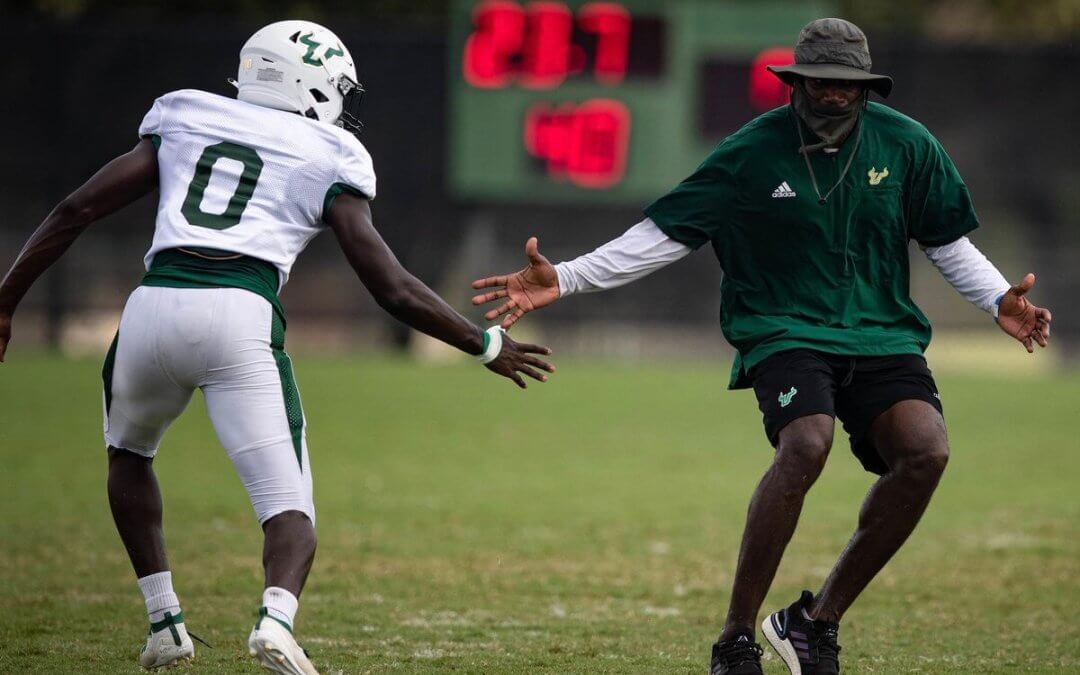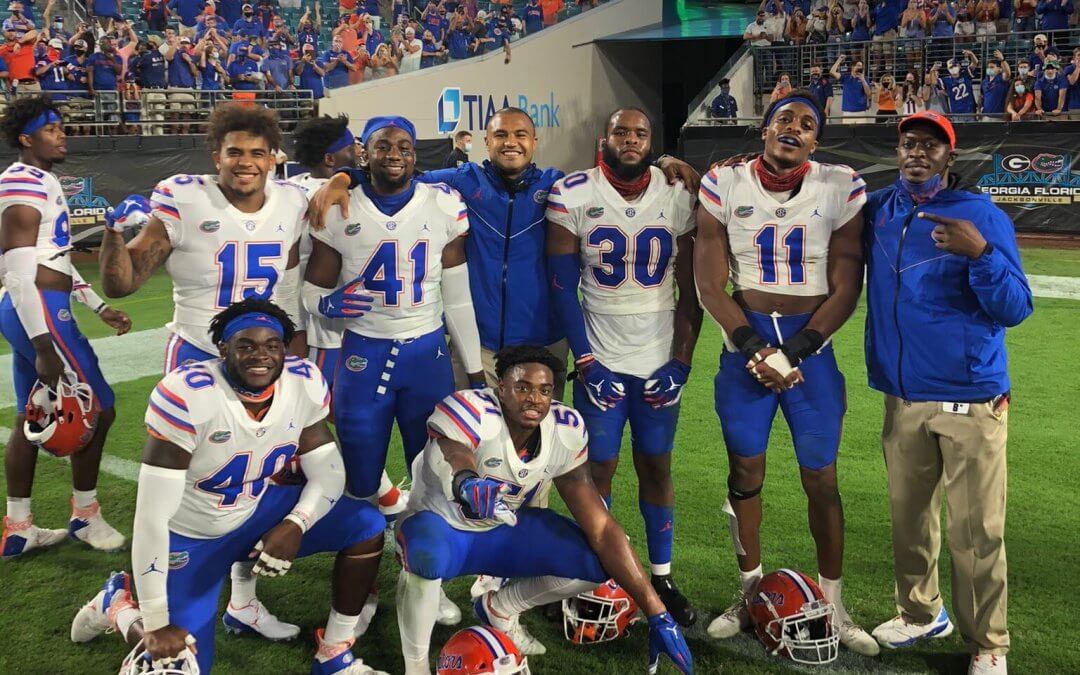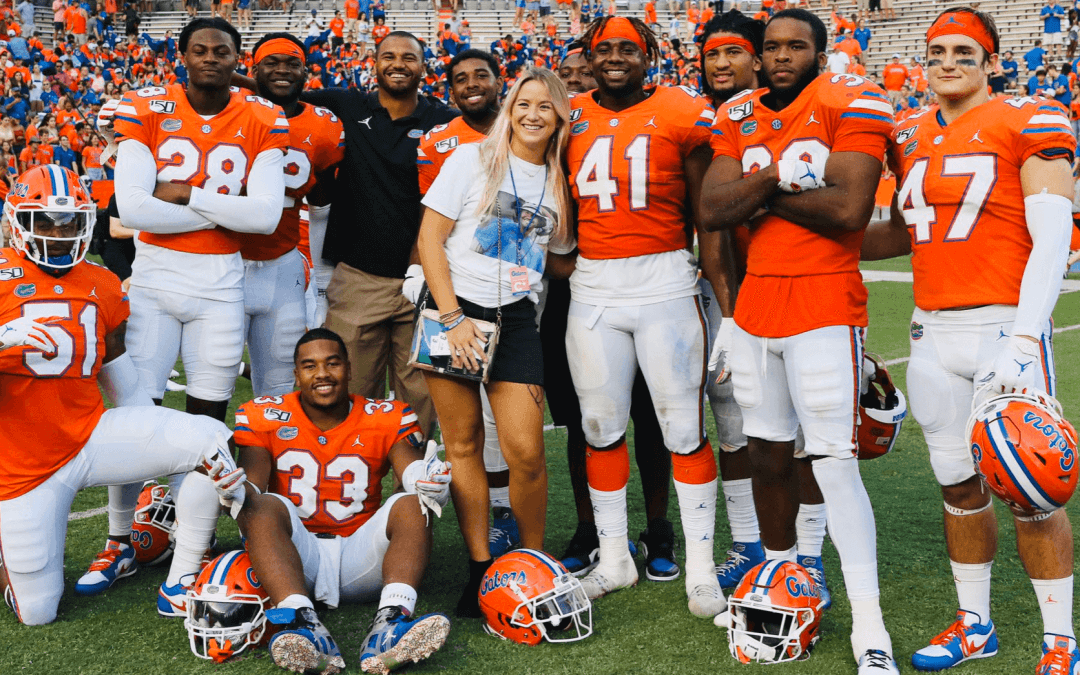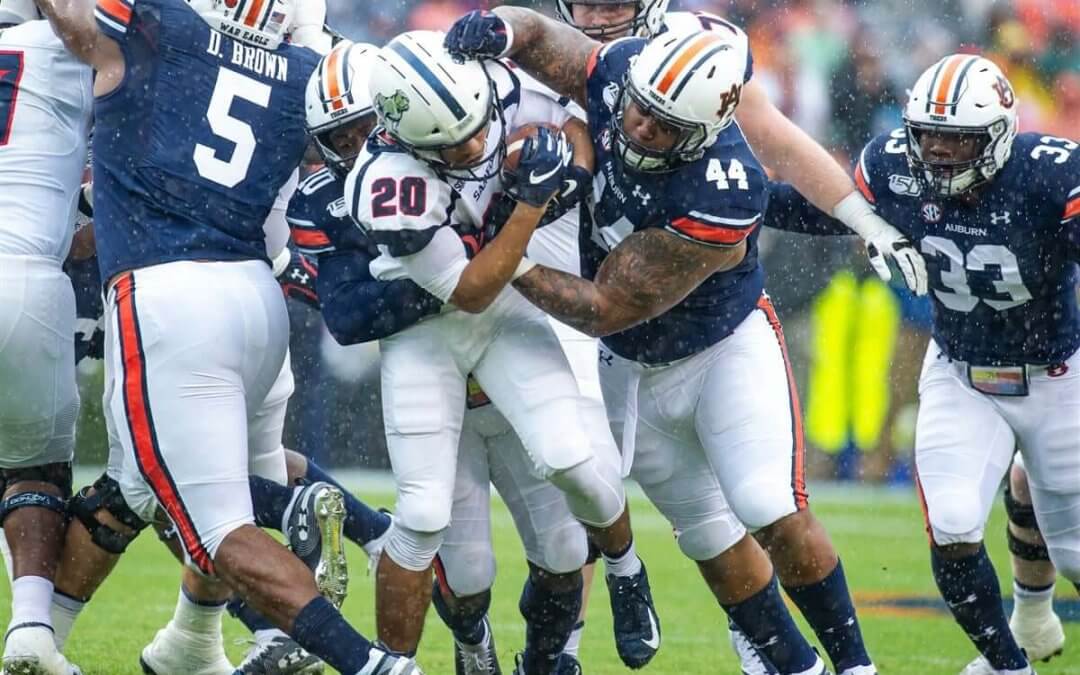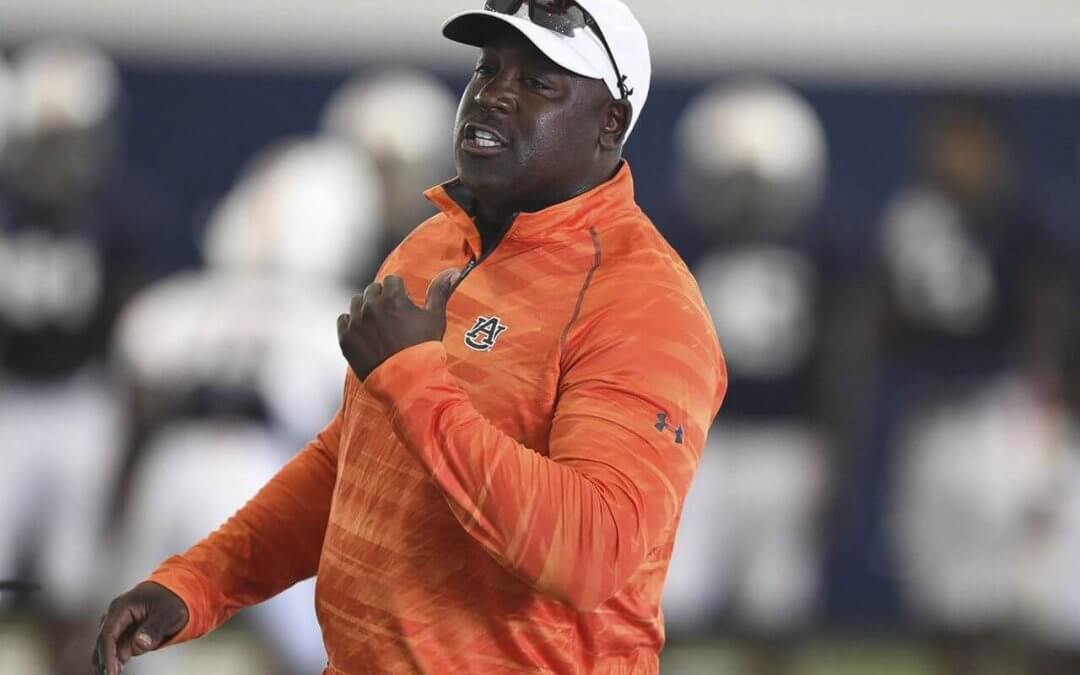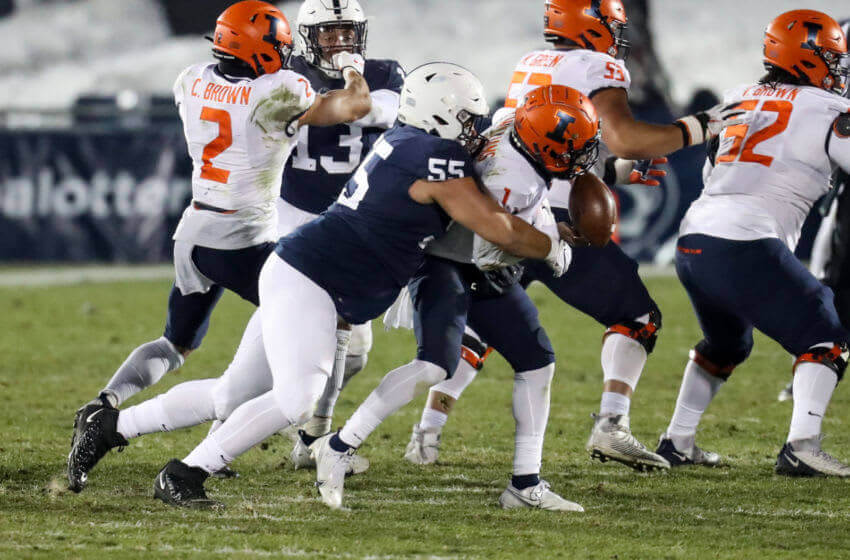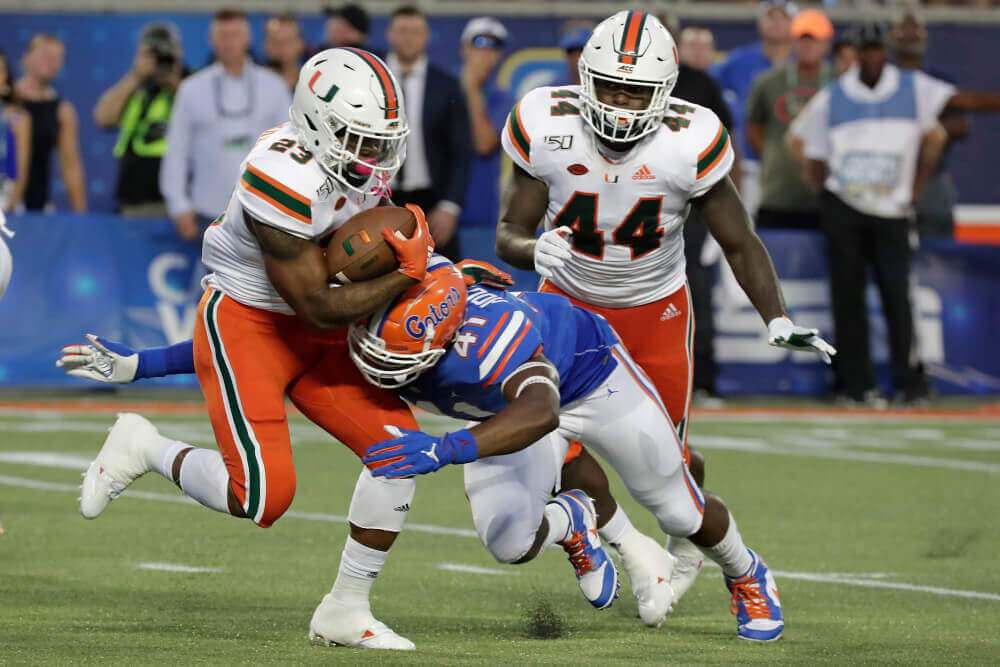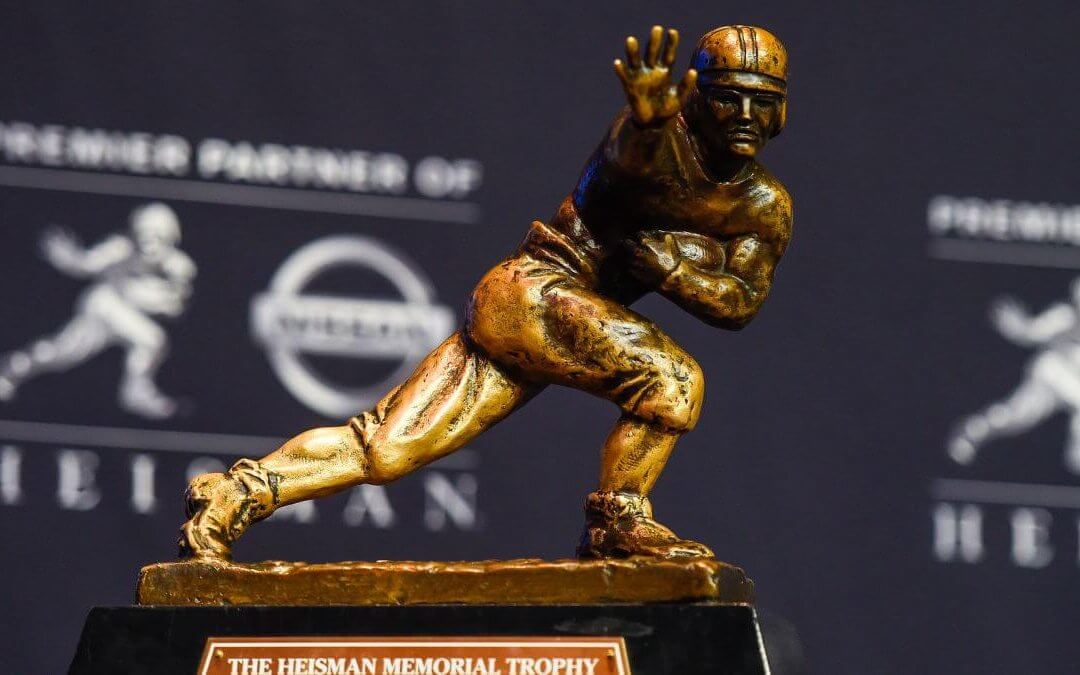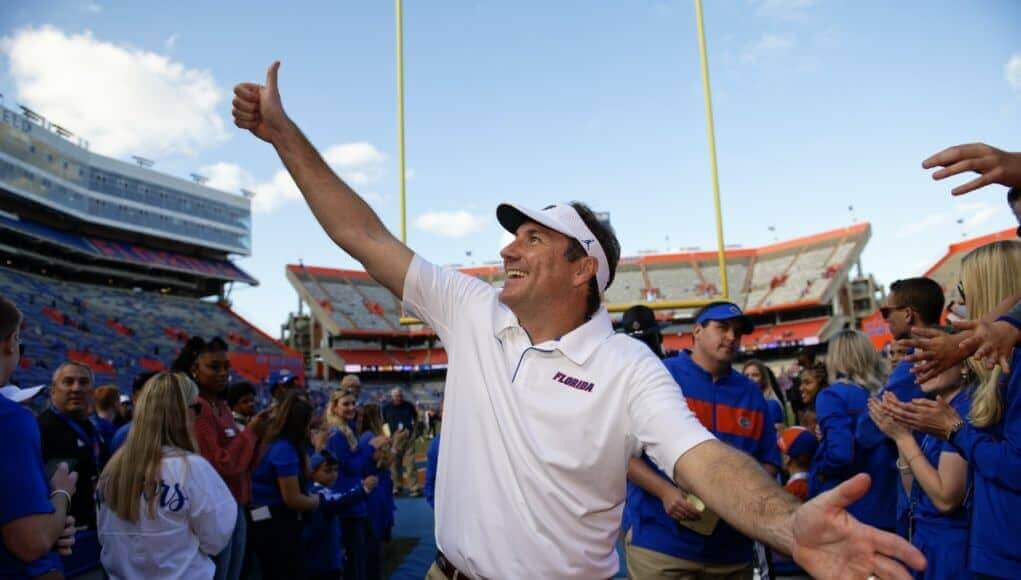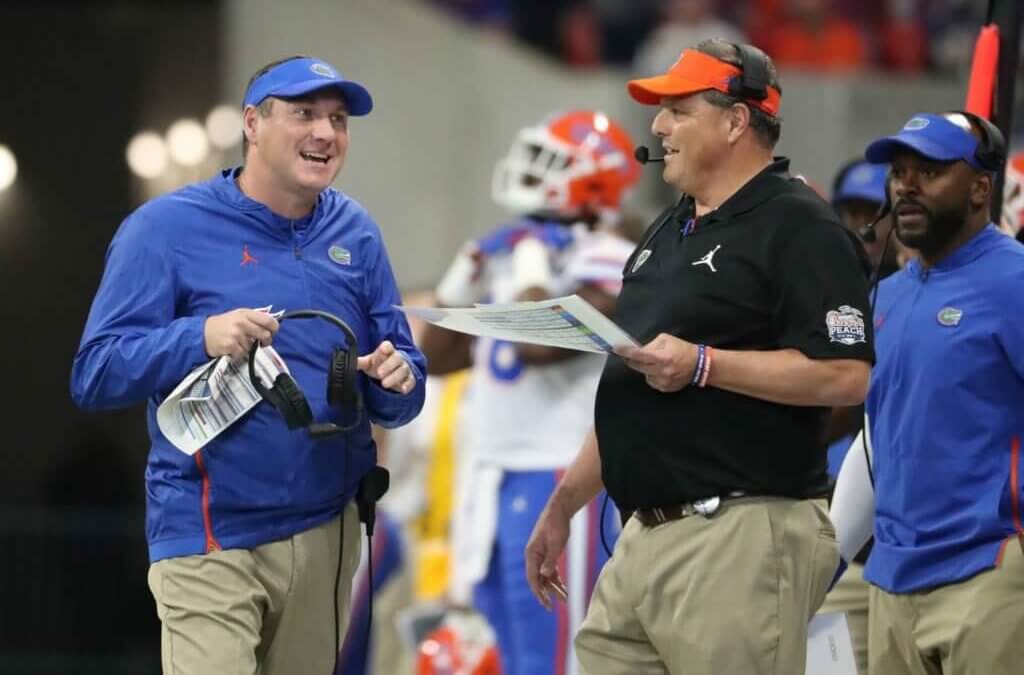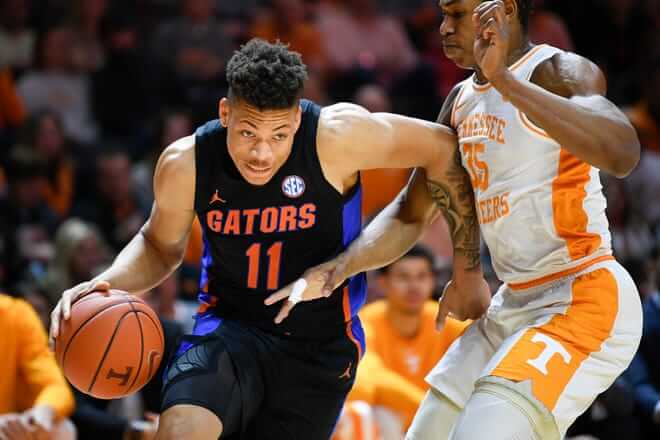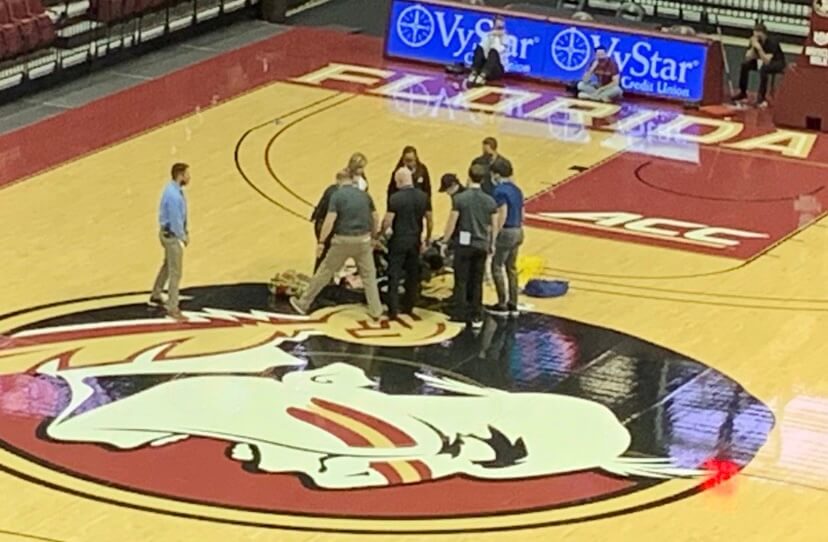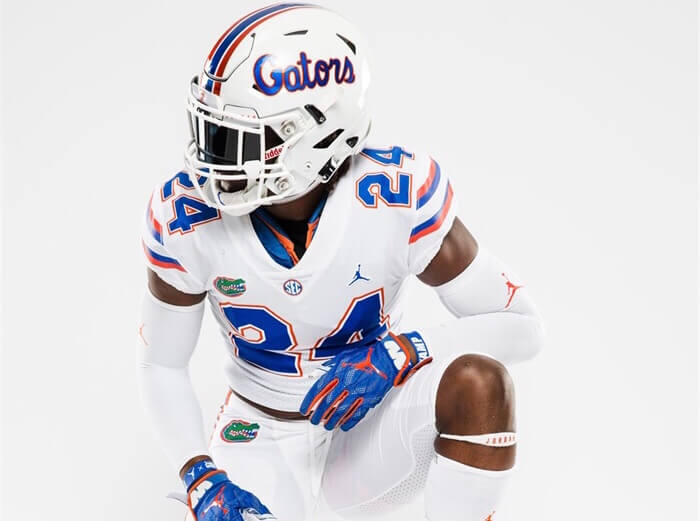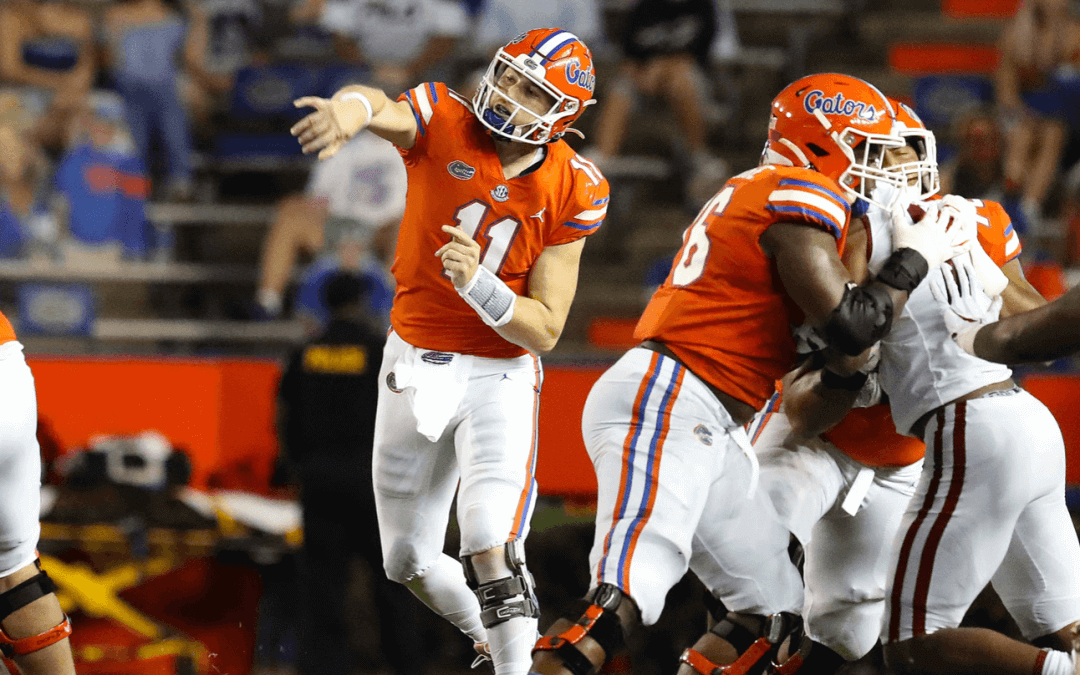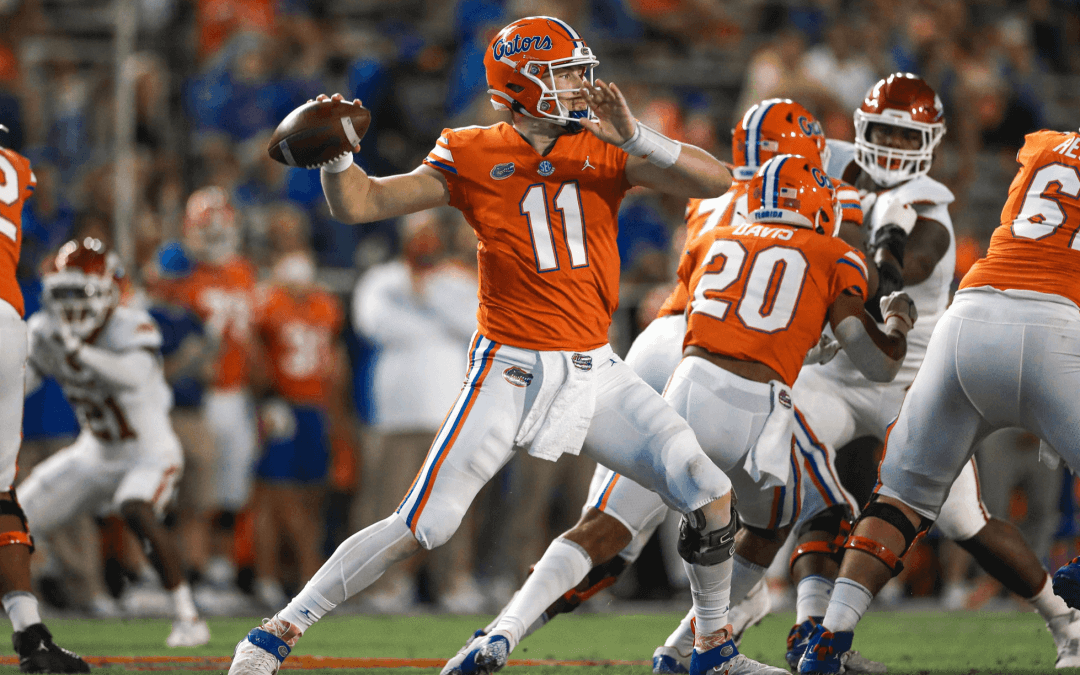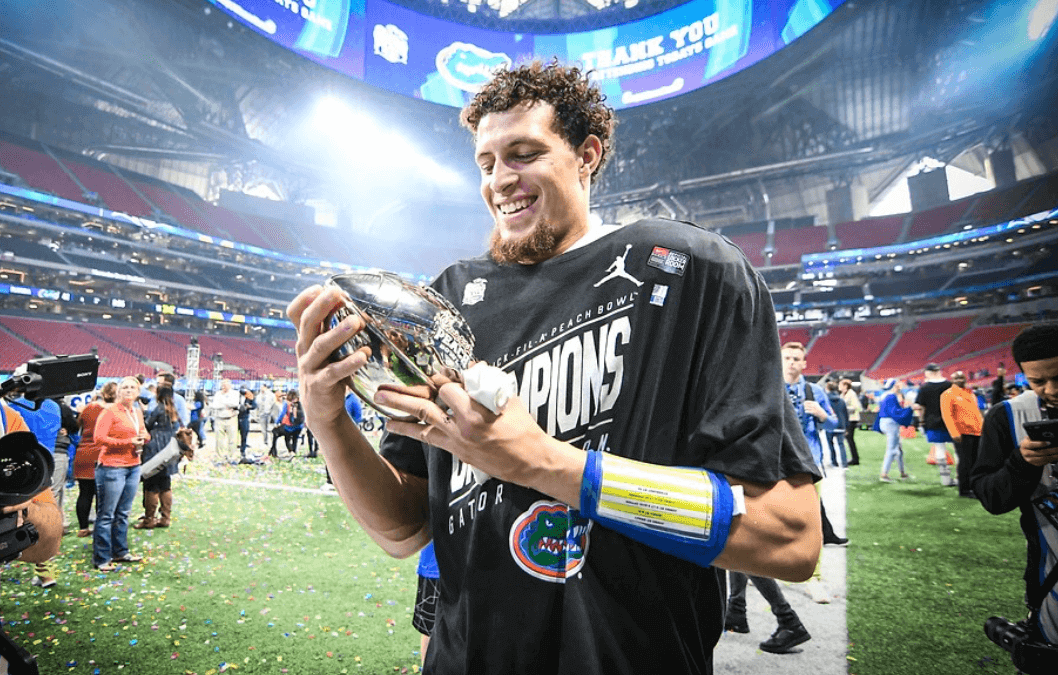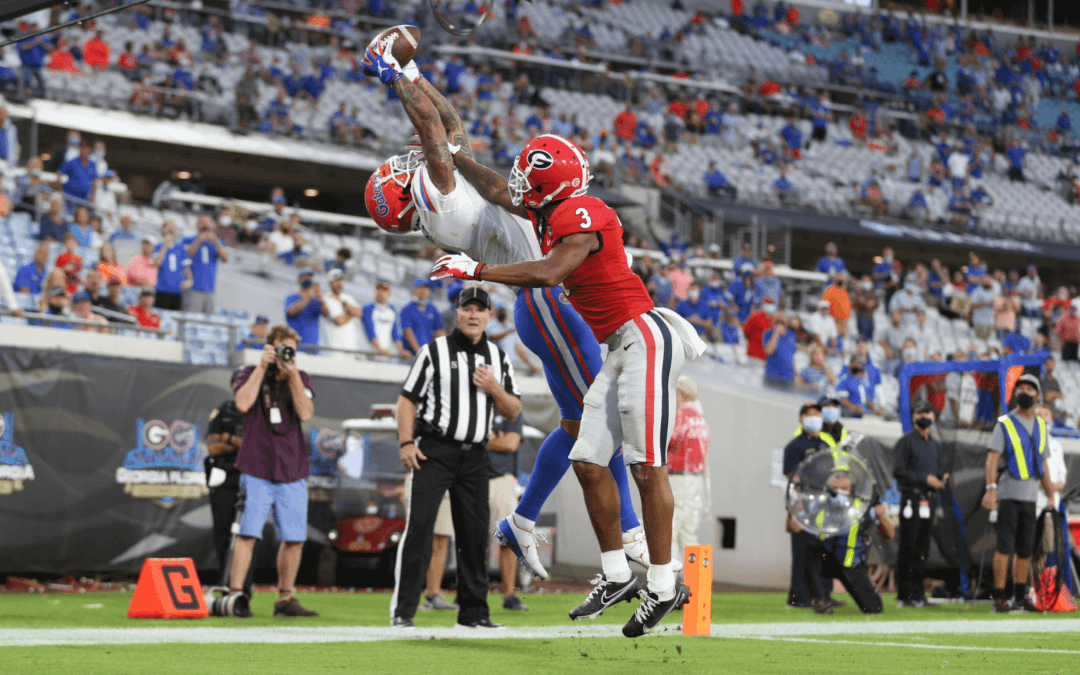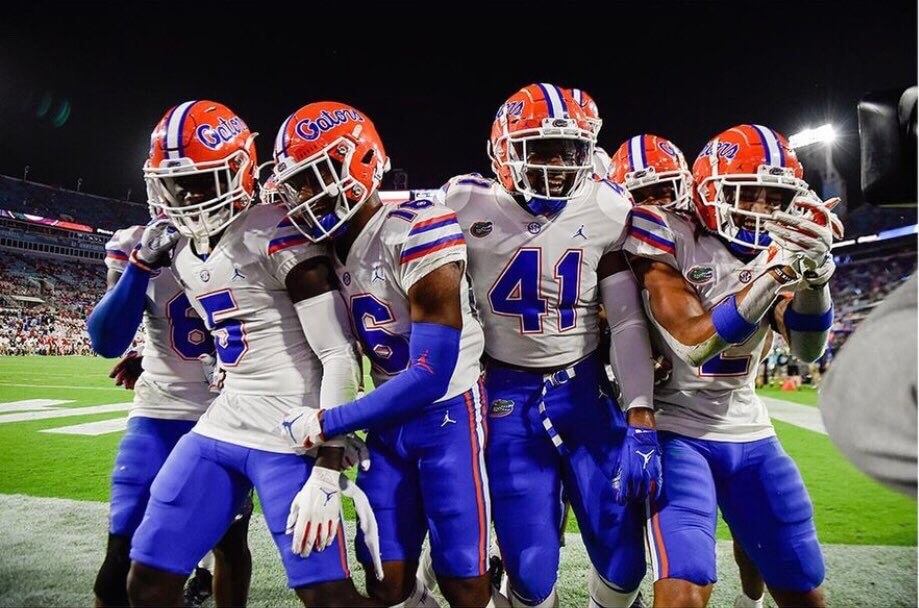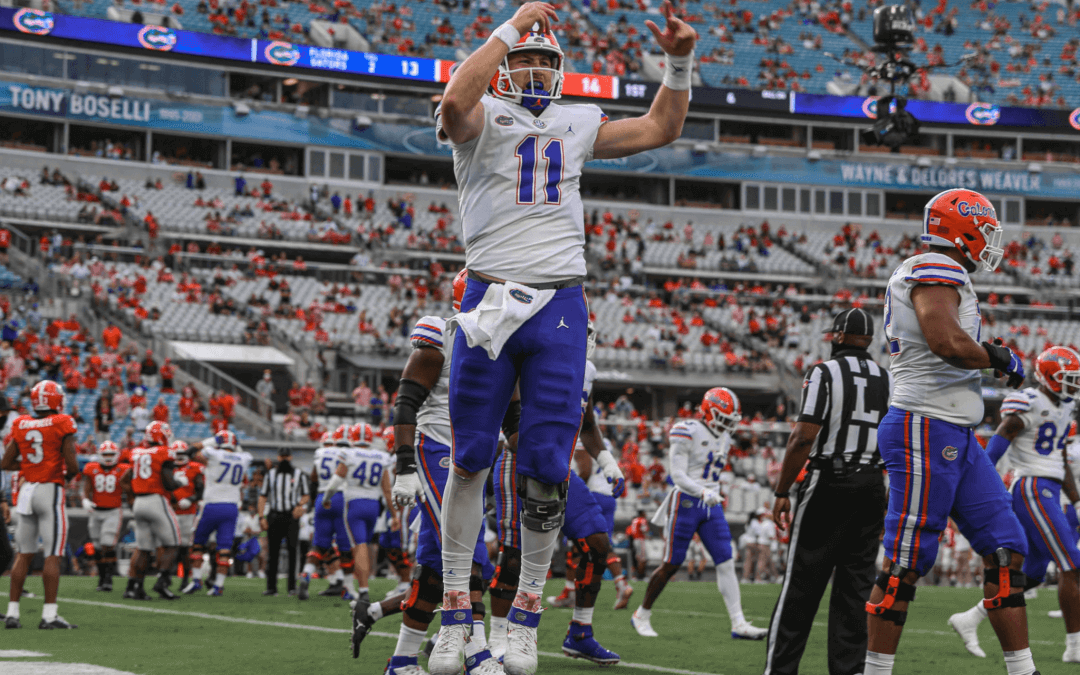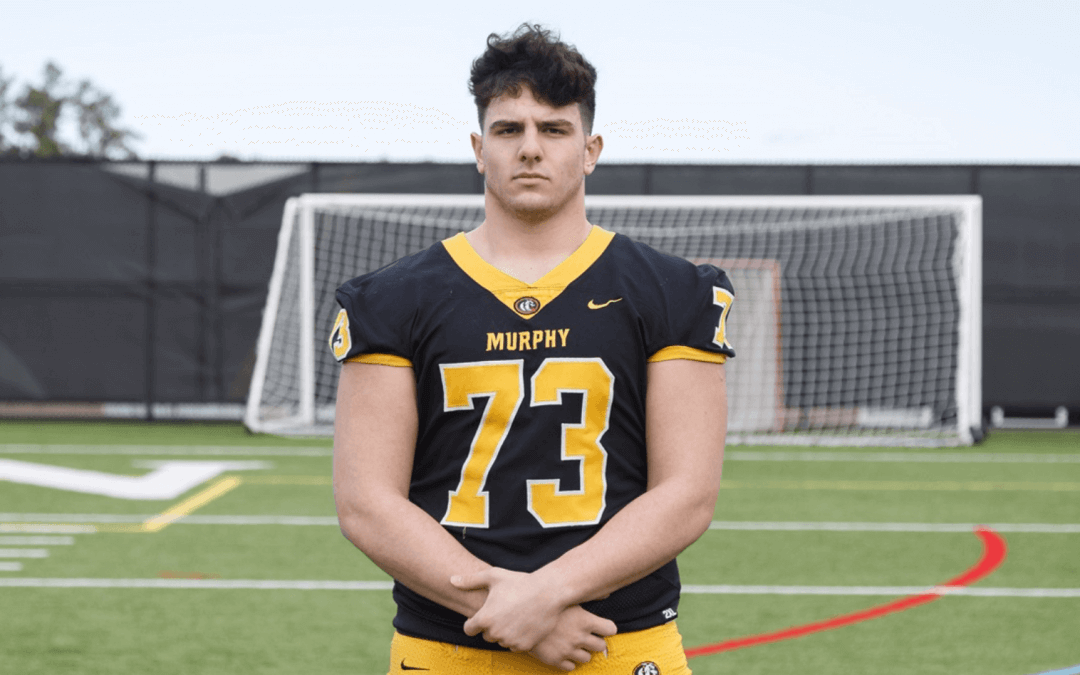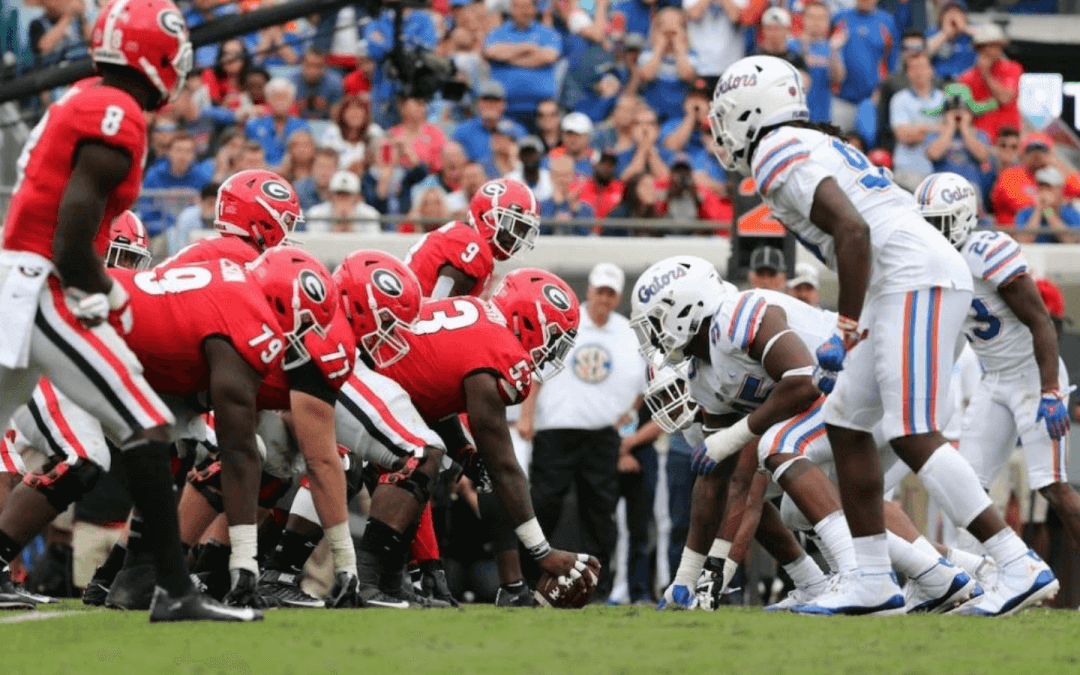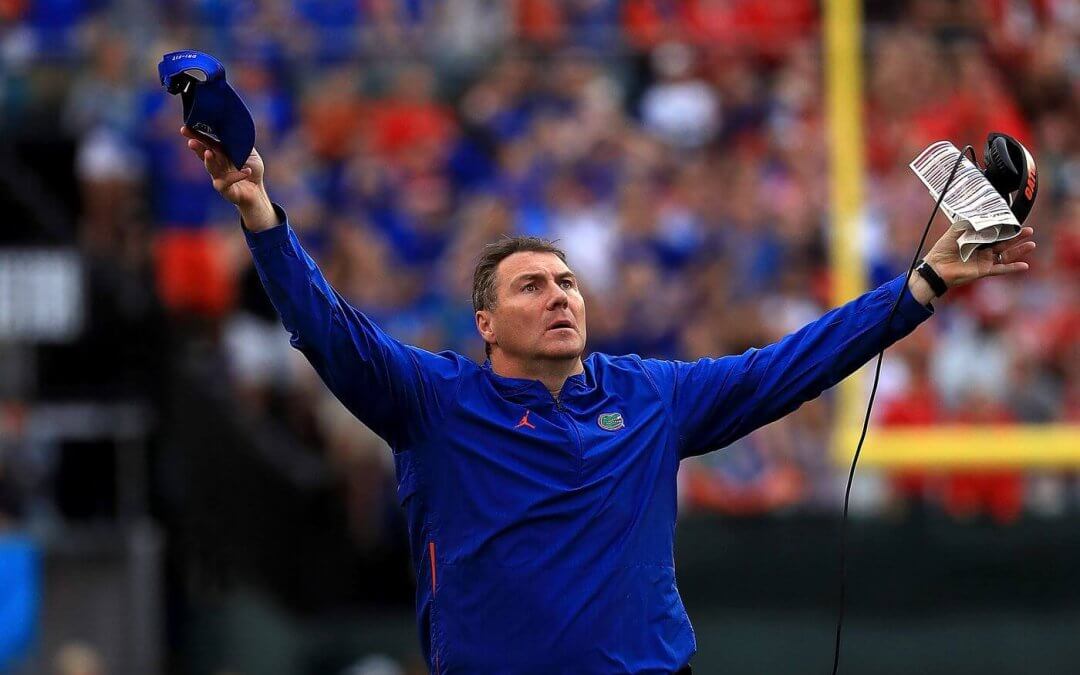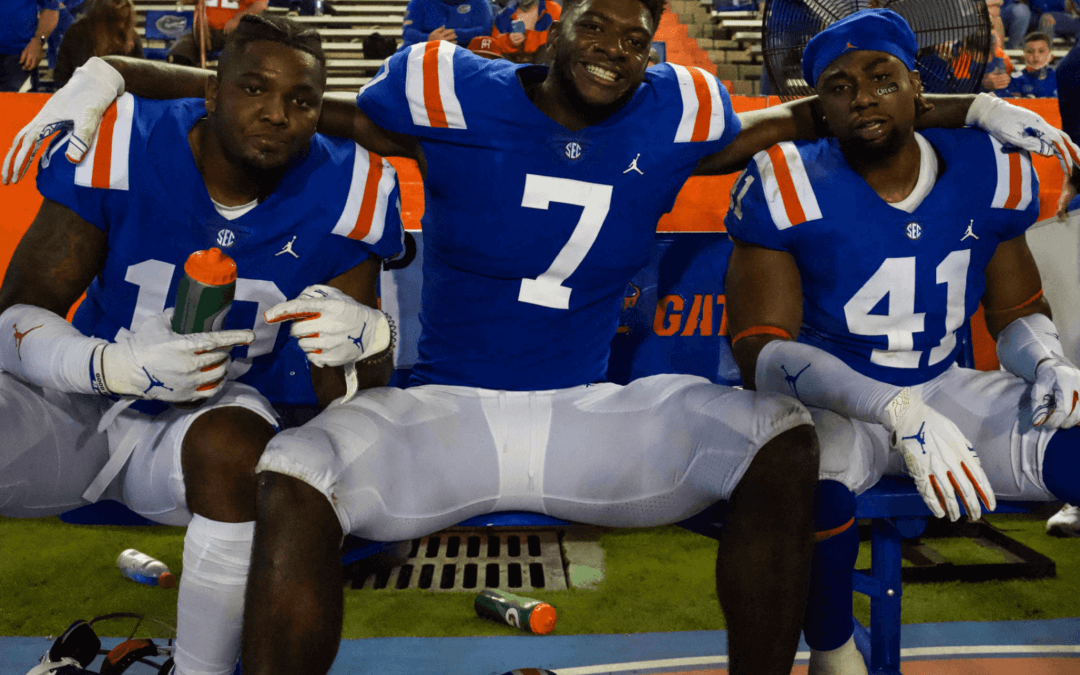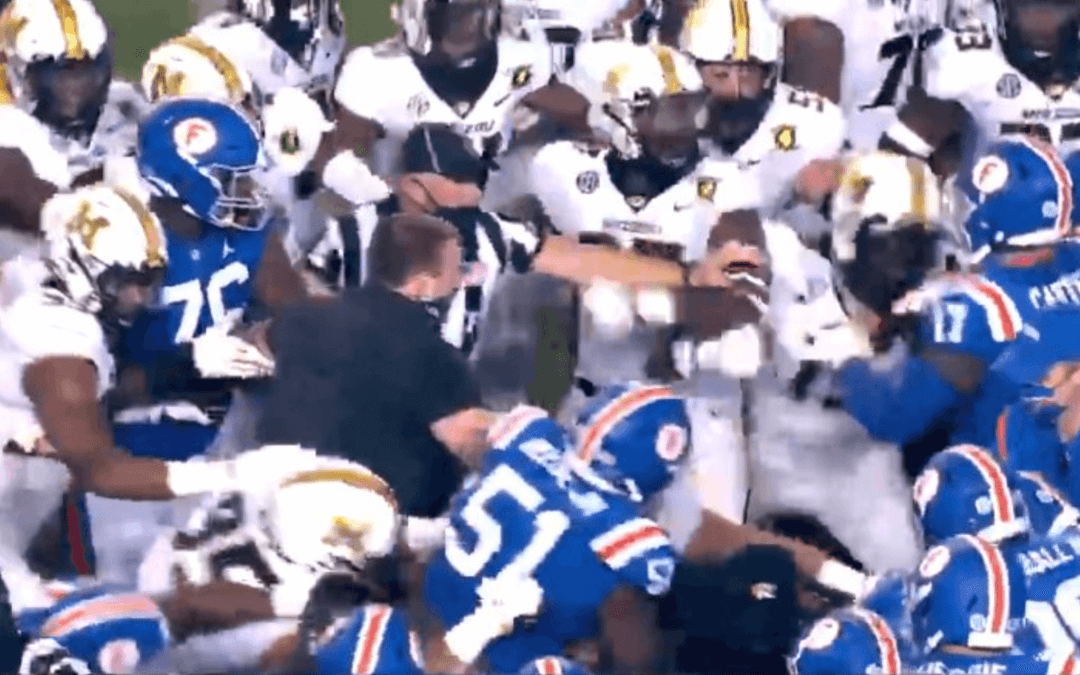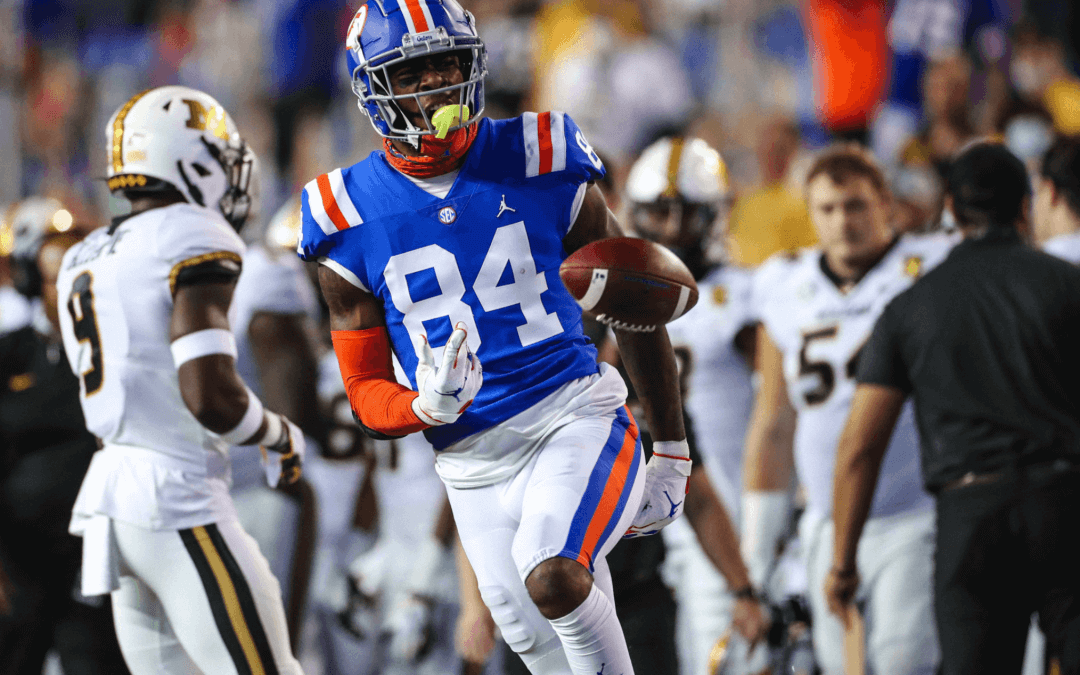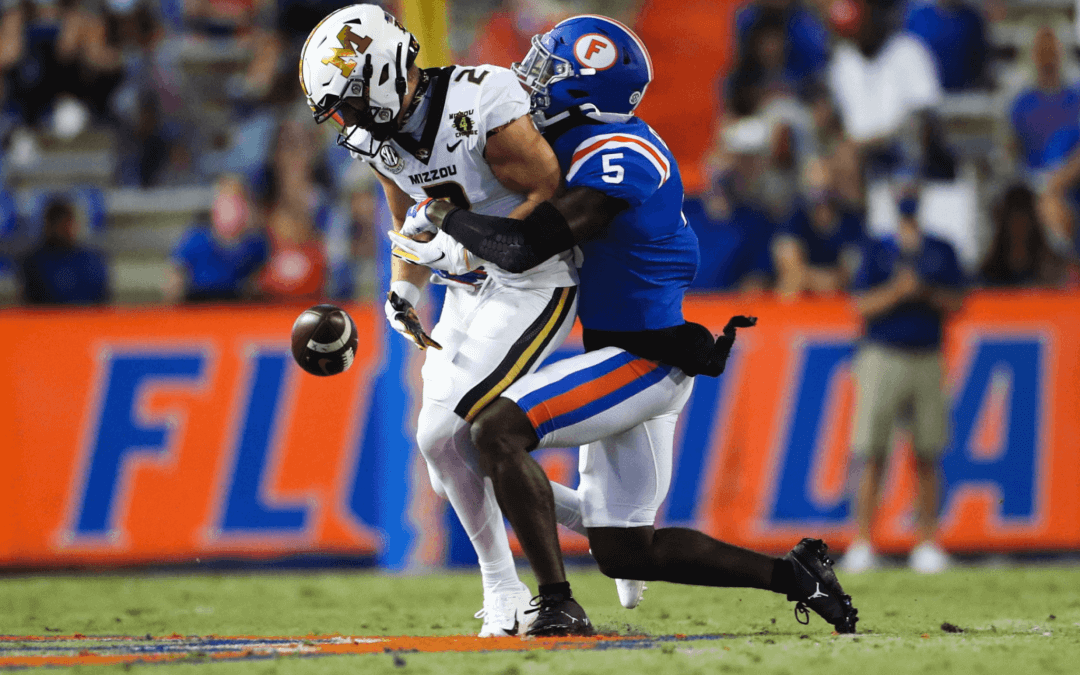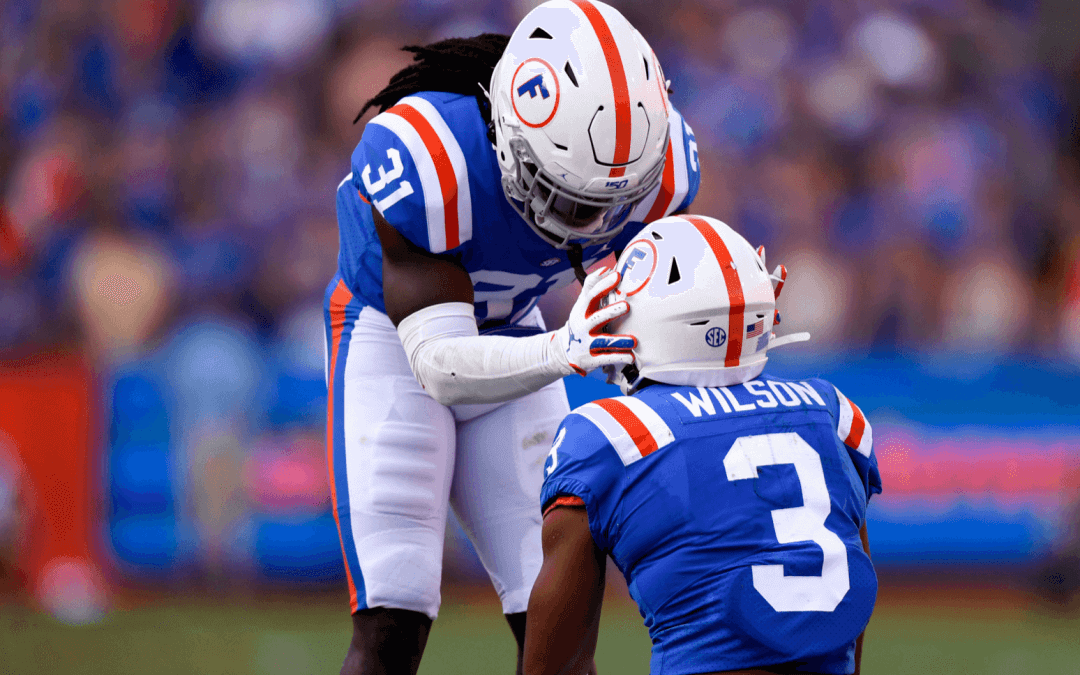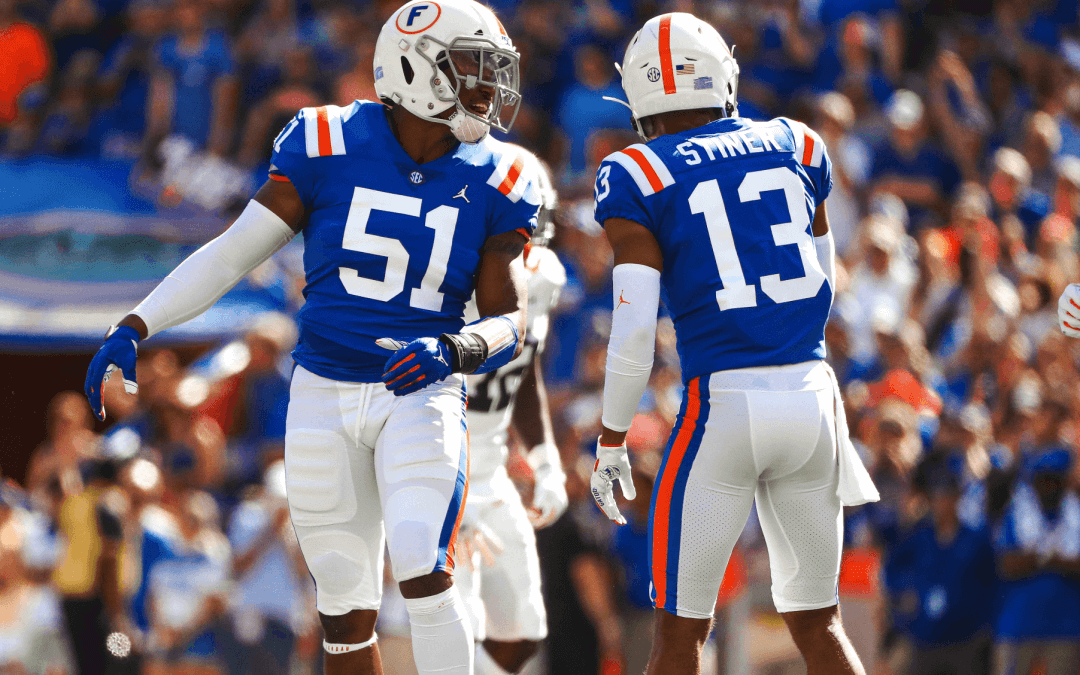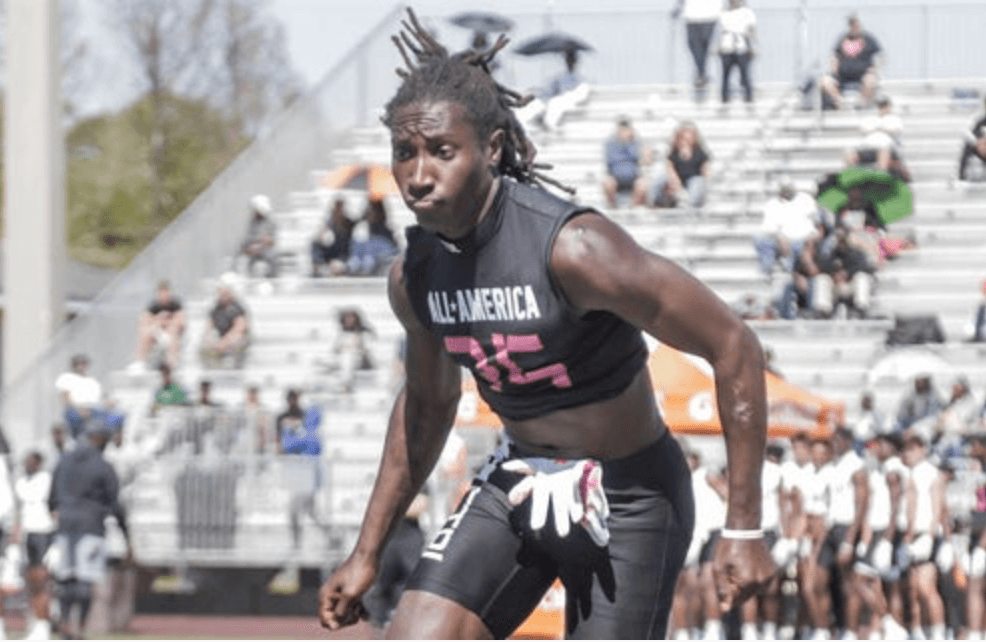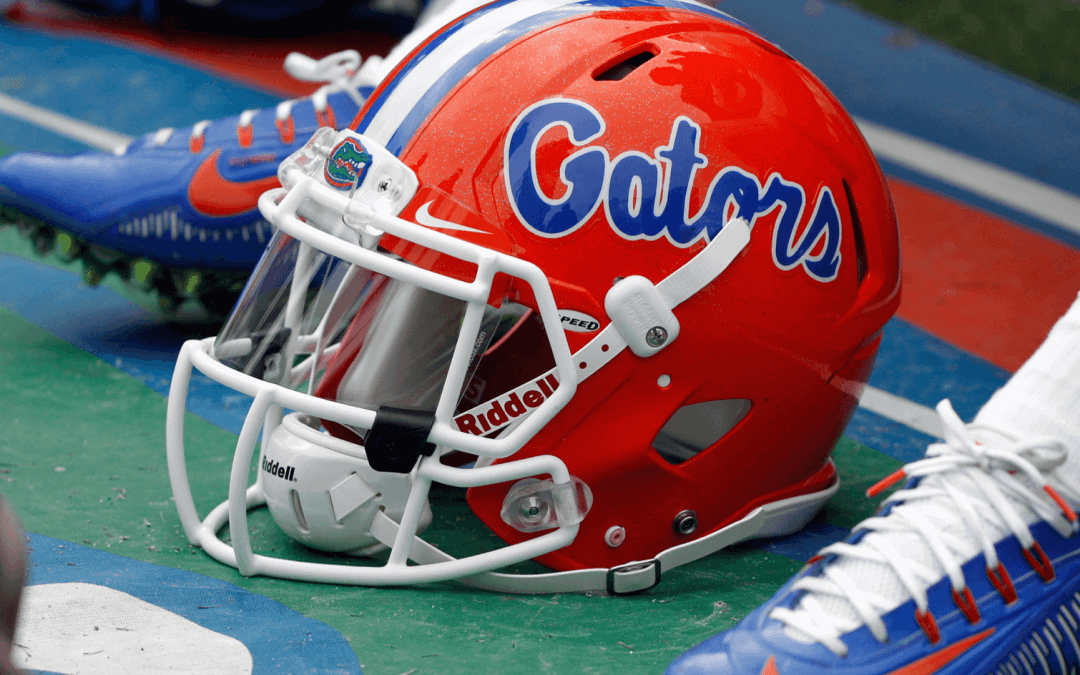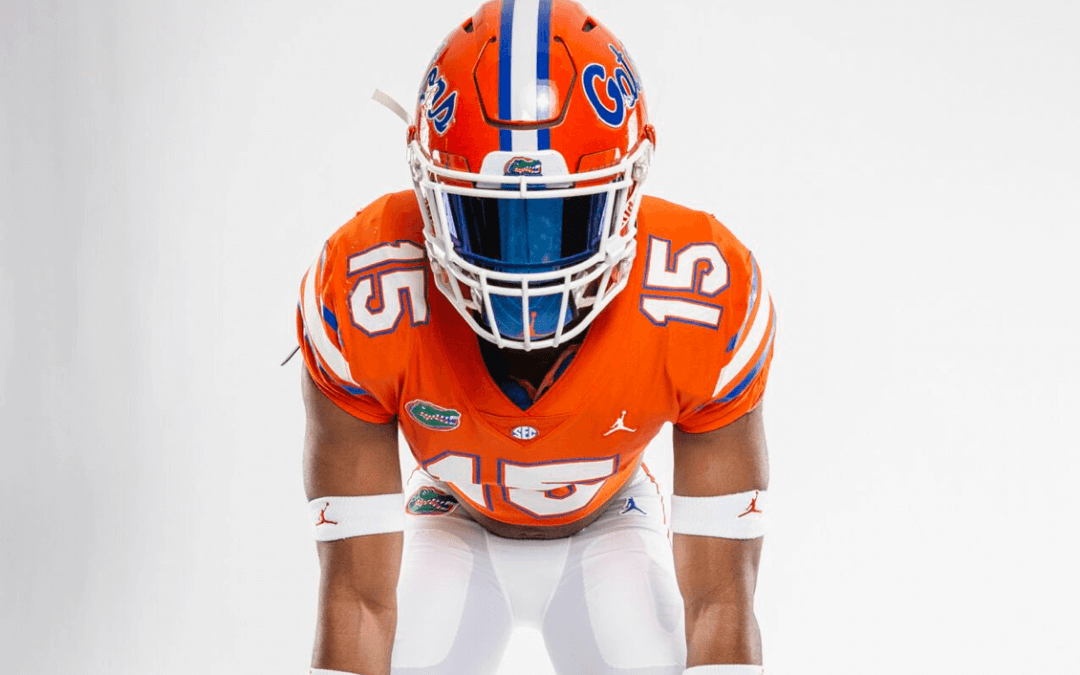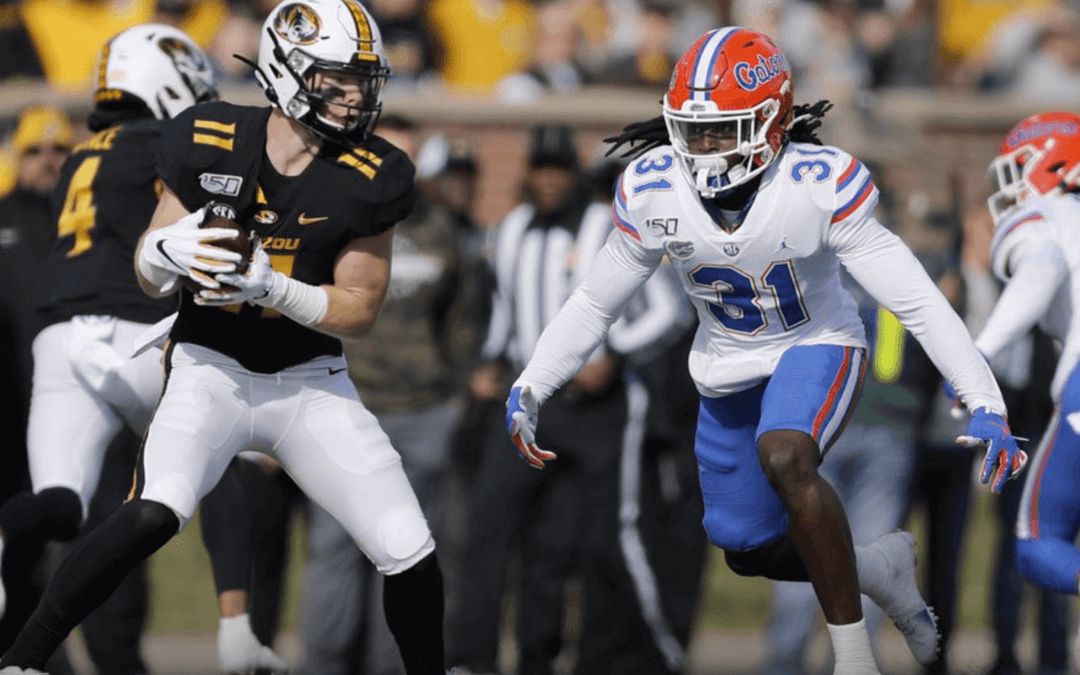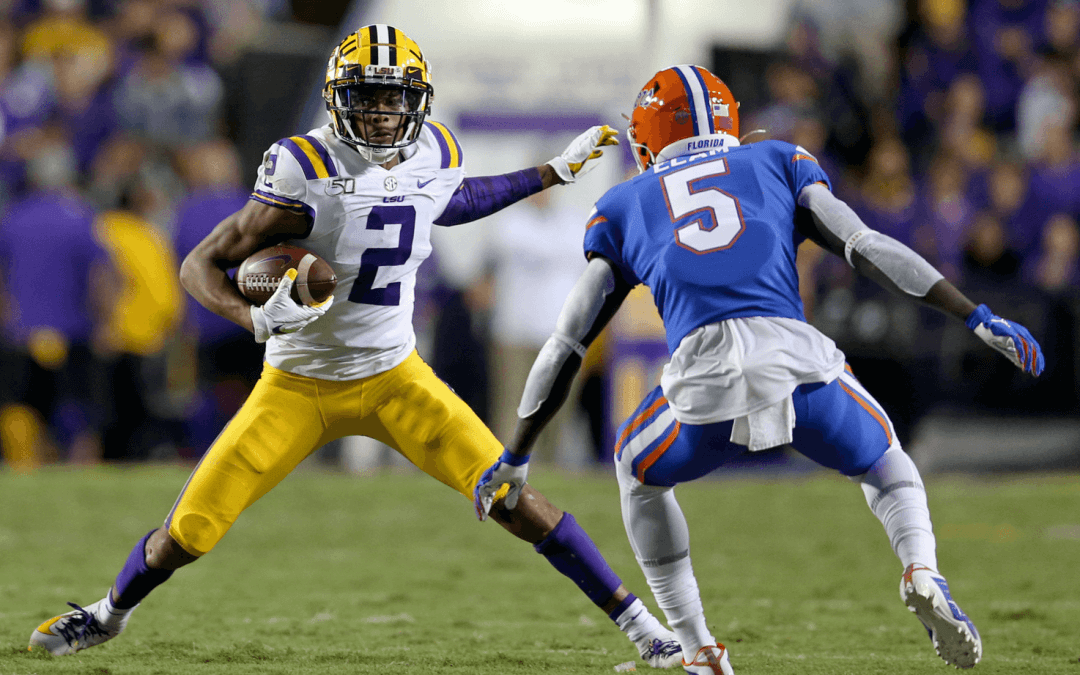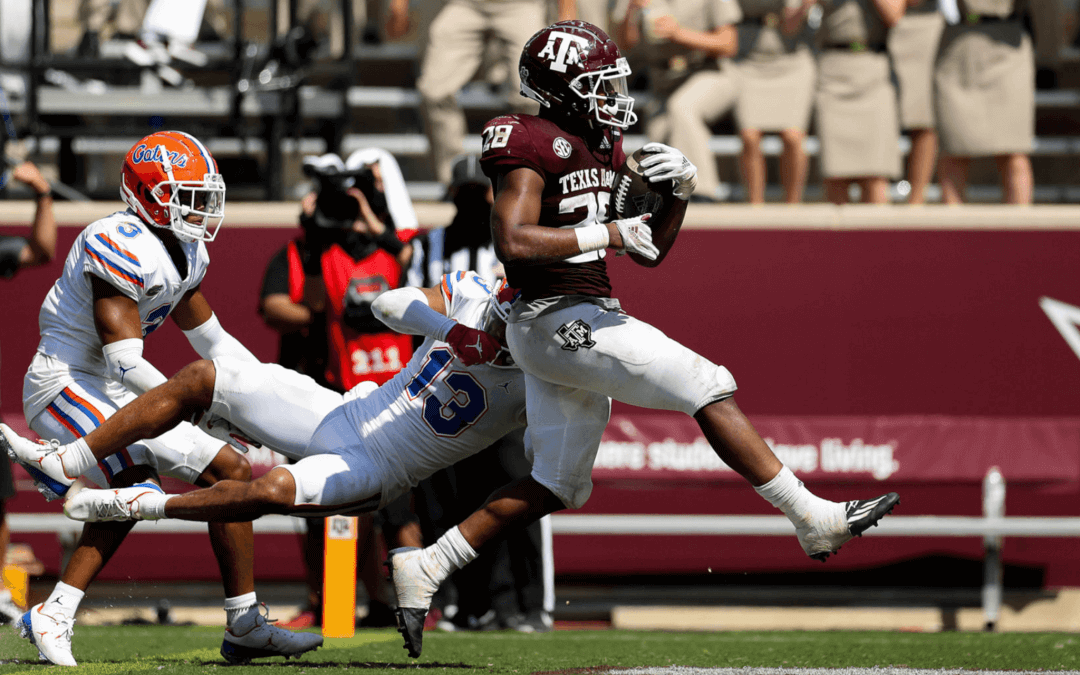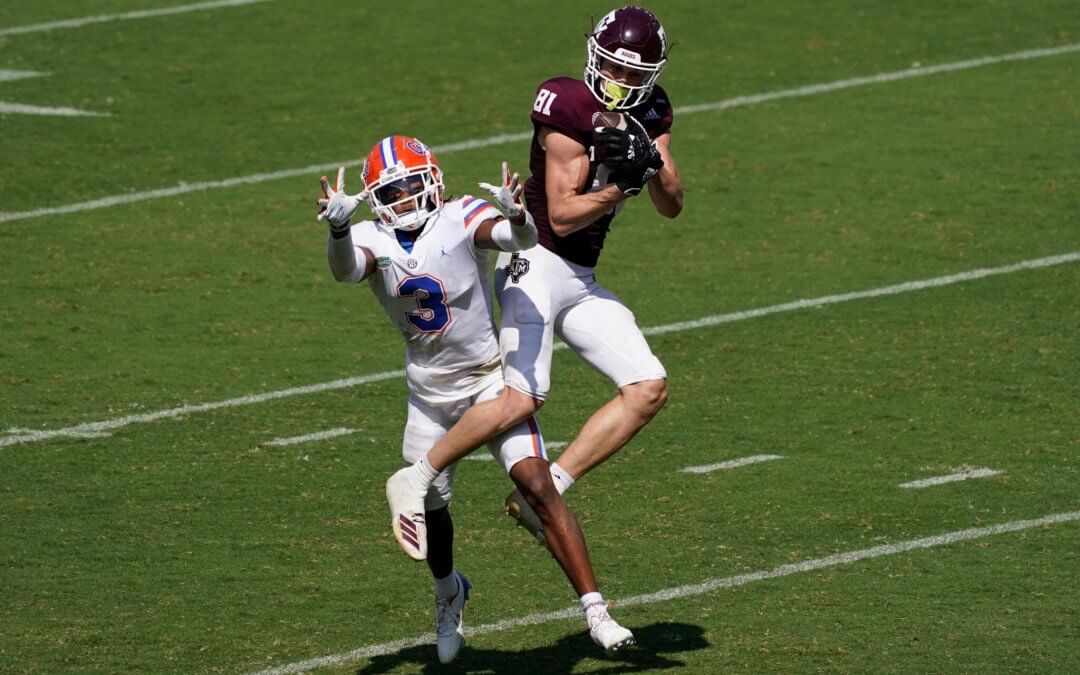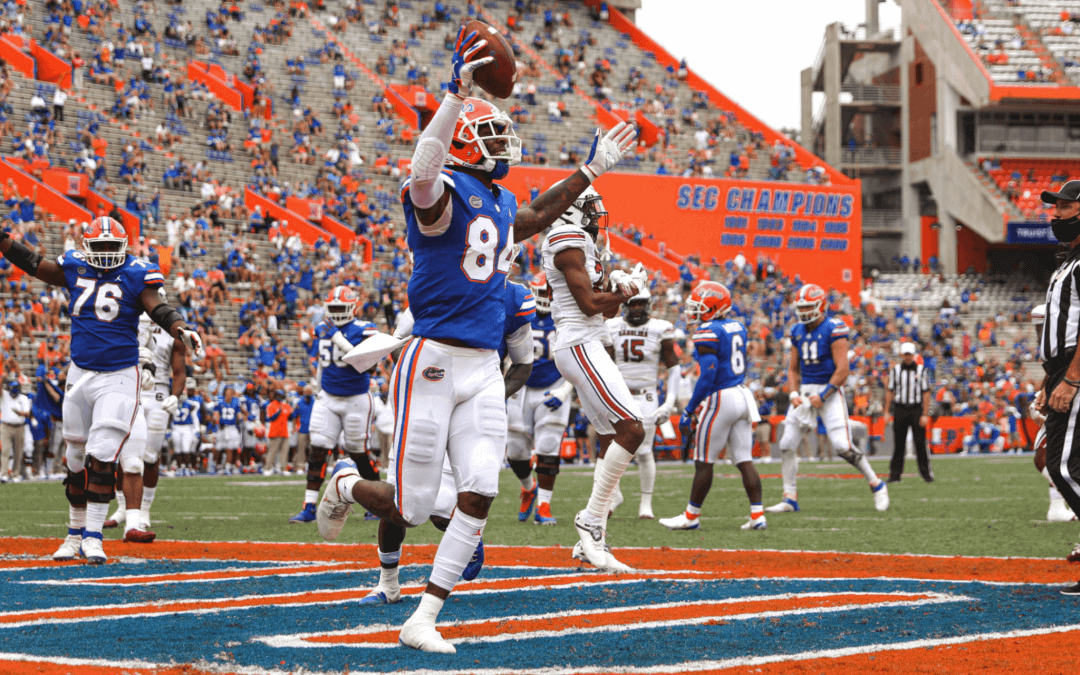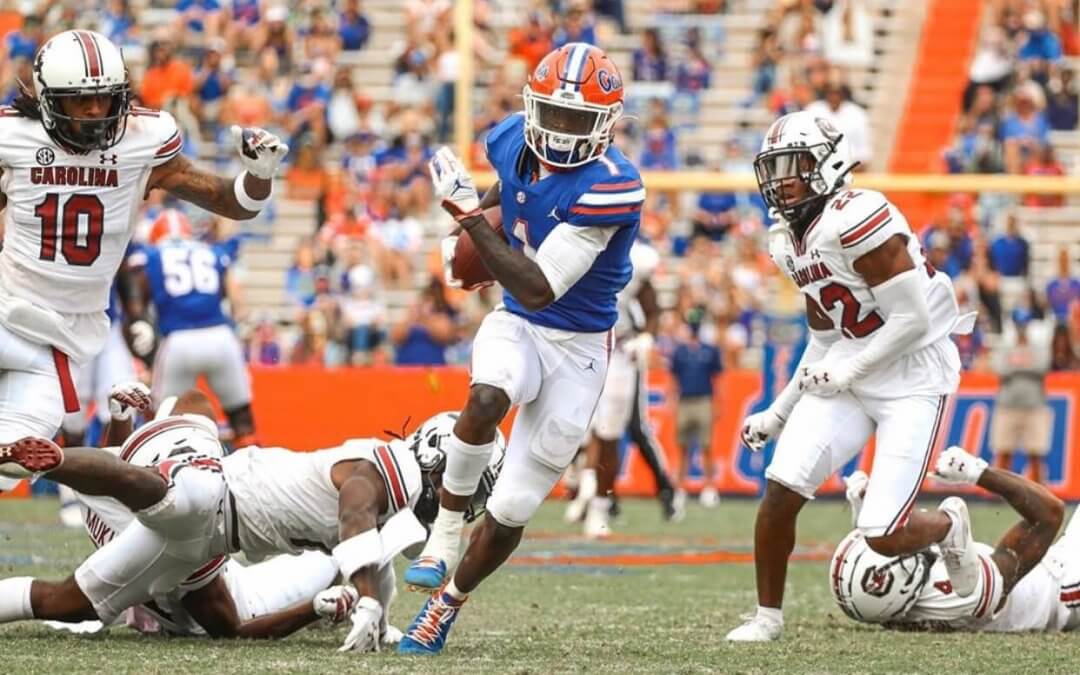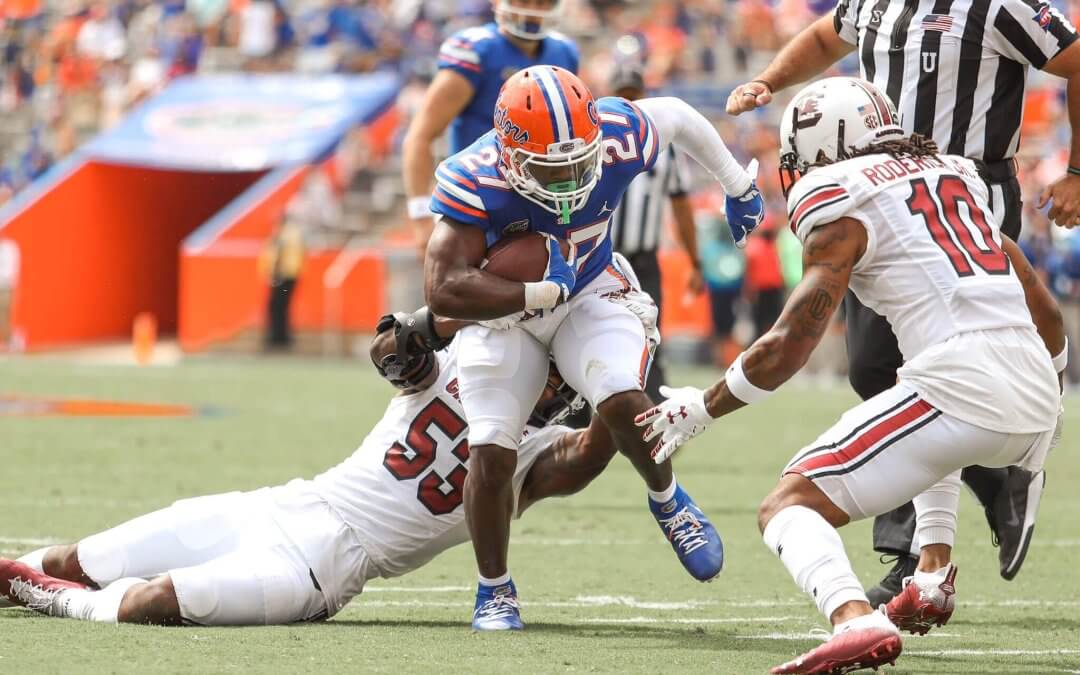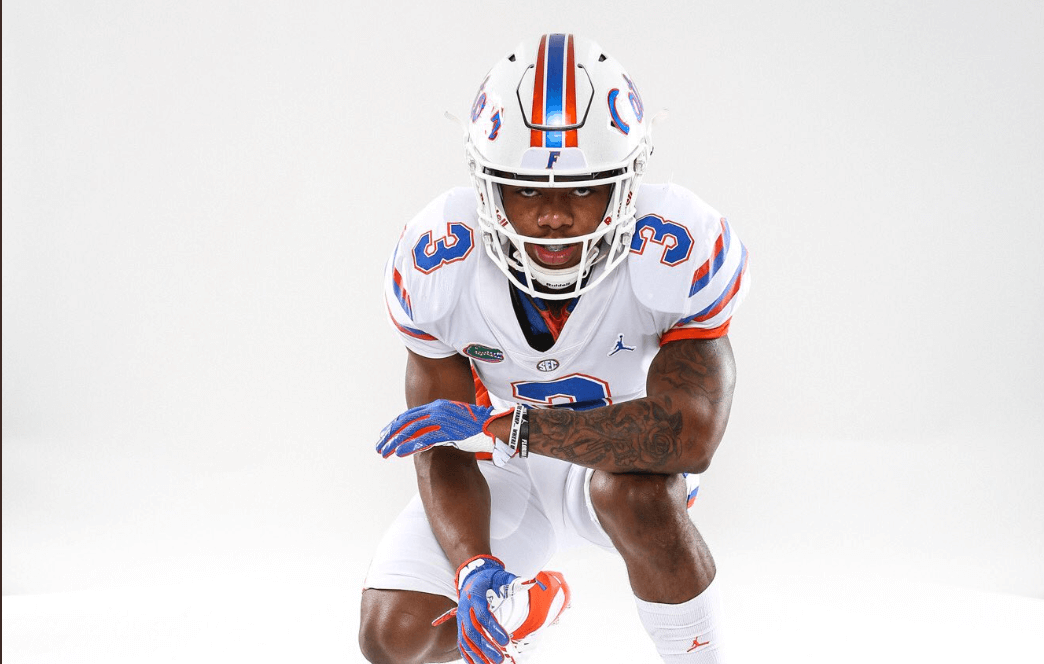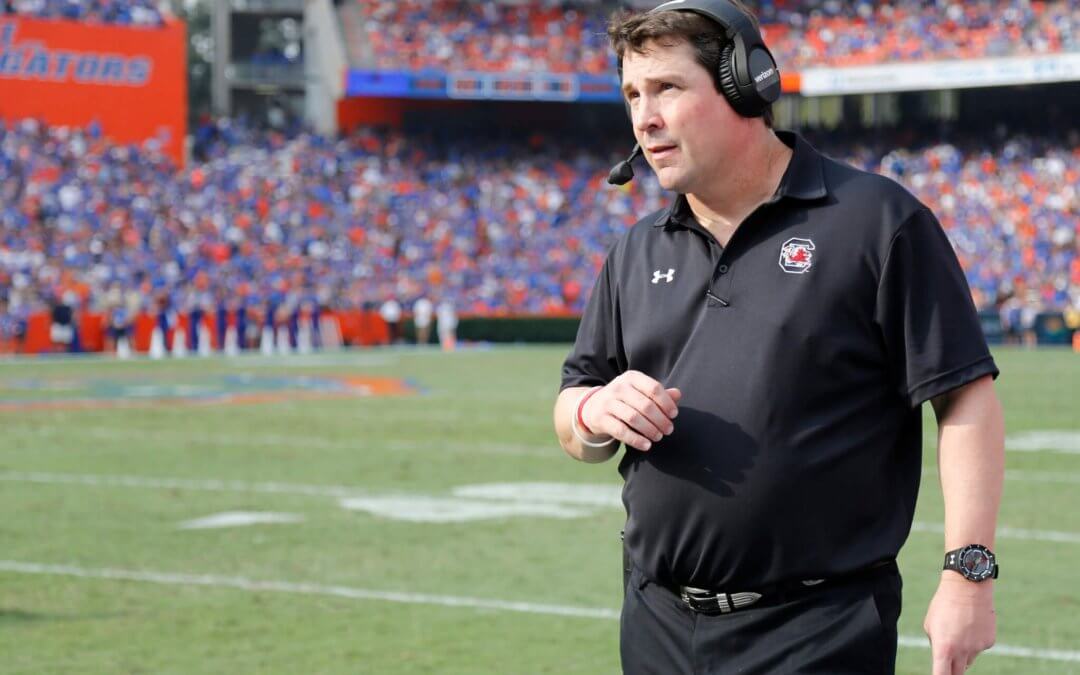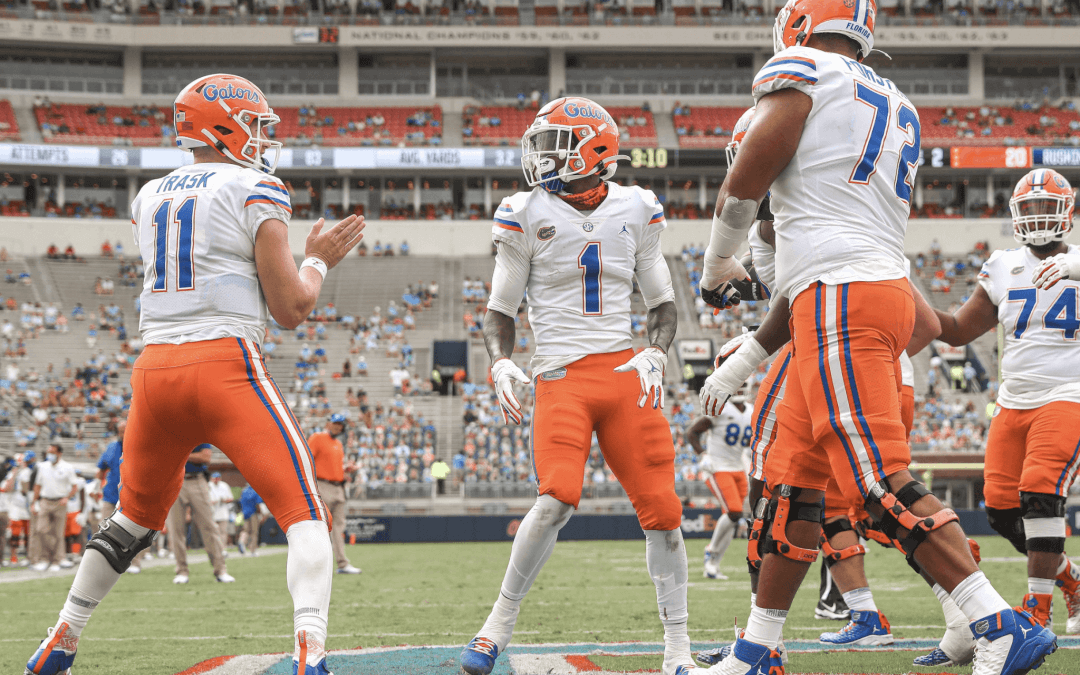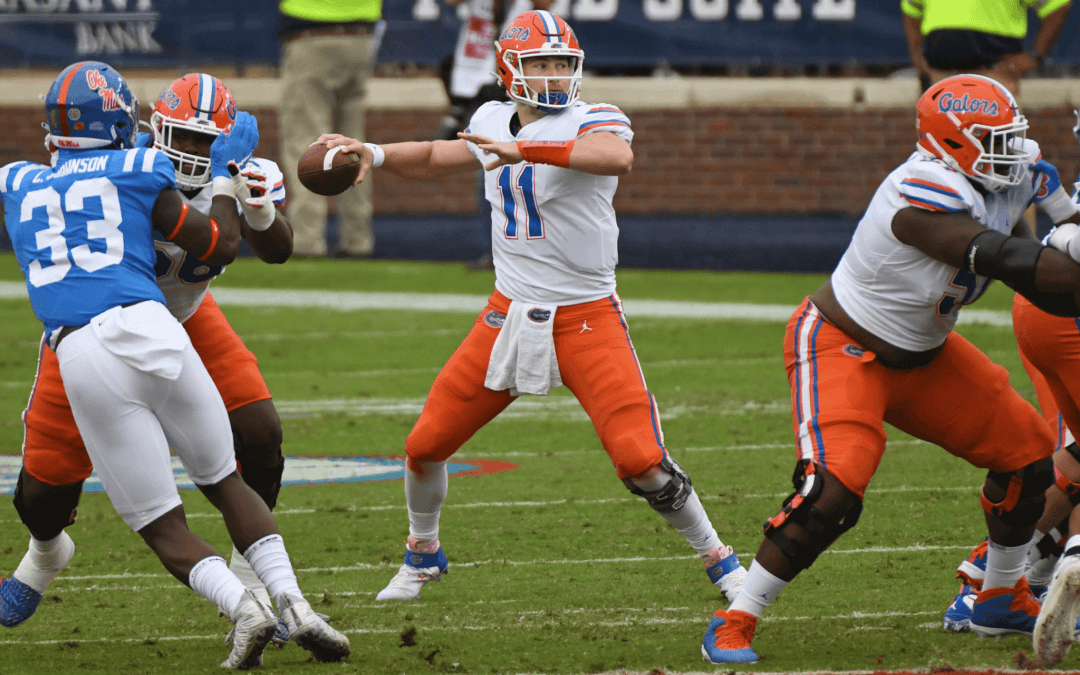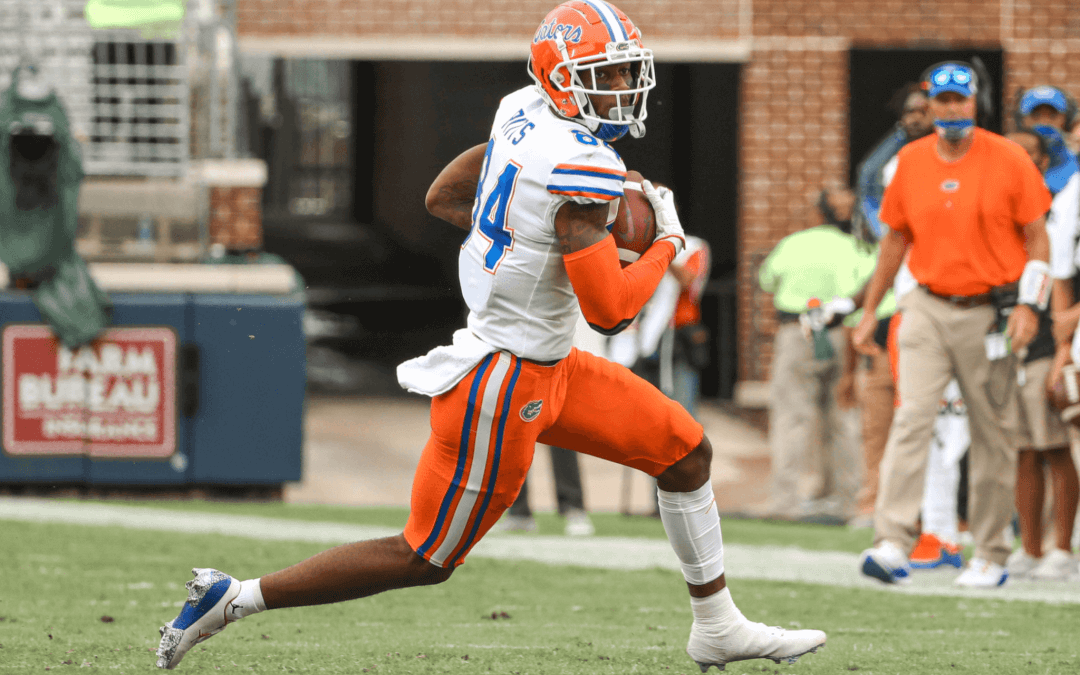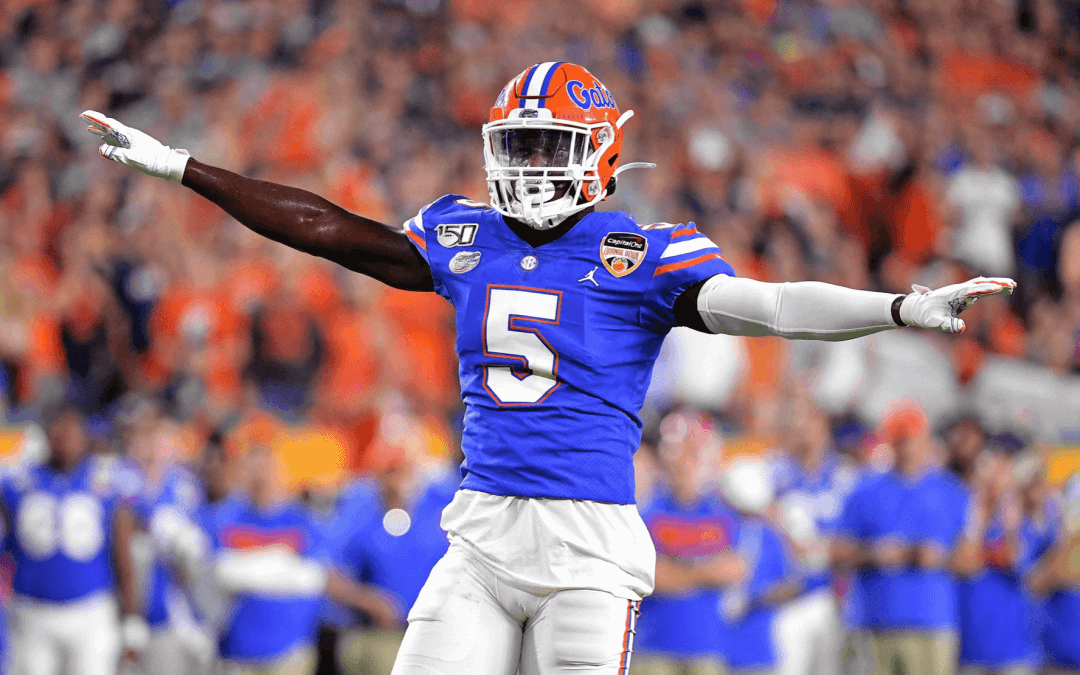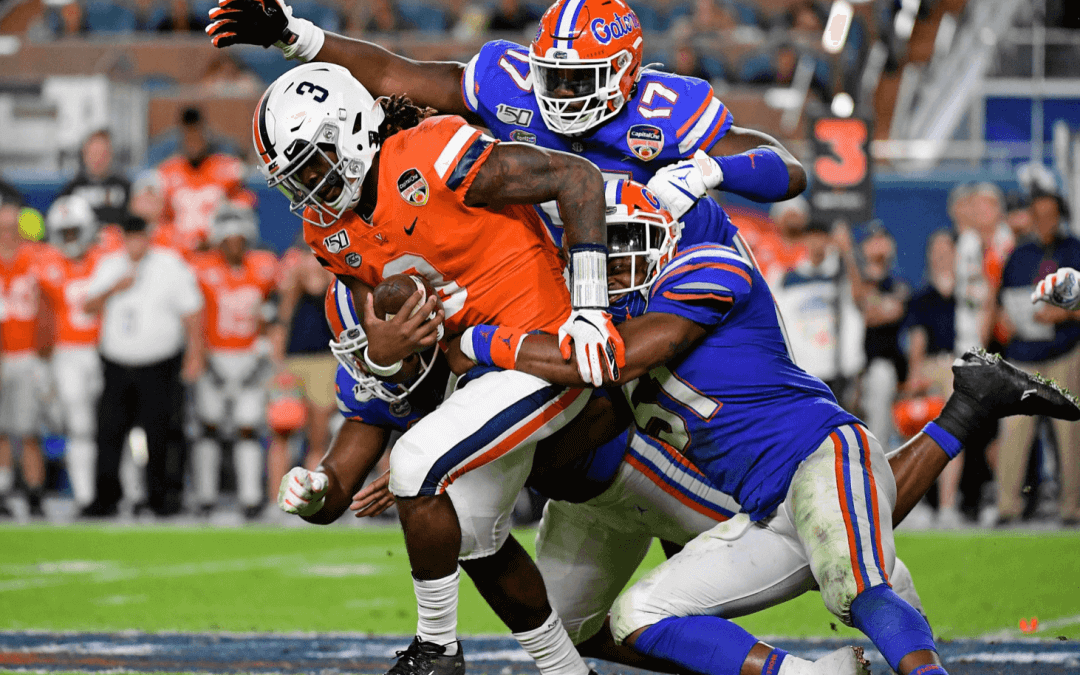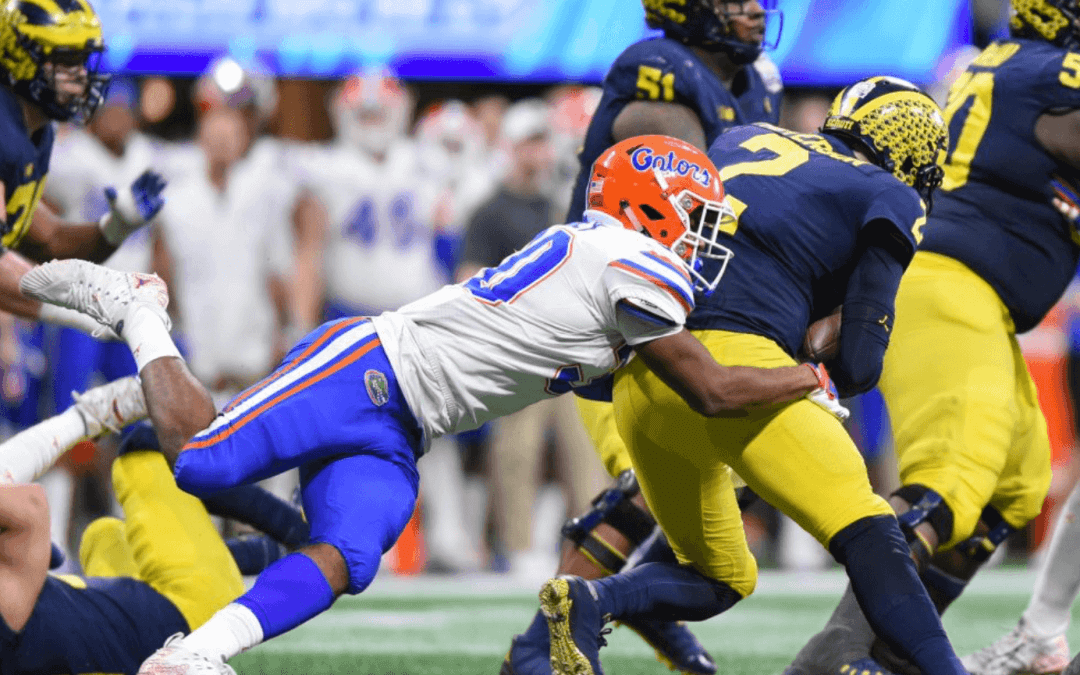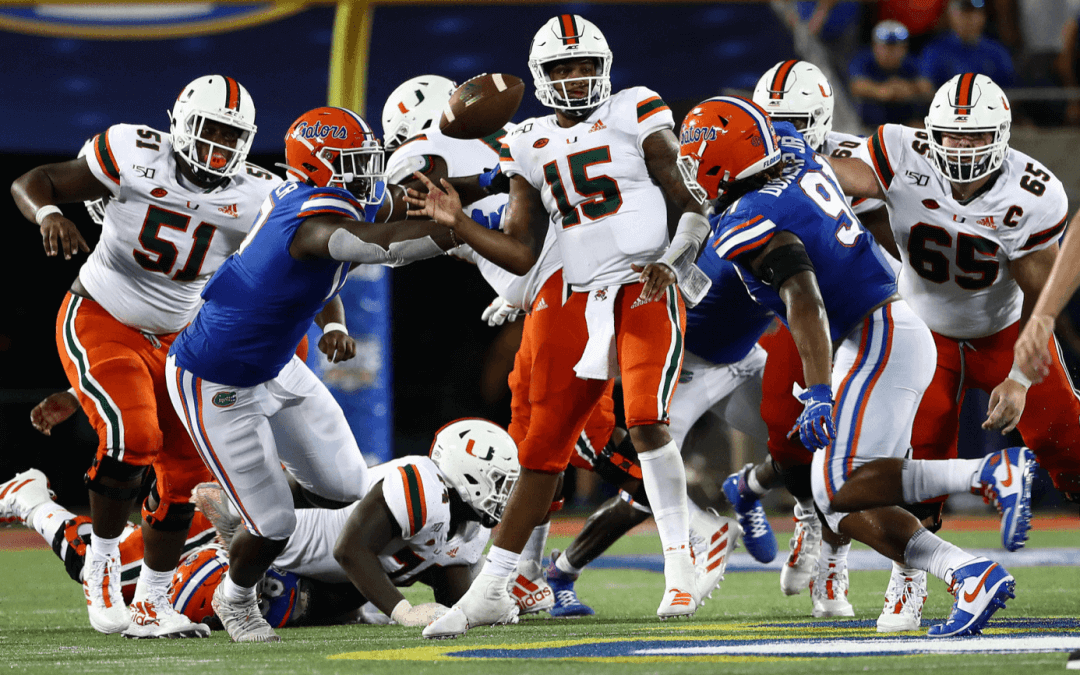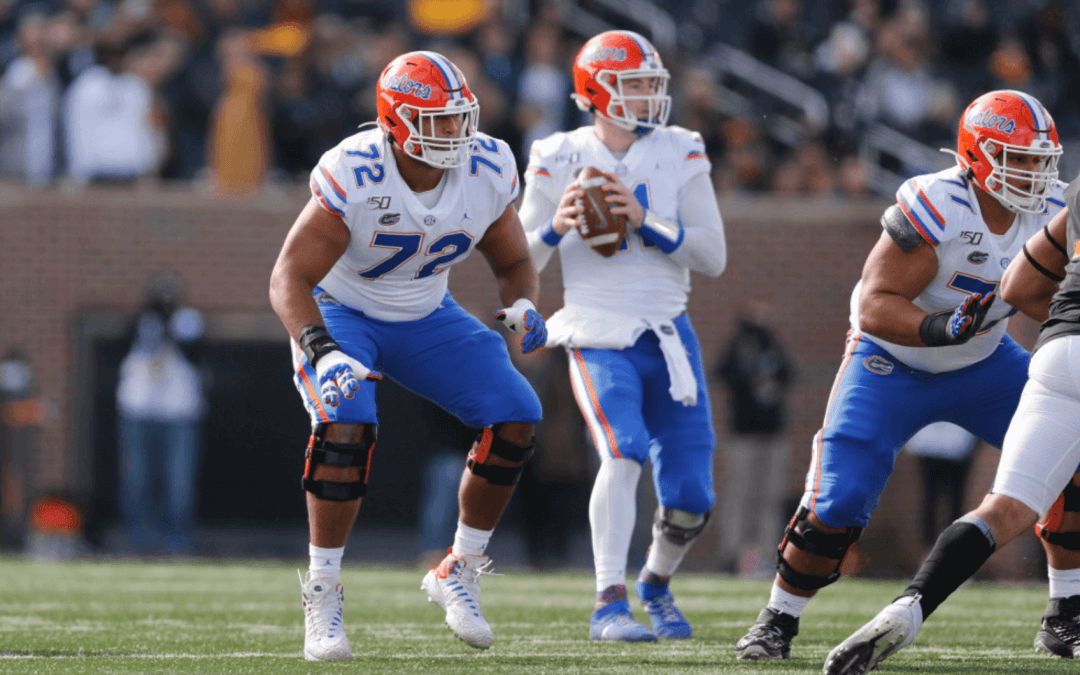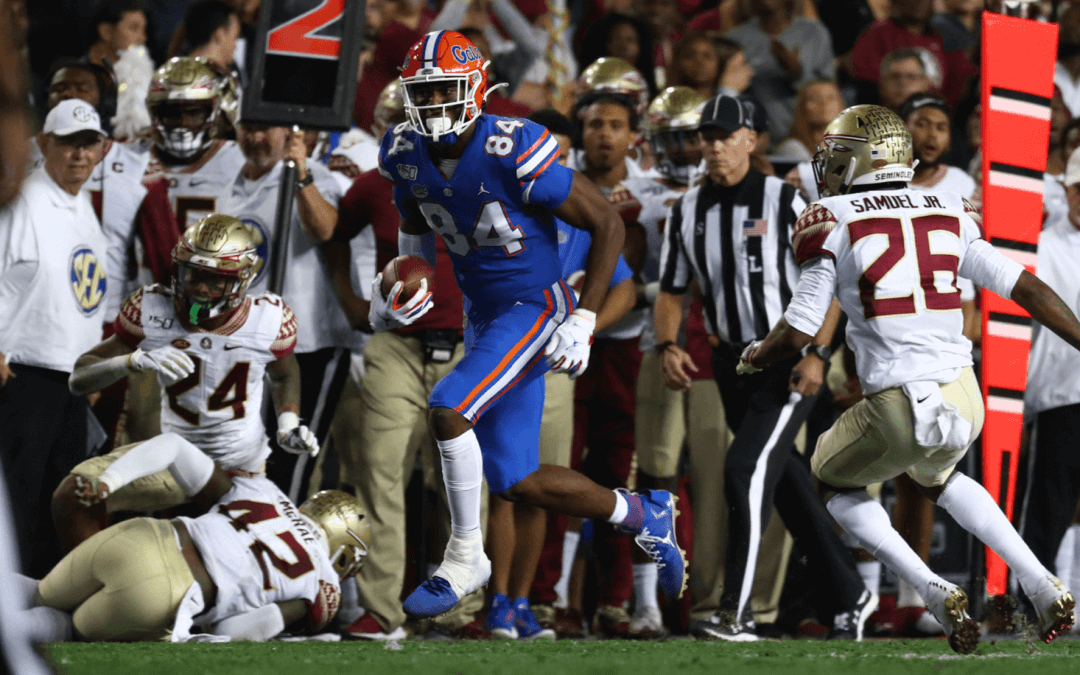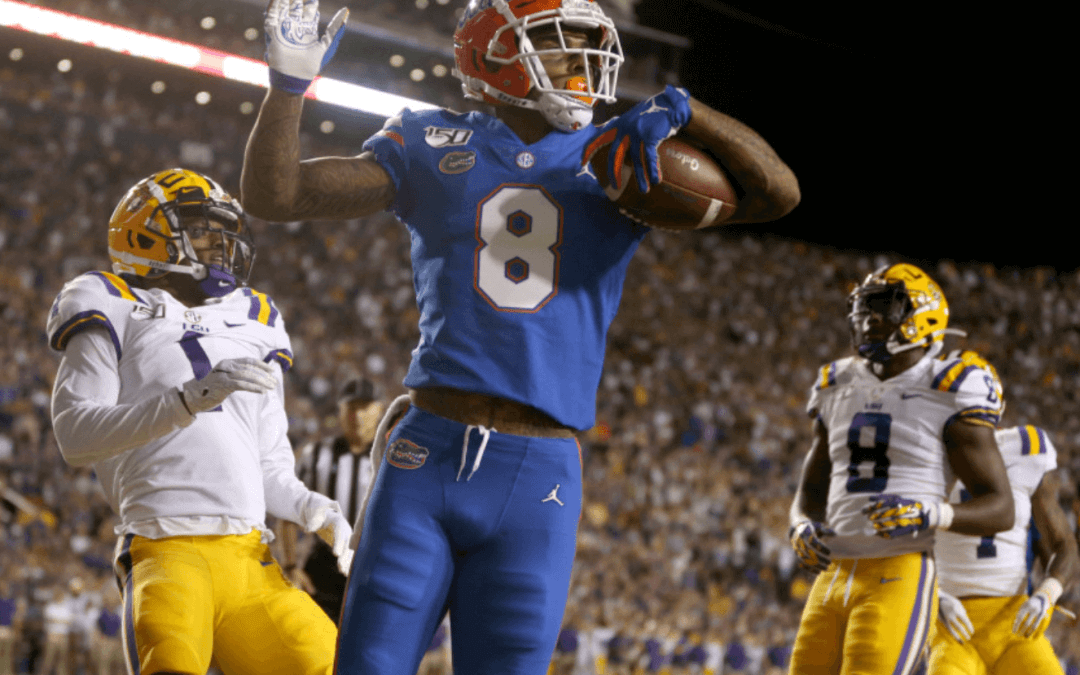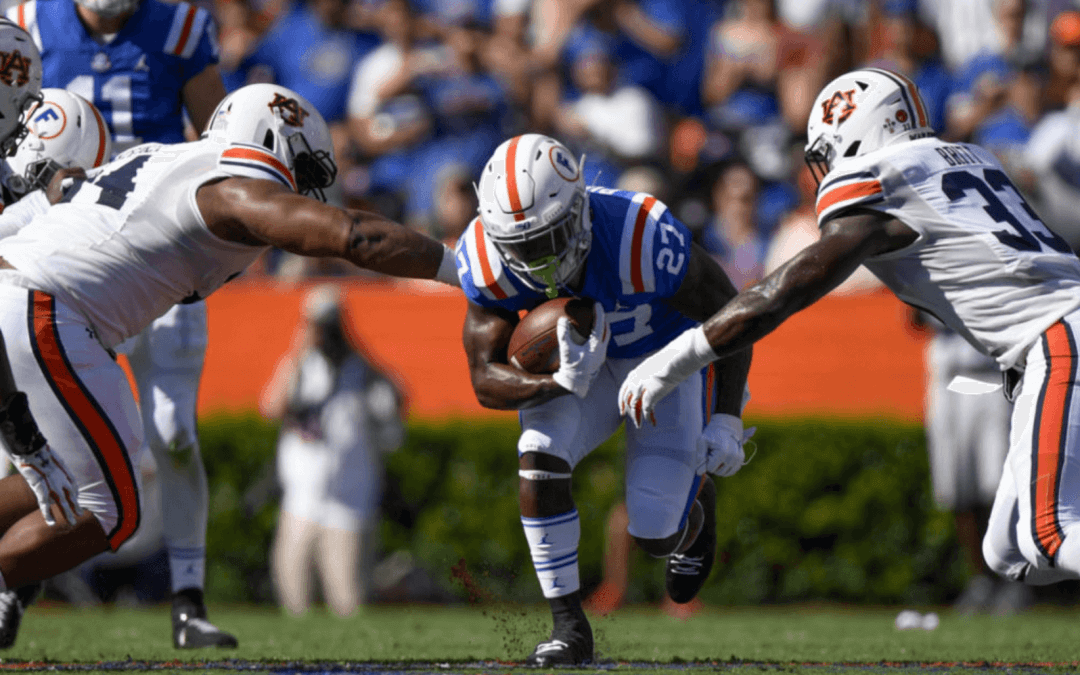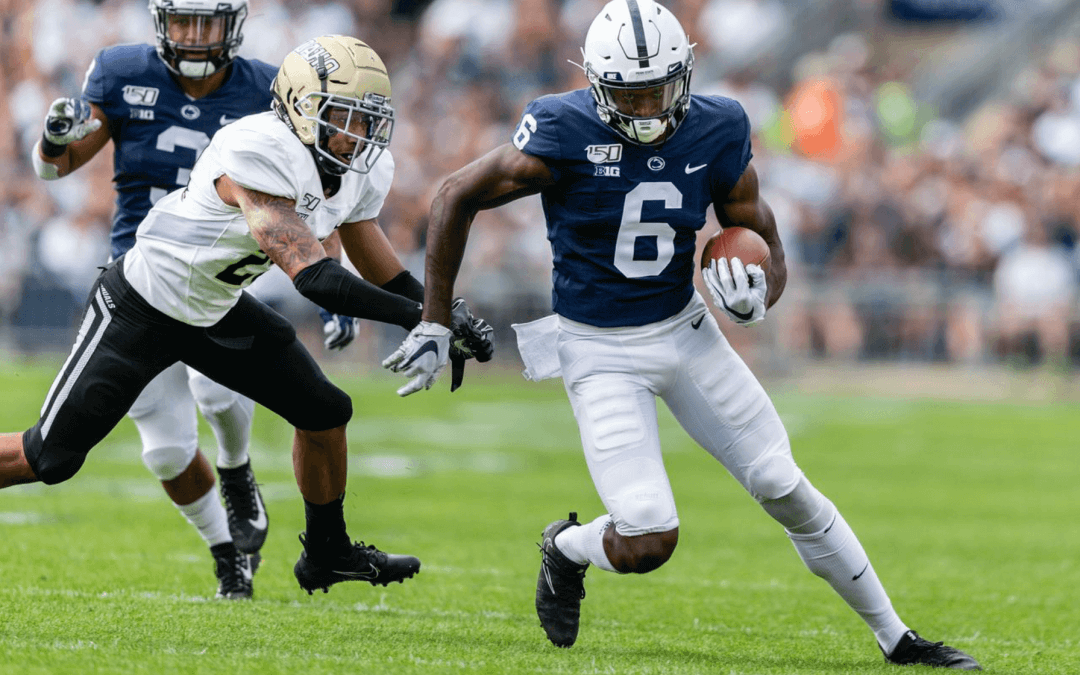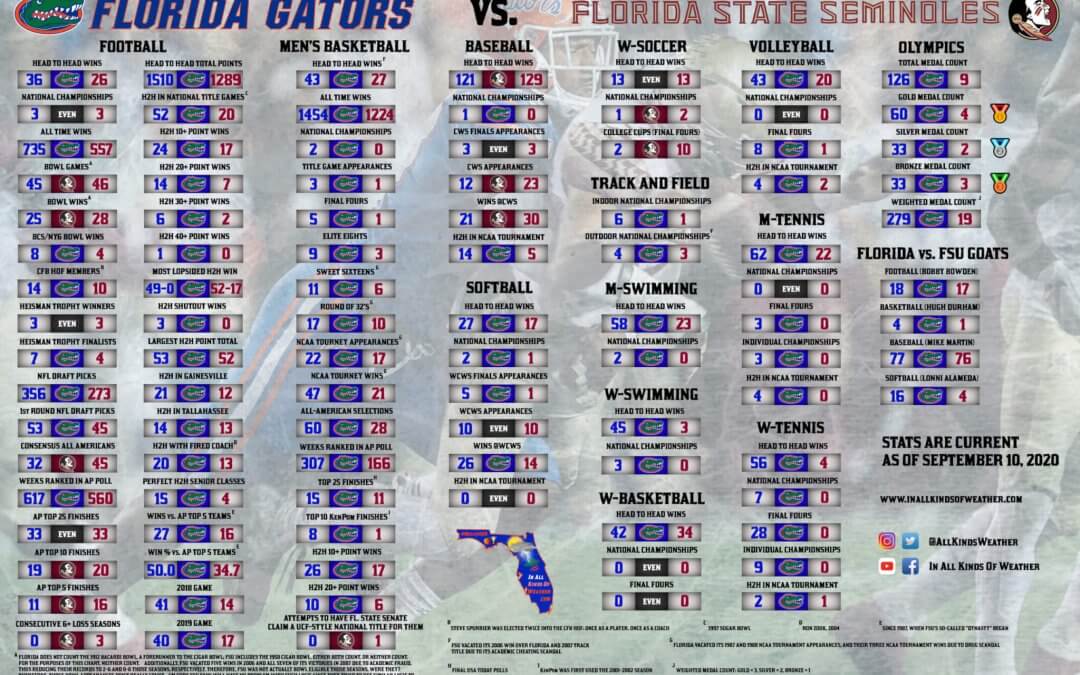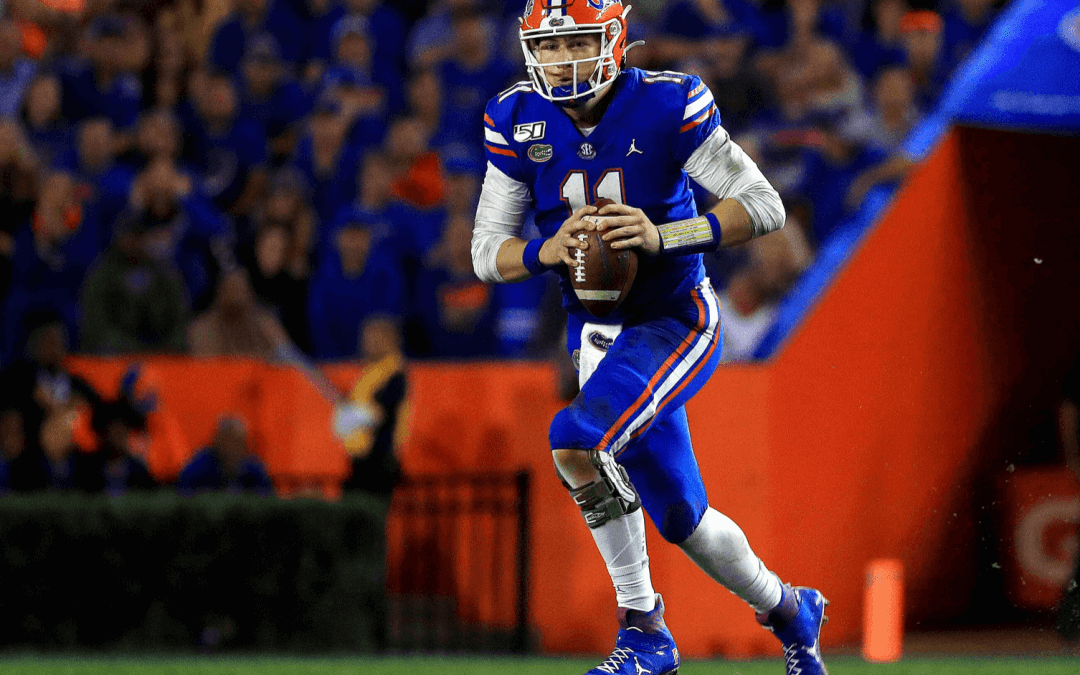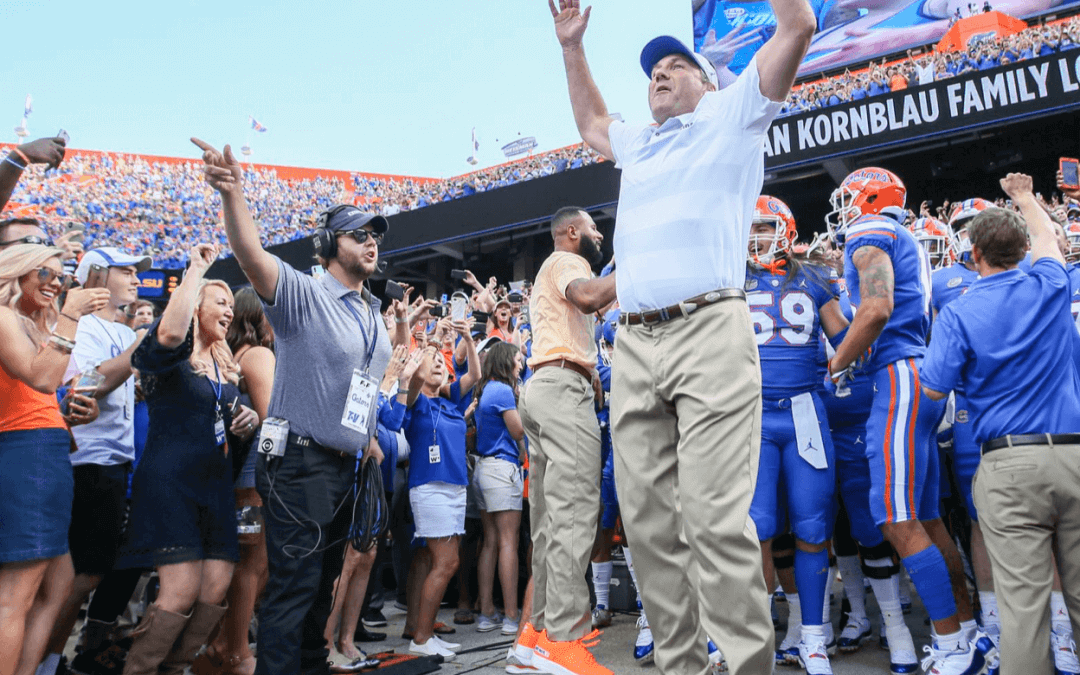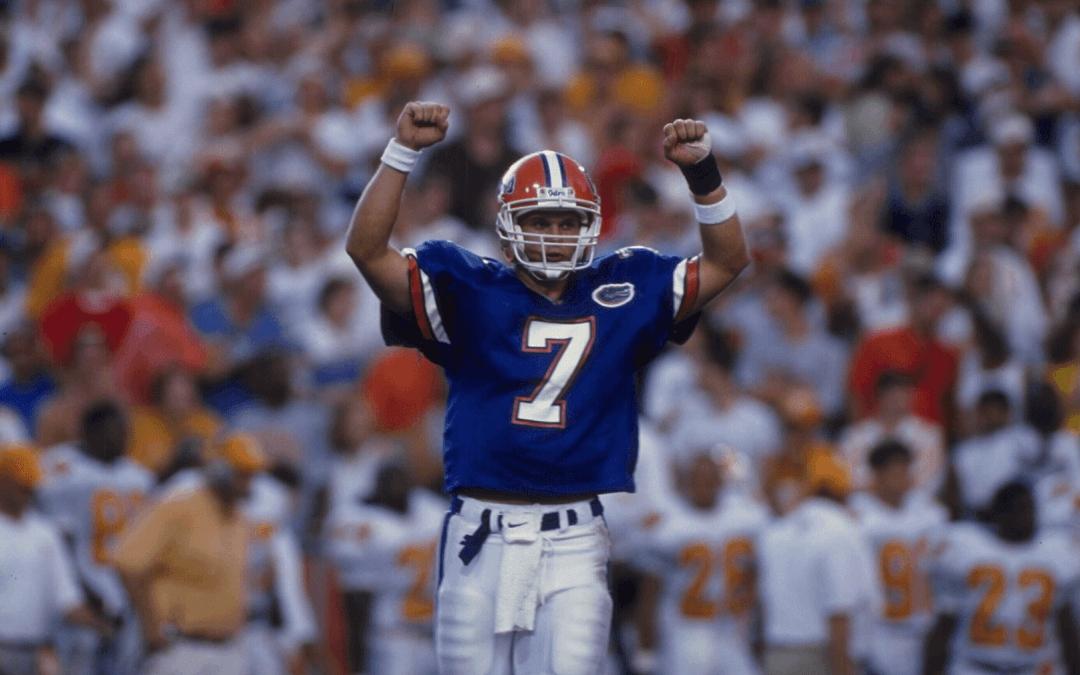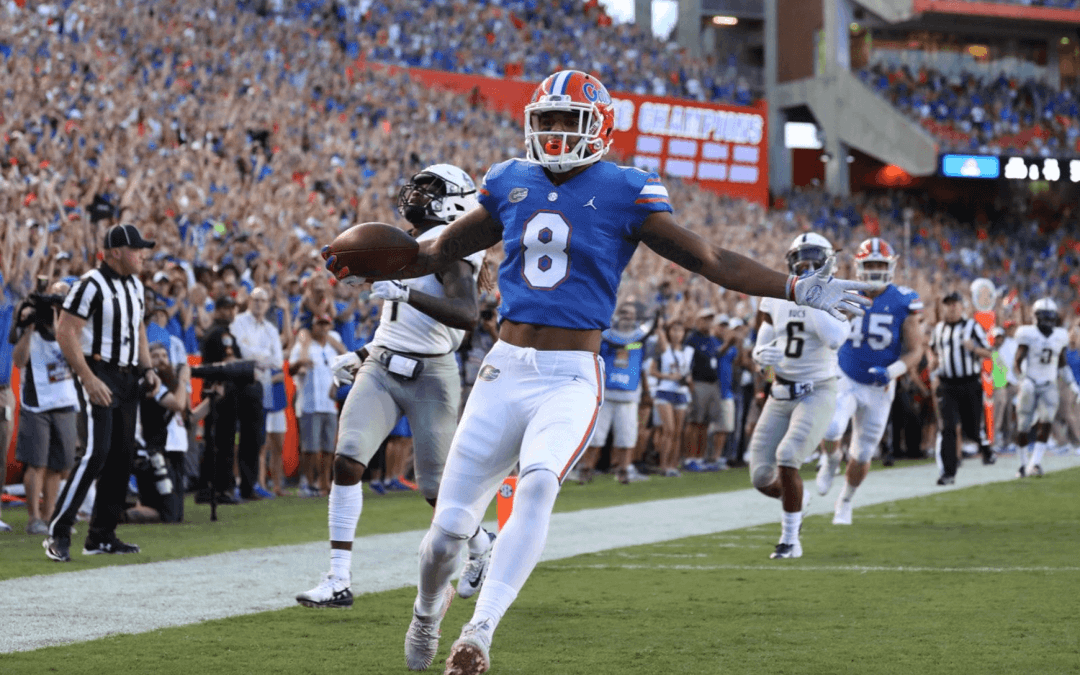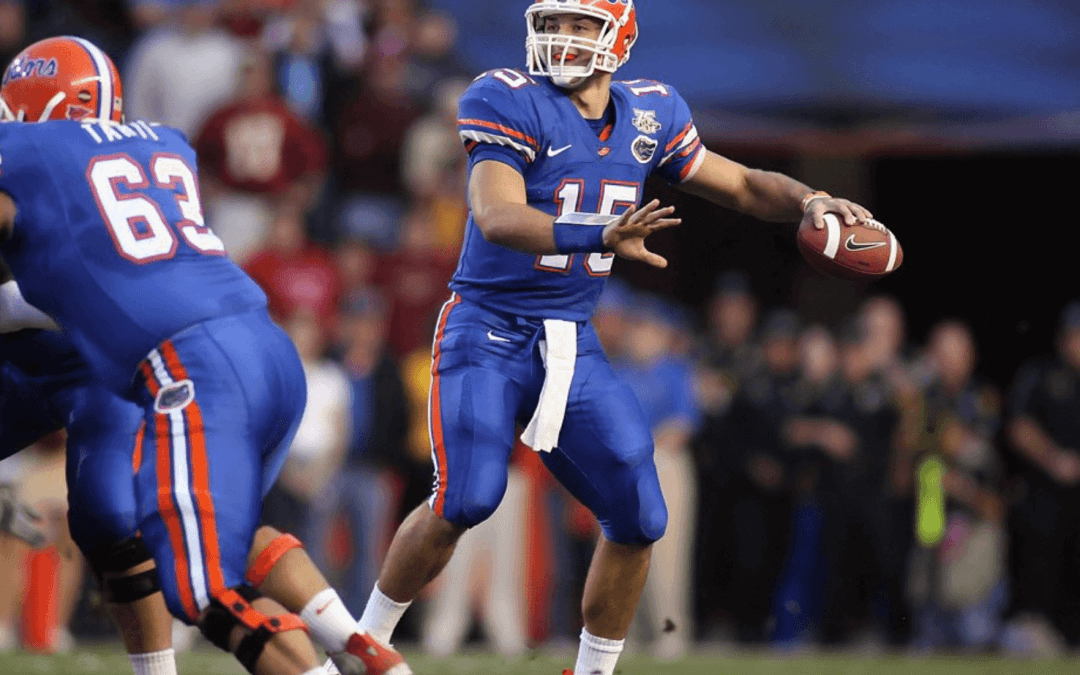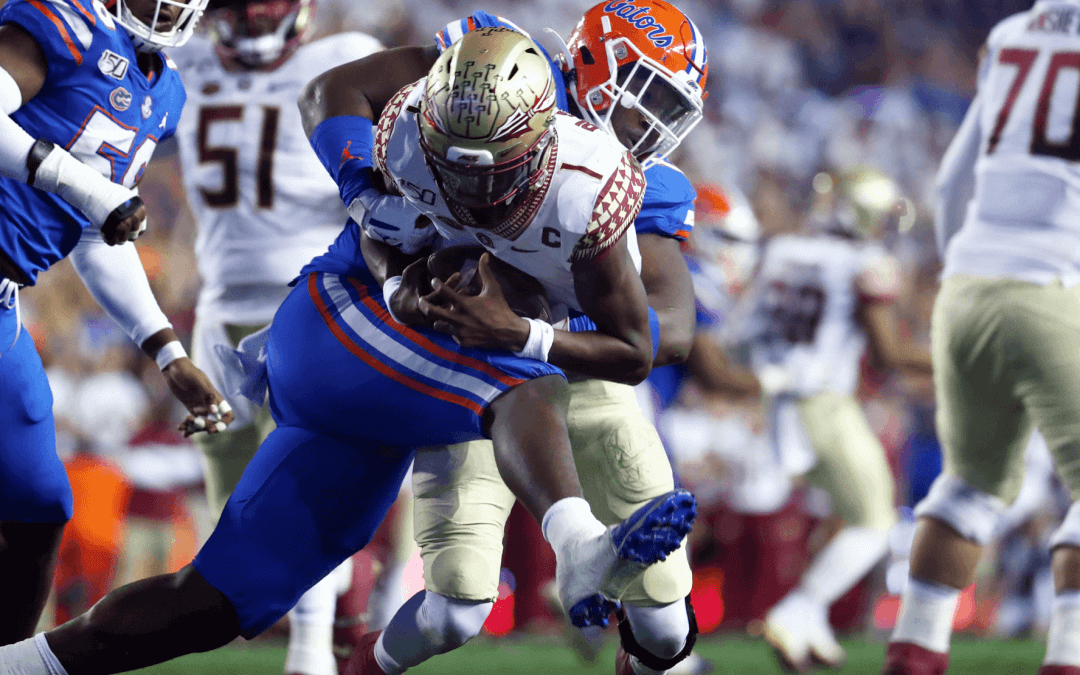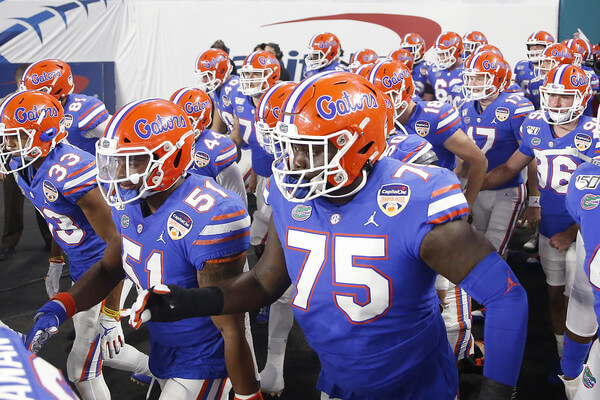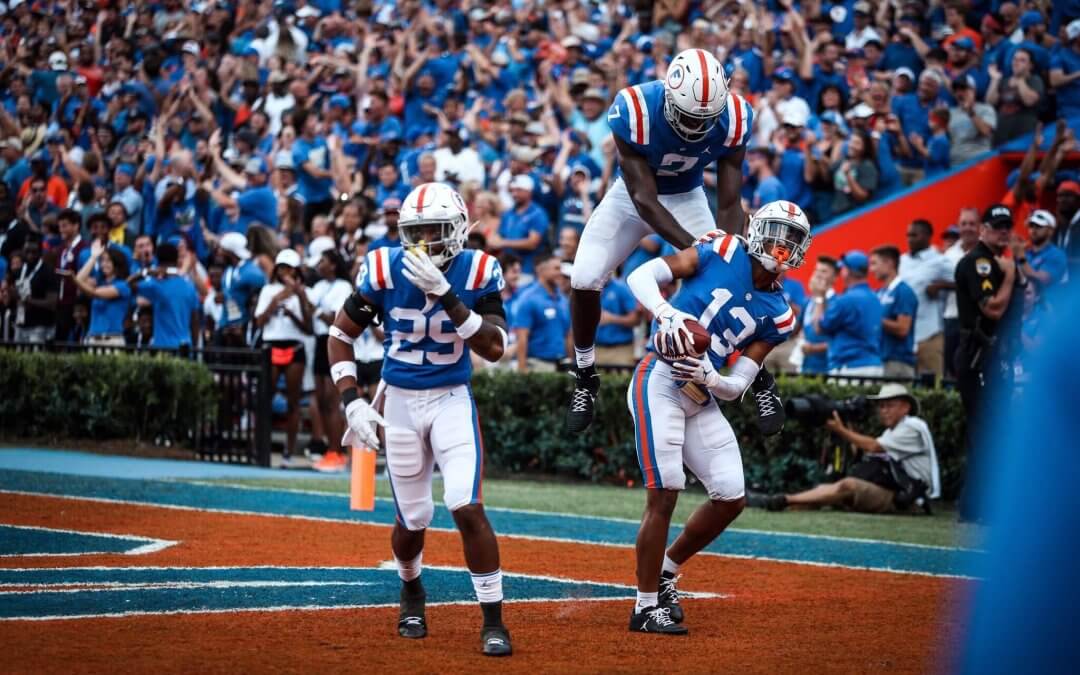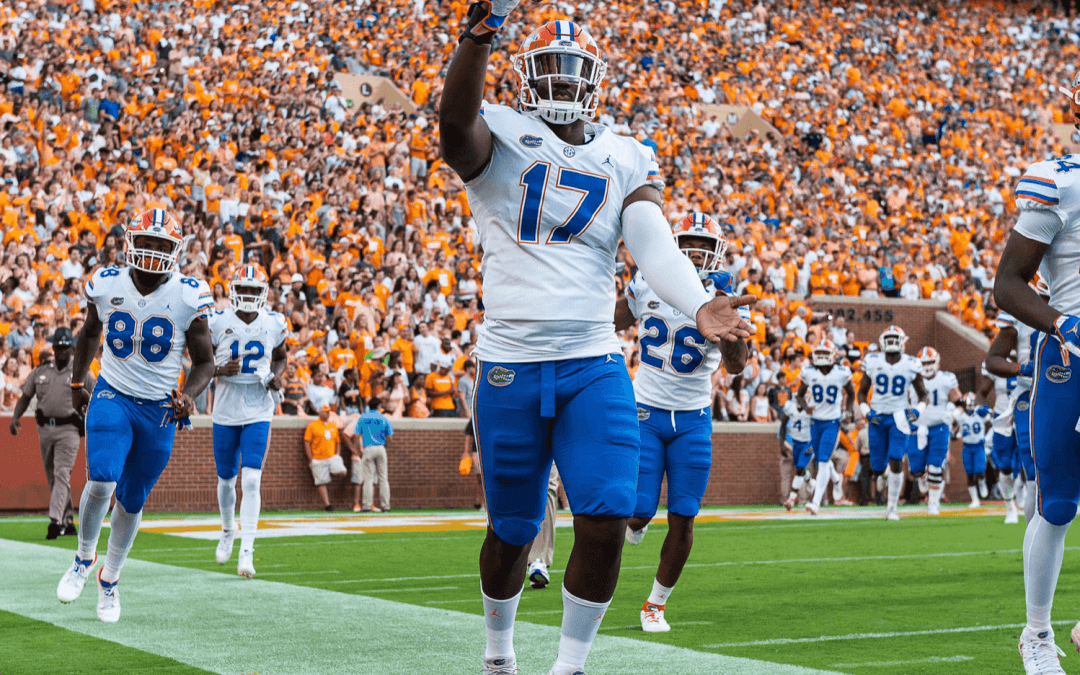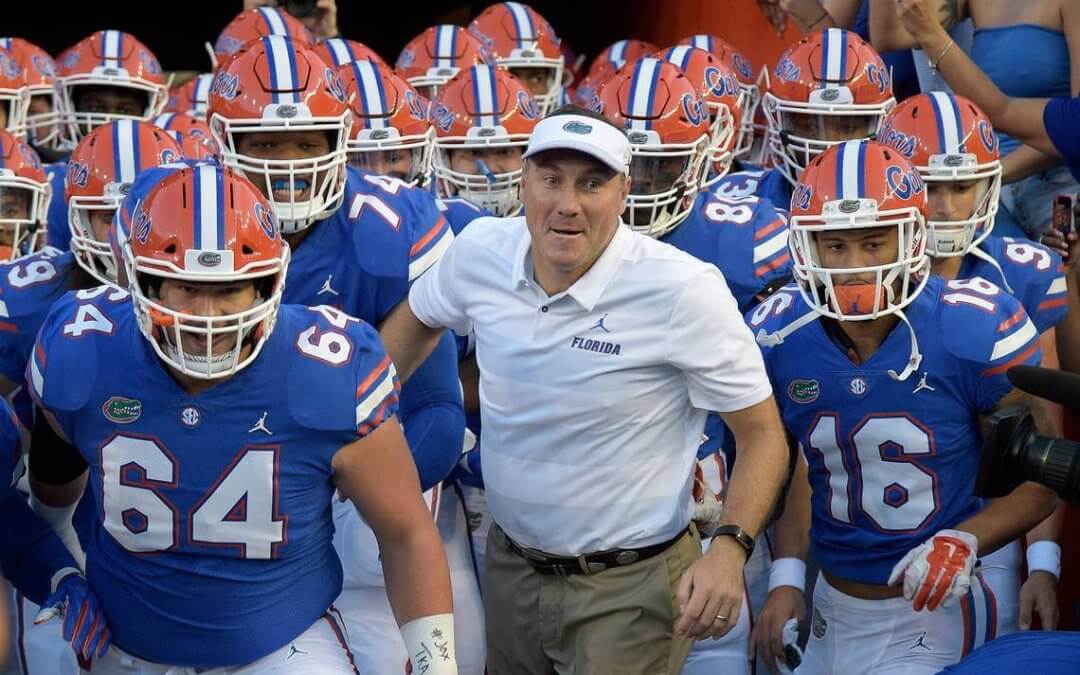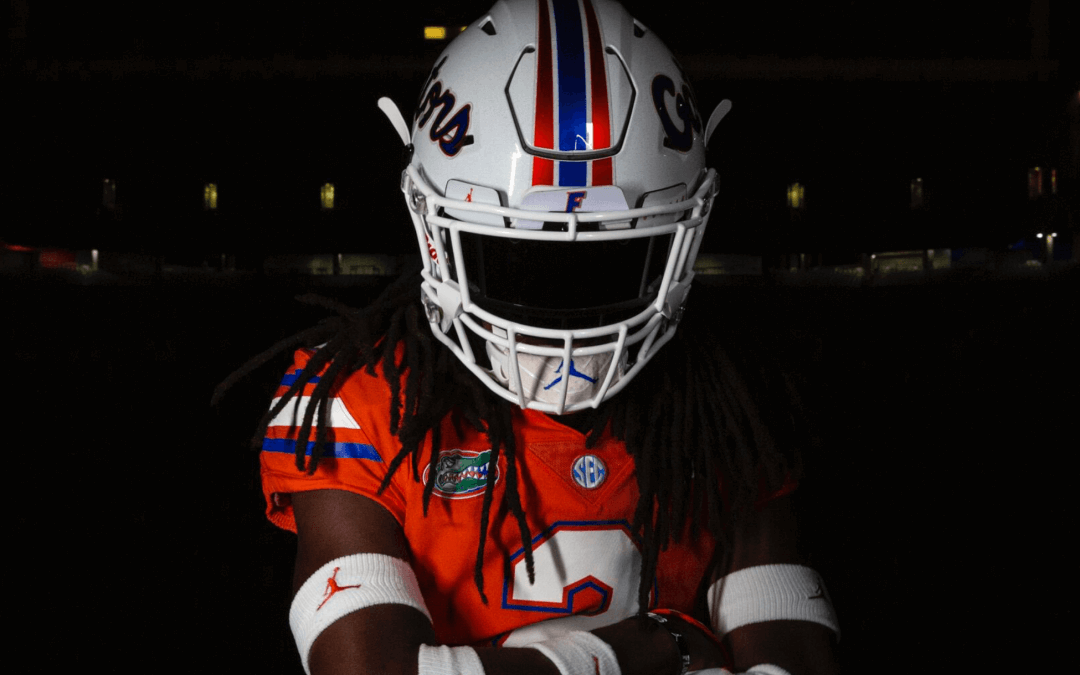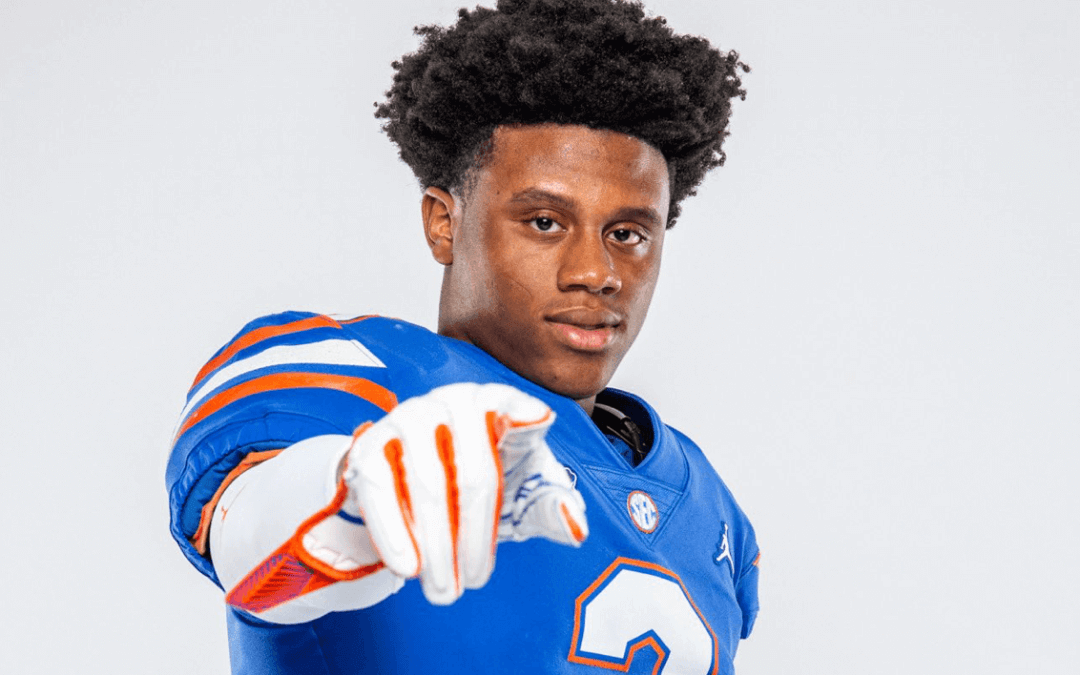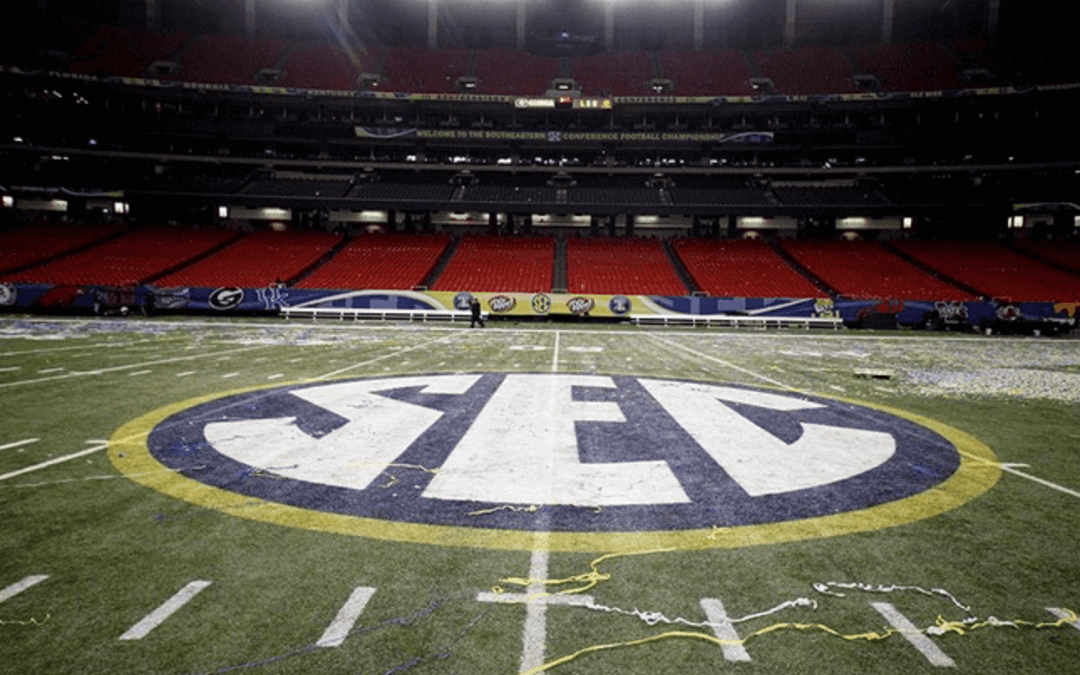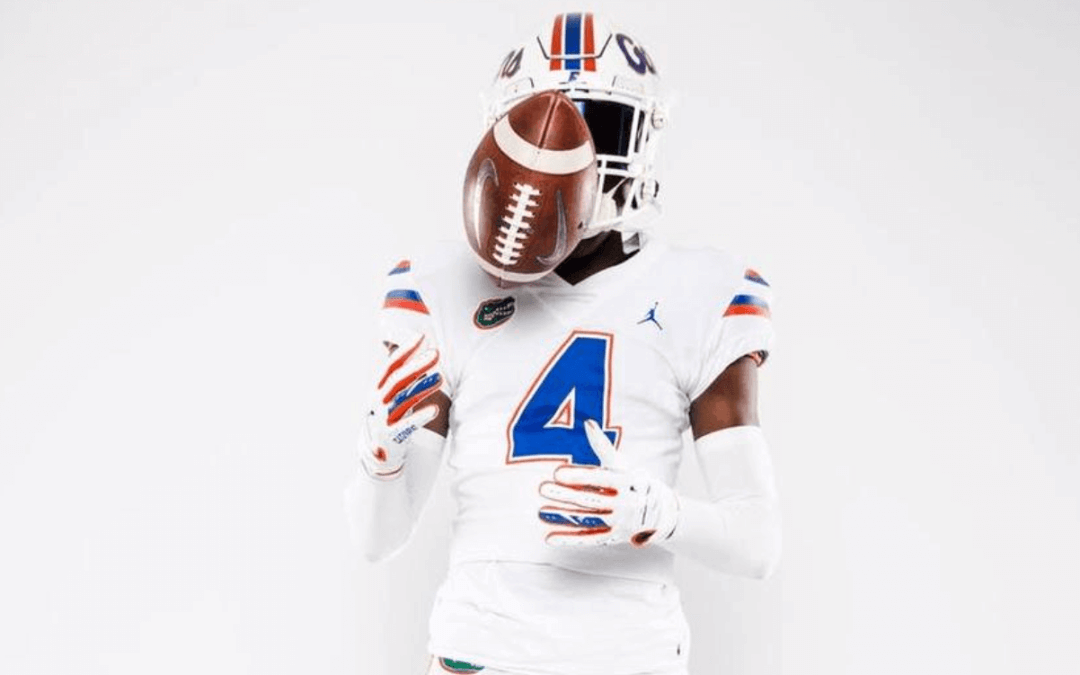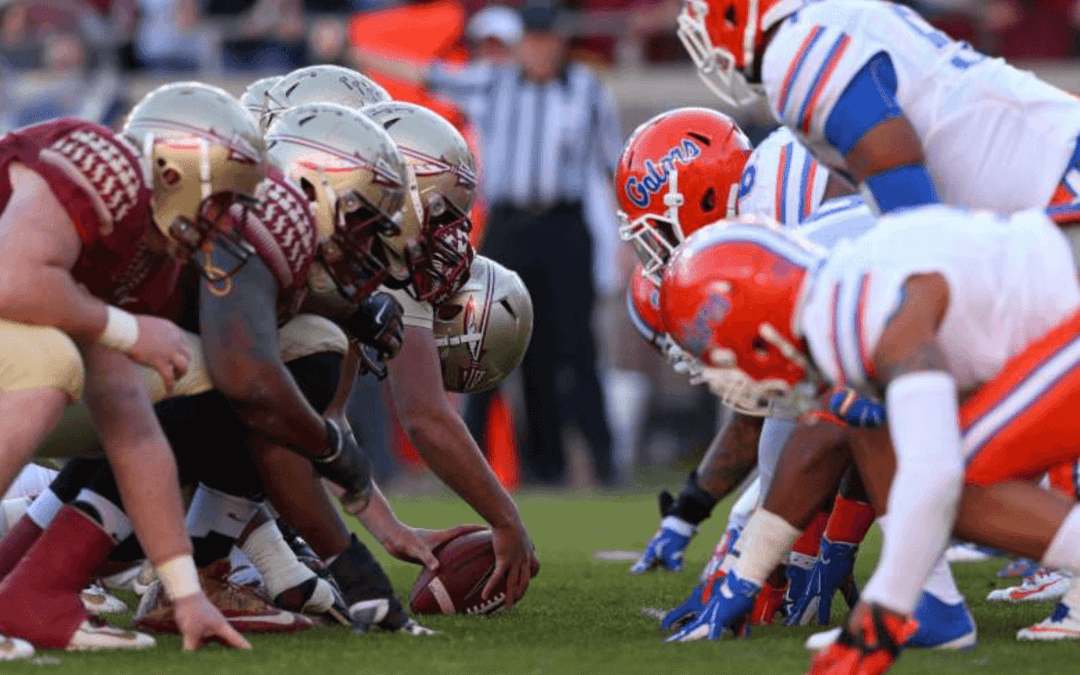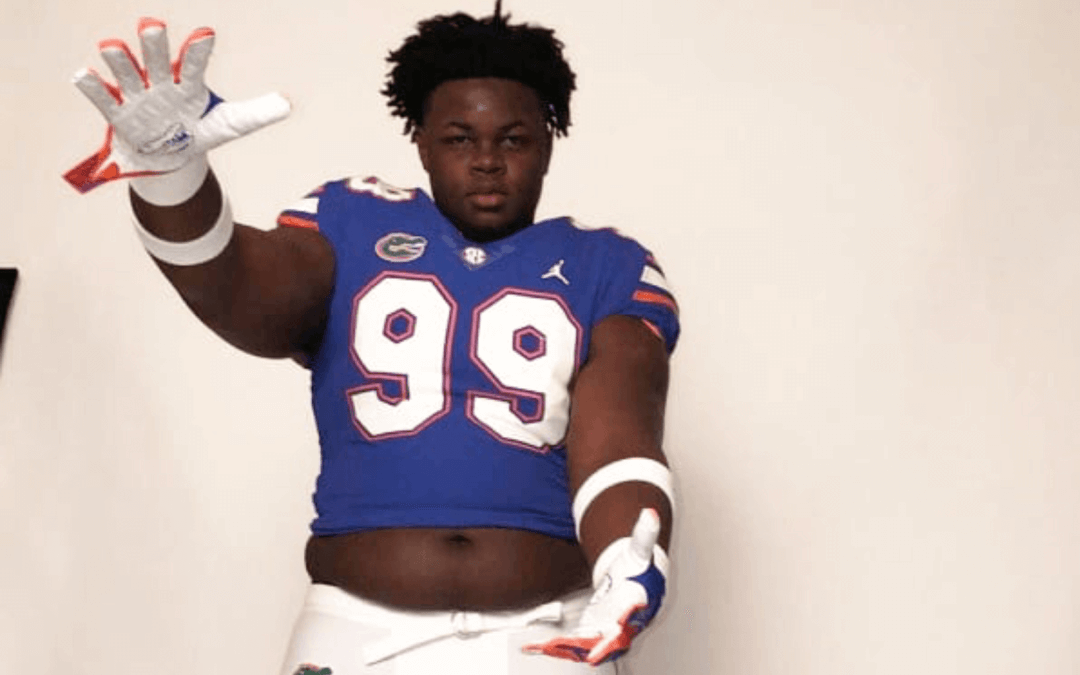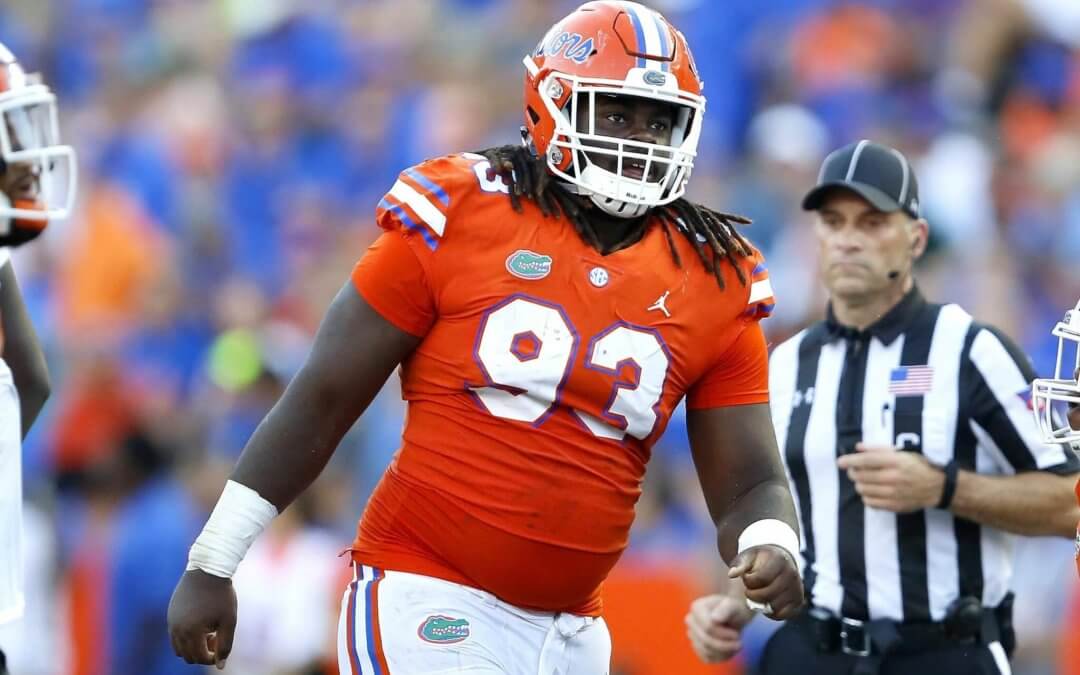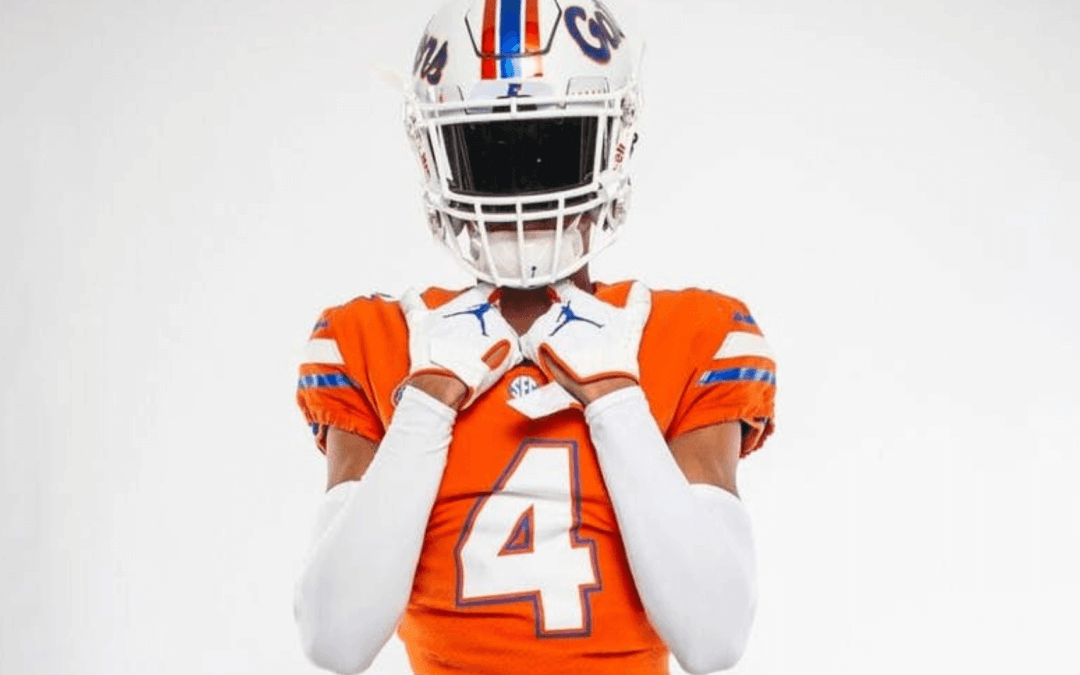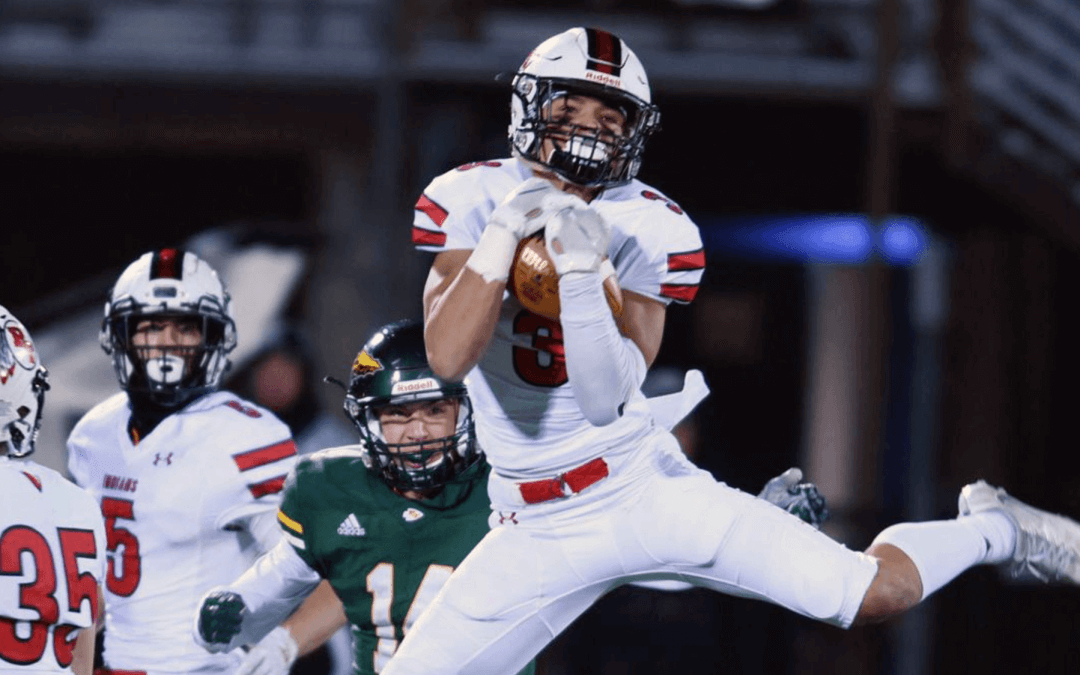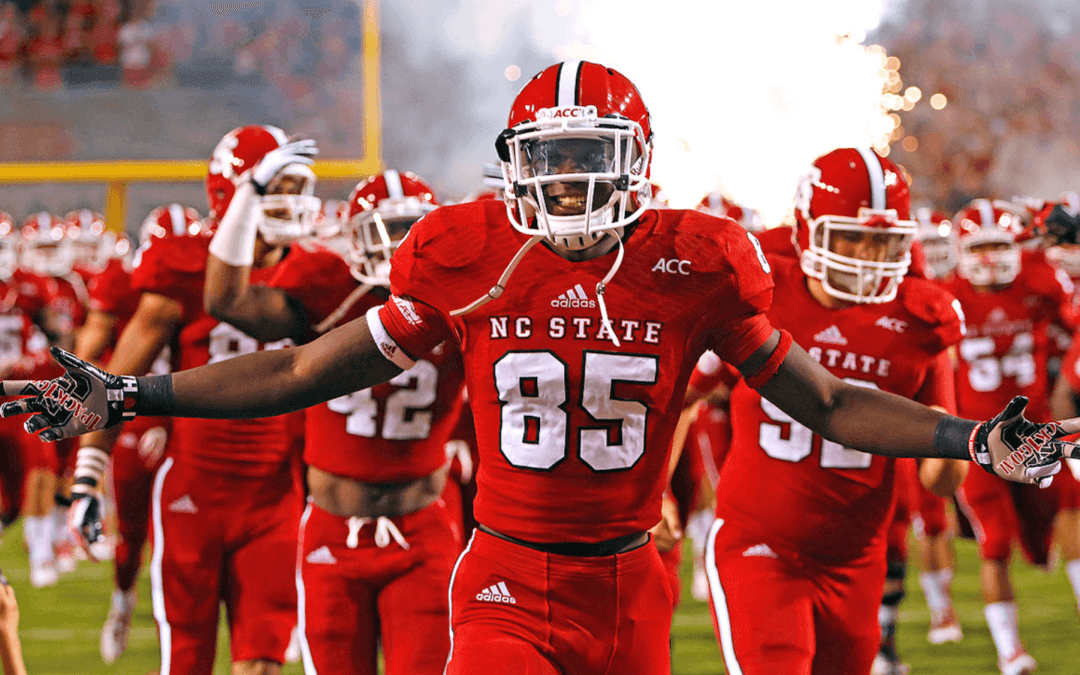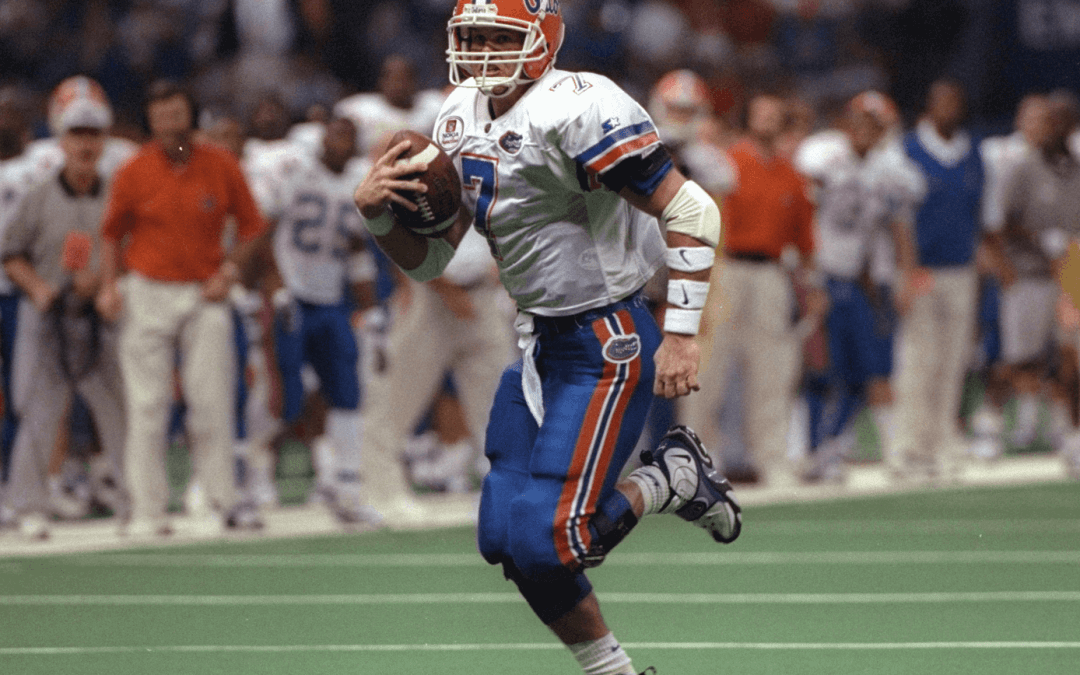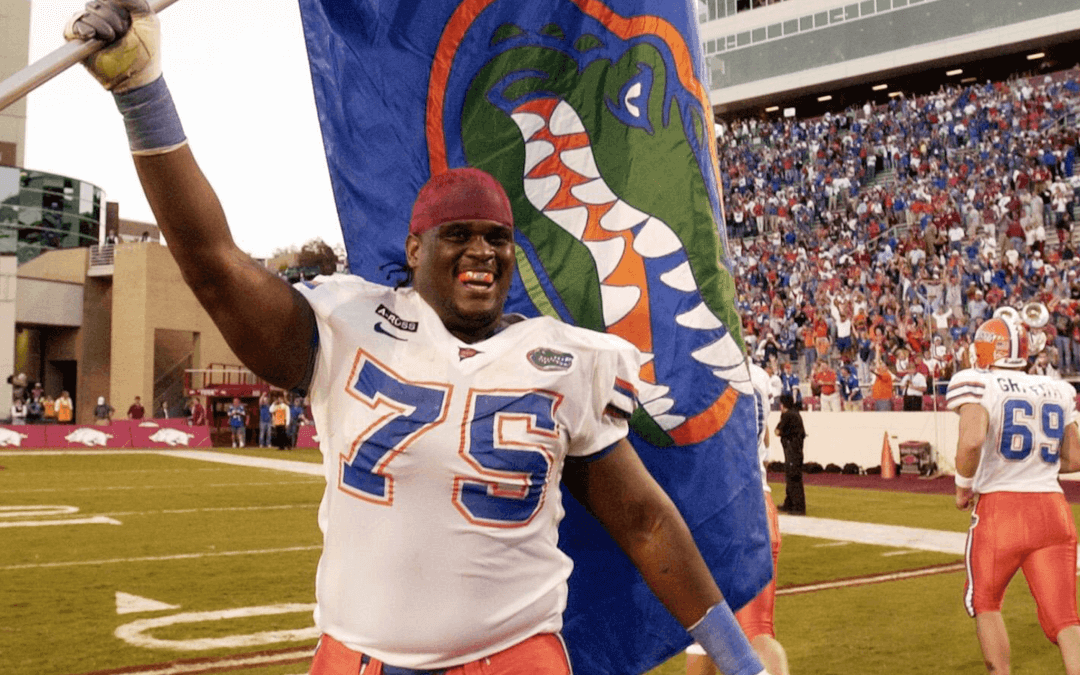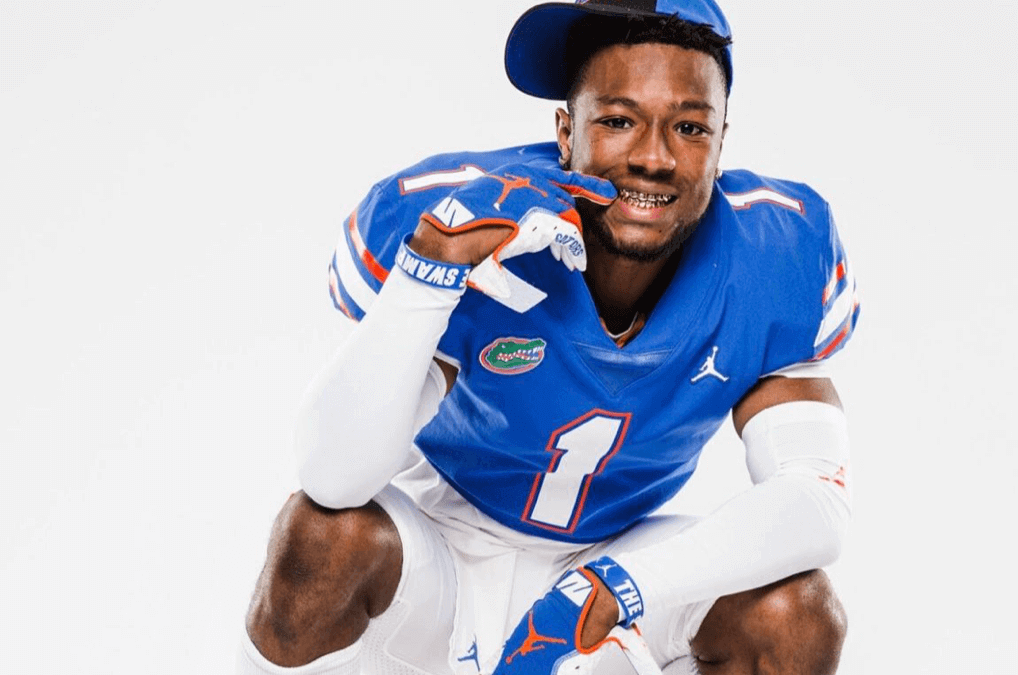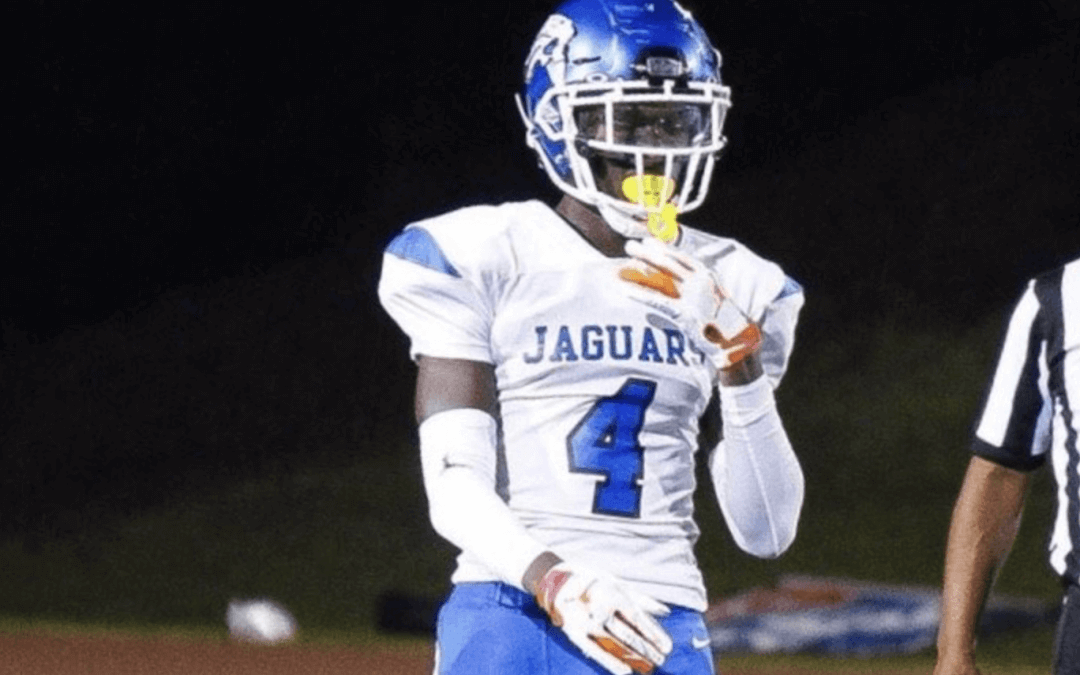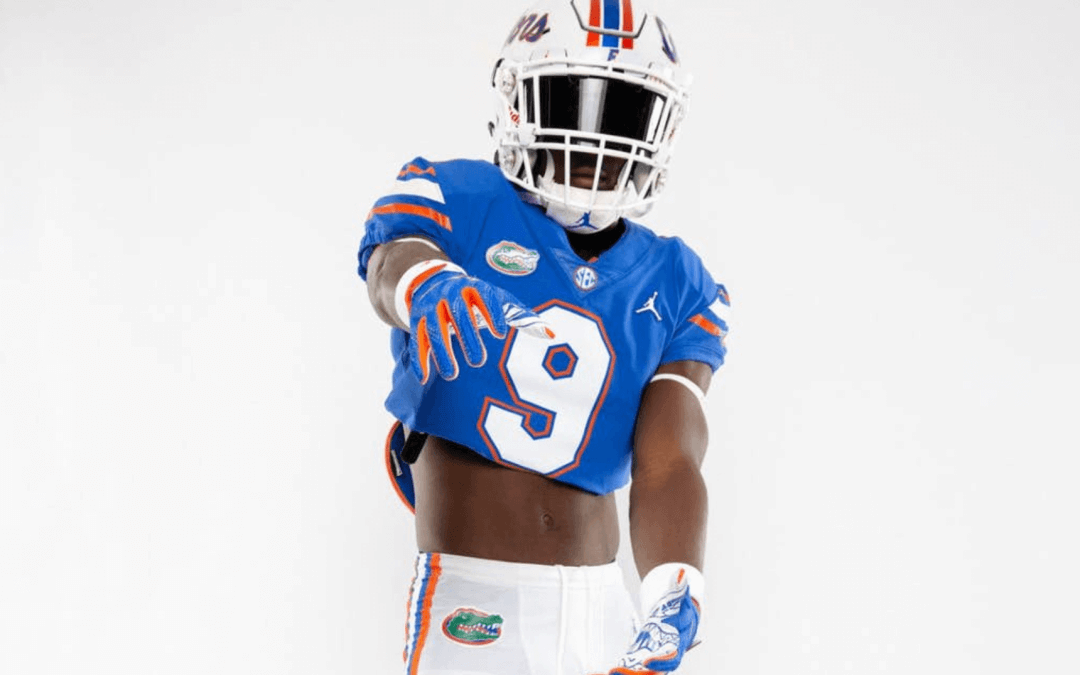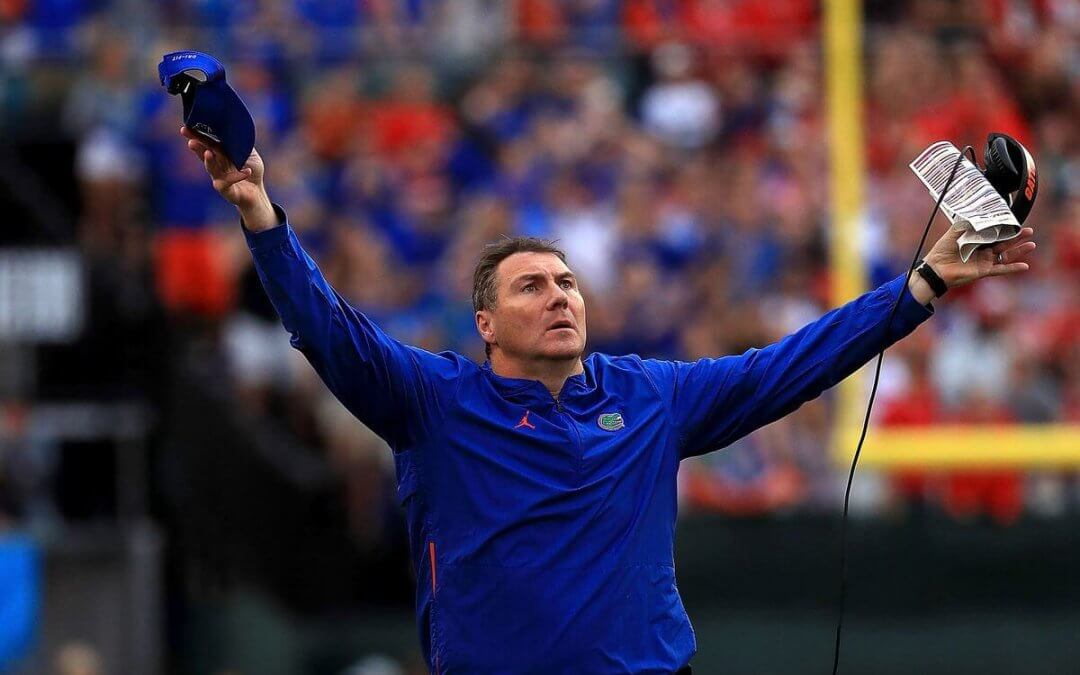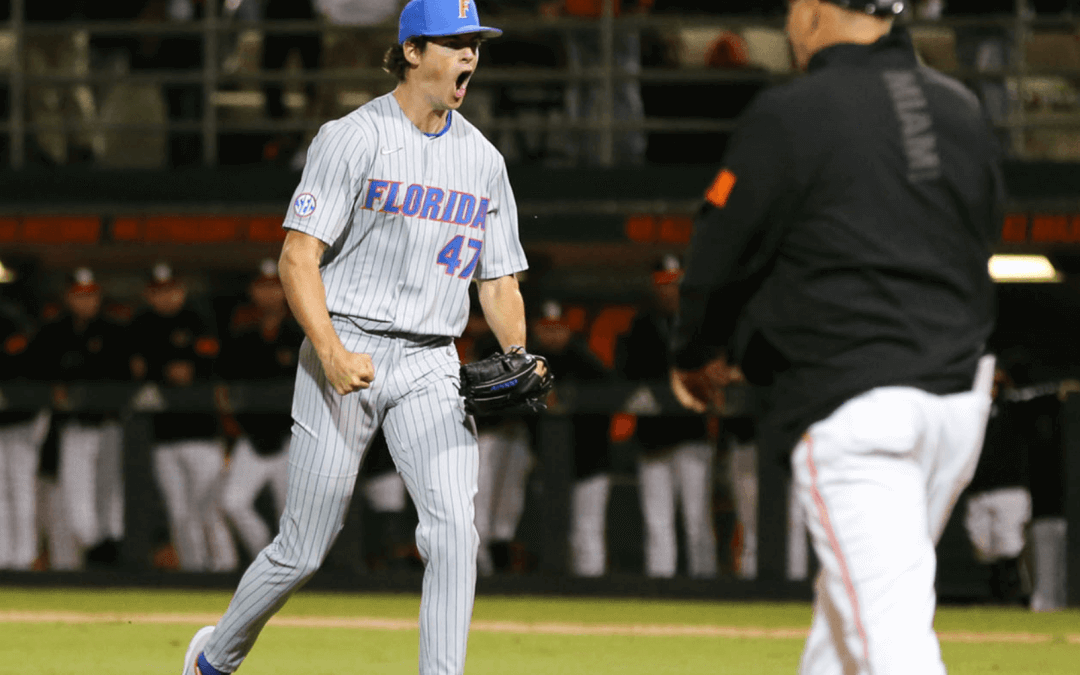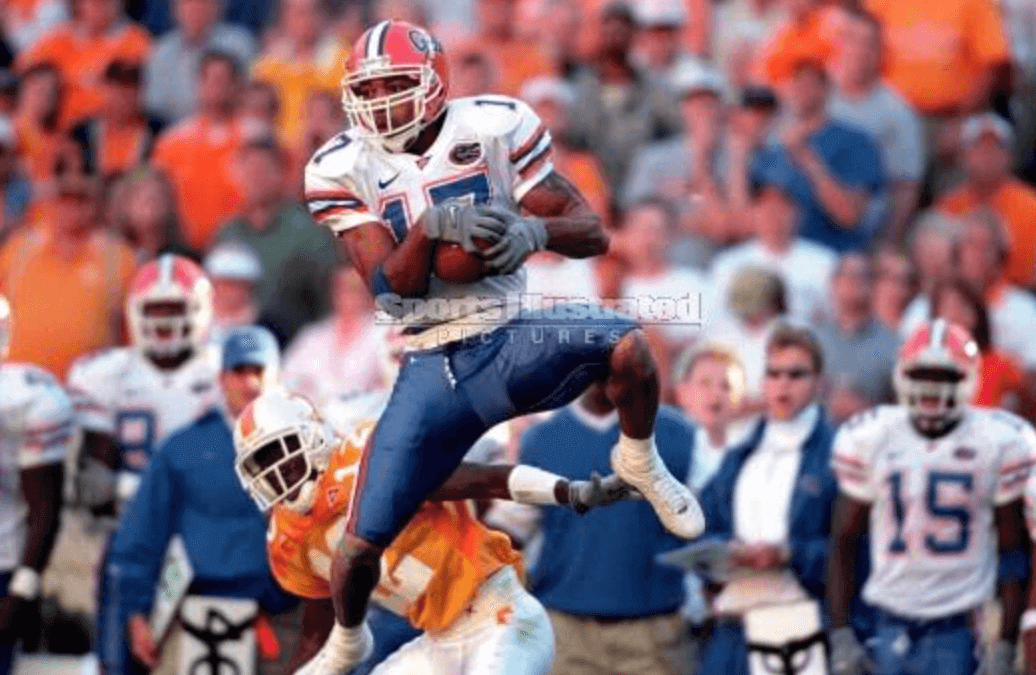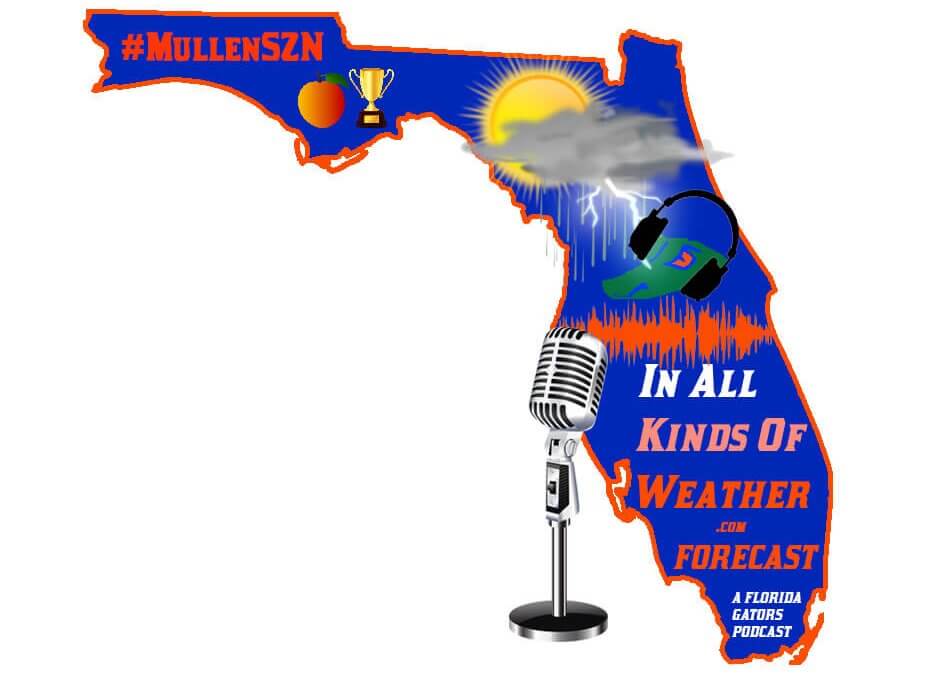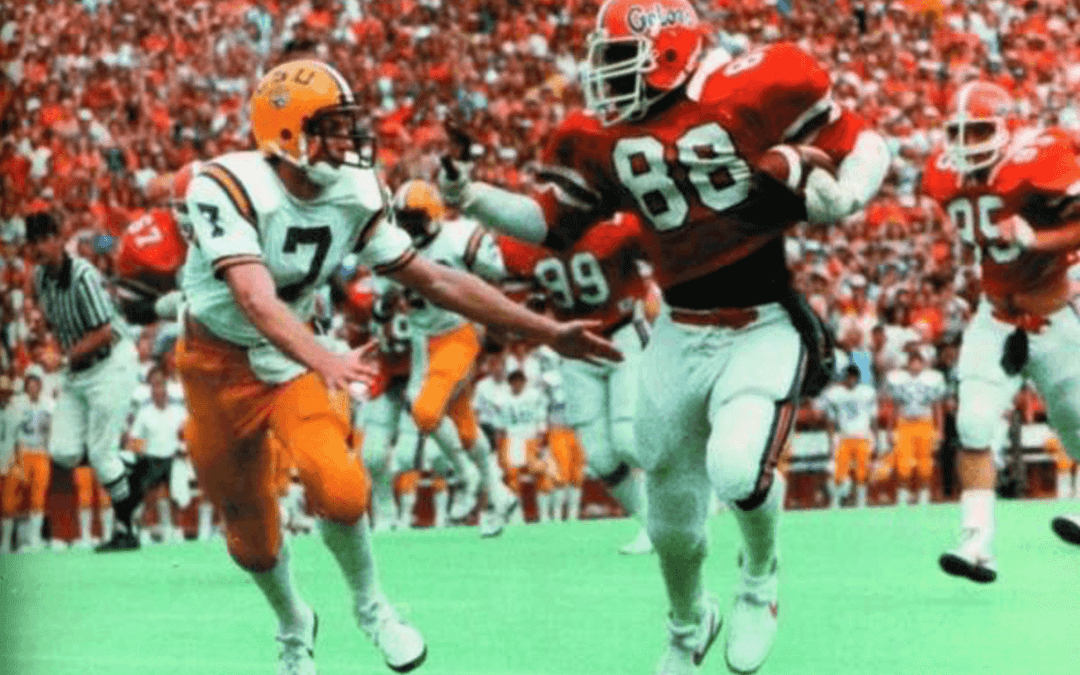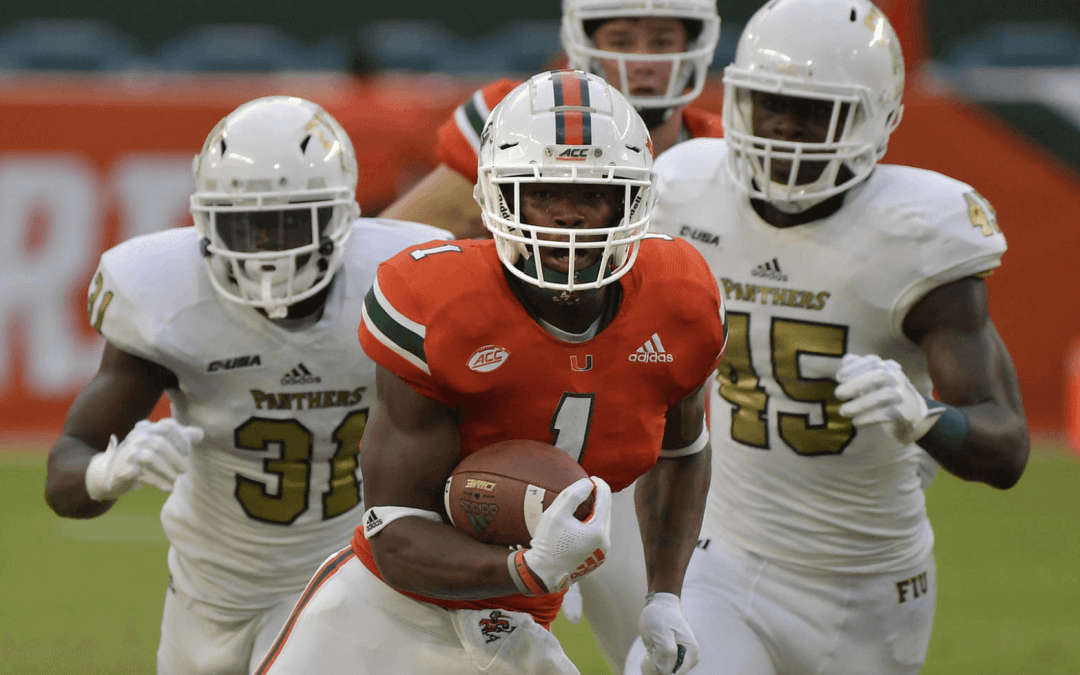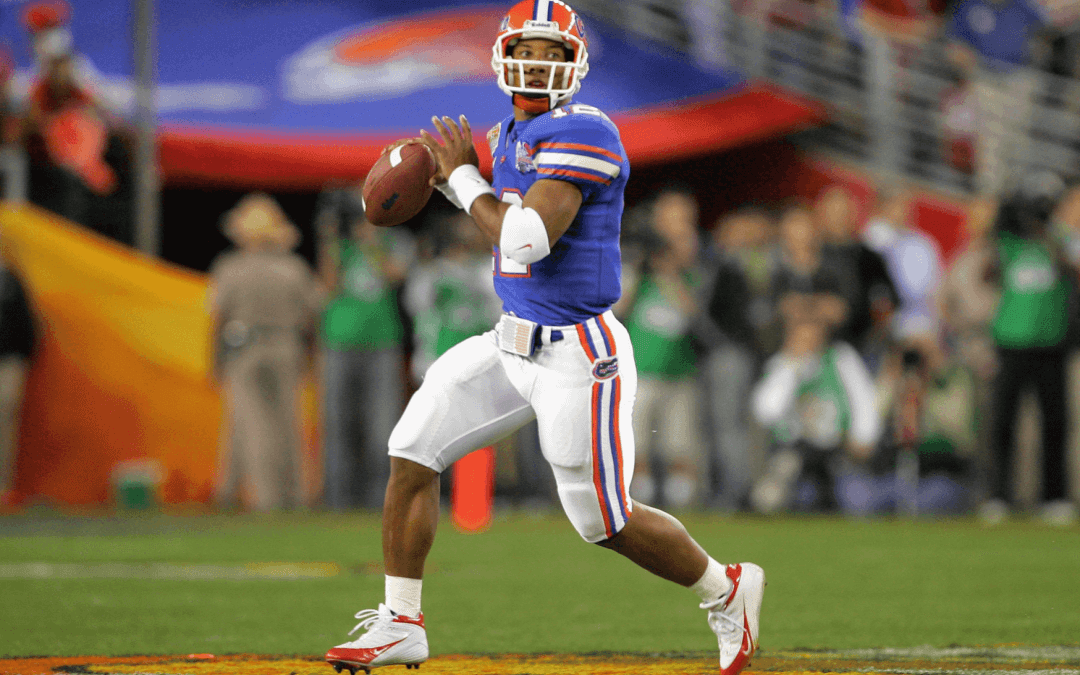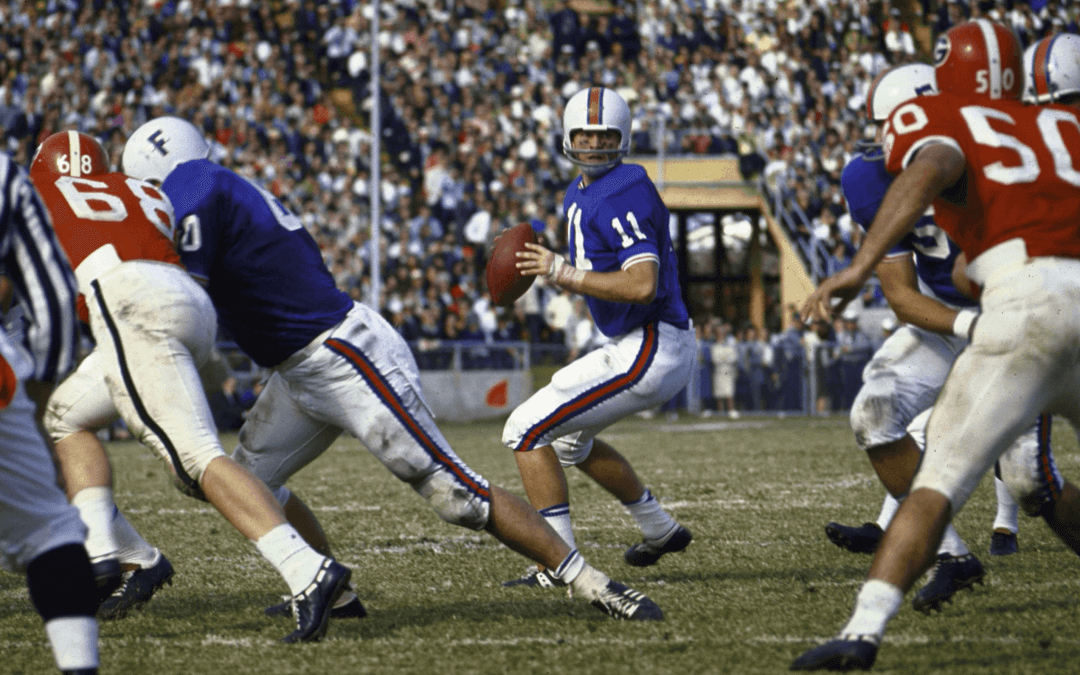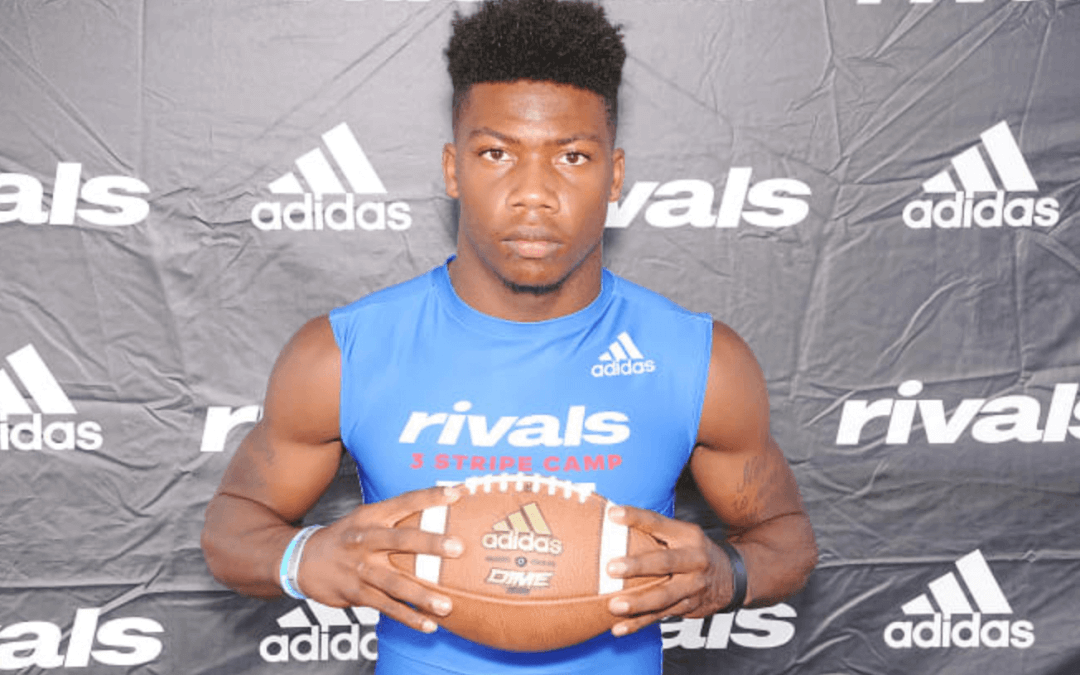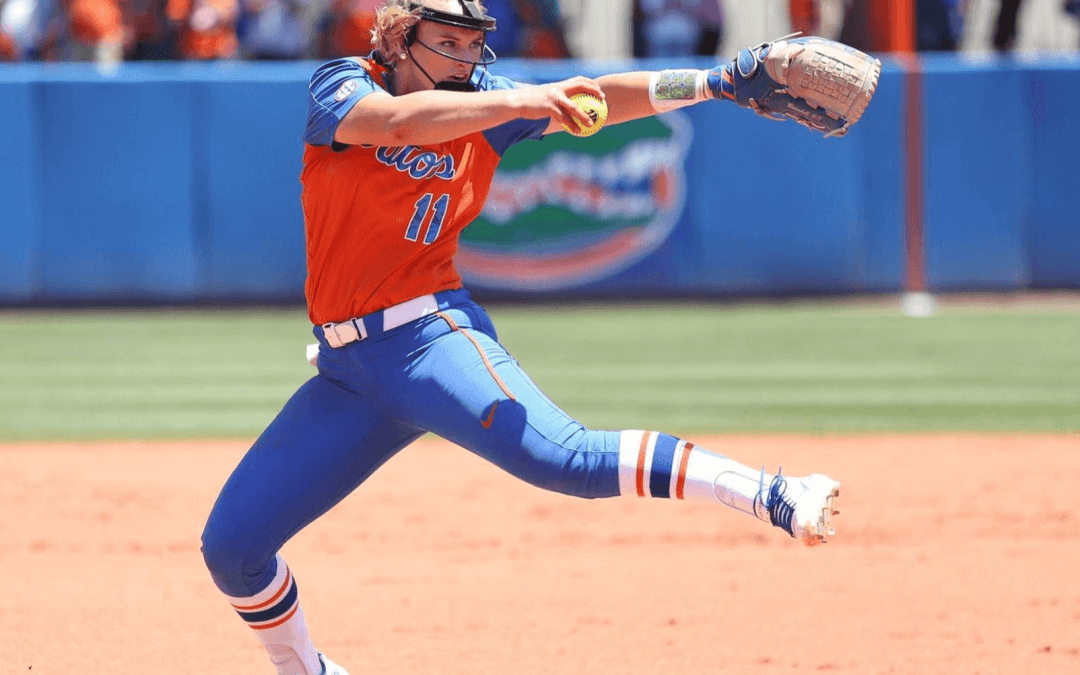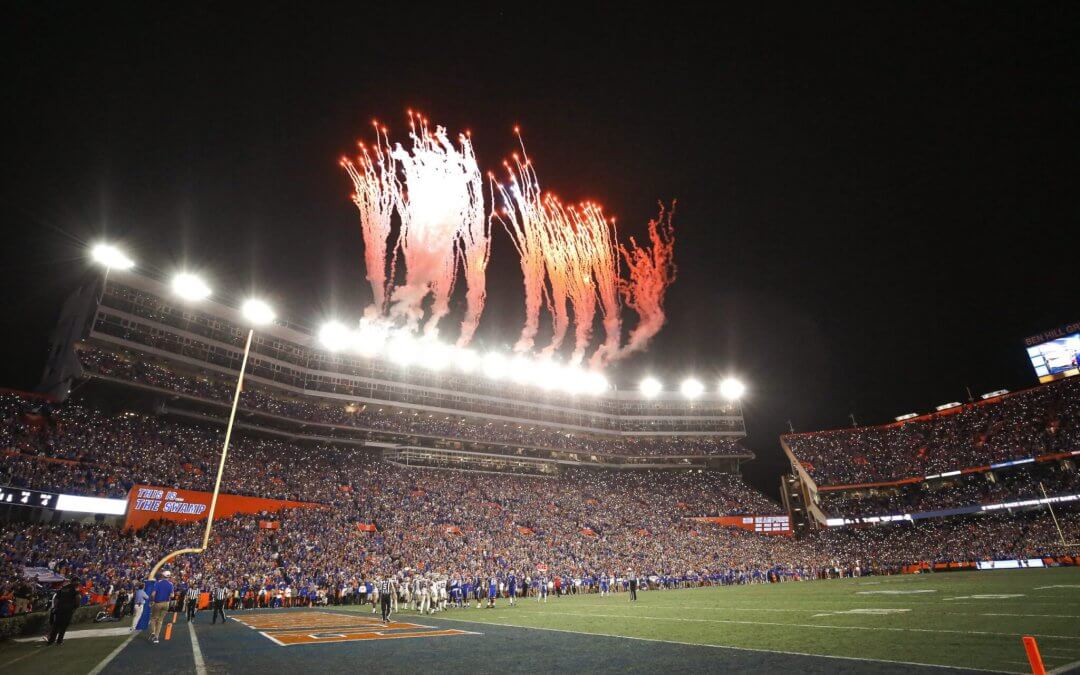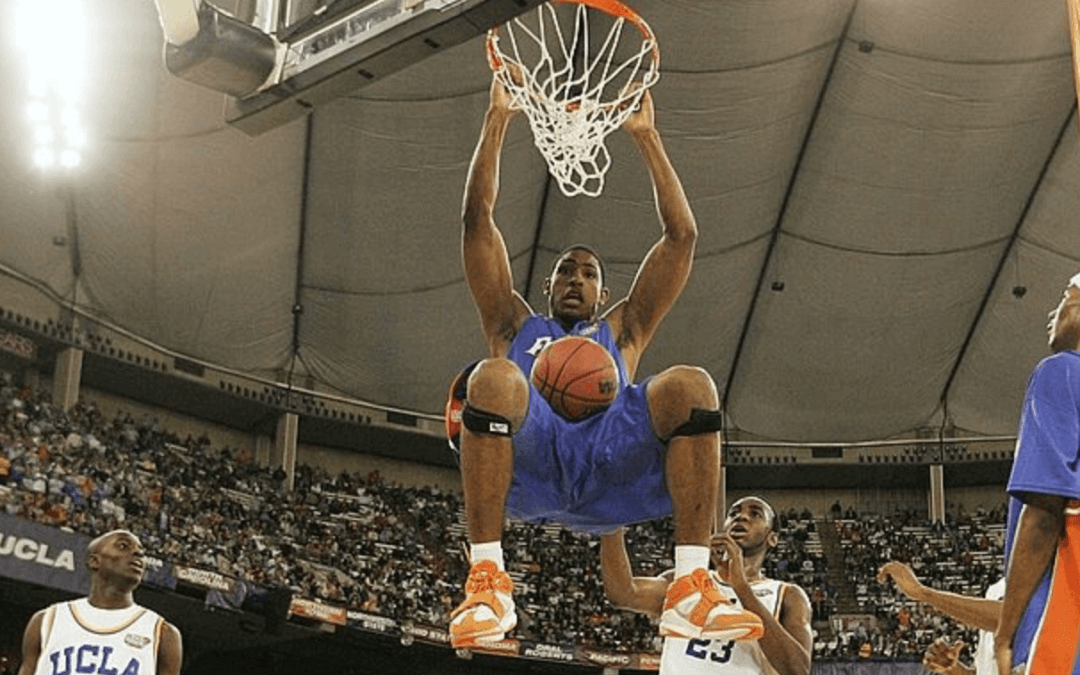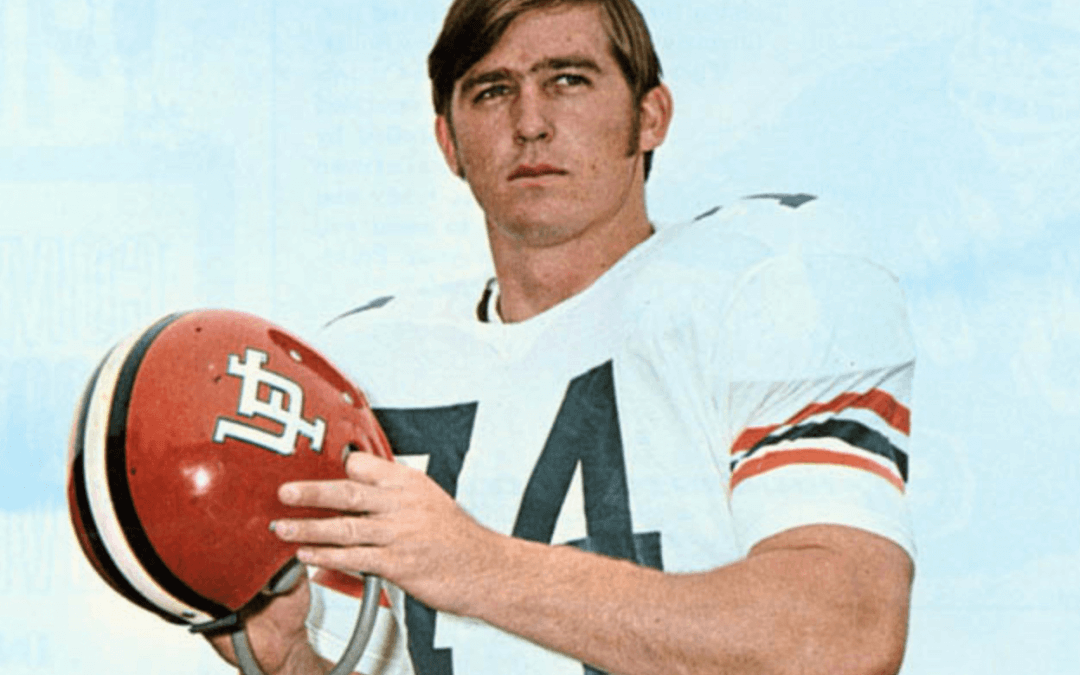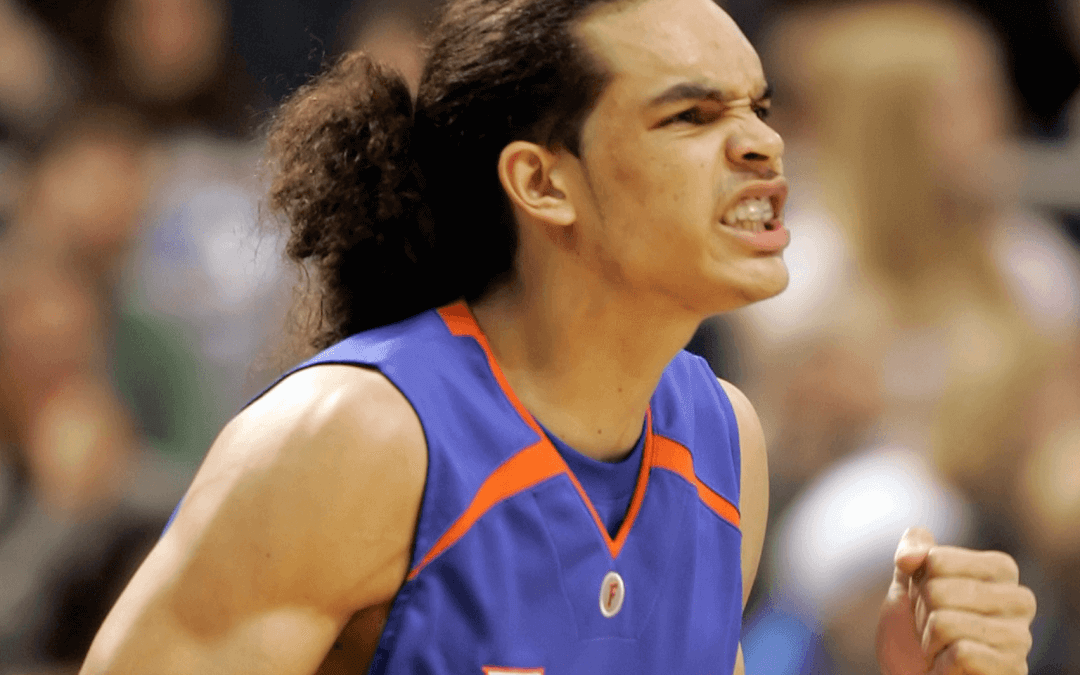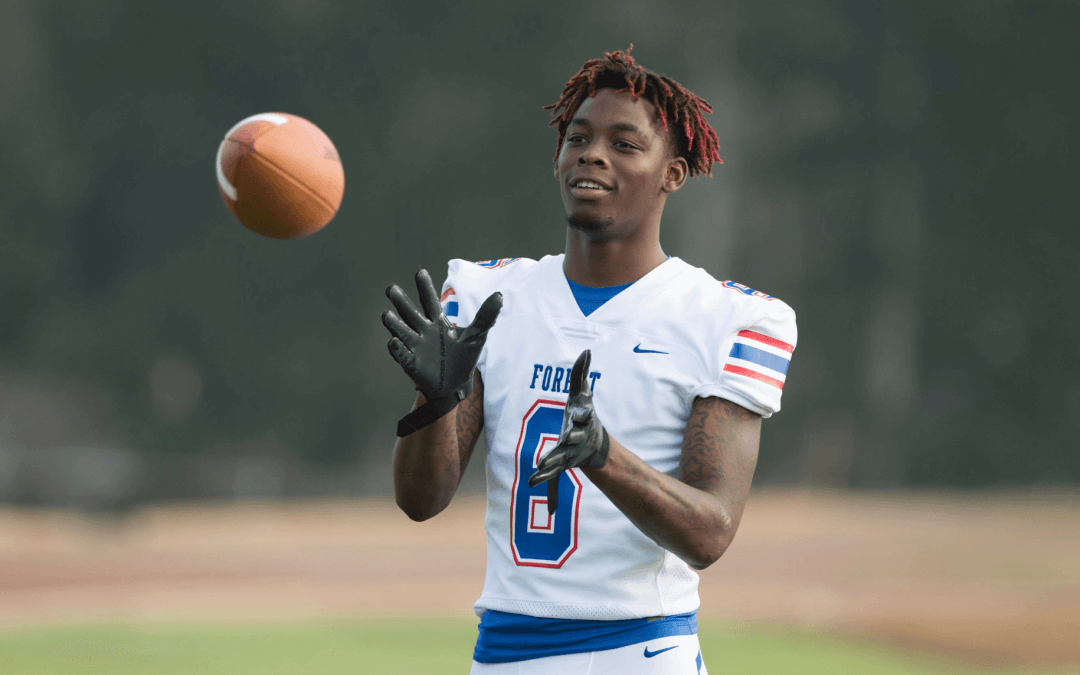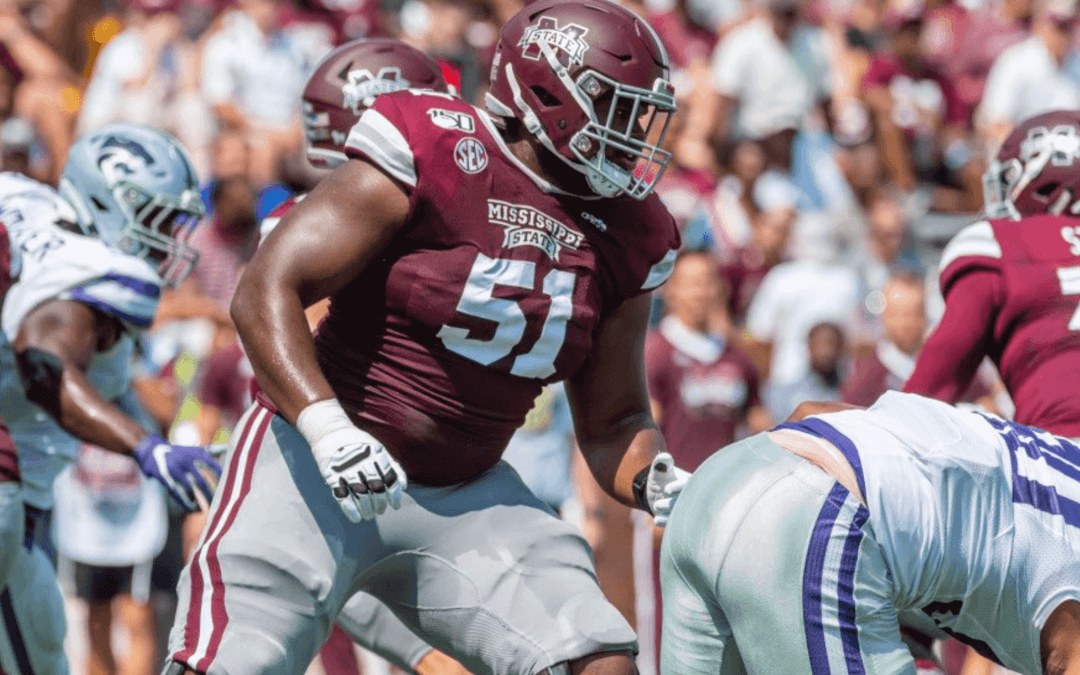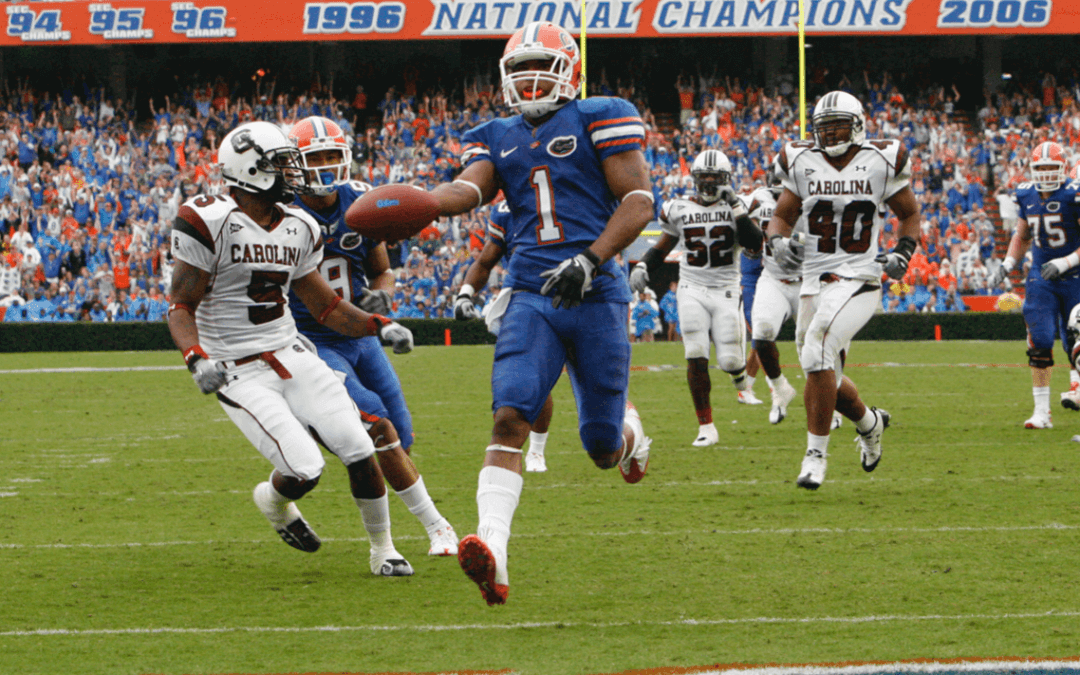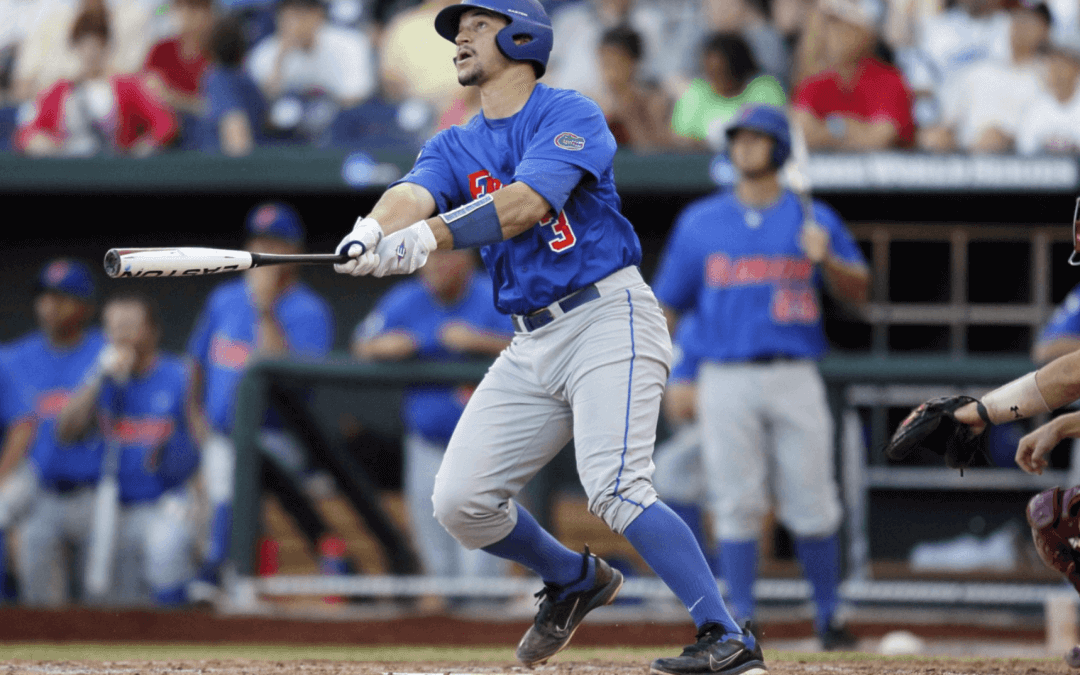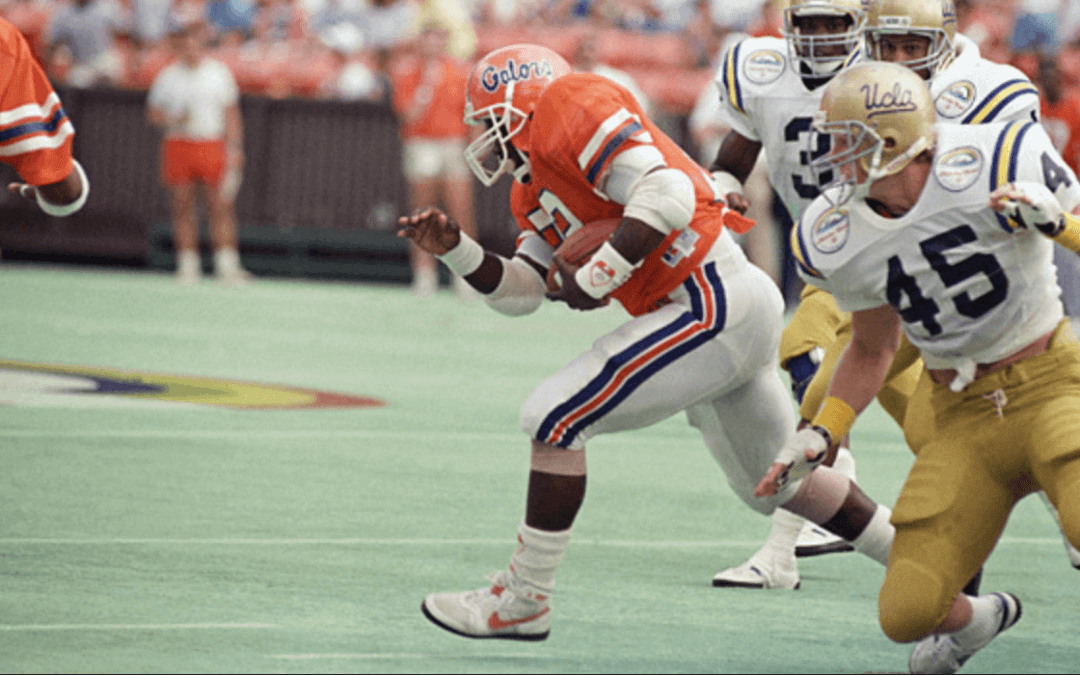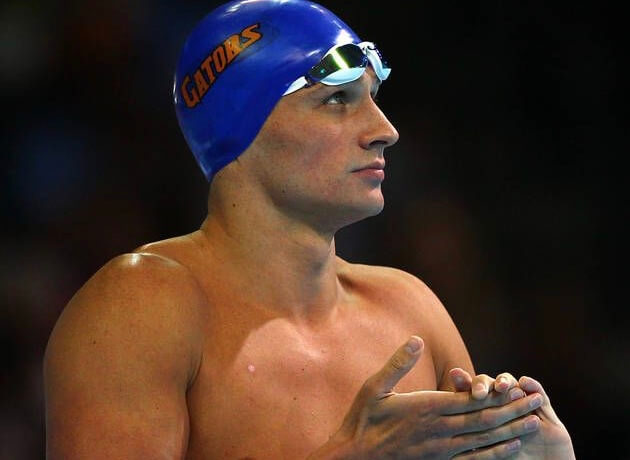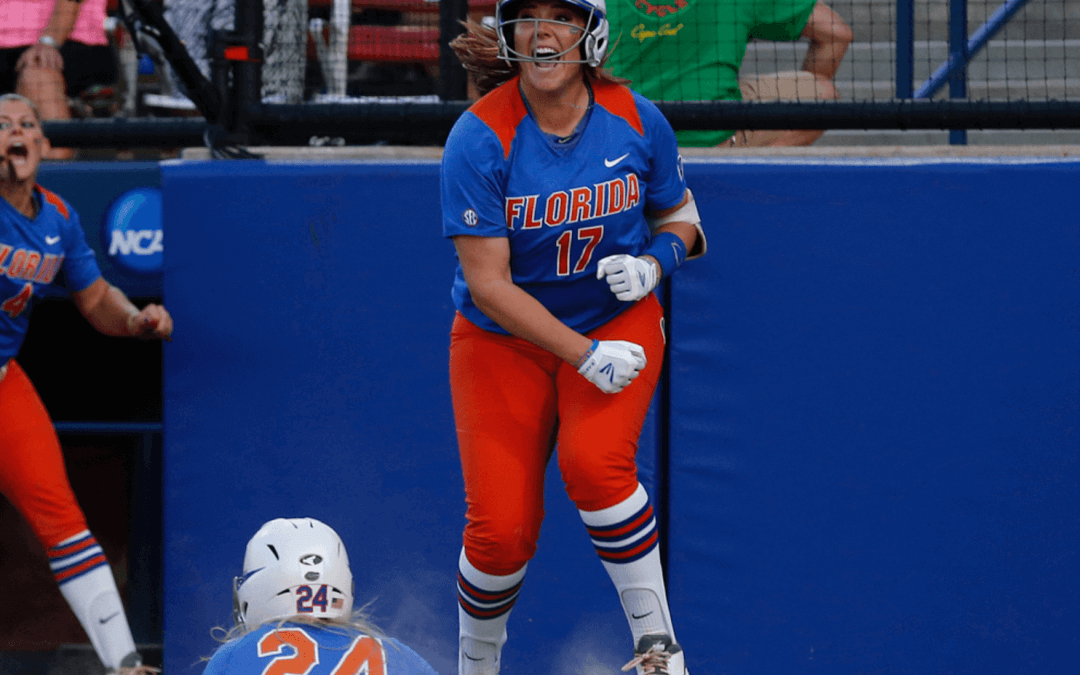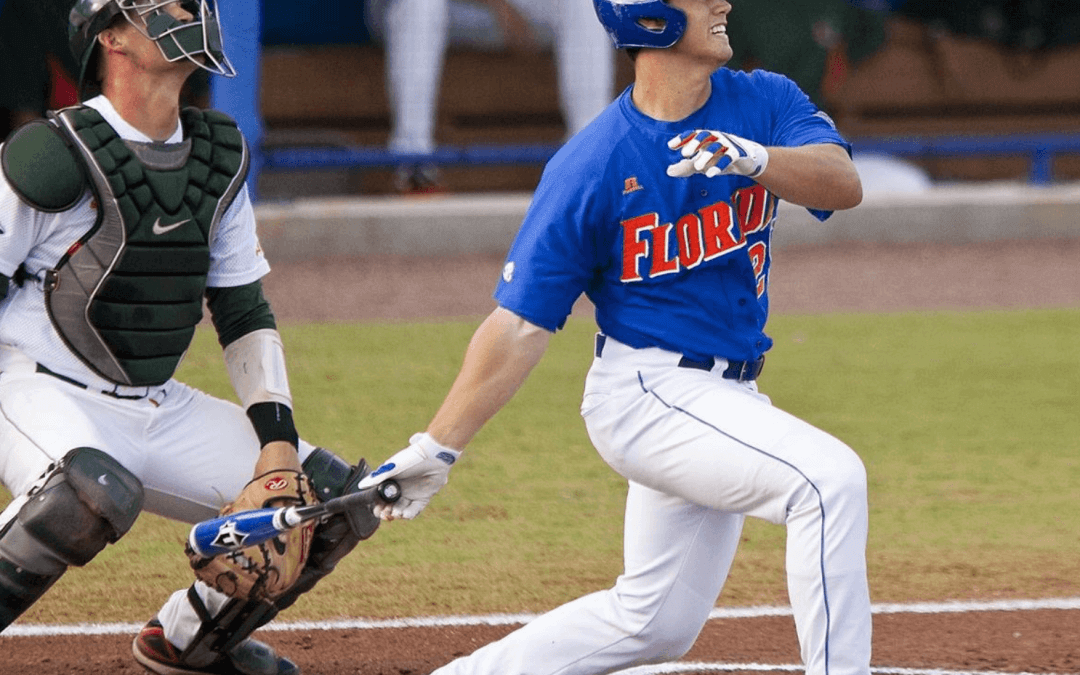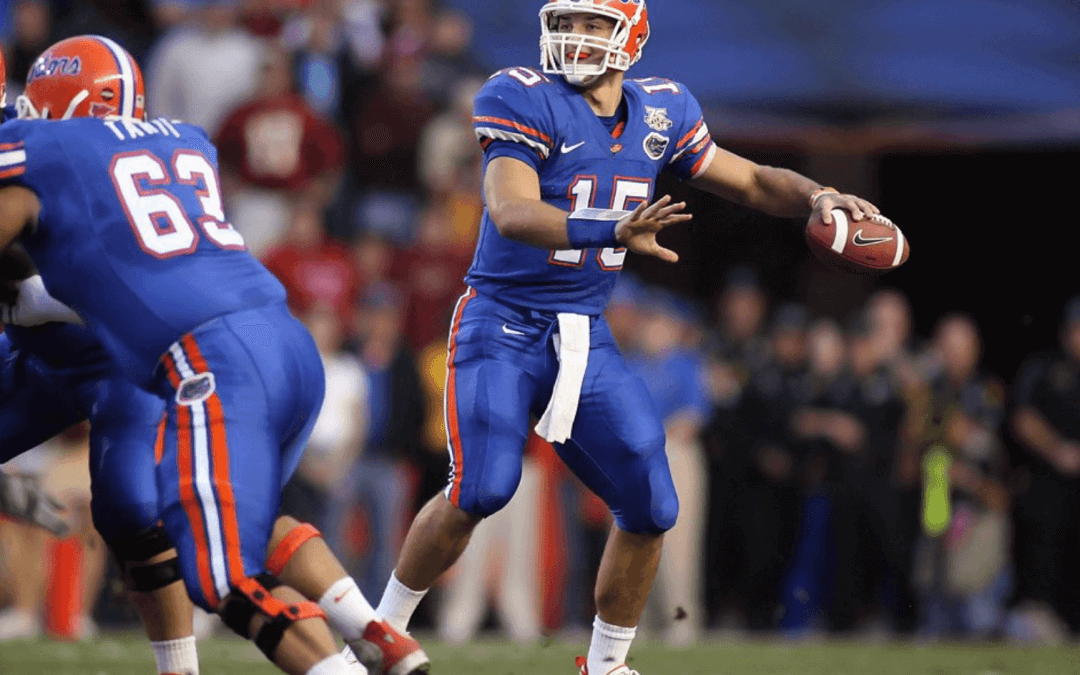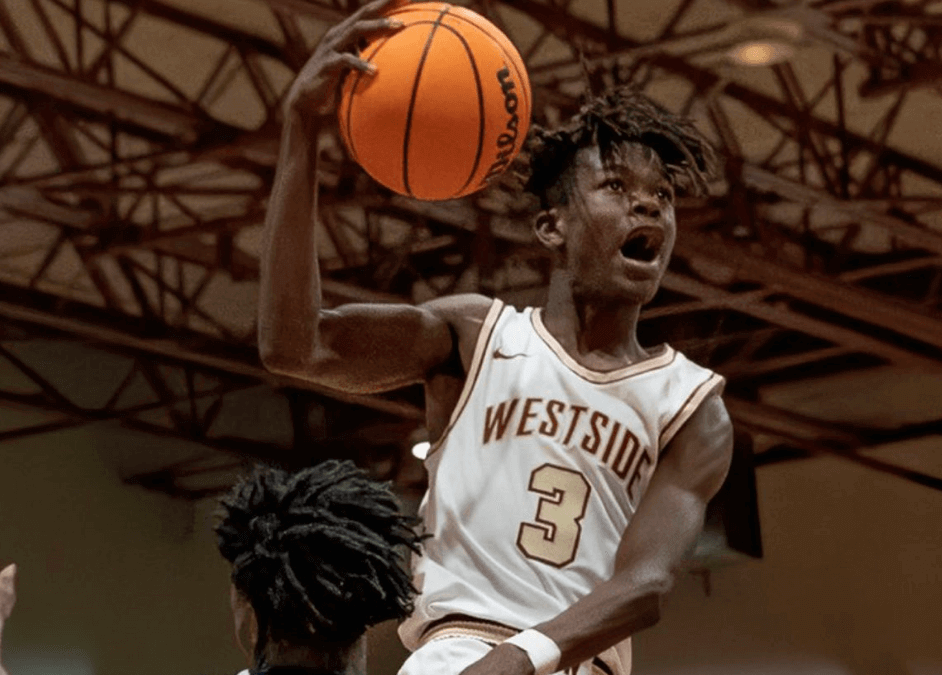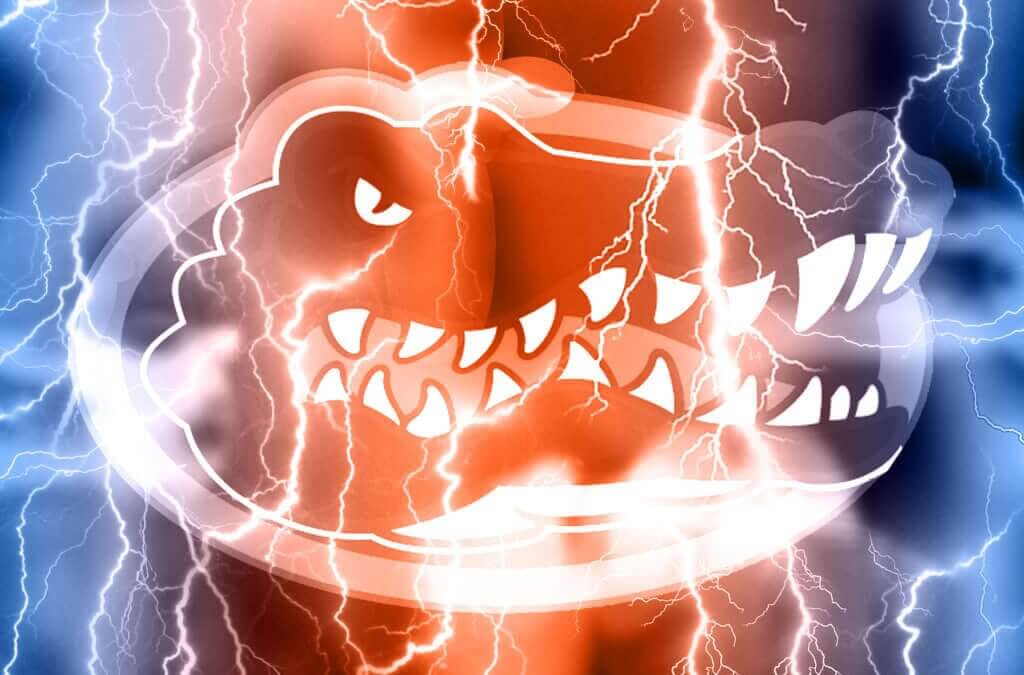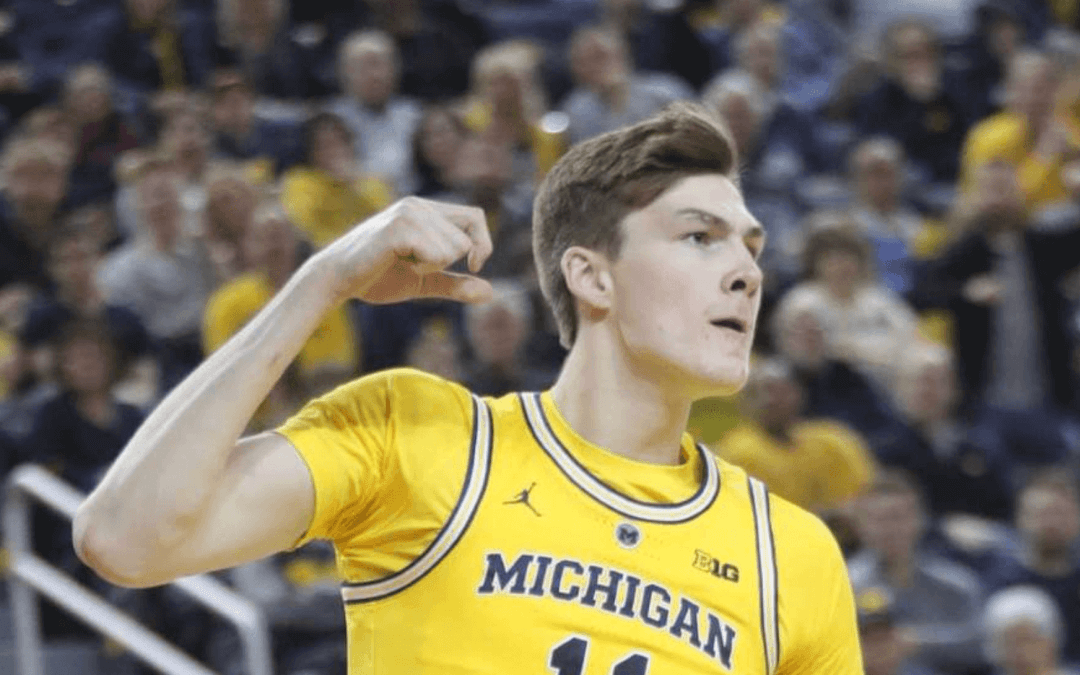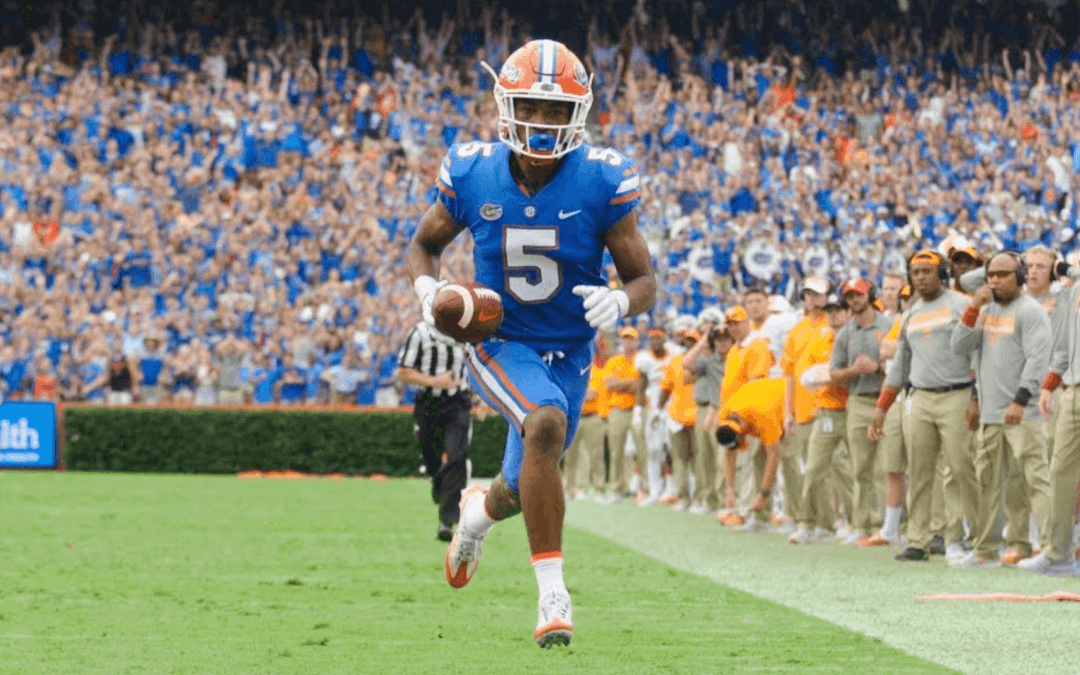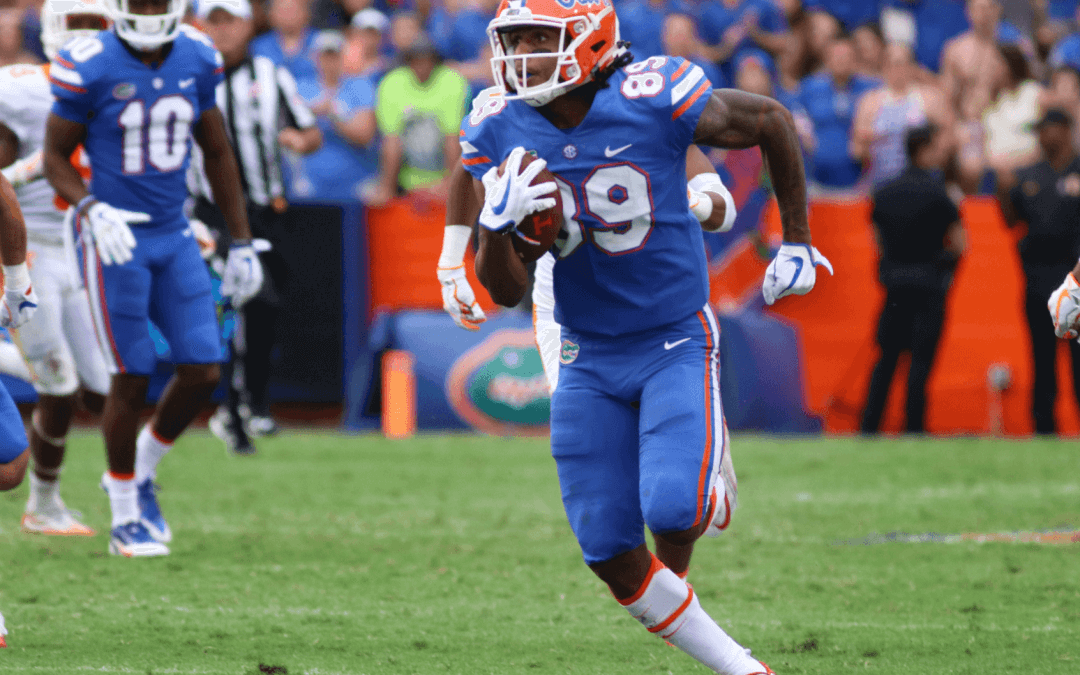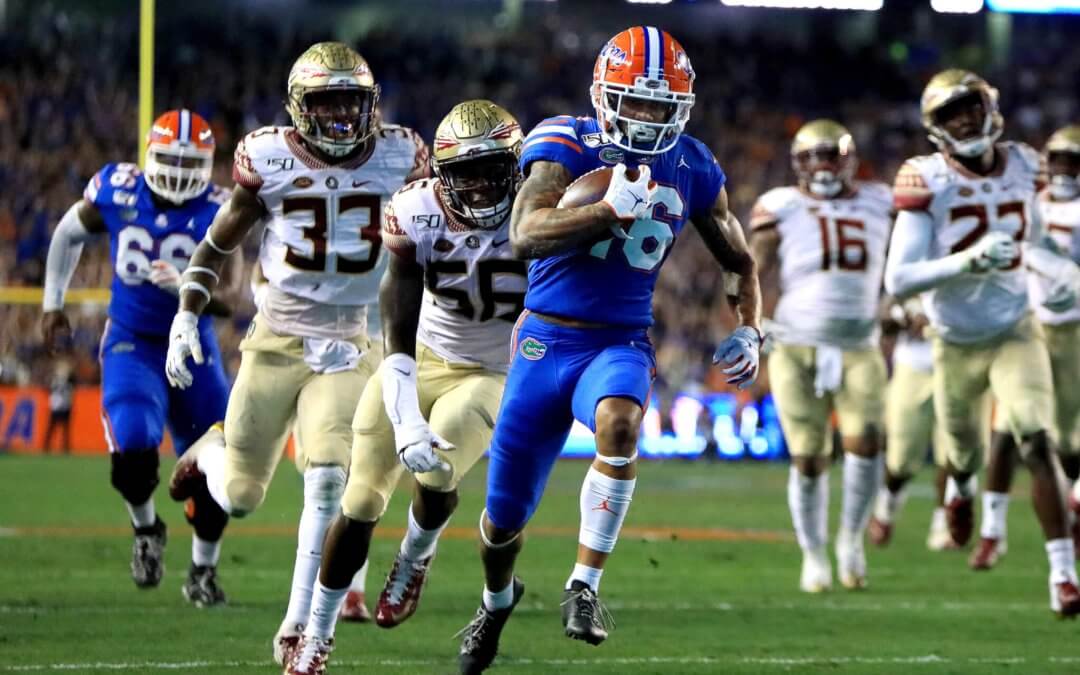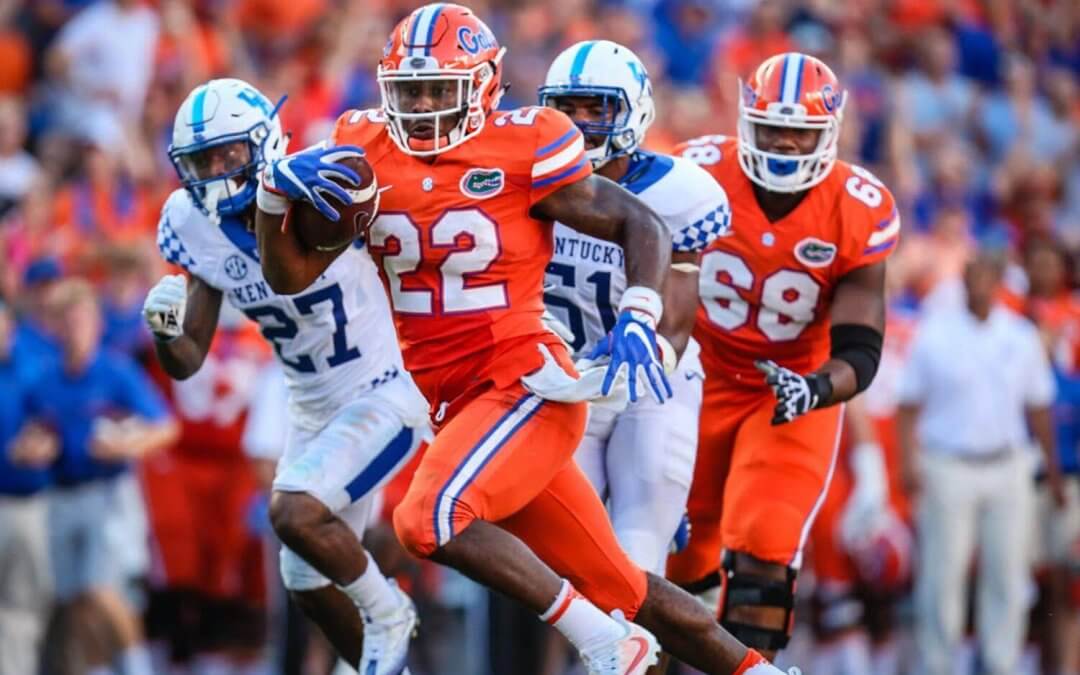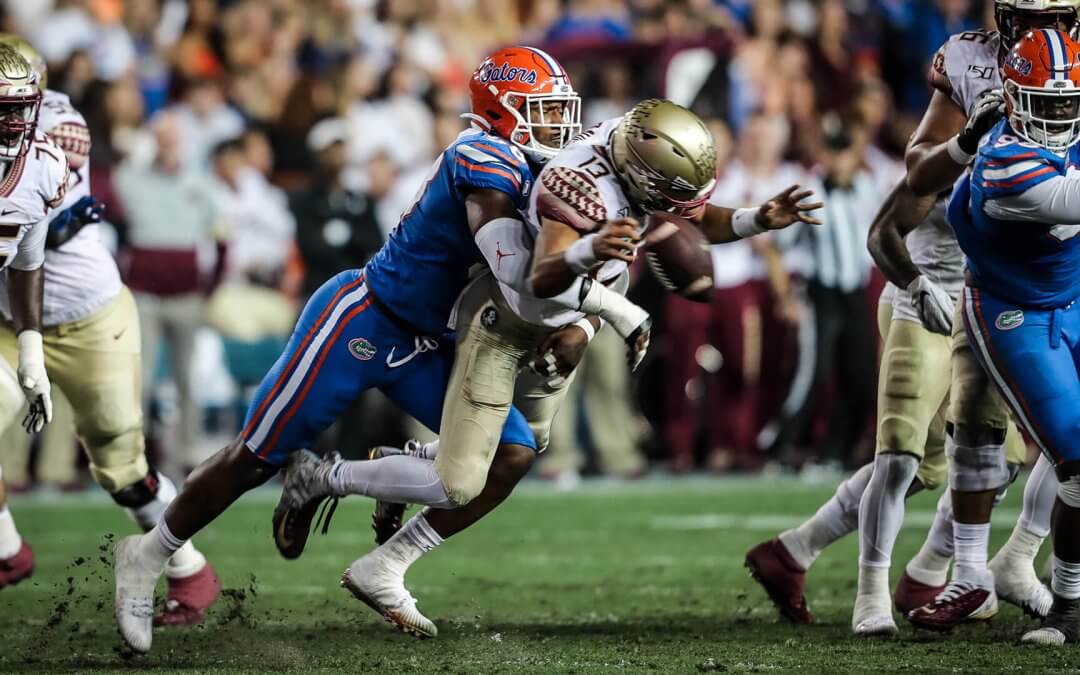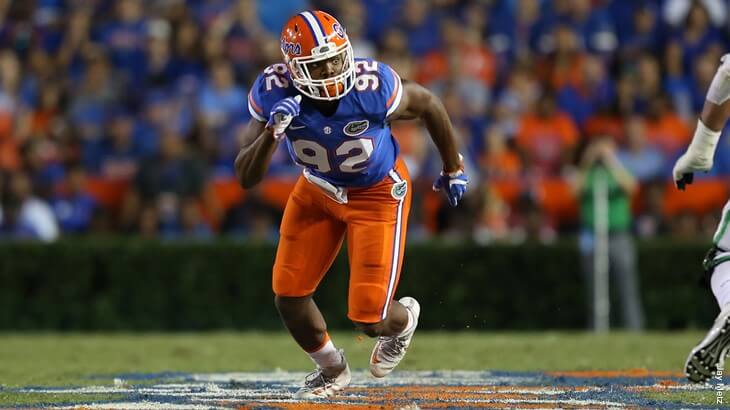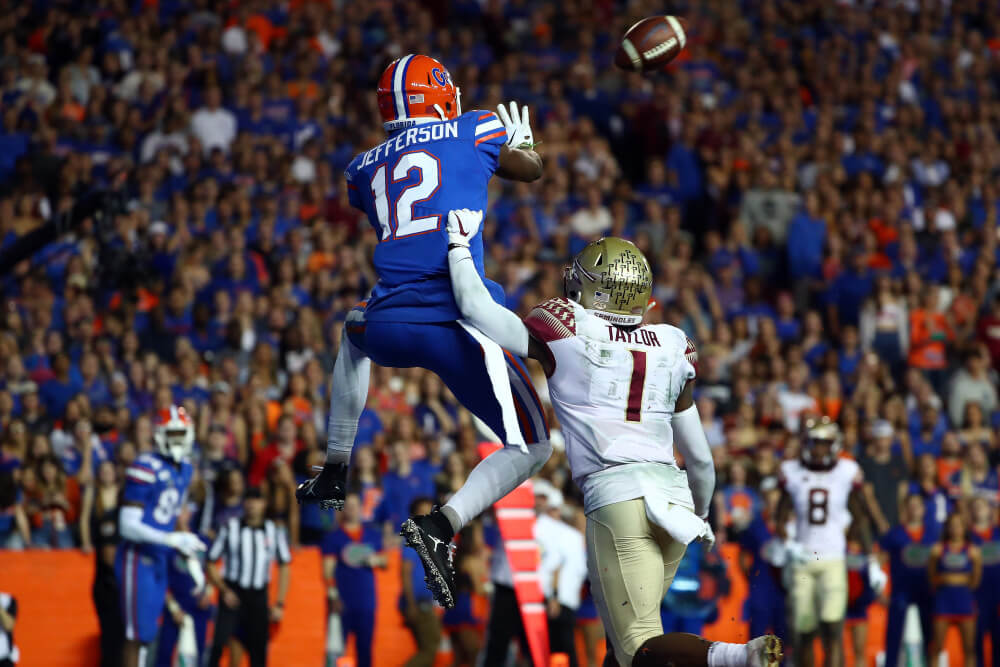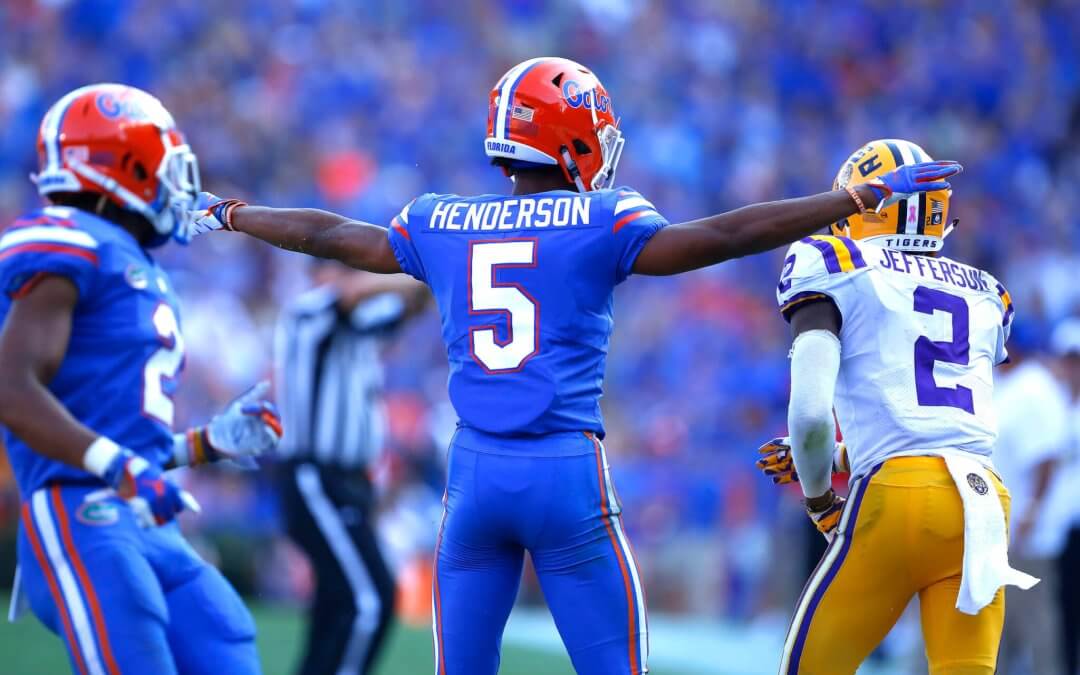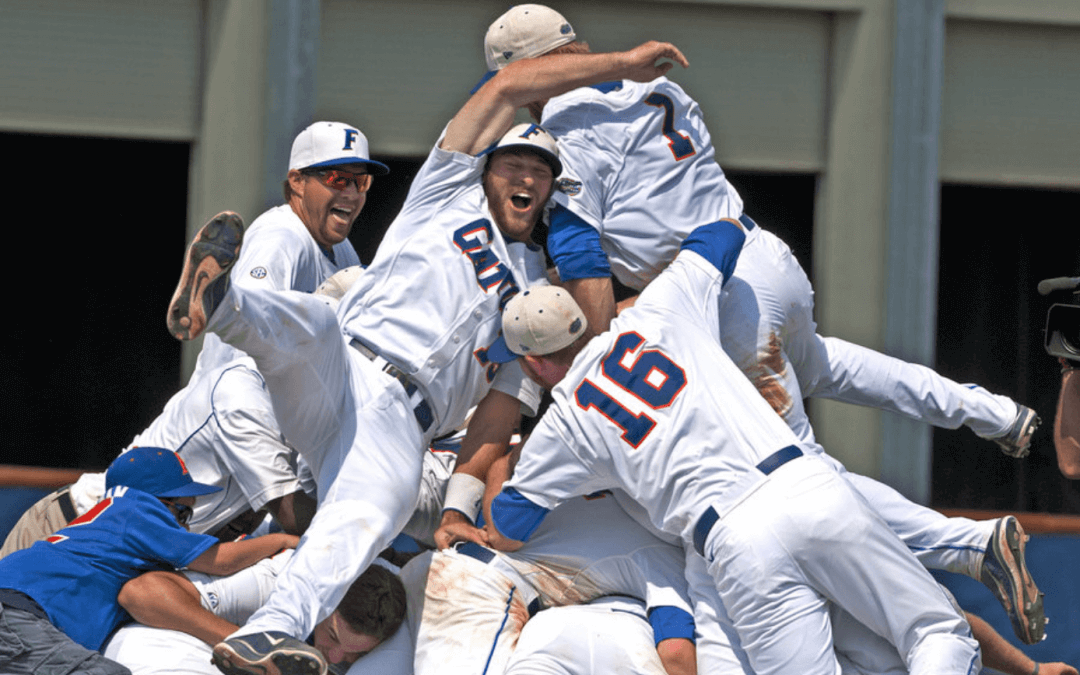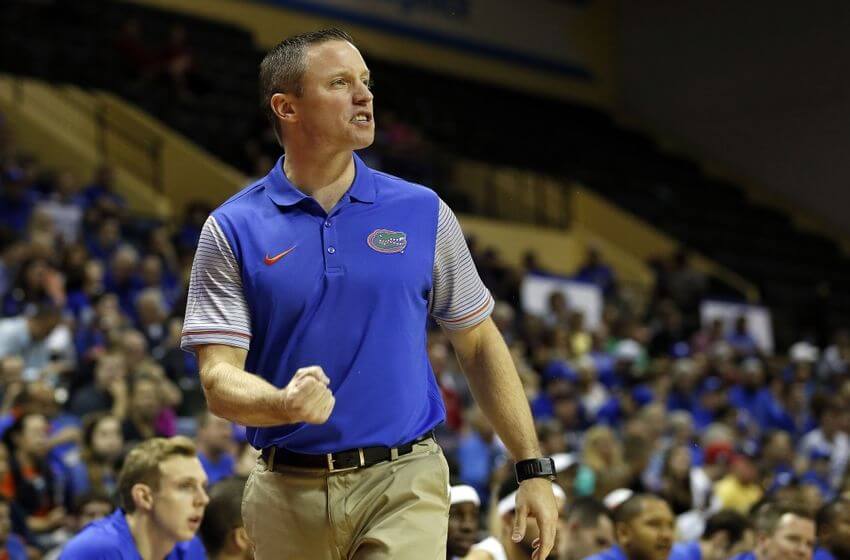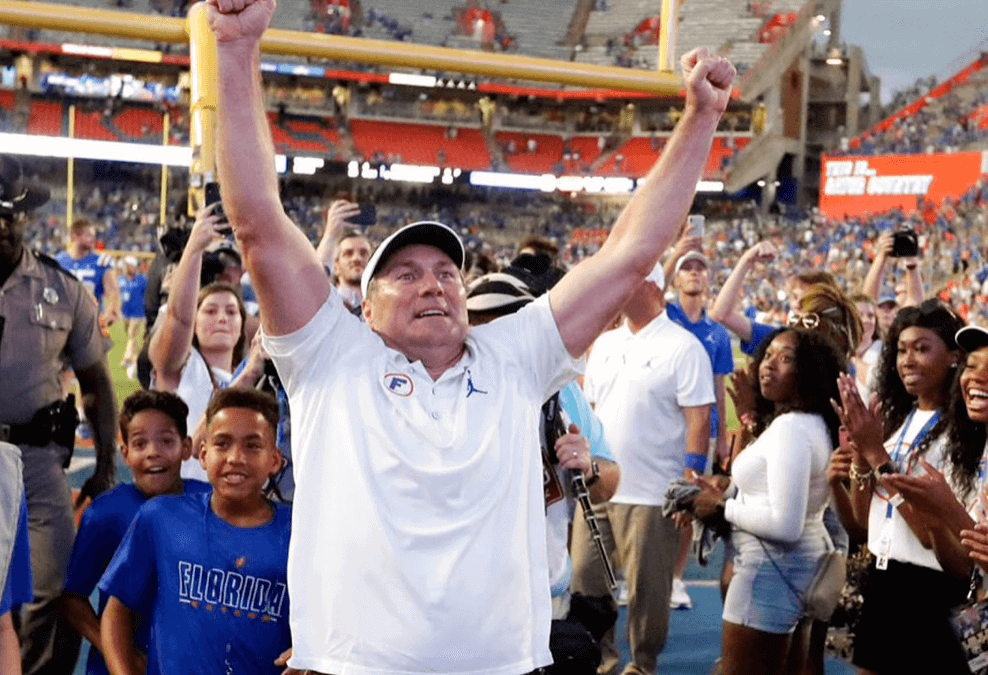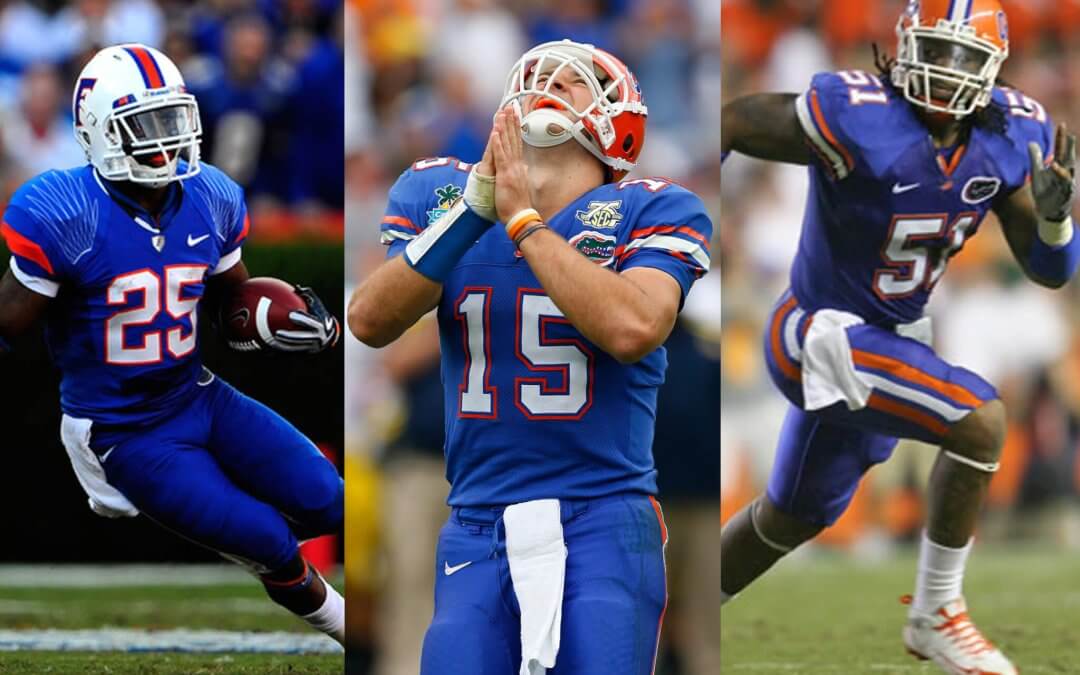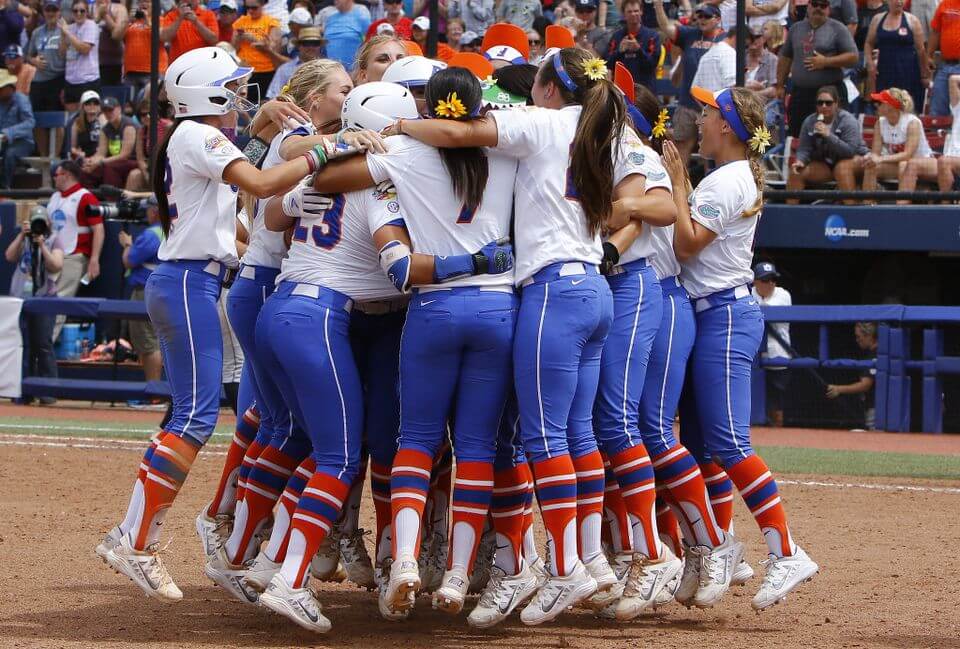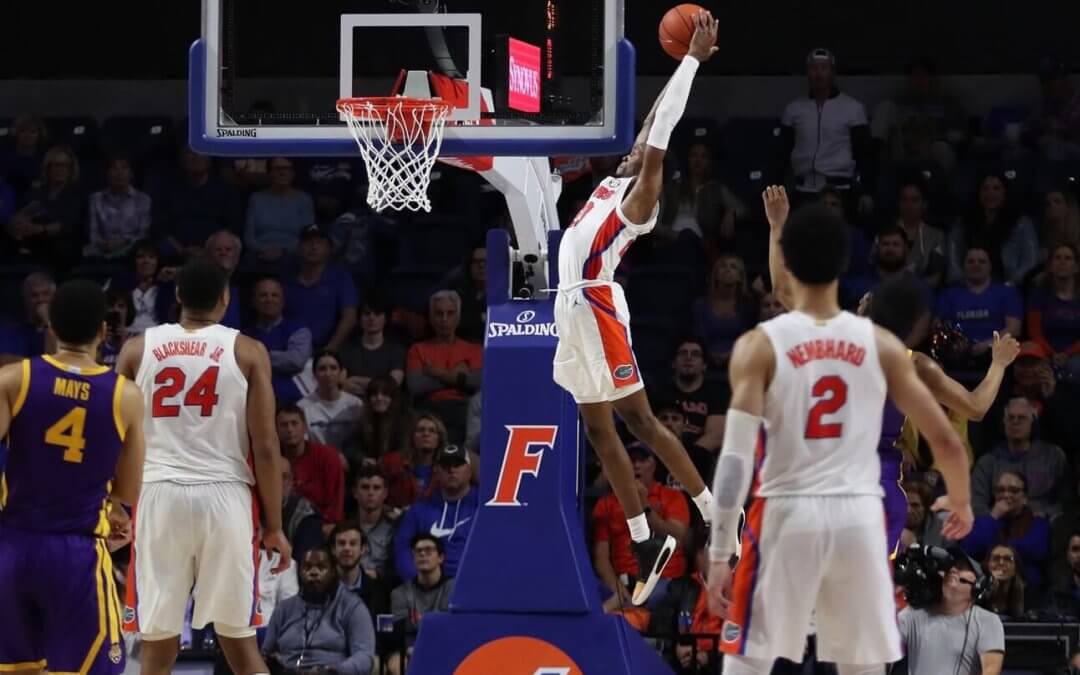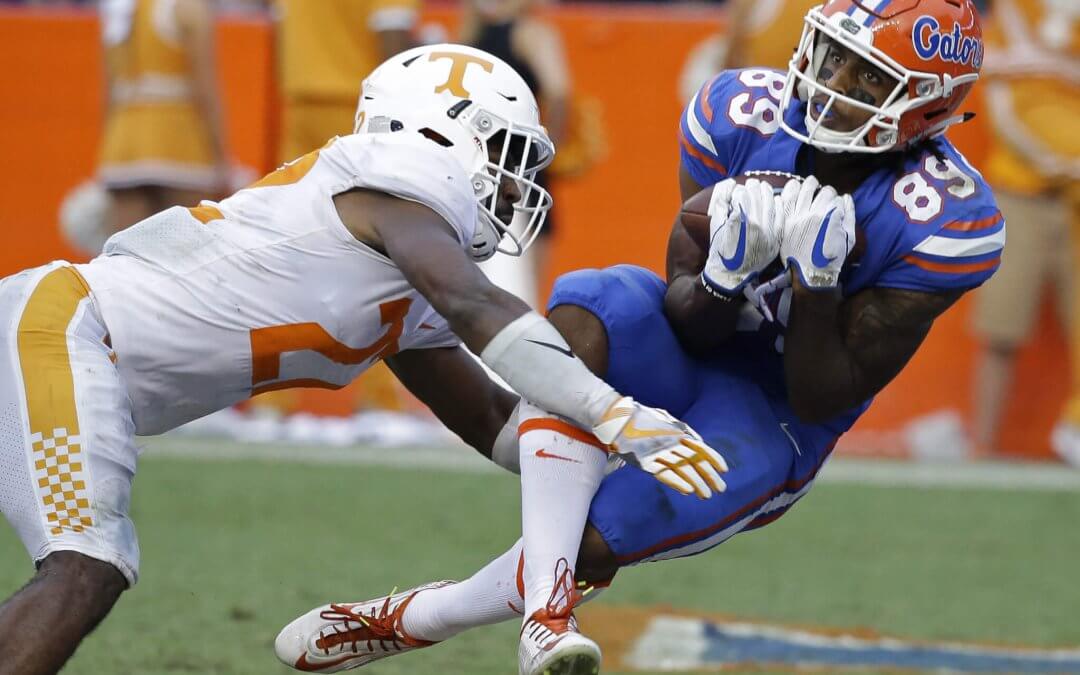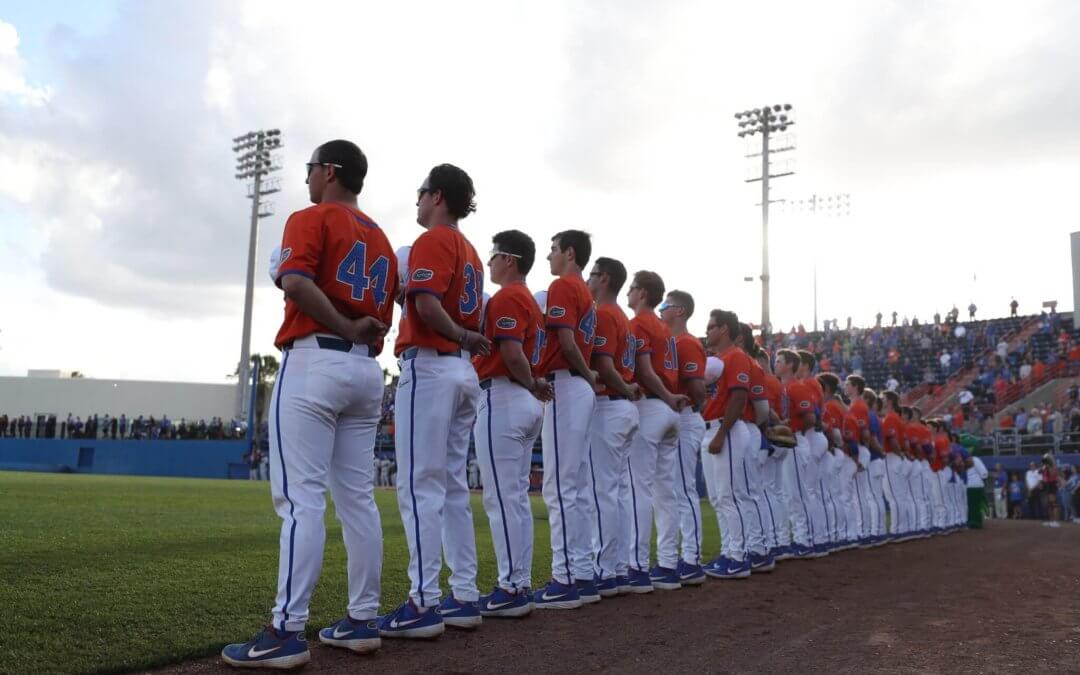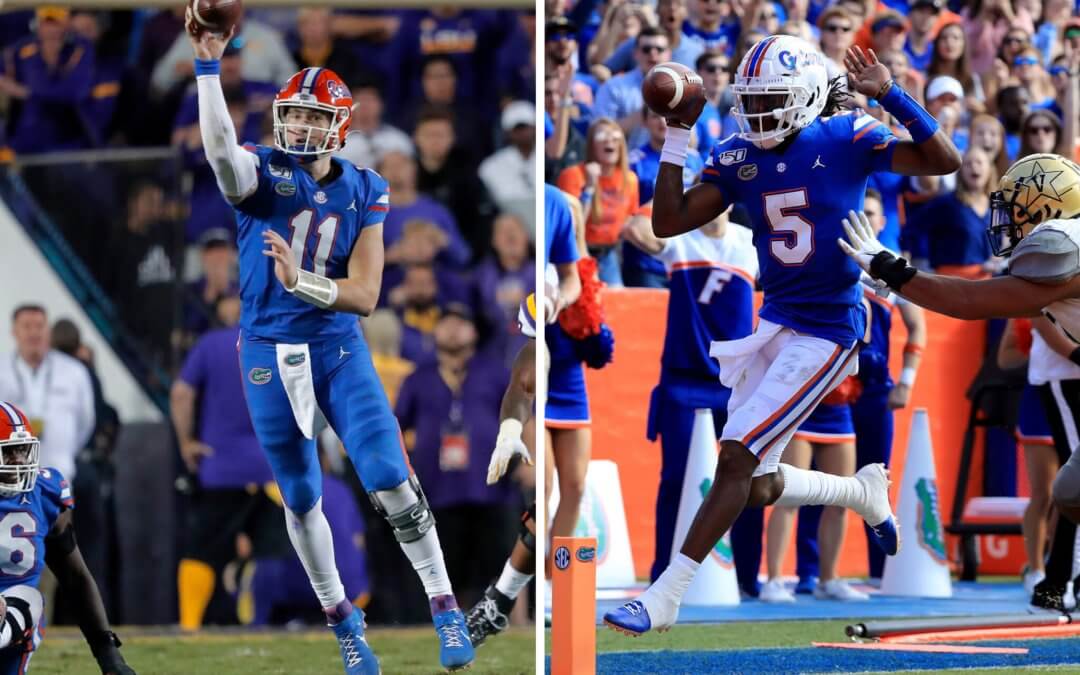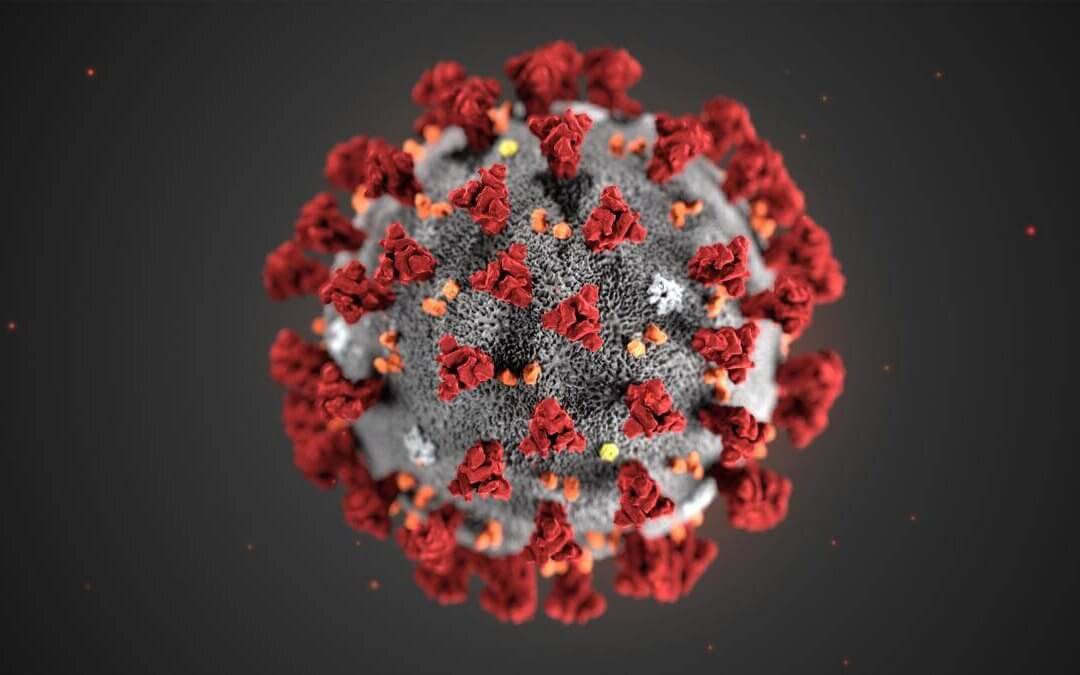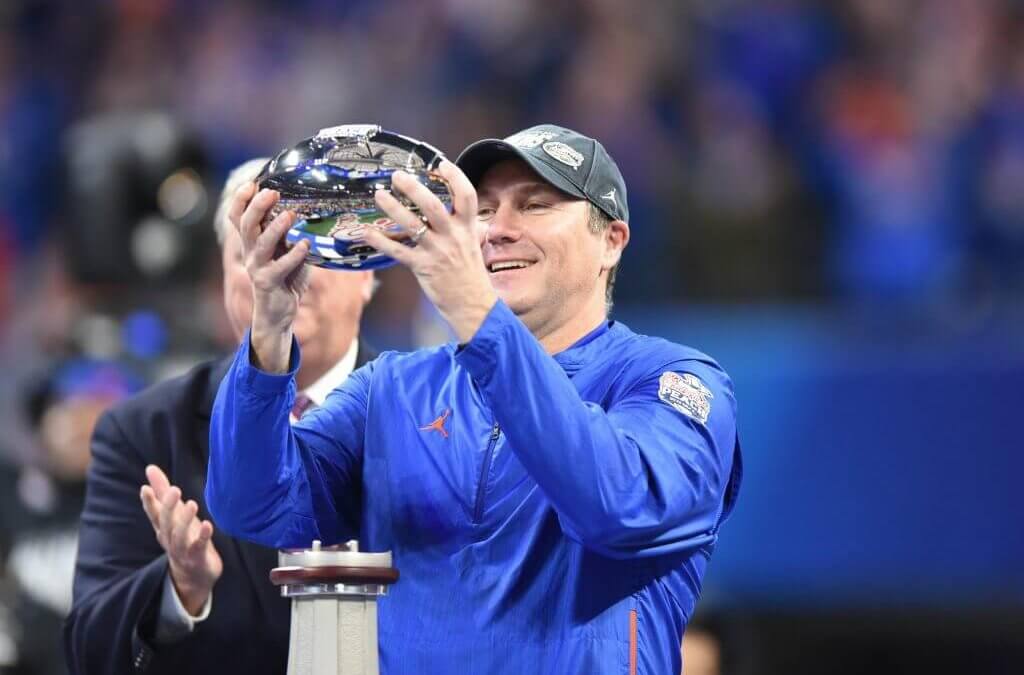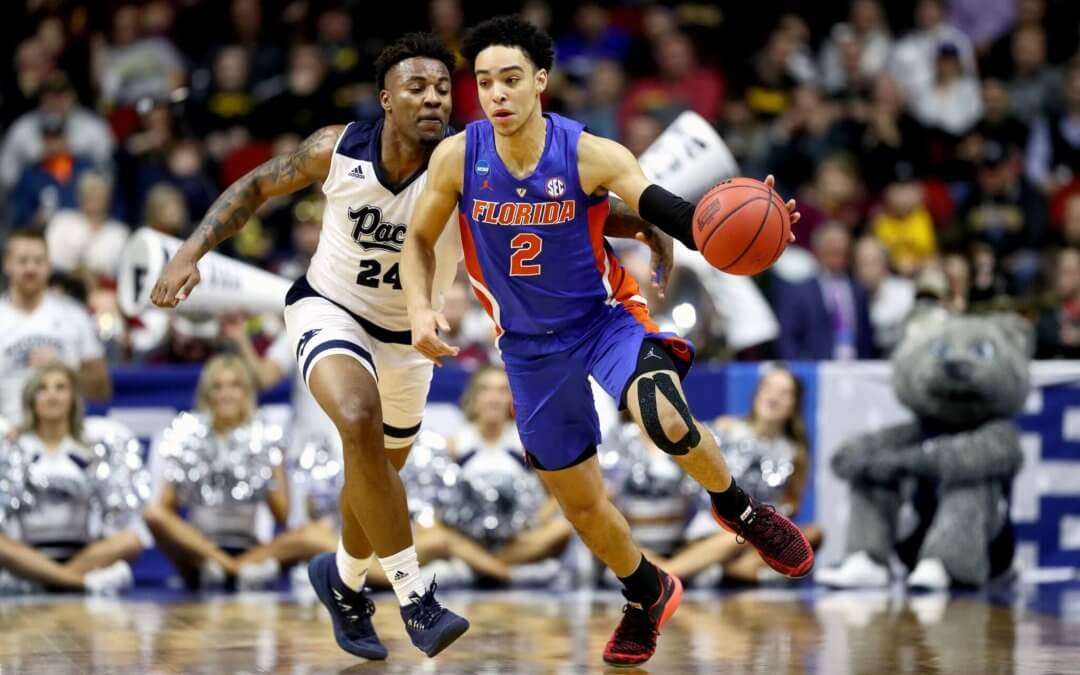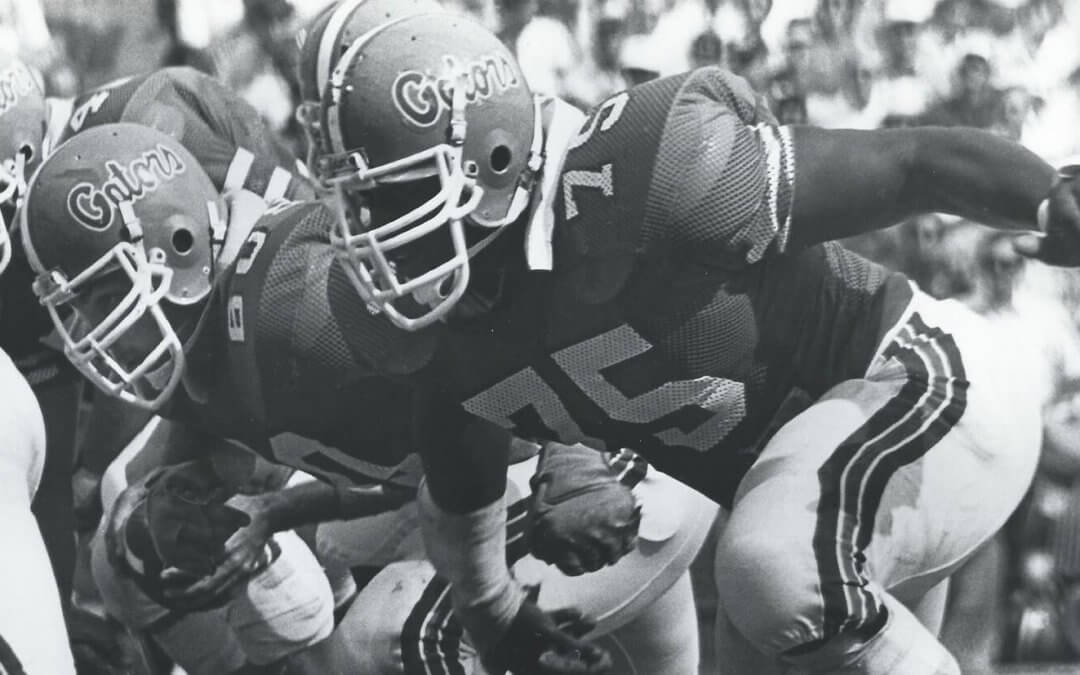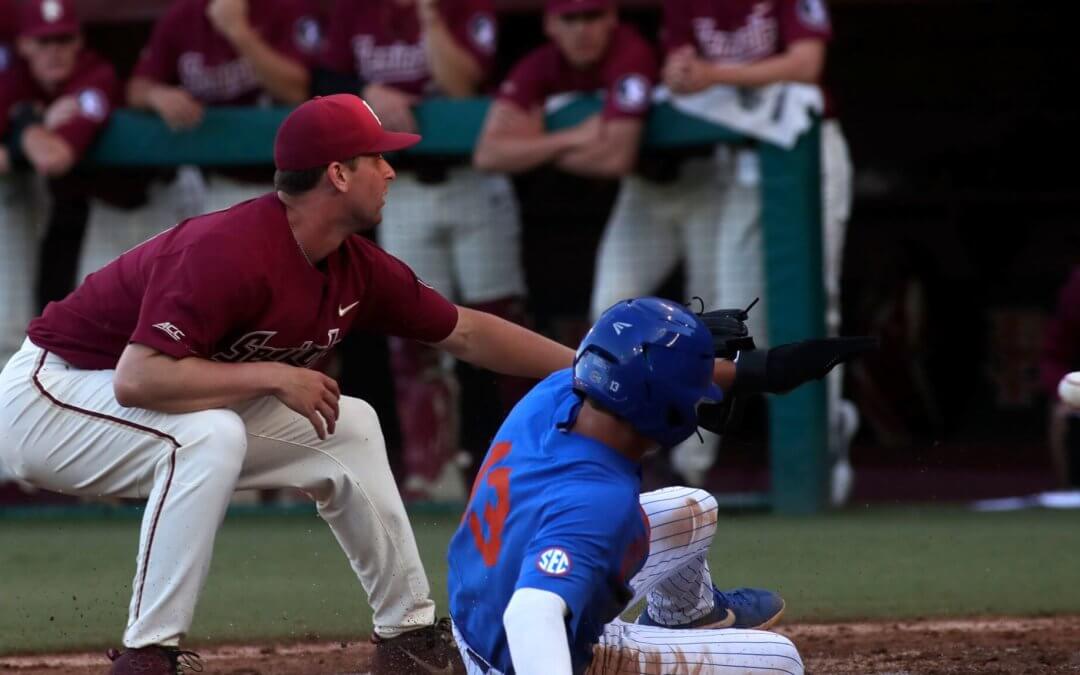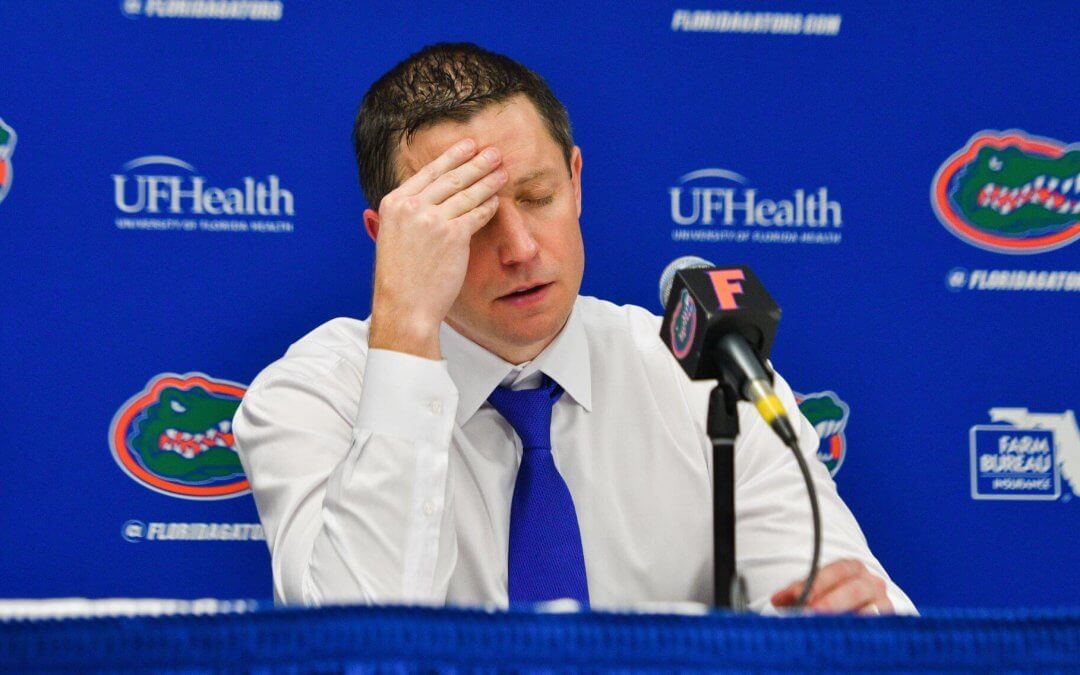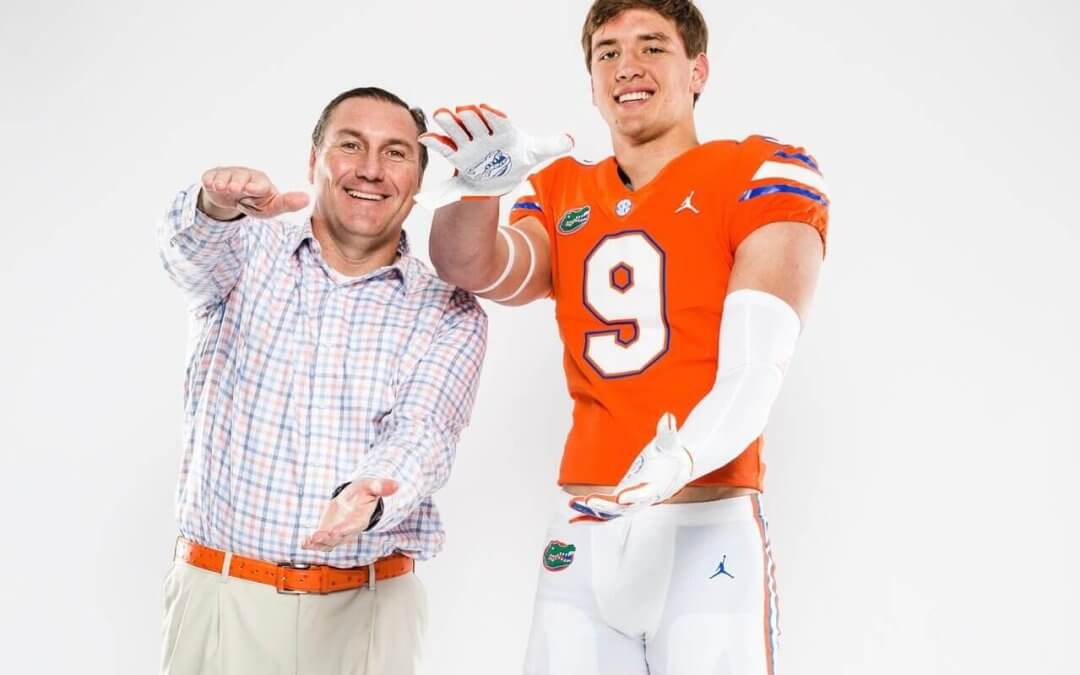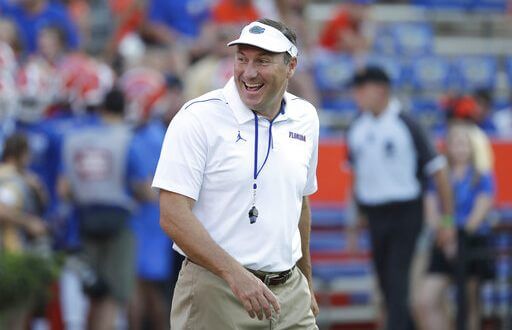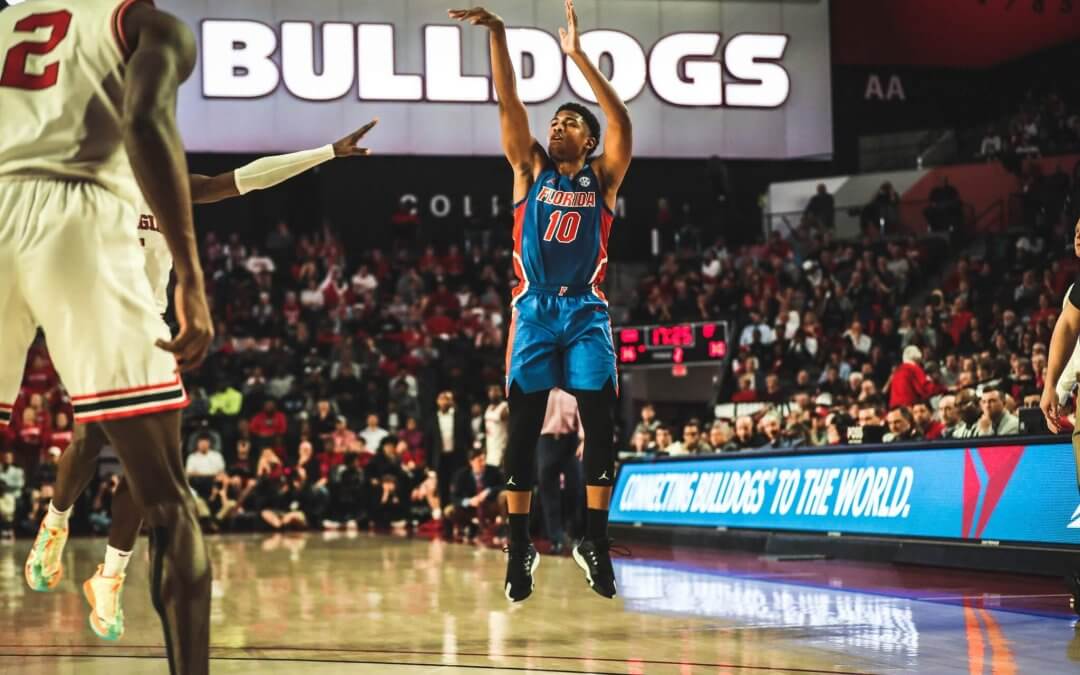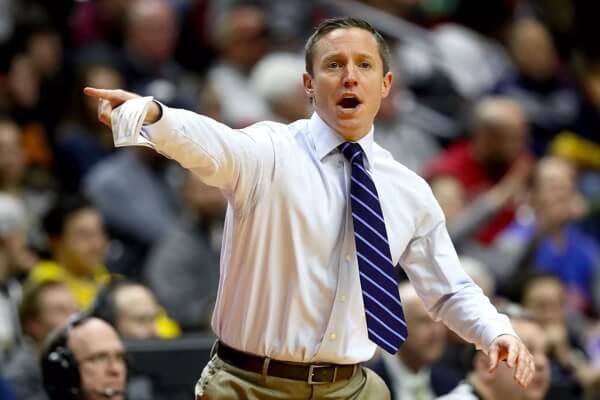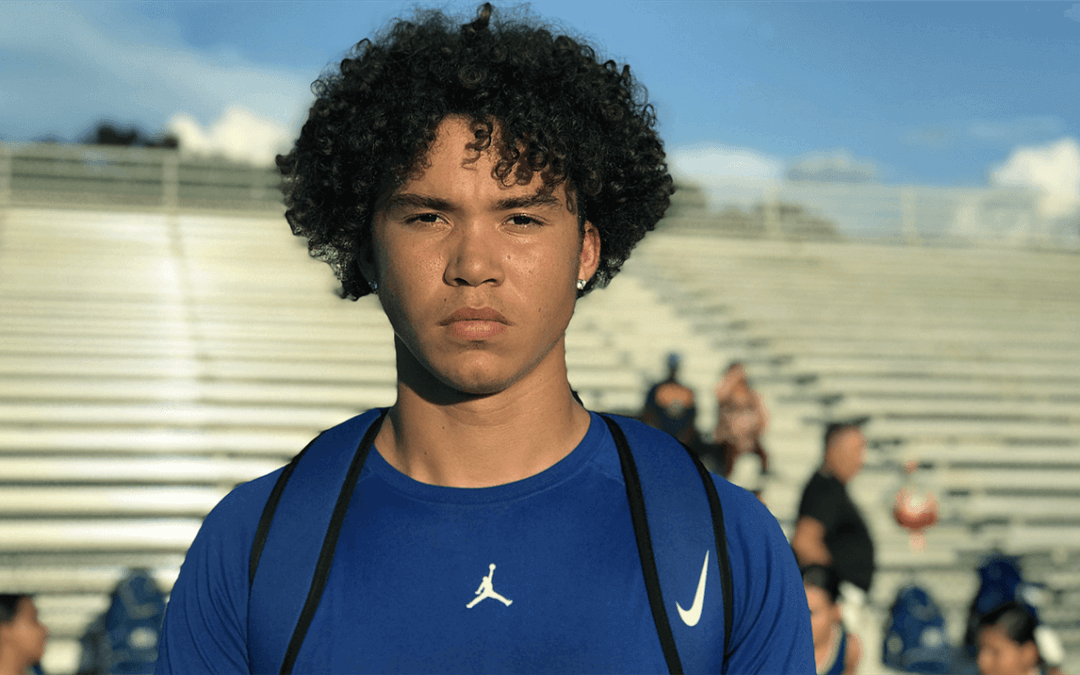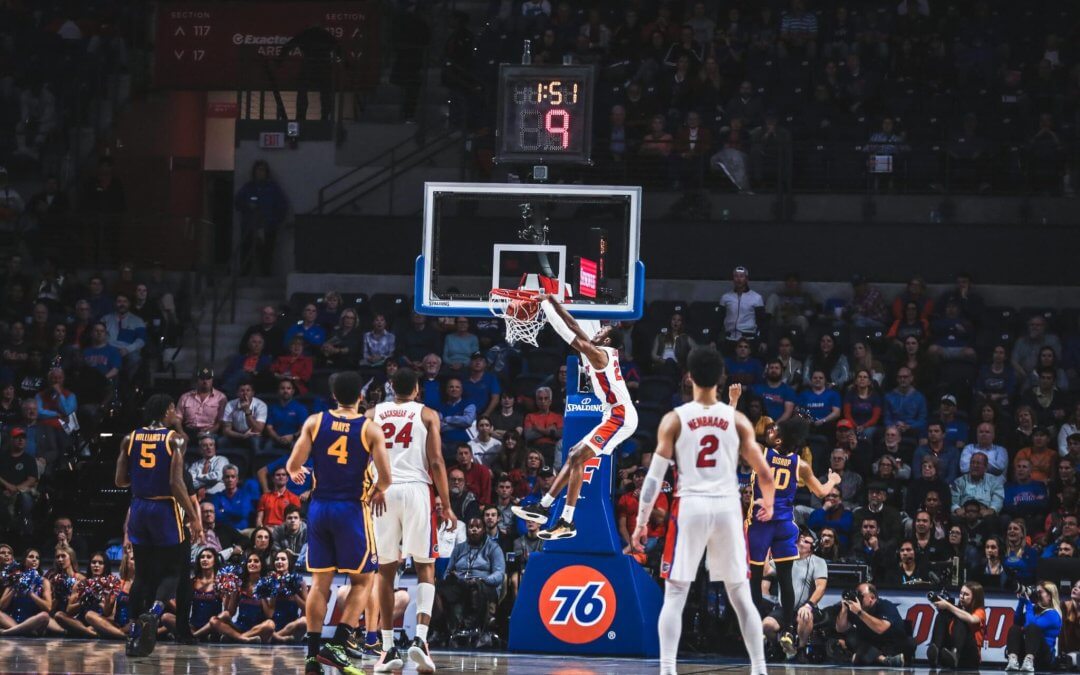Last year’s Gator baseball team pretty much defied each set of expectations that were laid out in front of them- in both good and bad ways.
First, the preseason 20th ranked Gators stumbled out to an ugly 6-6 start, including losses to Florida Gulf Coast, Illinois and two out of three to Miami. A month into the season, and things weren’t looking good at all. But then the Gators got hot, really hot, as they headed into the SEC schedule, running away with the SEC regular season crown, sweeping FSU three games to none and making a run to the SEC Championship Game in Hoover. Florida would lose to LSU, but the Gators had more than regained their preseason hype and looked to be in good shape heading into the NCAA Tournament. However, that was where the fun ended. The Gators were subsequently swept out of their own backyard by Long Beach State and North Carolina, and the #8 ranking they received going into the Tourney- and the home field advantage they would have been granted all the way to Omaha that comes with a top eight ranking- was wasted.
Hopefully, things end better this year. And that isn’t just blind hope- Florida (ranked #5 preseason by USA Today) may be one of the most complete teams in college baseball this year.
Like all great baseball teams, it’s going to start with the pitching. Florida loses Karsten Whitson, but returns two of the three key pieces of the weekend rotation in AJ Puk and Logan Shore. Both are sophomores, but both are coming off of impressive freshman seasons, combining for a 12-6 record and sporting ERAs of 3.19 and 2.16, respectively. They’ve snagged two of the three spots in the weekend rotation*, and the third spot will be taken by Dane Dunning, a fireball flinging sophomore who’s got a small control problem but a large upside.
*Note to those who don’t follow college baseball: typically, the weekend is when the biggest games are played (with the notable exception of the three FSU games, each of which will be played on Tuesdays) so the weekend rotation features the three best pitchers. Usually.
It may be tough to expect any more from this pitching staff than they gave last year, particularly Shore, but similar performances should suffice. Shore, the Gators’ ace, mixes up his pitches extremely well and can dominate the best of lineups. He struck out 68 hitters in 95 and two thirds innings last year, which comes out to be roughly six and a half strikeouts per nine innings pitched. He’s going to be the Friday night starter as the season begins, and figures to hold that role throughout the year. Dunning, the only new starter in the weekend rotation, will begin the year as the Saturday starter, and Puk will close out the weekends as the Sunday starter.
Like Dunning, Puk struggles with his control, but has an amazing upside. Both throw their fastballs well north of 90 mph, but that won’t do any good if they can’t place it where they want to. This will be the key to the Gators’ pitching staff. The Gators have a star Friday night guy in Shore, but if Dunning and Puk can’t hit their spots (or can’t find the strike zone), Florida could find themselves winning the first game of a lot of series, only to lose the last two. How these two guys do with their control will go a long way in determining how the Gators fare this year.
The bullpen also figures to be in good shape. Bobby Poyner (5-4, 3.47 ERA), Aaron Rhodes (5-2, 2.48 ERA), Danny Young (5-0, 2.23 ERA), Eric Hanhold (4-3, 4.20 ERA) and Kirby Snead (3-0, 2.40 ERA) all return from last year’s team. Add highly touted freshman Alex Faedo into the mix and you’ve got a pretty strong bullpen to complement a pretty strong starting rotation (though Faedo wind up as a midweek starter).
But while the pitching staff may carry the team, the Gators feature what figures to be their most dangerous lineup since Mike Zunino and Preston Tucker departed after the 2012 season. The Gators’ bats went cold when they were needed the most scoring a paltry four runs in their final three games- the SEC Championship Game against LSU and their NCAA Tournament games against LBSU and UNC. That can’t happen again if they expect to win many big games. They also had 20 different games (out of 63) in which they scored two runs or fewer.
Talent isn’t the problem for this team. The Gators’ lineup is filled with guys who can hit for either power or average from top to bottom. Losing power hitting first baseman Pete Alonso and outfielder Jeremy Vasquez to a broken foot isn’t great news, but there are plenty of other sources of offense in the lineup.
It starts with junior outfielder Harrison Bader, who hit .337 last season and drove in 24 RBI despite missing the first 19 games due to suspension. Bader is the team’s most dependable offensive threat, the team spark plug, the source of the fire, and the unquestioned team leader. He’s also a solid base stealer and outfielder.
Buddy Reed has locked down one of the other outfield spots, and has really improved as a hitter throughout winter workouts (though, of course, he hasn’t done it in actual games yet, so let’s hold off before we hail him as the team’s most improved). He’s gotten stronger over the offseason, but that shouldn’t take anything away from his speed, which he uses to steal tons of bases and beat out infield hits.
The key to the the entire offense is third baseman Josh Tobias, who hit .305 last year and really got hot at the end of the season. He’s been very up and down throughout his time in Gainesville, but he provides Florida with a dependable switch hitter and has developed some power recently. He’s going to need to pick up where he left off last year if the Gators are going to put some runs across.
It’s also going to be interesting to see what freshman Dalton Guthrie can do. He takes over at second base for the departed Casey Turgeon, and could very well start the season at the leadoff position. He’s not a great power hitter, but gets his bat on a lot of balls and can get on base by poking the ball through the infield and by bunting. He also plays great defense.
Then there’s shortstop Richie Martin, a tremendously talented fielder with a so-so bat. He did struggle a bit on defense last year, but his incredible athleticism that’s ever so slightly reminiscent of Derek Jeter will make it nearly impossible for Kevin O’Sullivan not to start him at shortstop. Now, he needs to start getting hits. He batted .265 last year, but had a tremendous performance in the Cape Cod league after the Gators’ season ended, hitting .364 against some of the most highly touted MLB Draft prospects he faced. If he could keep that going… that’d be great.
The biggest battle heading into the season is at the catcher position. Florida hit a gold mine in recruiting two top catchers to come to Gainesville, and now they’ve got to fight for the starting position- or maybe they won’t. Mike Rivera and JJ Schwarz provide the Gators with two different types of players. Rivera sprays balls to all fields, and figures to be a great average hitter. Schwarz, meanwhile, hits lots of those screaming line drives we all used to love to hit in the old Backyard Baseball games from Atari, and could establish himself as the Gators’ most threatening power hitter in the lineup (at least until Alonso returns). So the Gators could very well feature both in the starting lineup at the same time, with one starting at catcher and the other starting at DH.
The rest of the starting spots are up for grabs, though not for long; Vasquez will be back in three weeks, and while there’s no timetable for Alonso’s return, he should be back by mid season. Guys you could see make contributions include Christian Hicks, Logan Browning, John Sternagle, and Ryan Larson. Each possesses a decent bat, though none of them have really separated themselves in winter workouts so far, so O’Sullivan is likely to play around with the remainder of his starting lineup, trying different combinations and seeing what works.
The Gators’ schedule is a surprisingly easy one this year, which is nothing to cry about considering the SEC is one of the nation’s best baseball conferences. Yes, there are the annual three game sets with Miami (in Gainesville) and FSU (one in Gainesville, one in Tallahassee and one in Jacksonville, spread out throughout the season), but other than that, the non conference slate is filled with cupcakes: three game series against Rhode Island, Maine and Stony Brook, two game series with UCF and Fairfield, and single midweek games against USF (twice, each school hosting one), Stetson (twice, each school hosting one), Florida Atlantic, Bethune Cookman and Florida A&M. Not exactly the gauntlet Florida is used to facing.
The SEC schedule is about as easy as Florida could have asked for it to be, too. Tennessee, Alabama, South Carolina, Kentucky and Auburn all come to Gainesville for three game series, while Florida travels to Vanderbilt, Georgia, Mississippi, Mississippi State and Missouri. SEC teams play ten series against other SEC schools, meaning they don’t play three SEC schools in every year, and in this particular year, Florida was granted the incredible fortune of dodging perennial powerhouse LSU (#4 preseason) completely. They also get to avoid Texas A&M (#23 preseason) and Arkansas, who’s given them a fair amount of problems in recent years. Think about this: the SEC has six teams ranked in the preseason polls not counting Florida, and the Gators duck two of them. That’s about as good as it could possibly get.
So between the pitching, the hitting and the schedule, expectations are about as high as they’ve ever been in Gainesville, and that includes the powerhouse teams from 2010-2012. This team may prove to be even deeper, particularly if they’re able to survive without Vasquez and Alonso for as long as they’re out. In a sport like baseball, where the season is so long and there are so many games, it’s nearly impossible to predict who’s going to win the national championship. But the Gators appear to be as trendy a pick to win it all as there can be.
